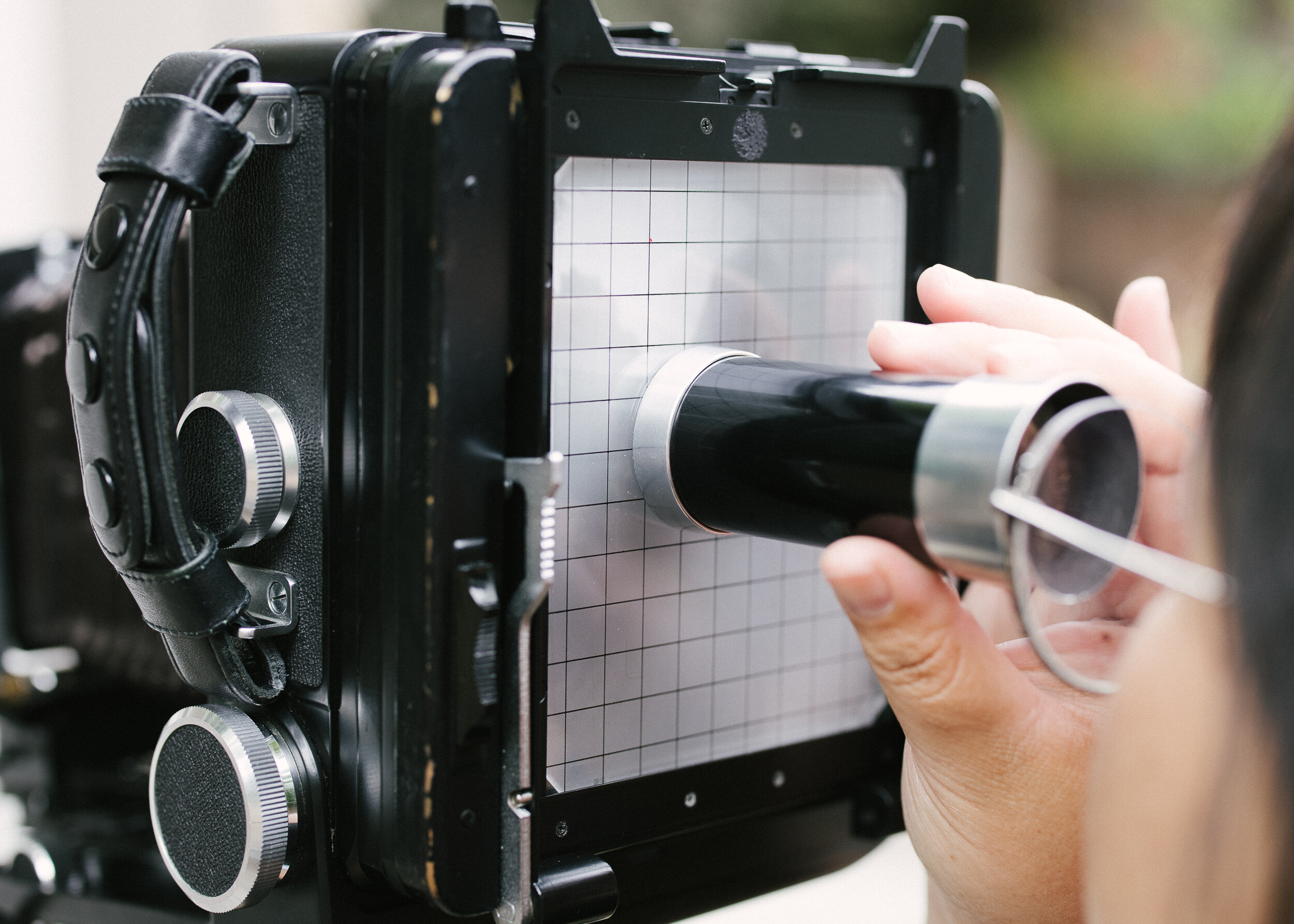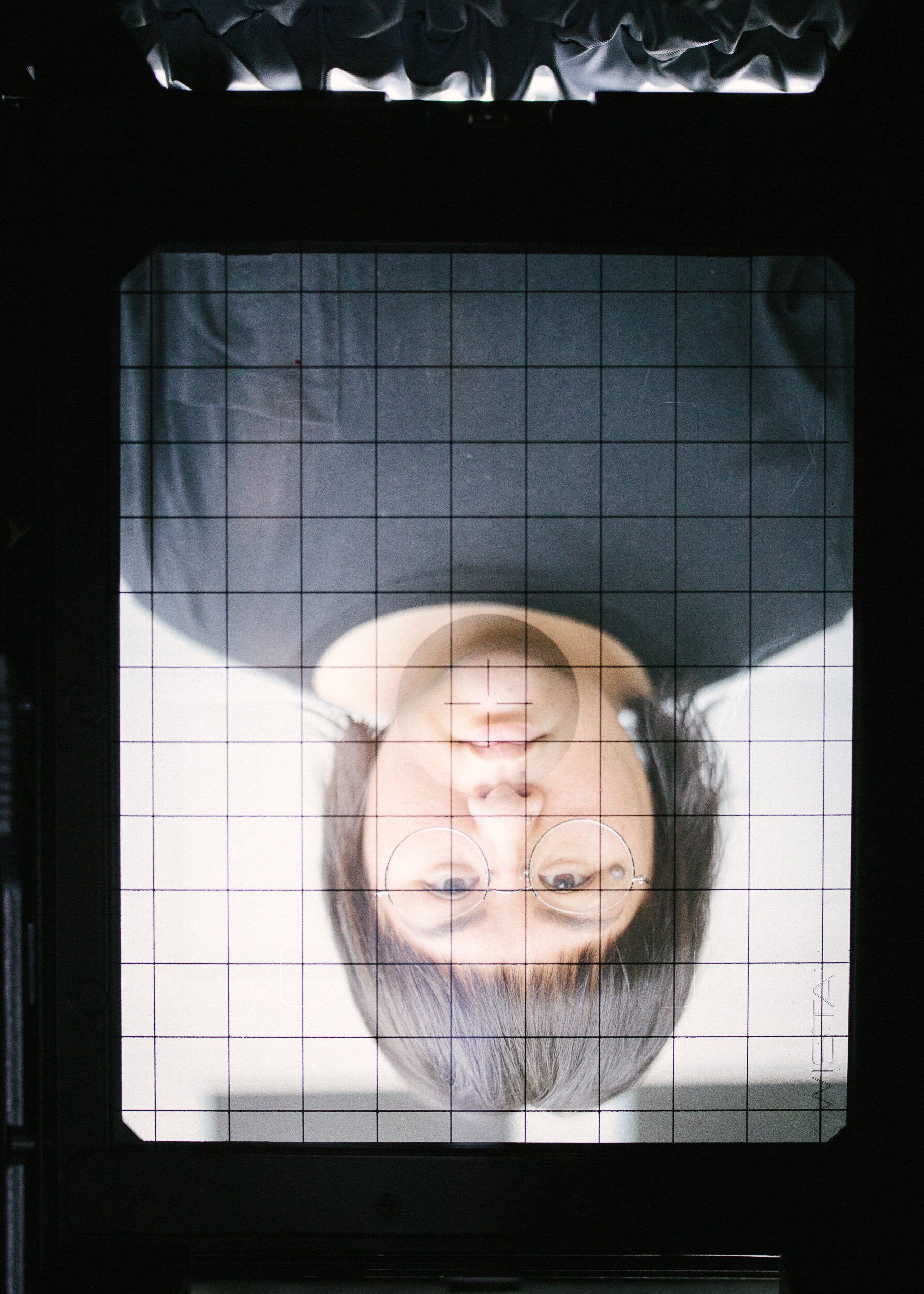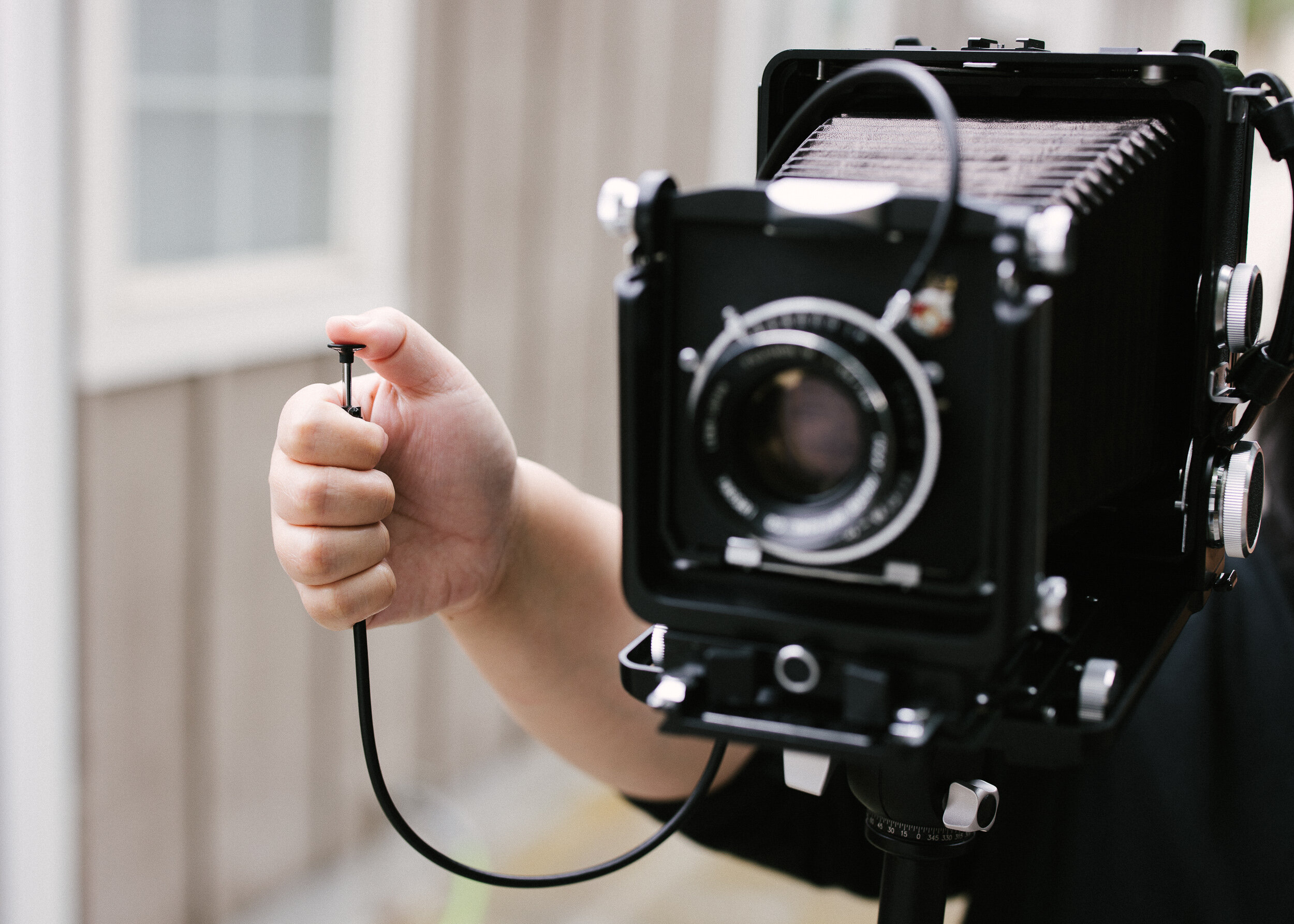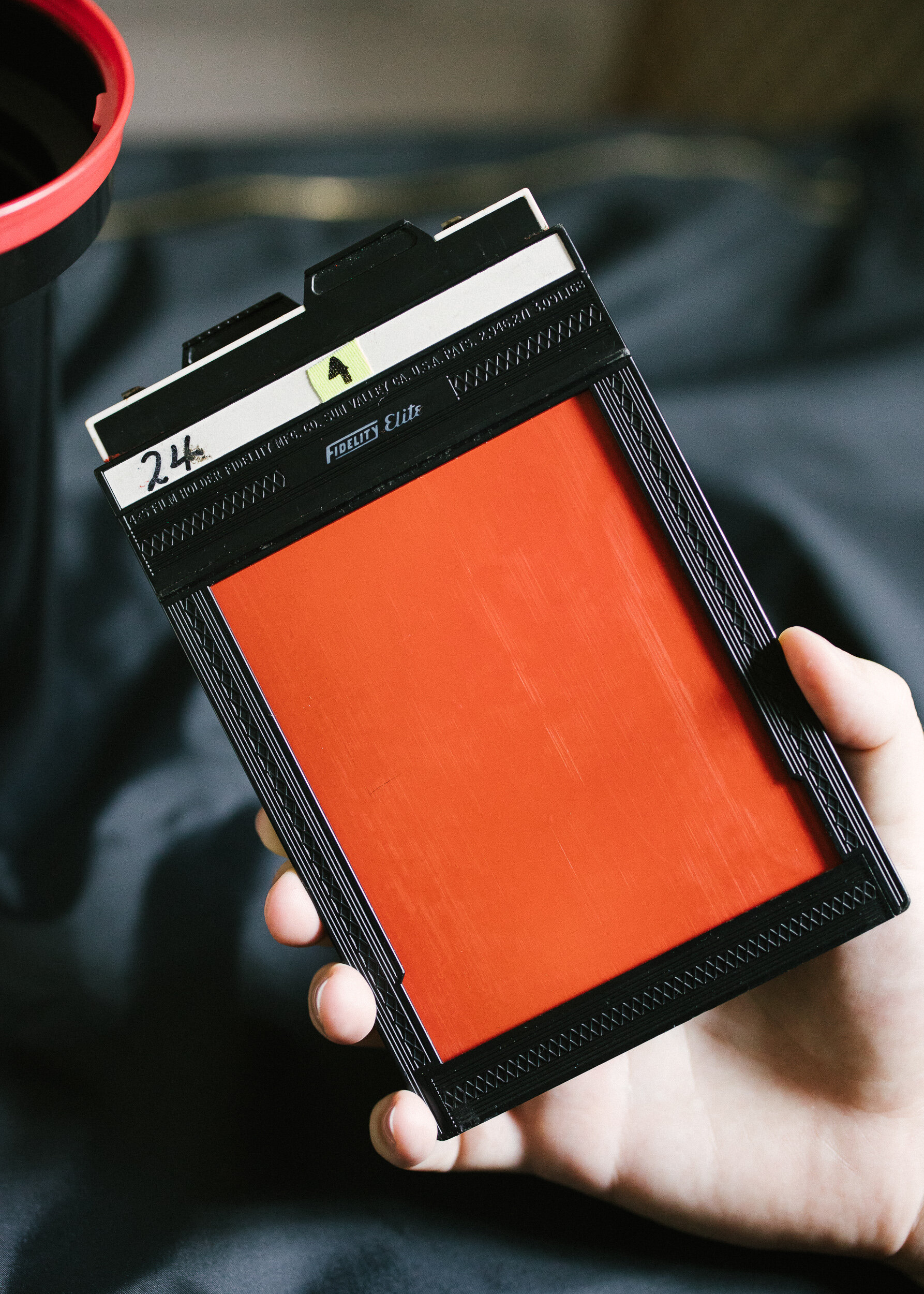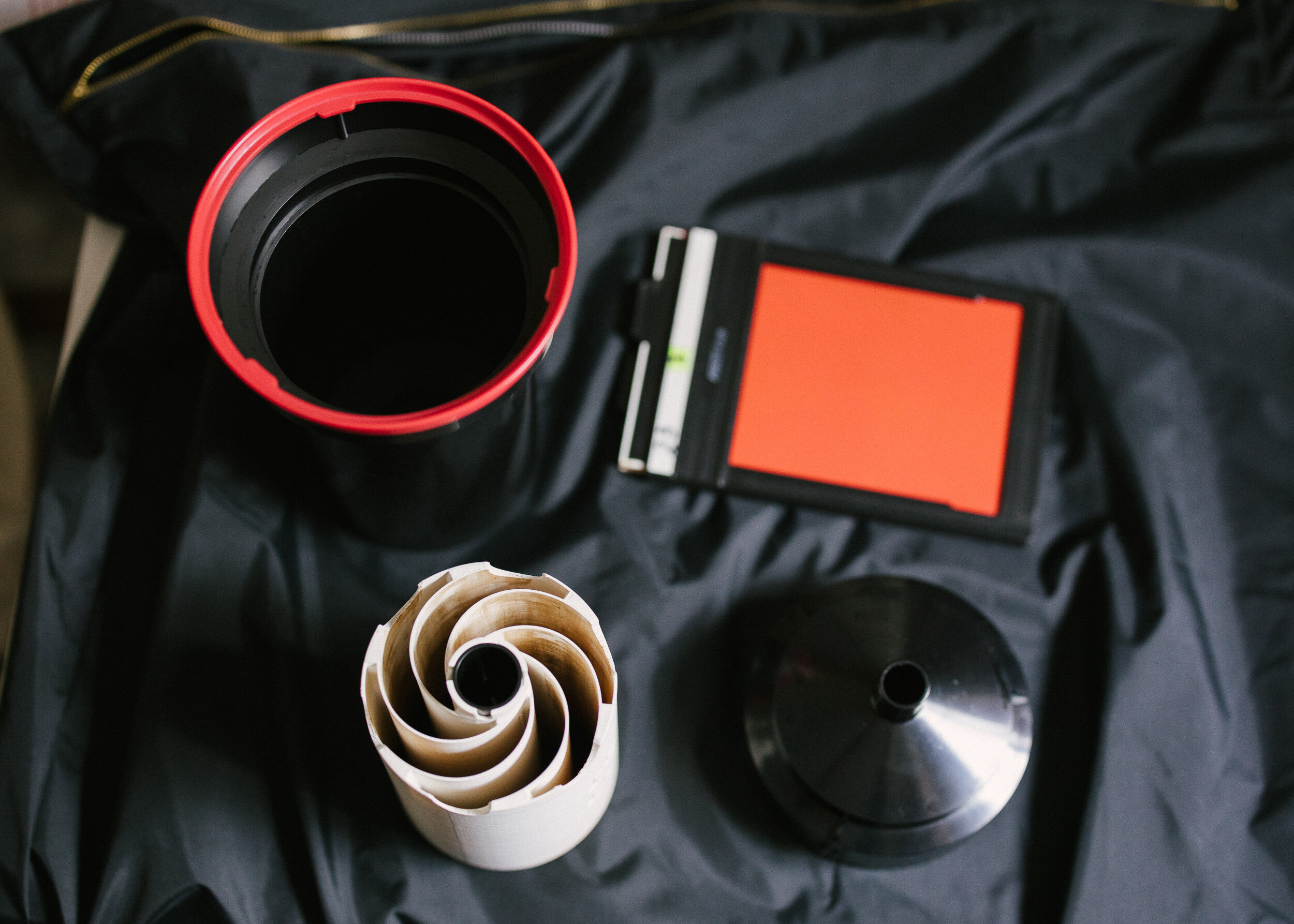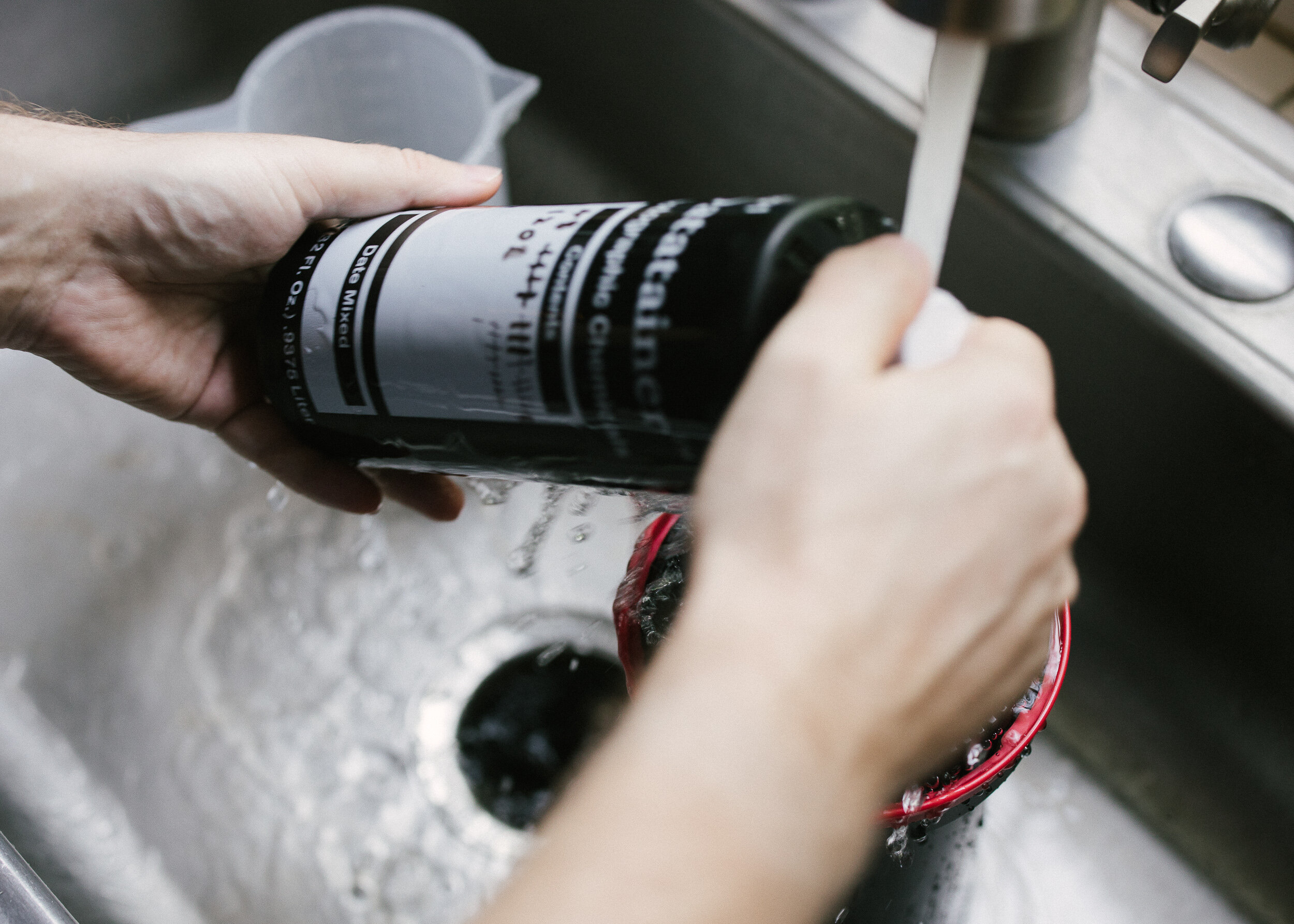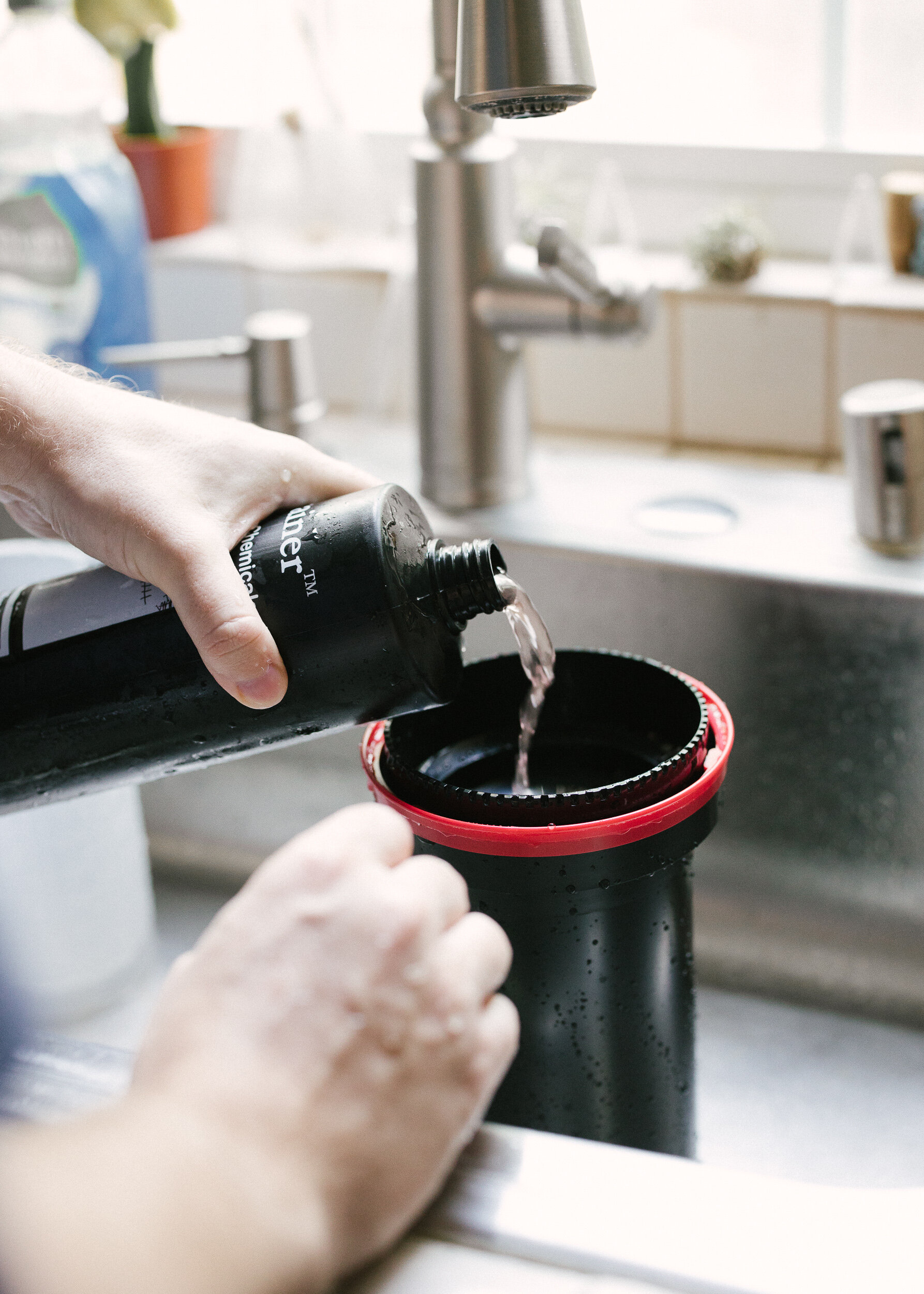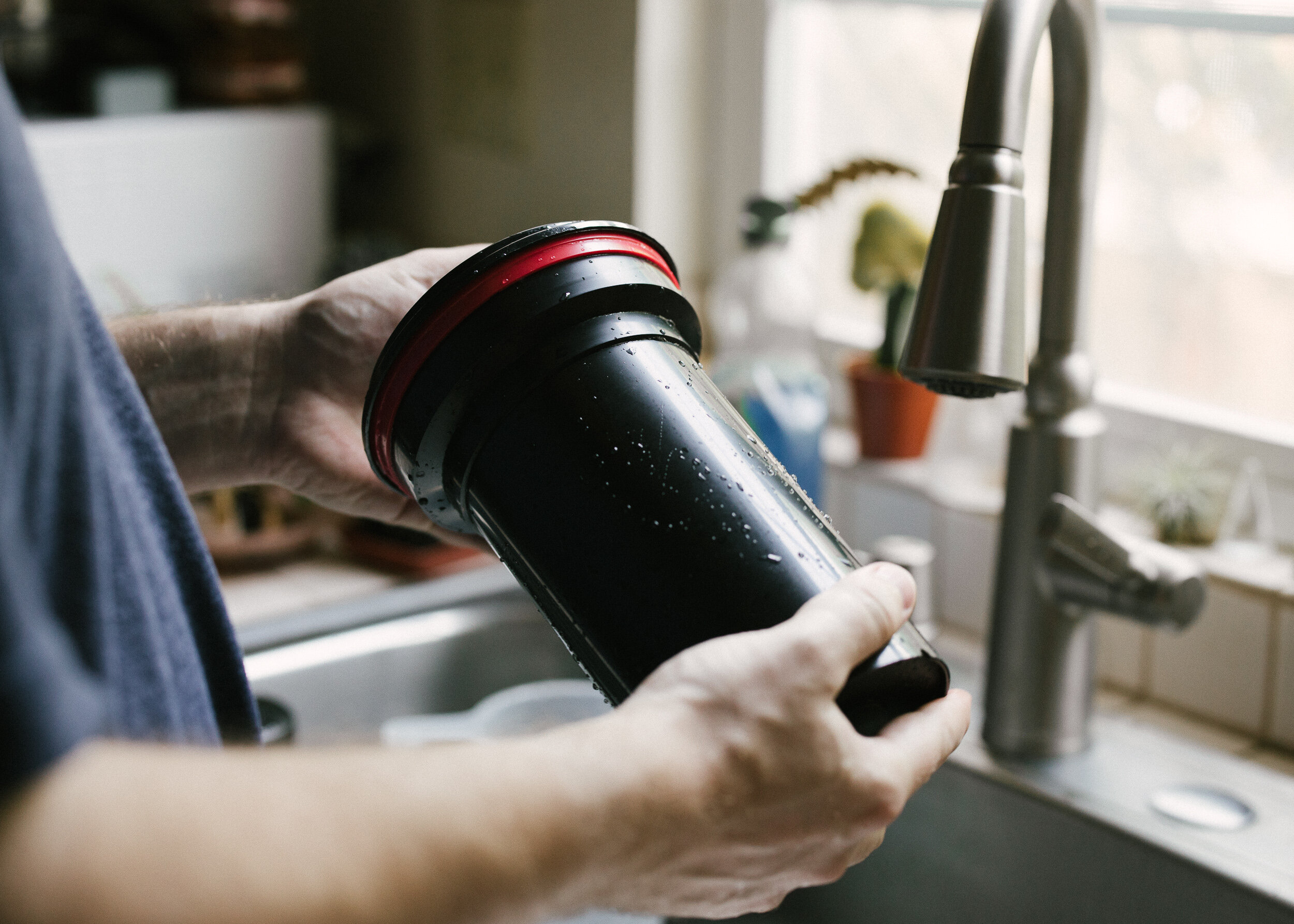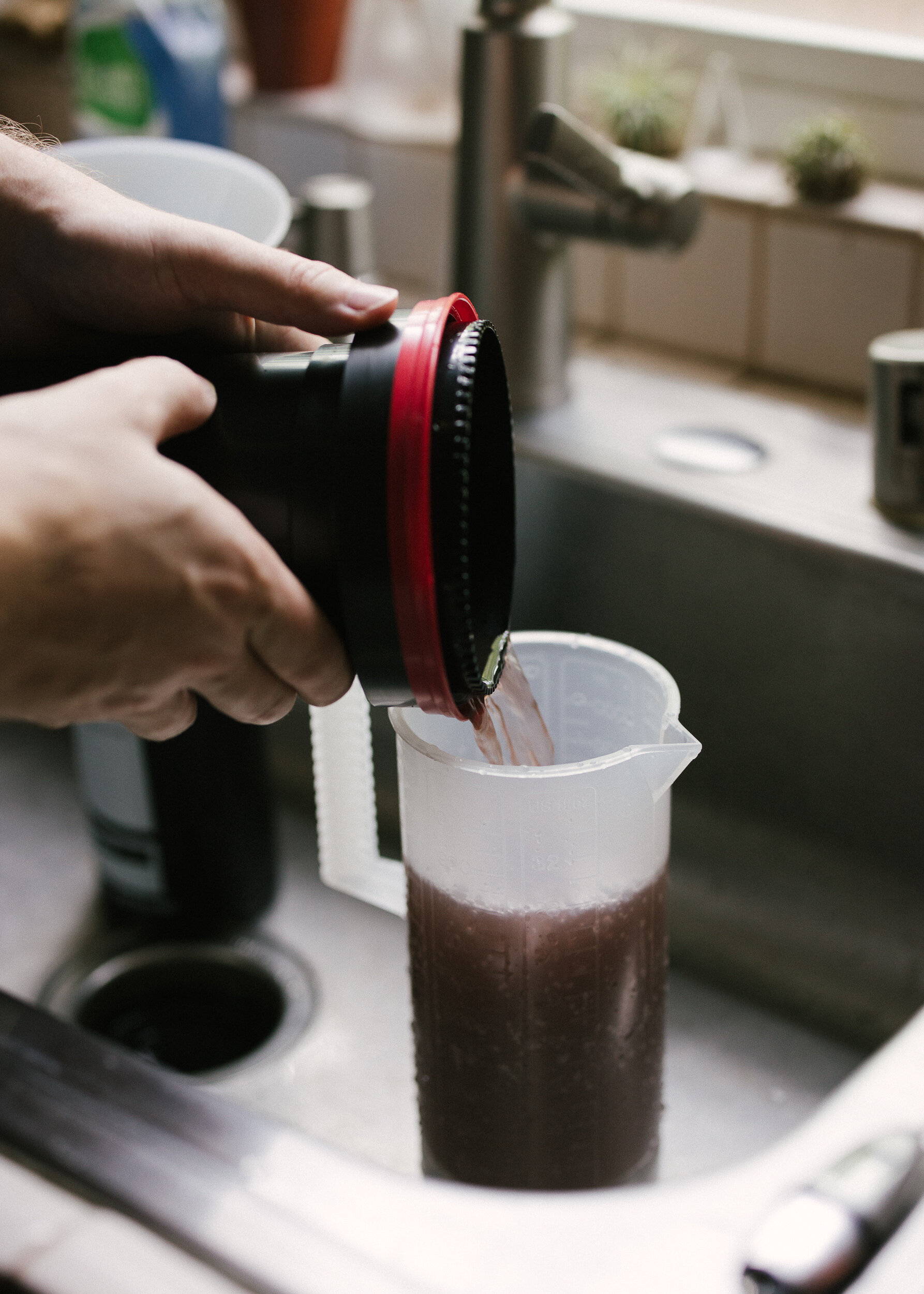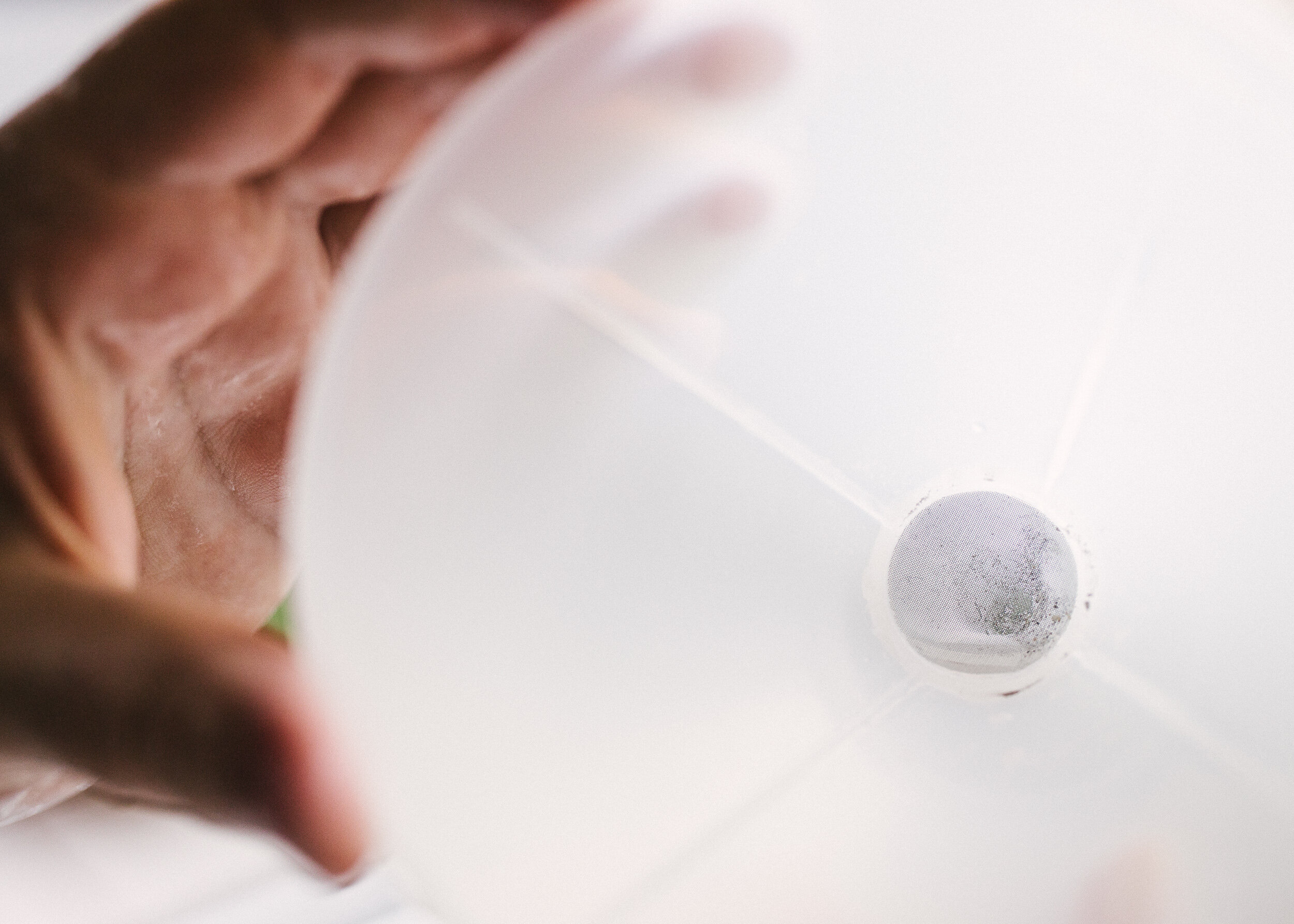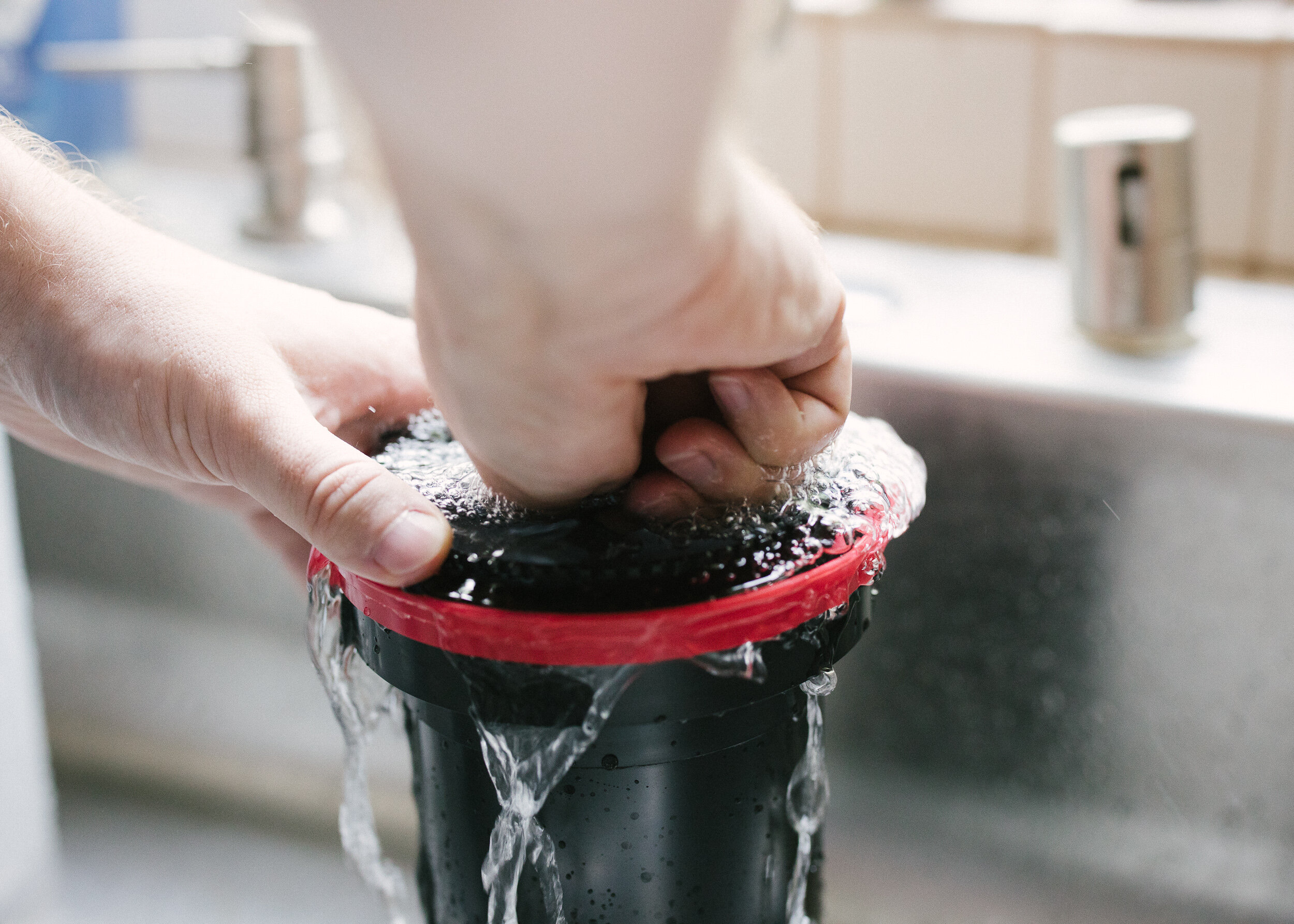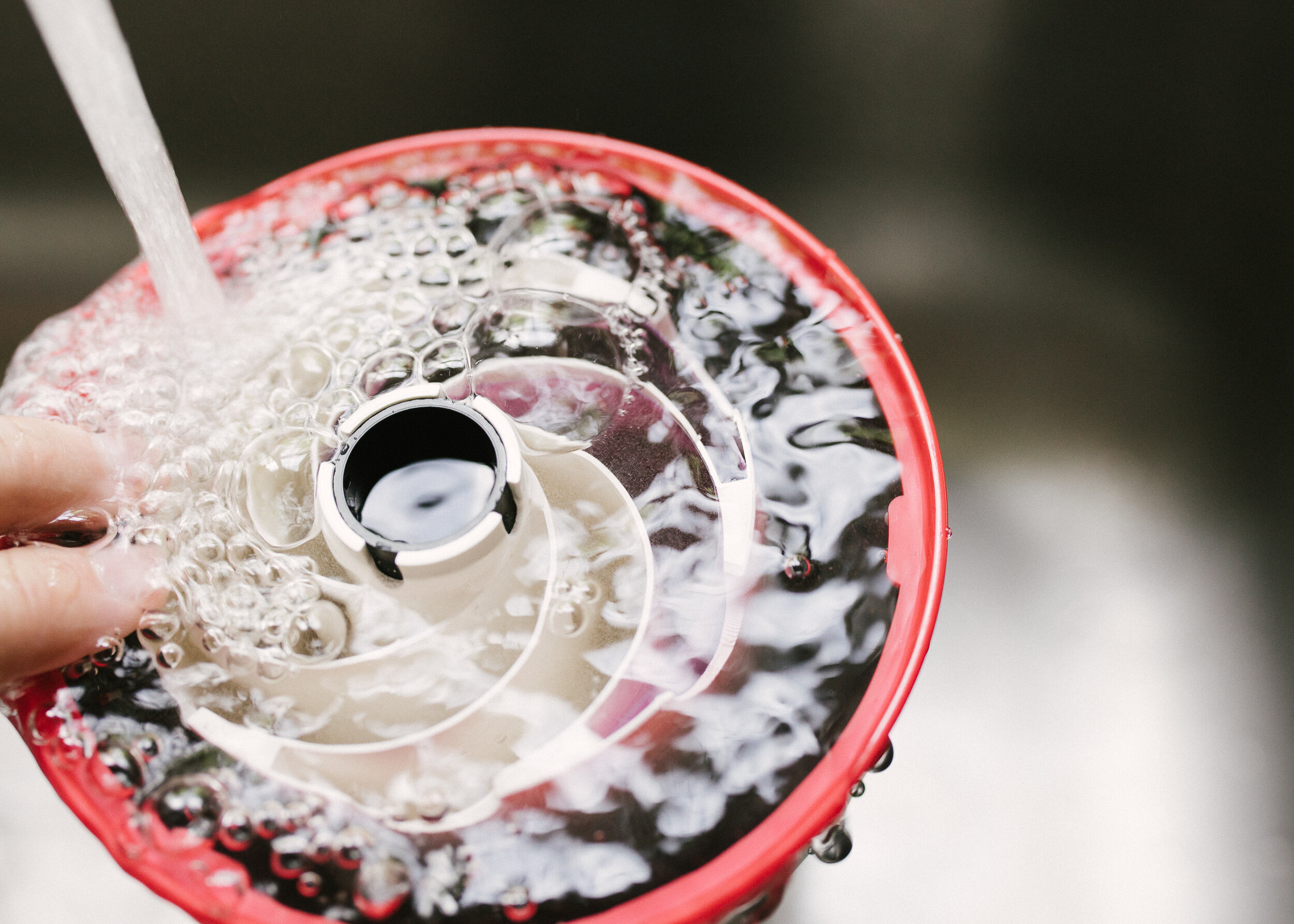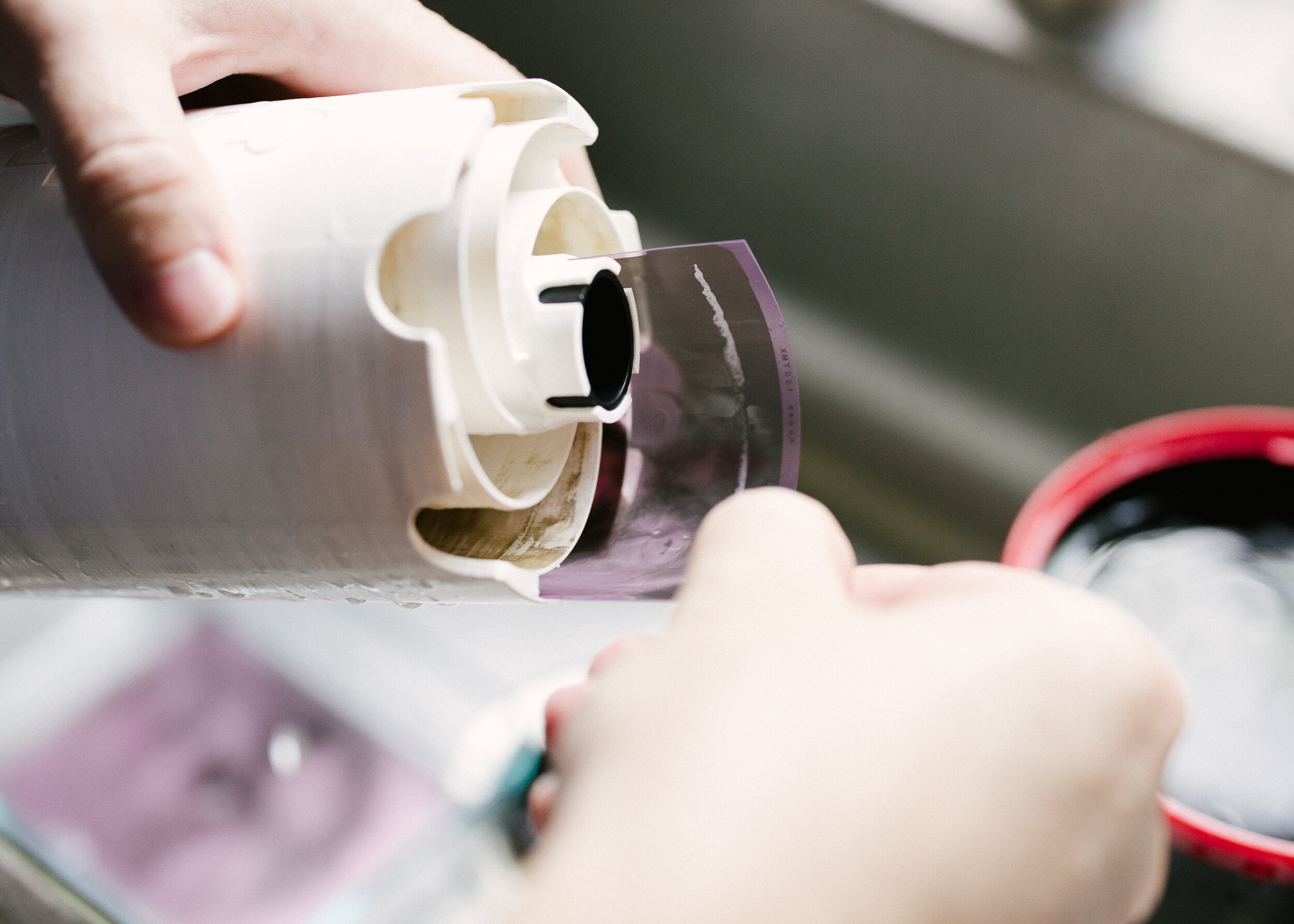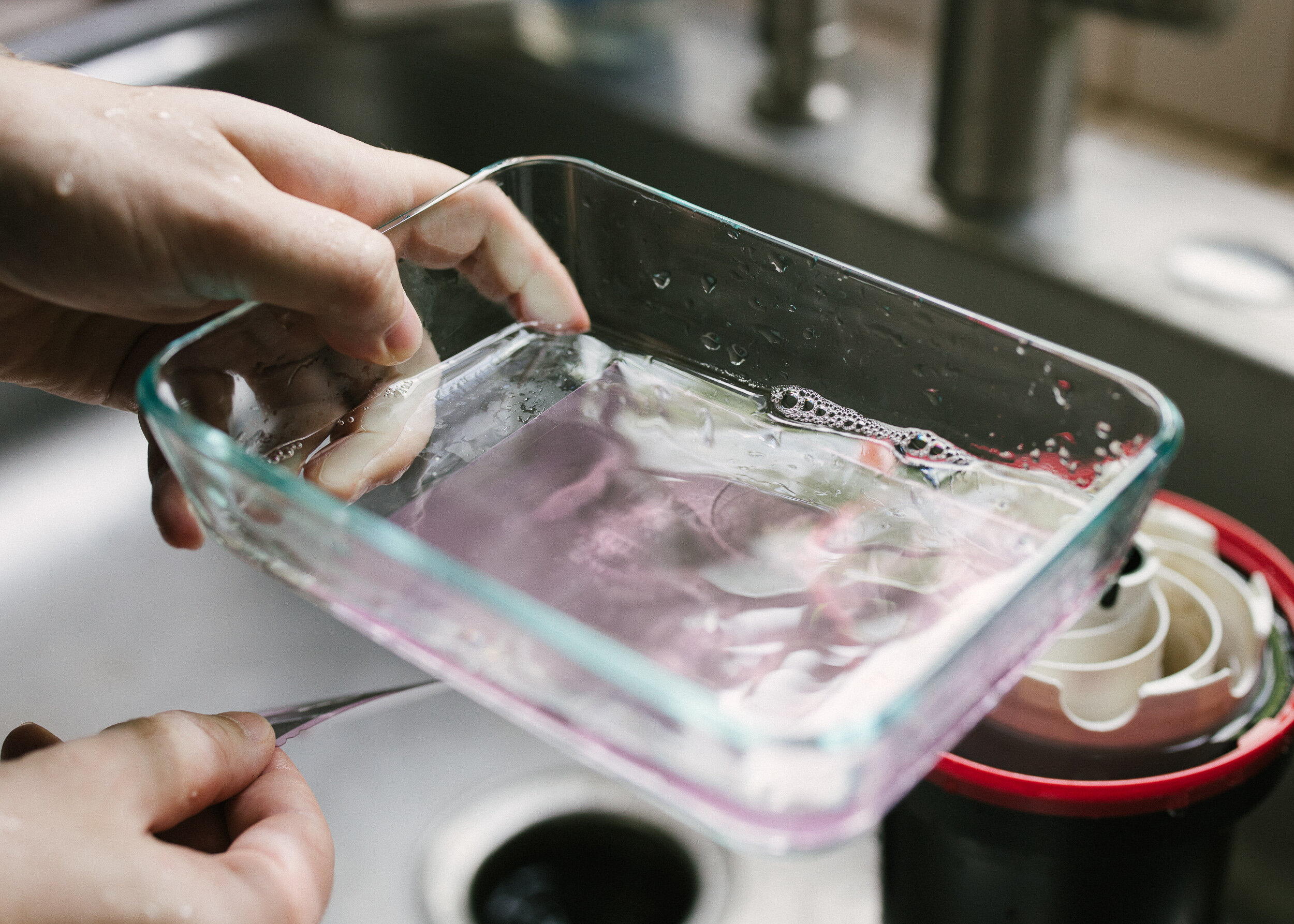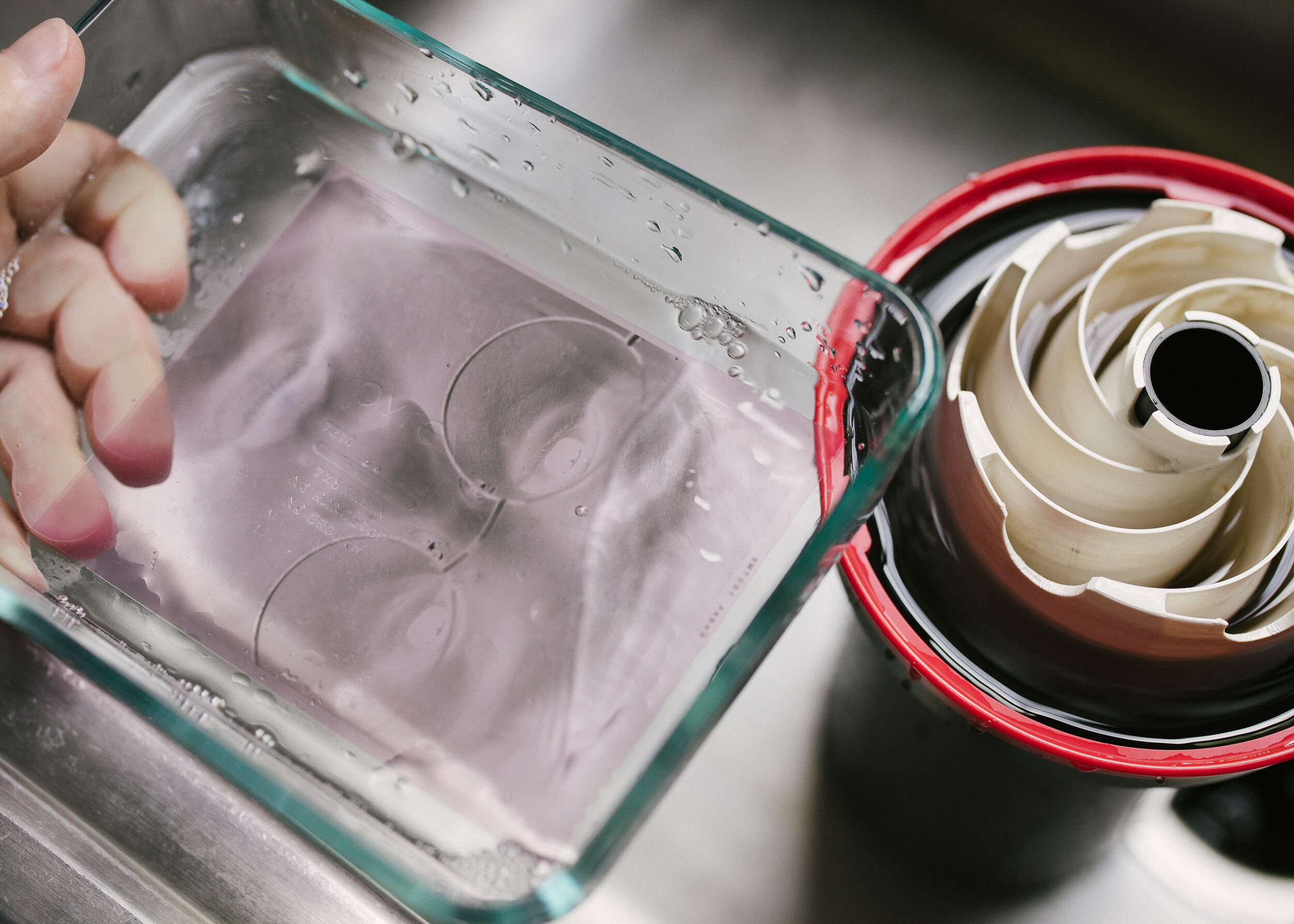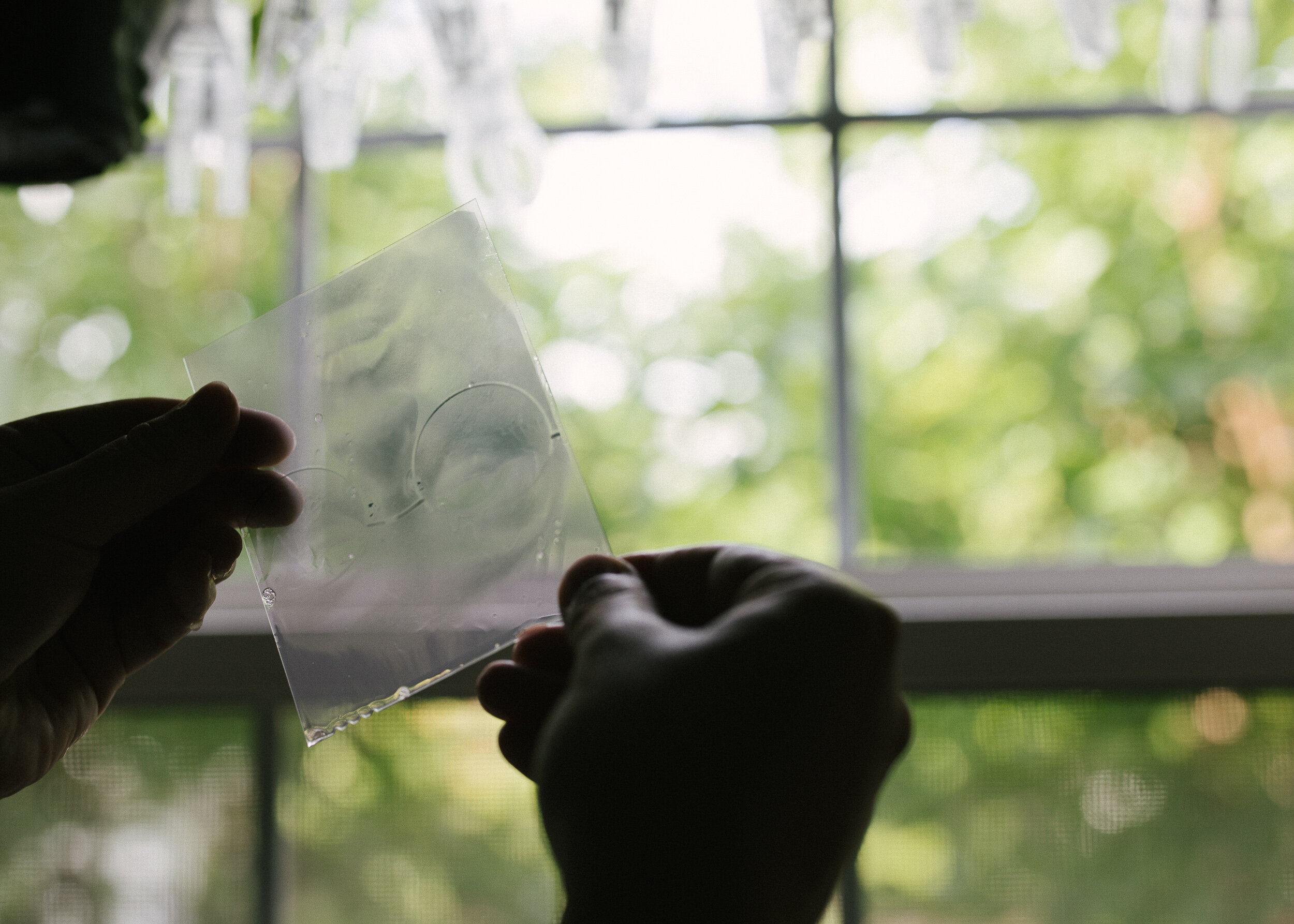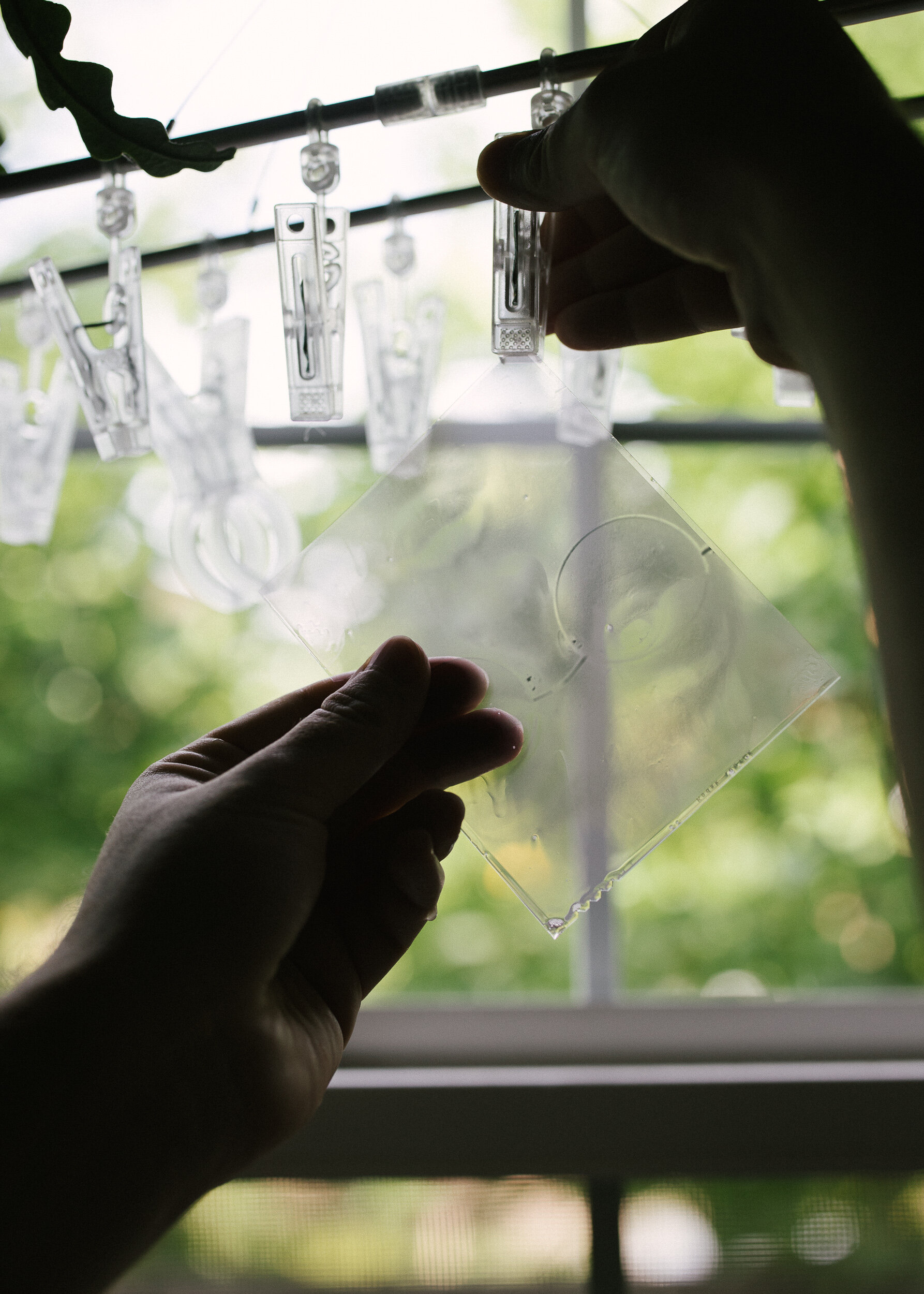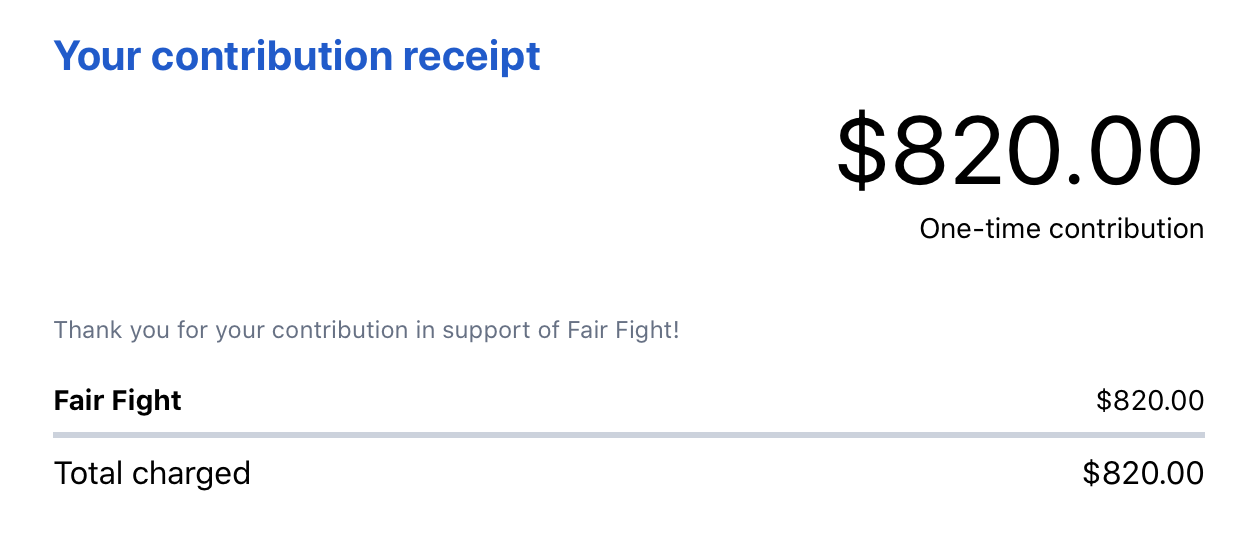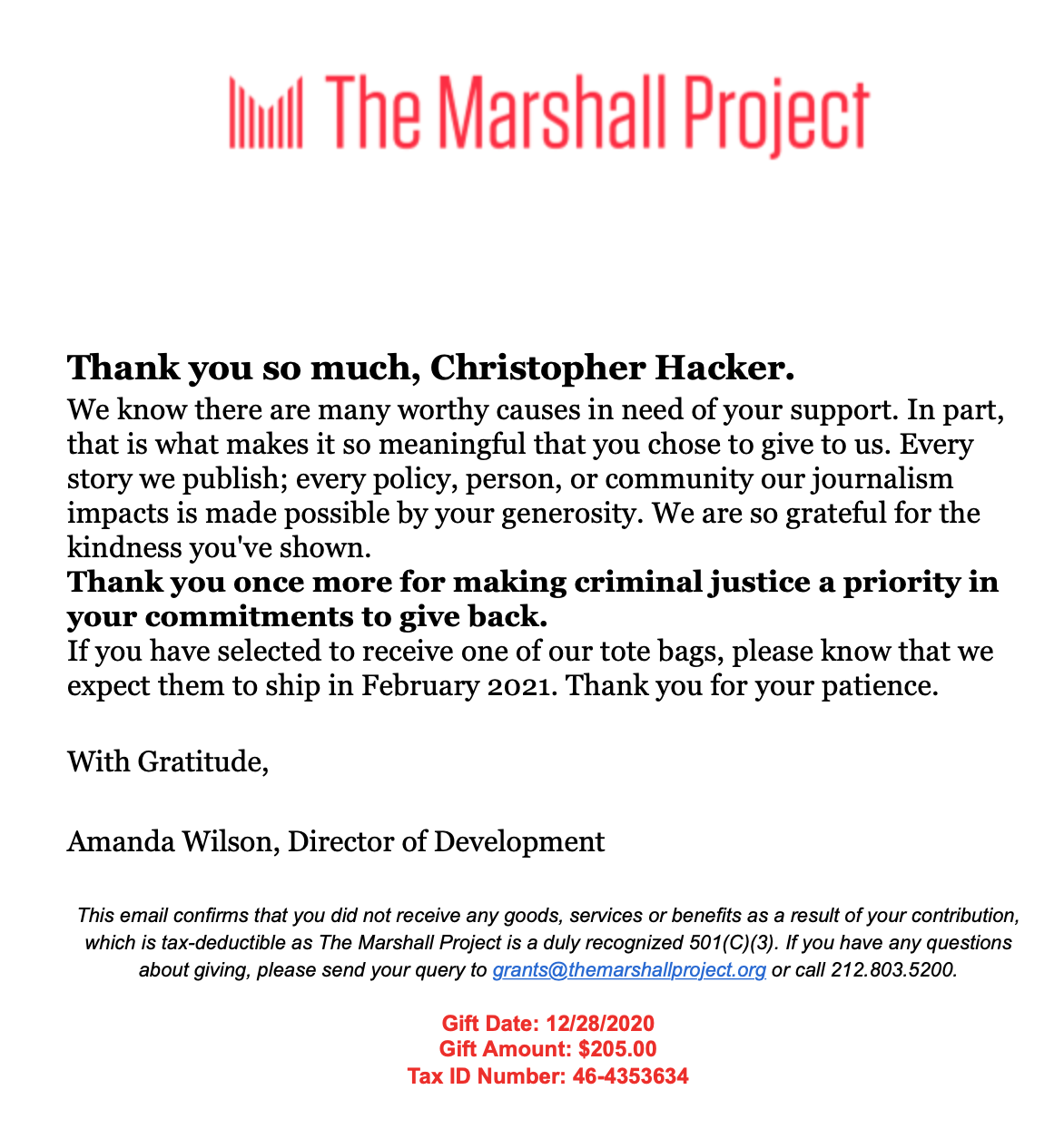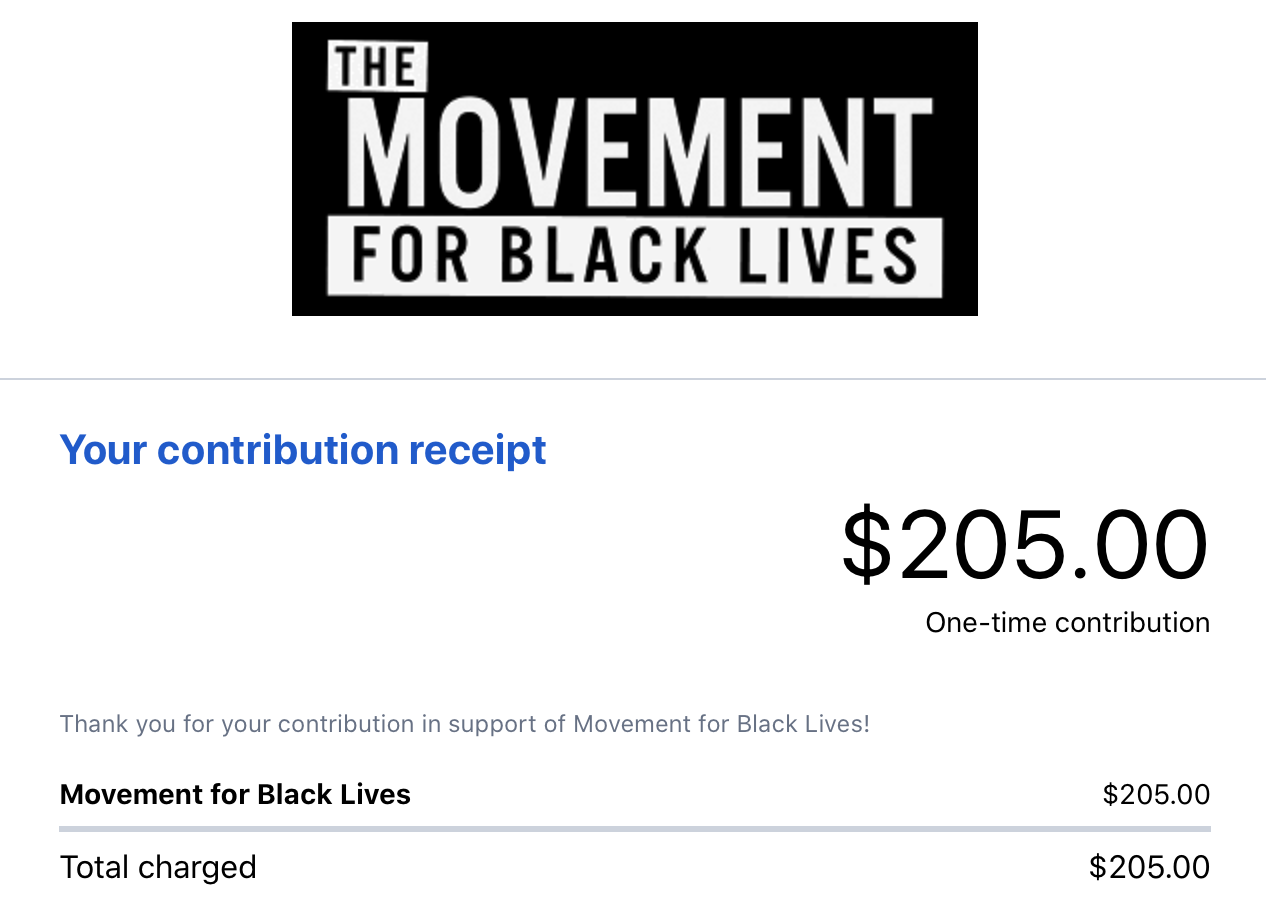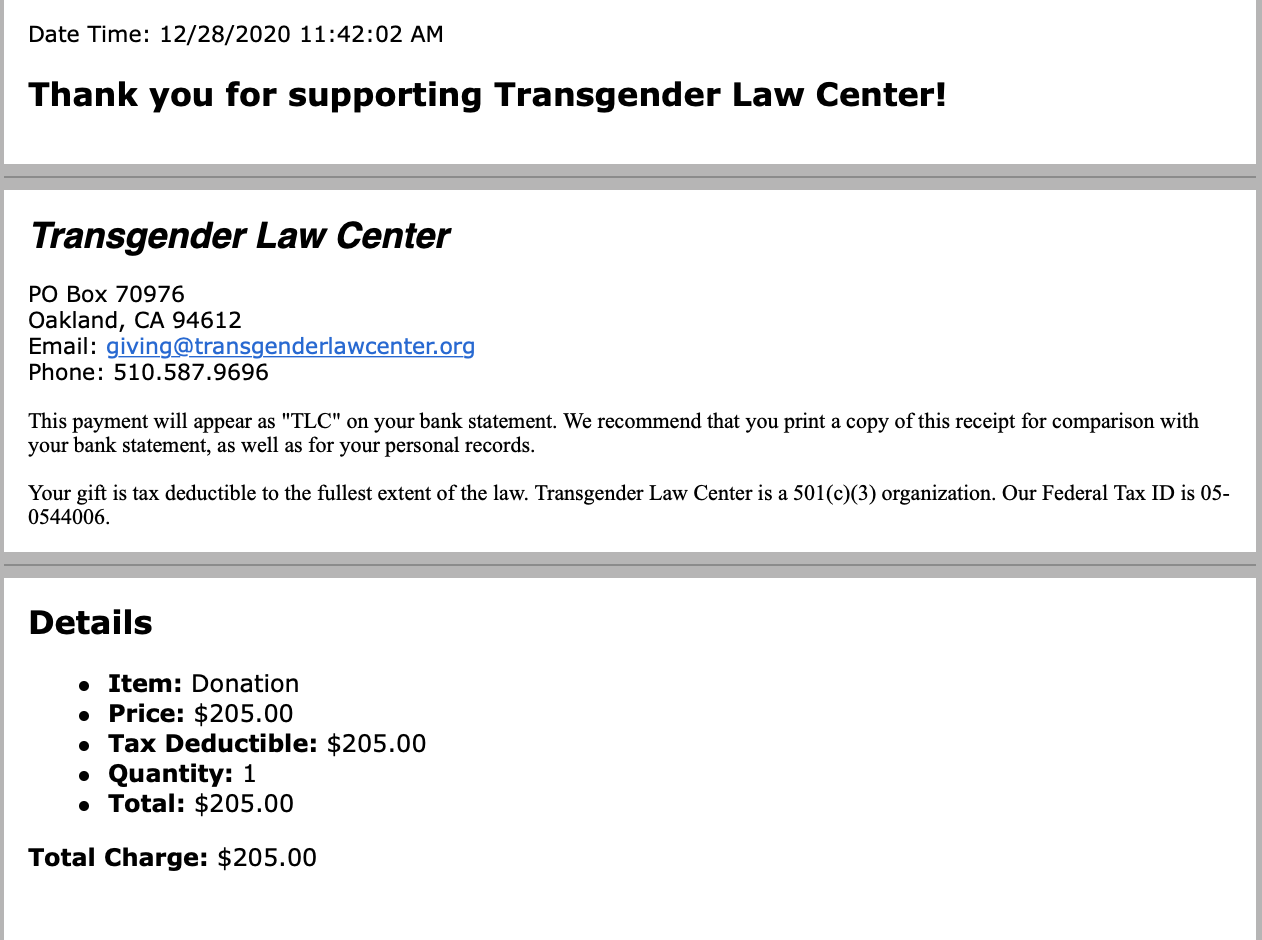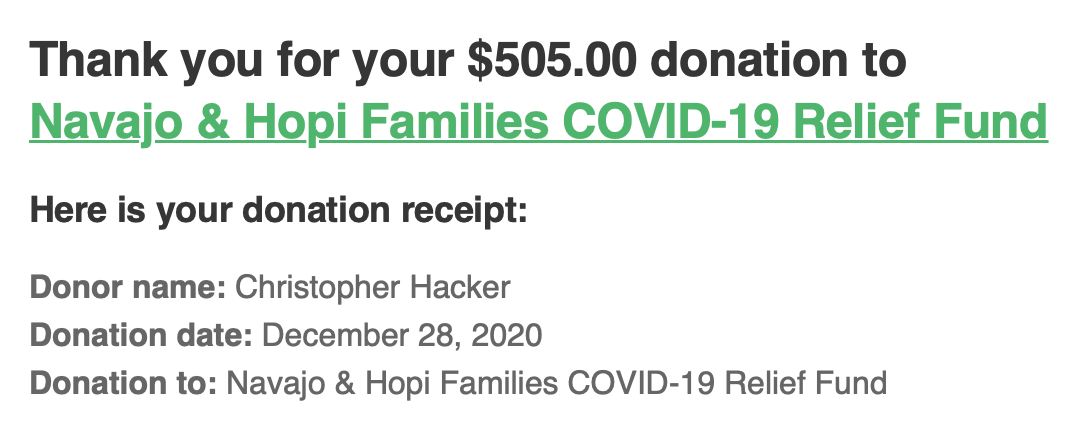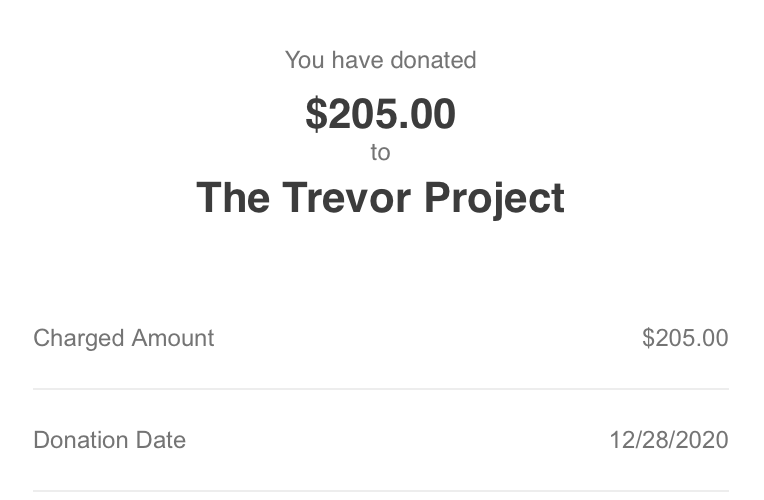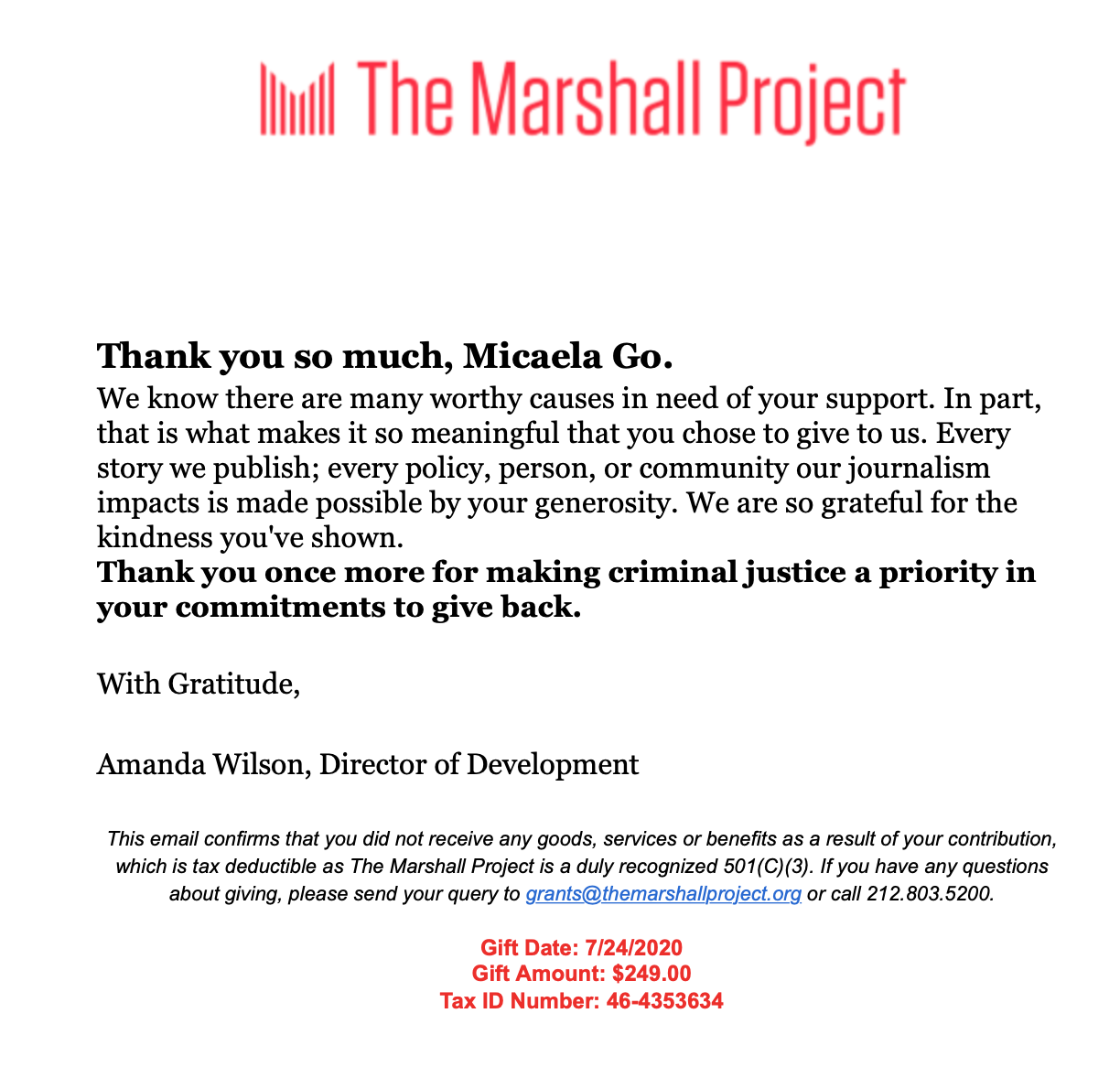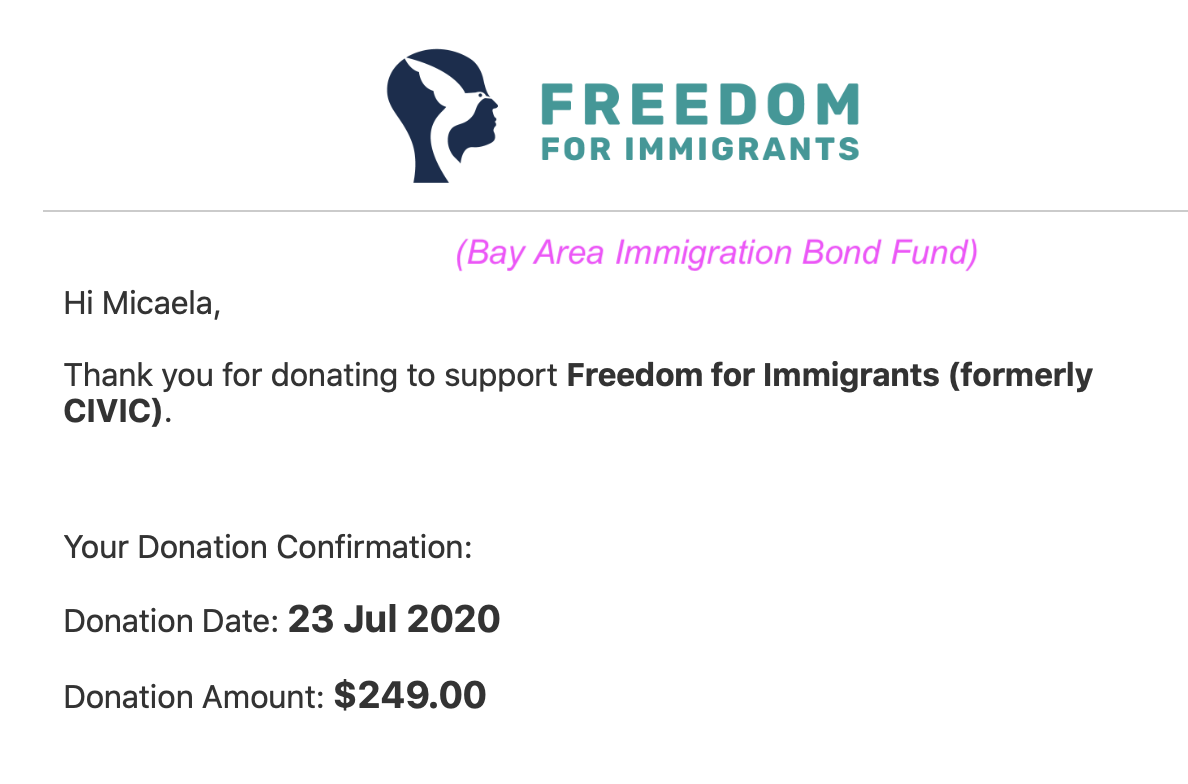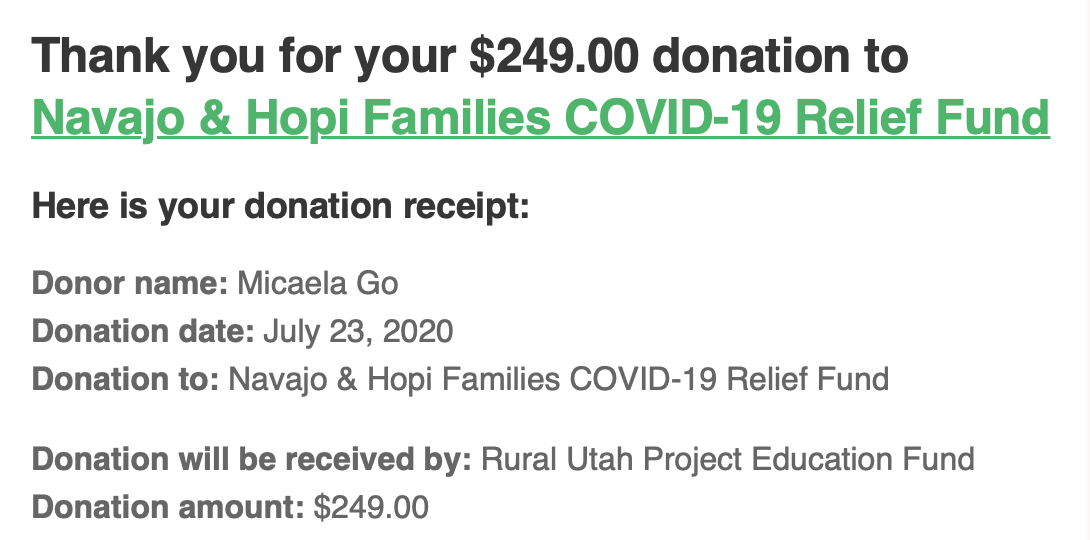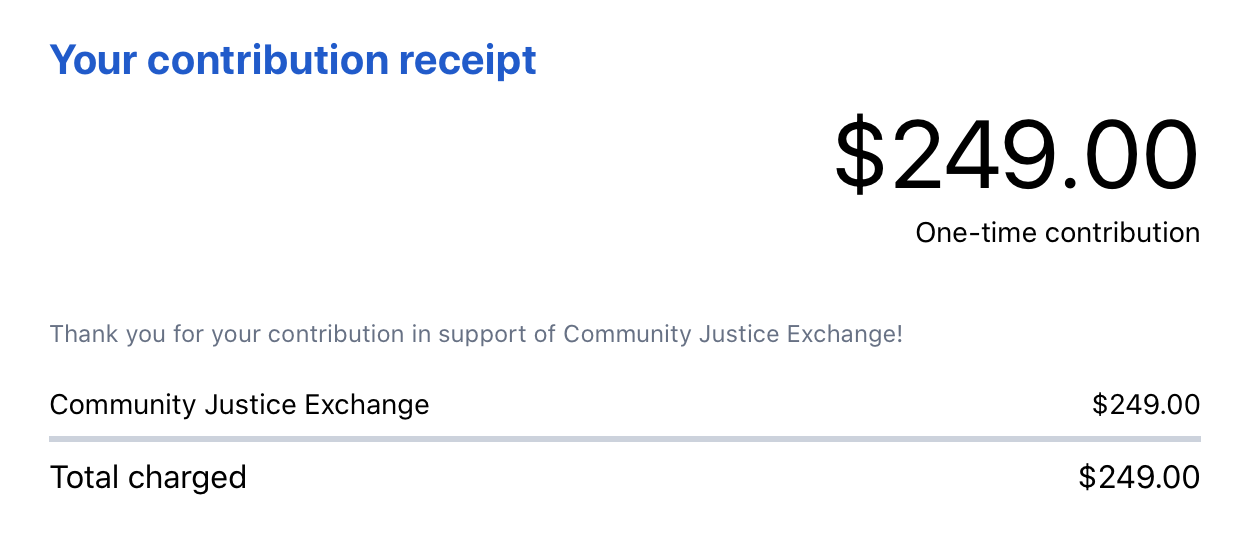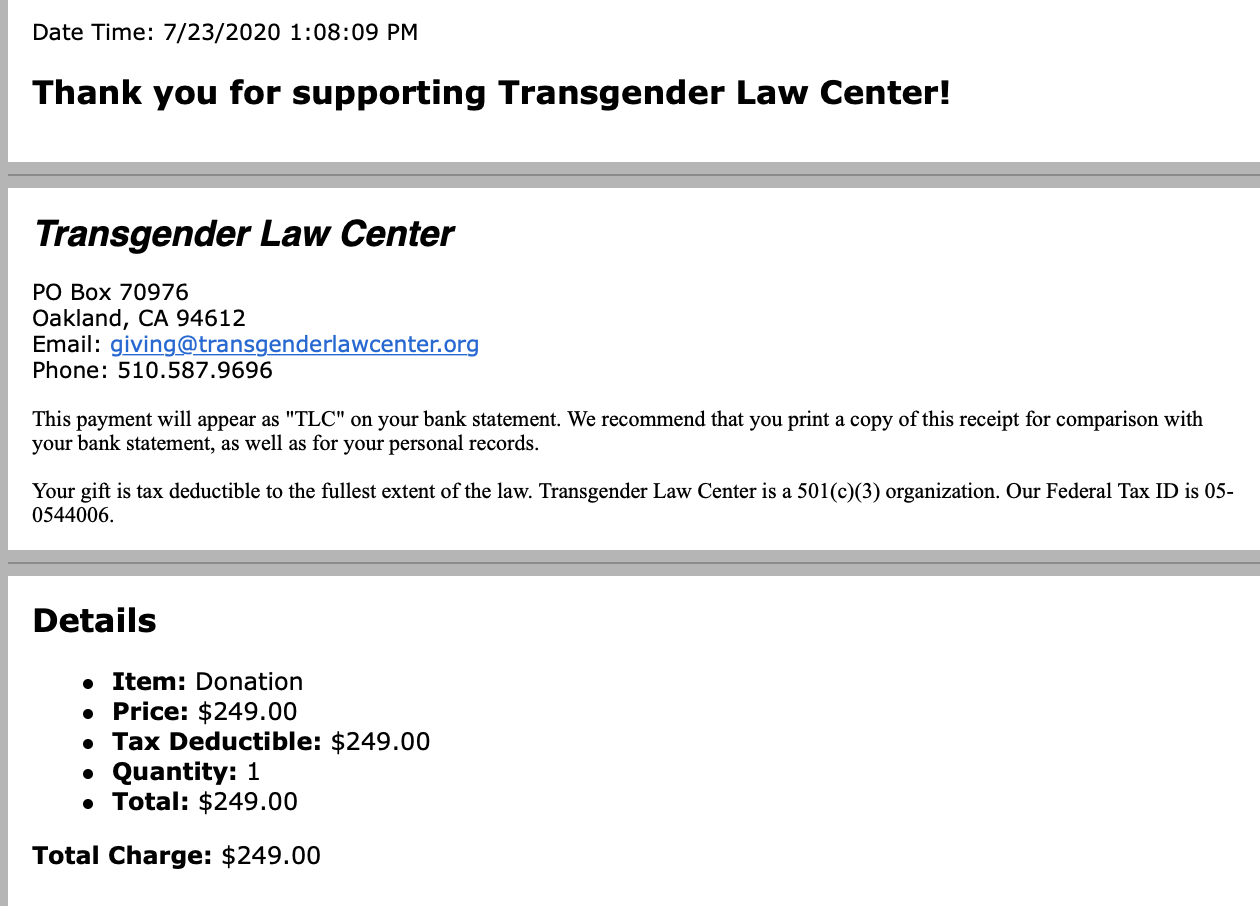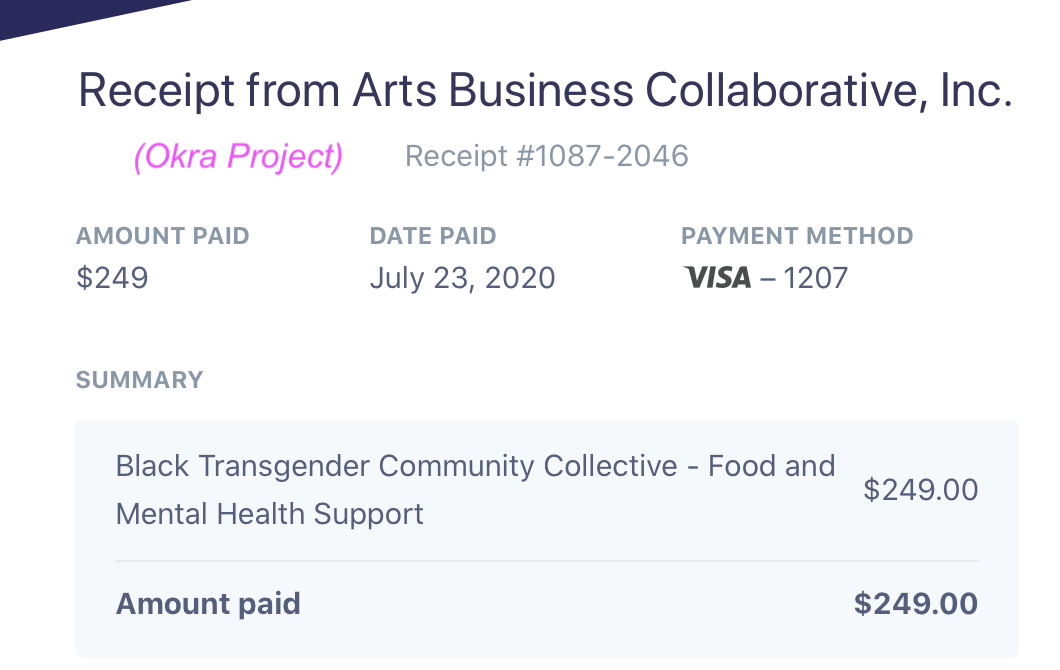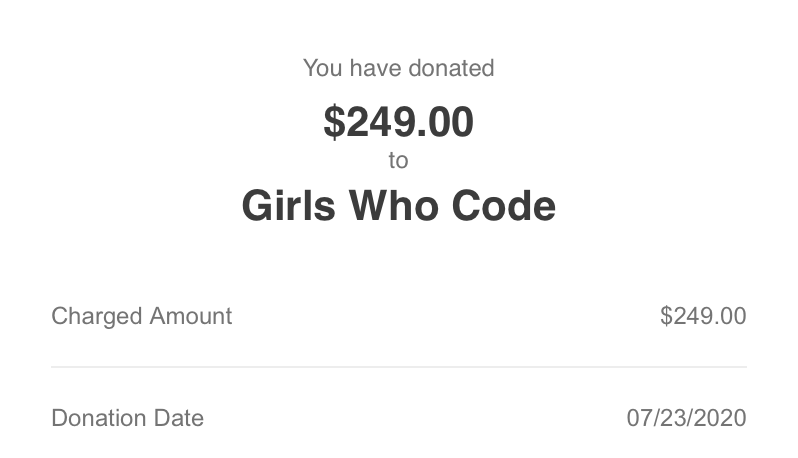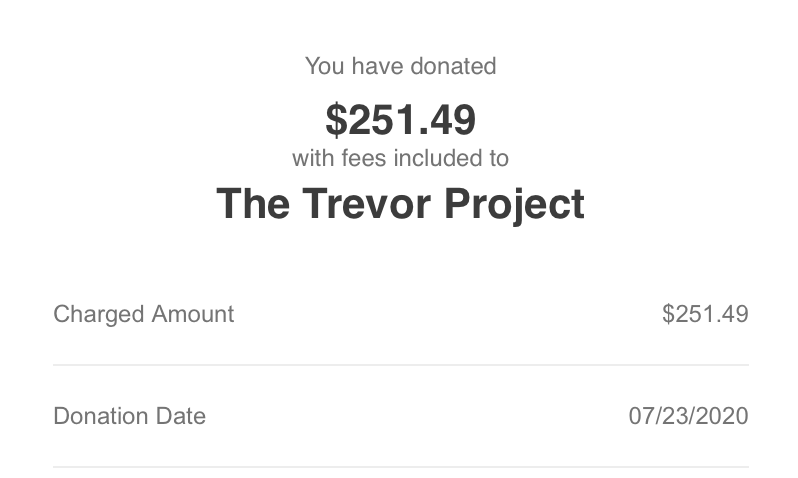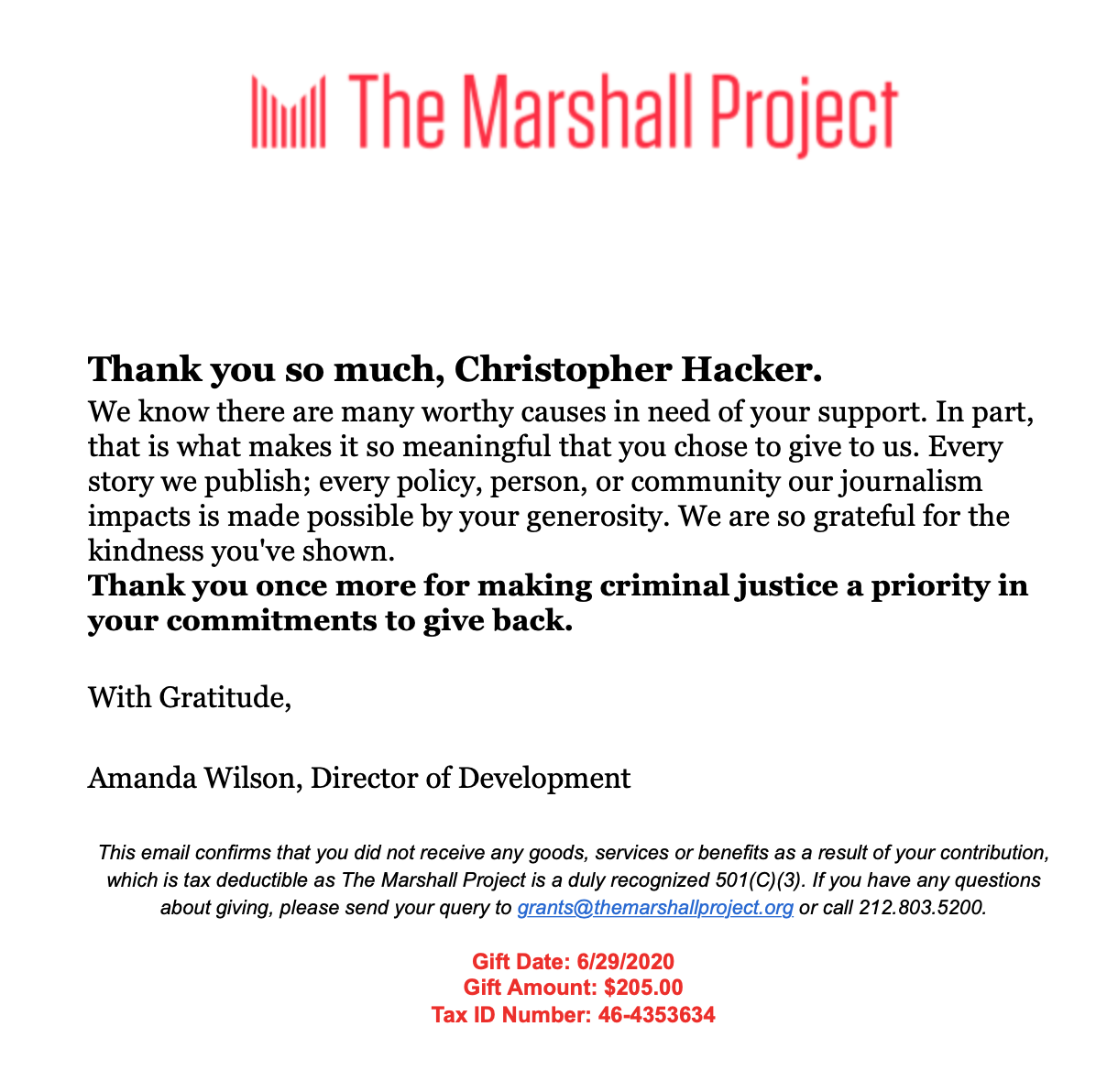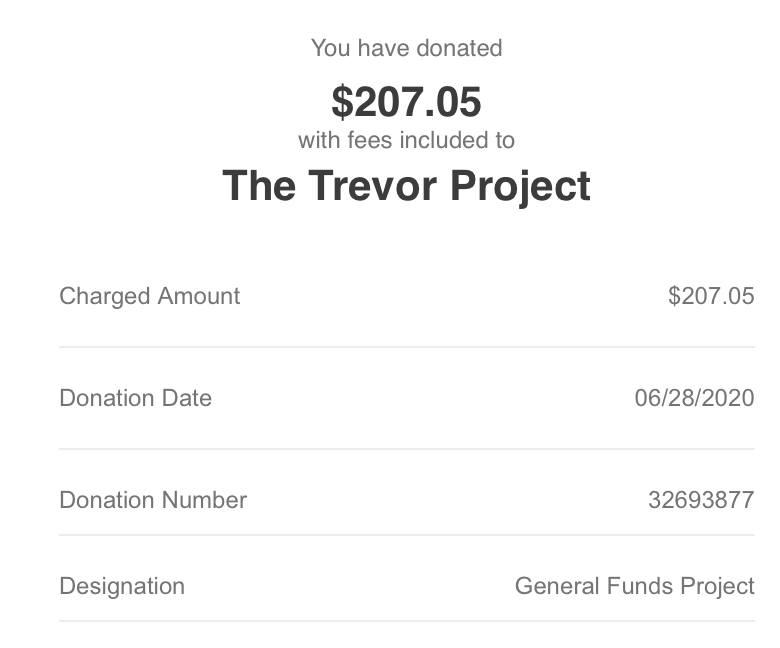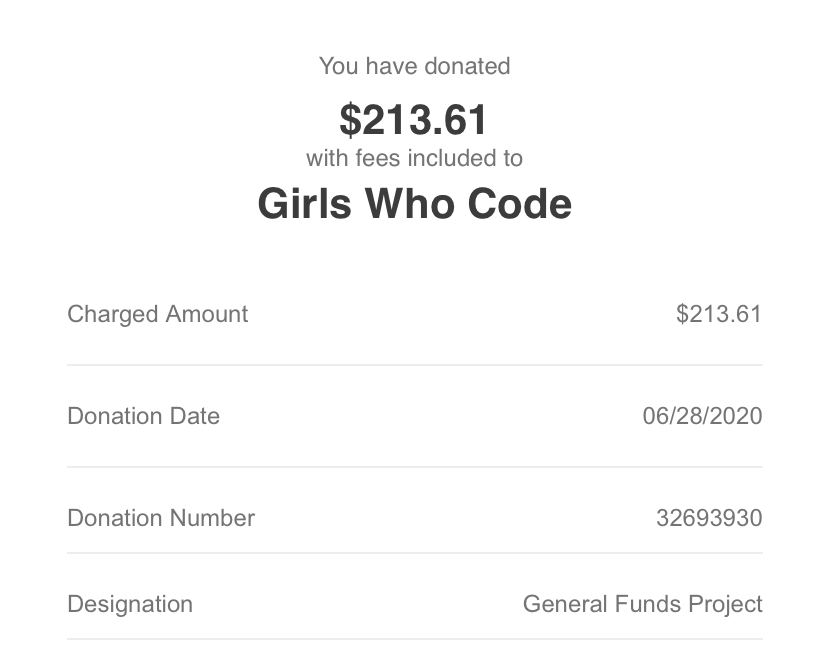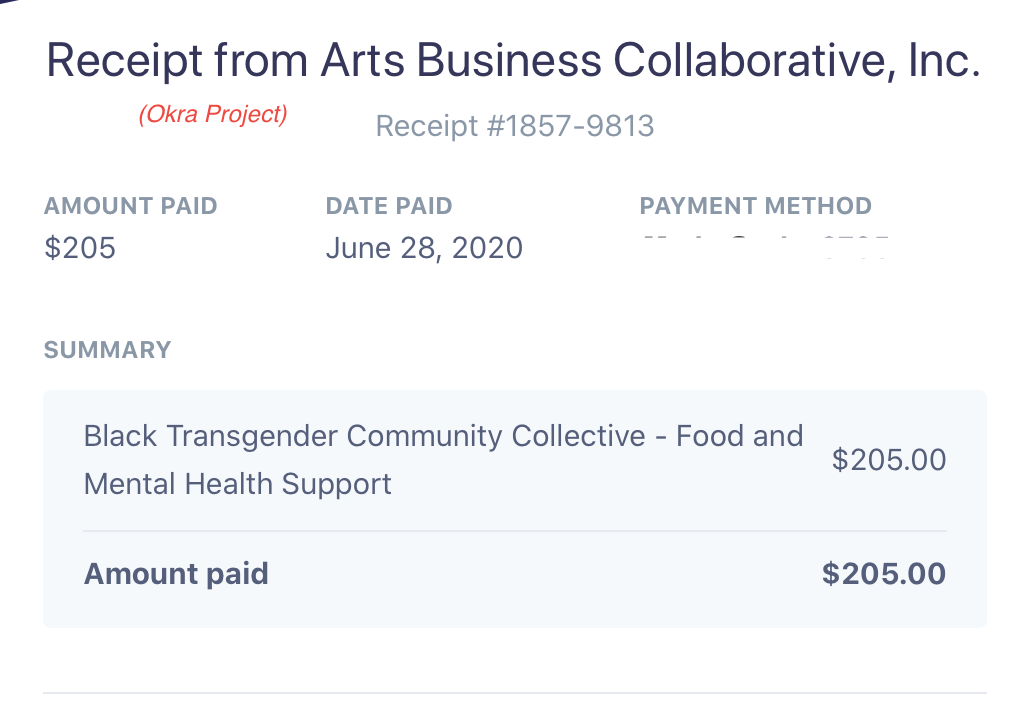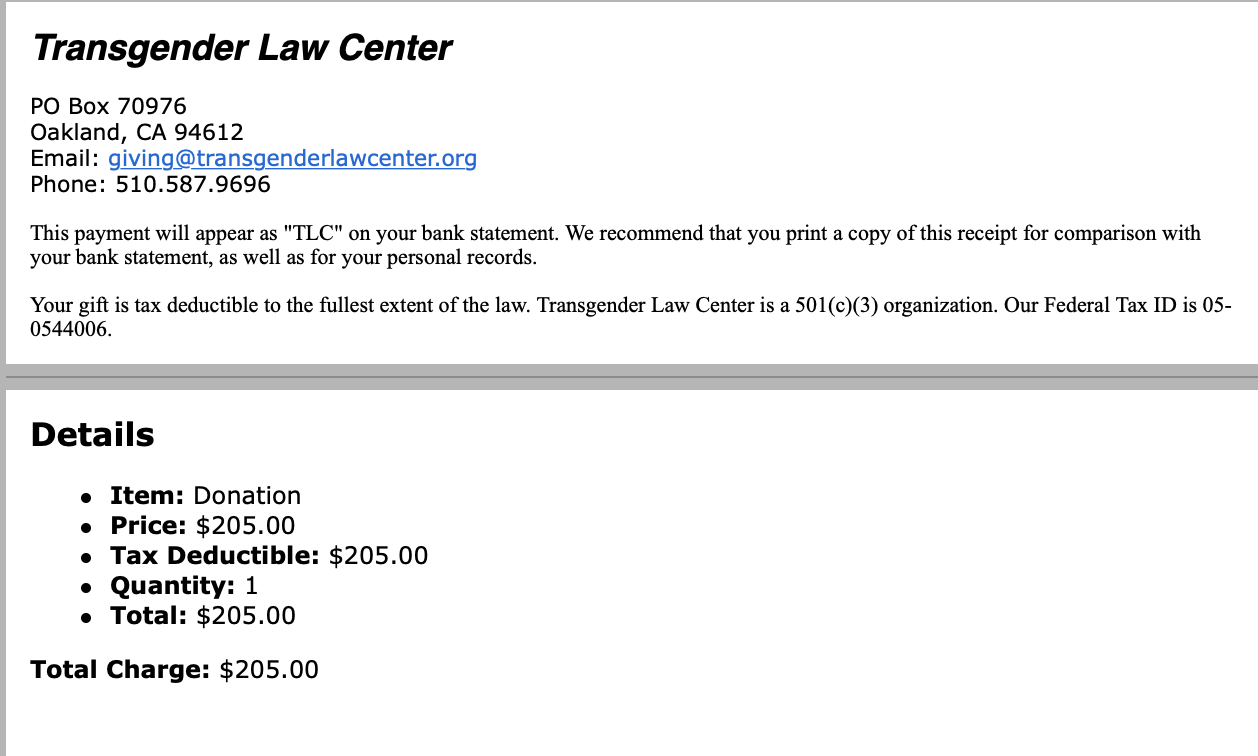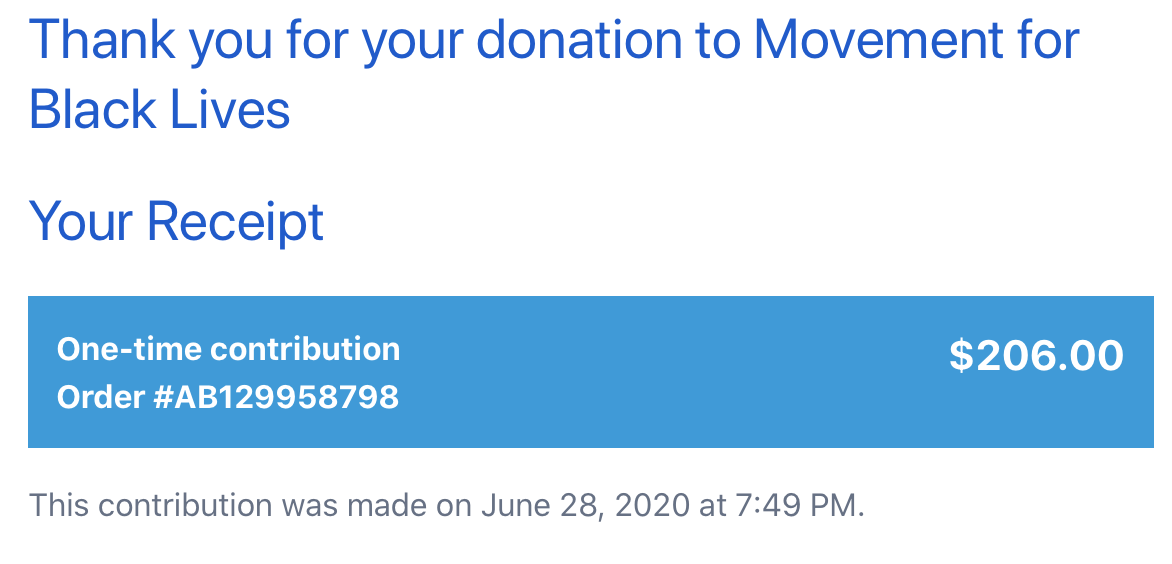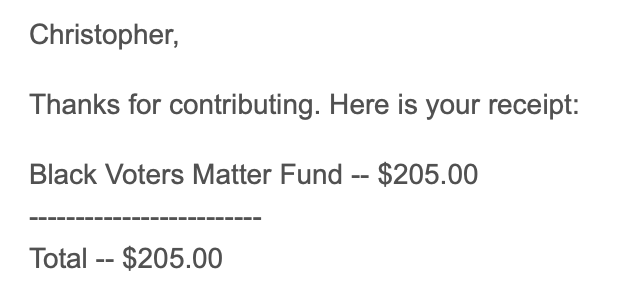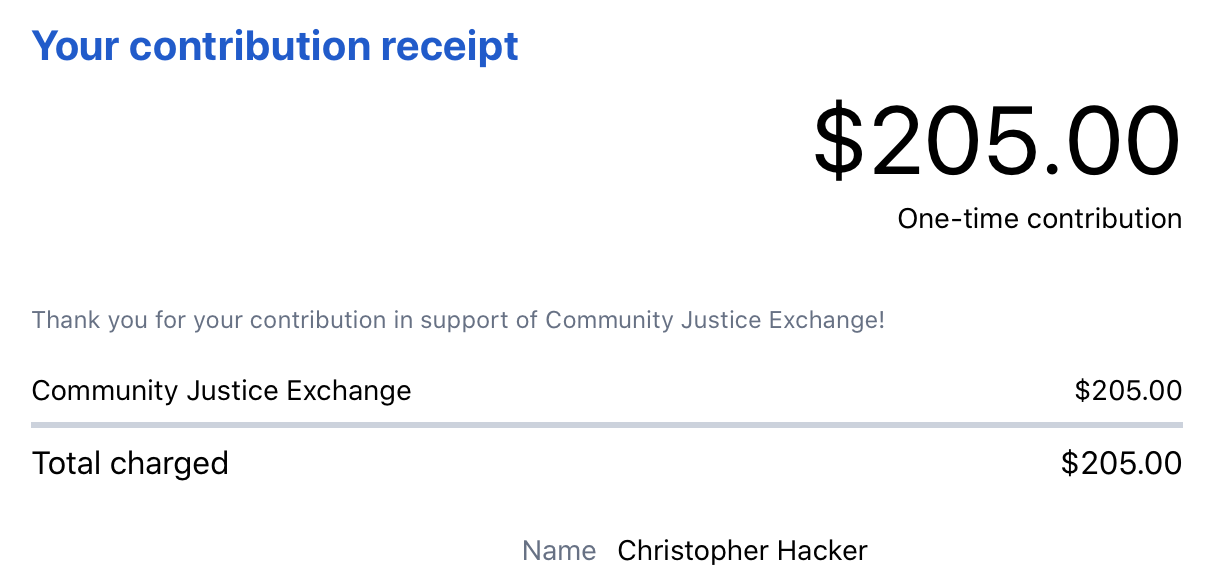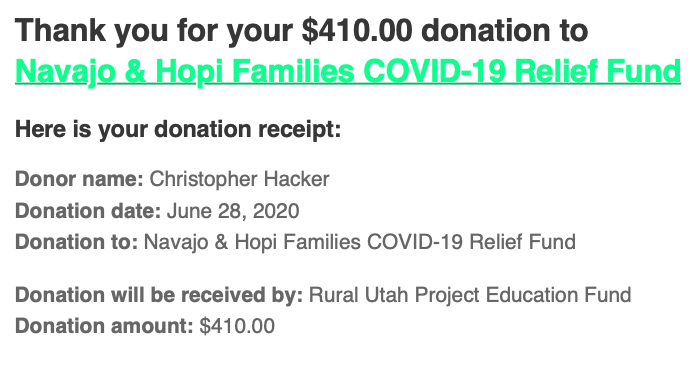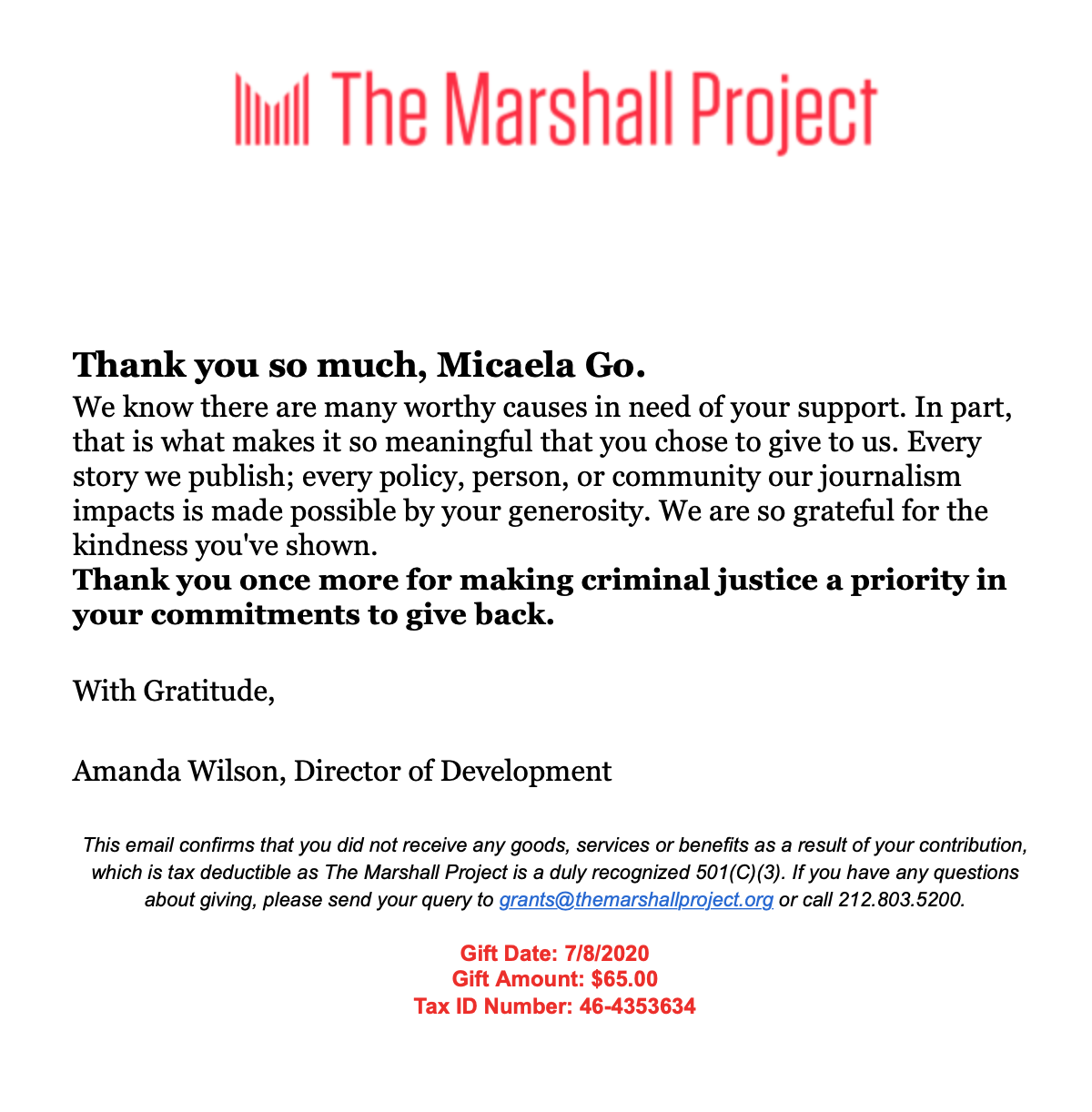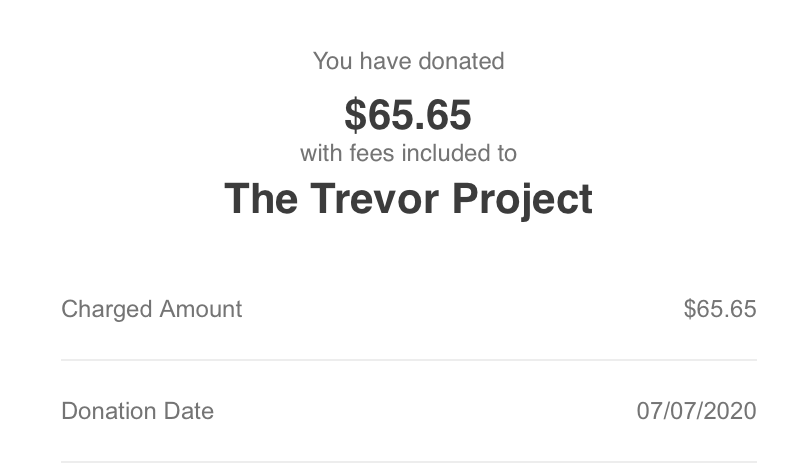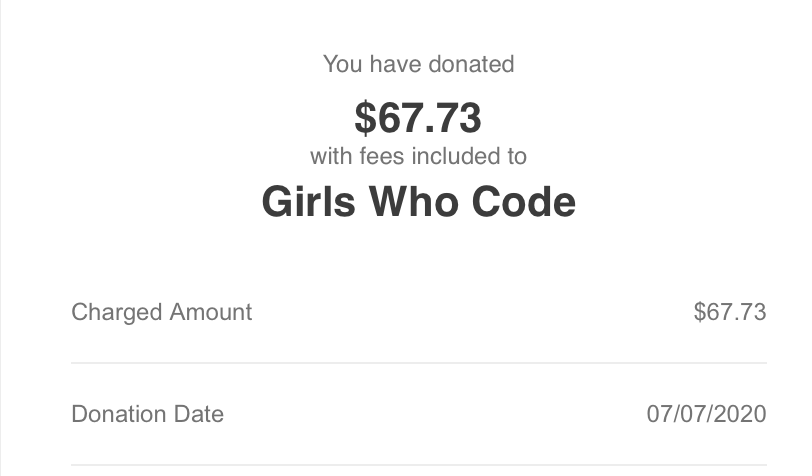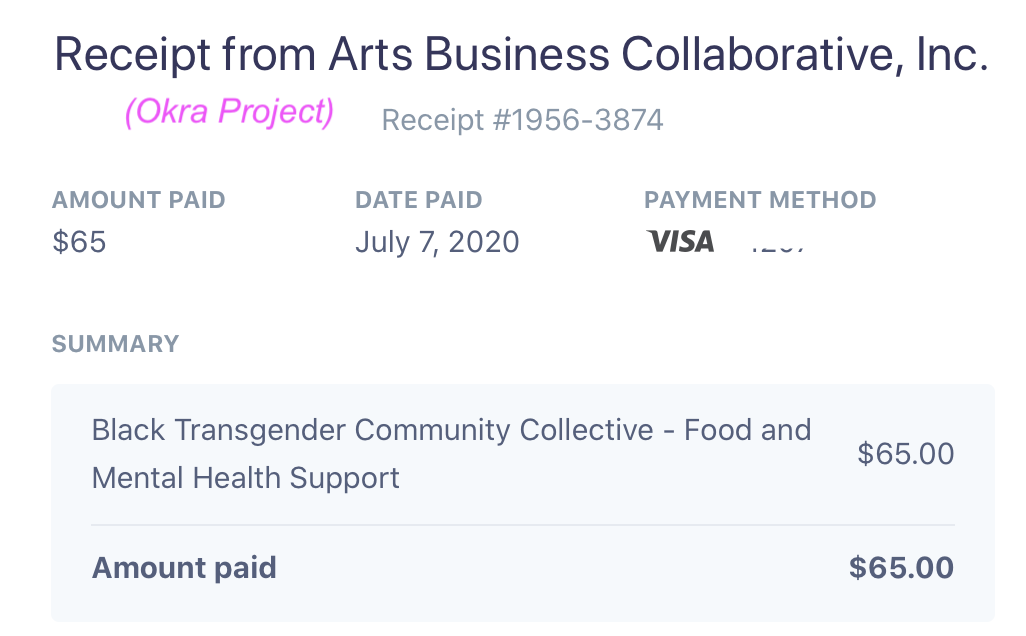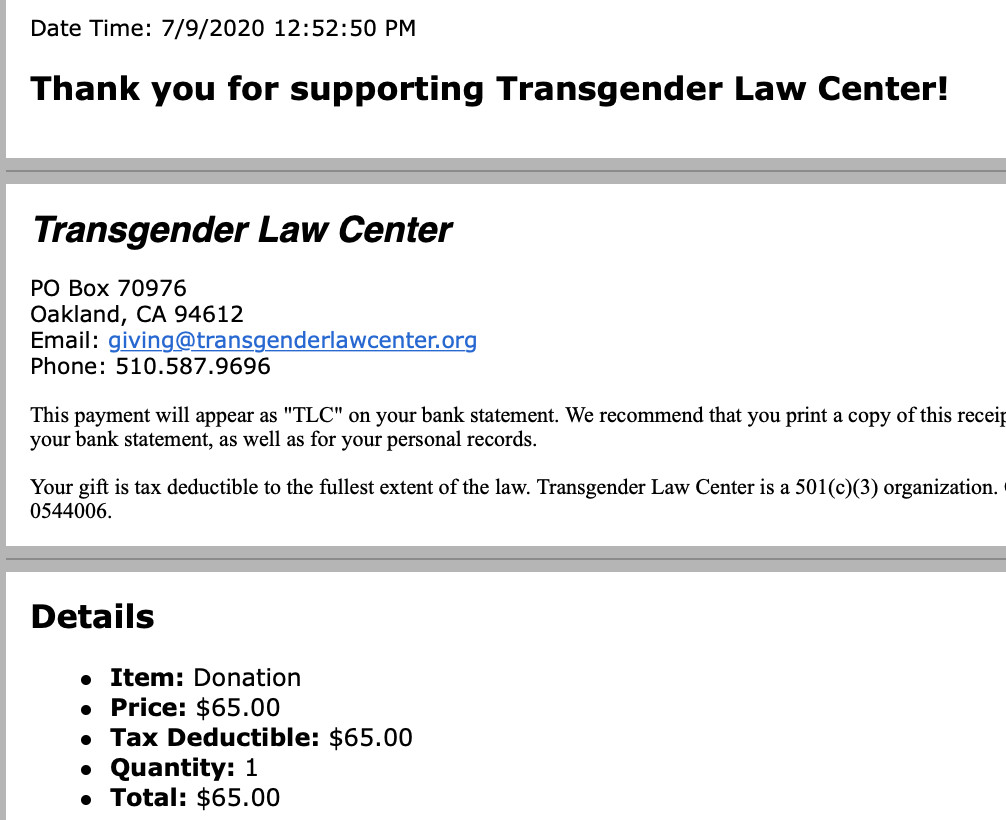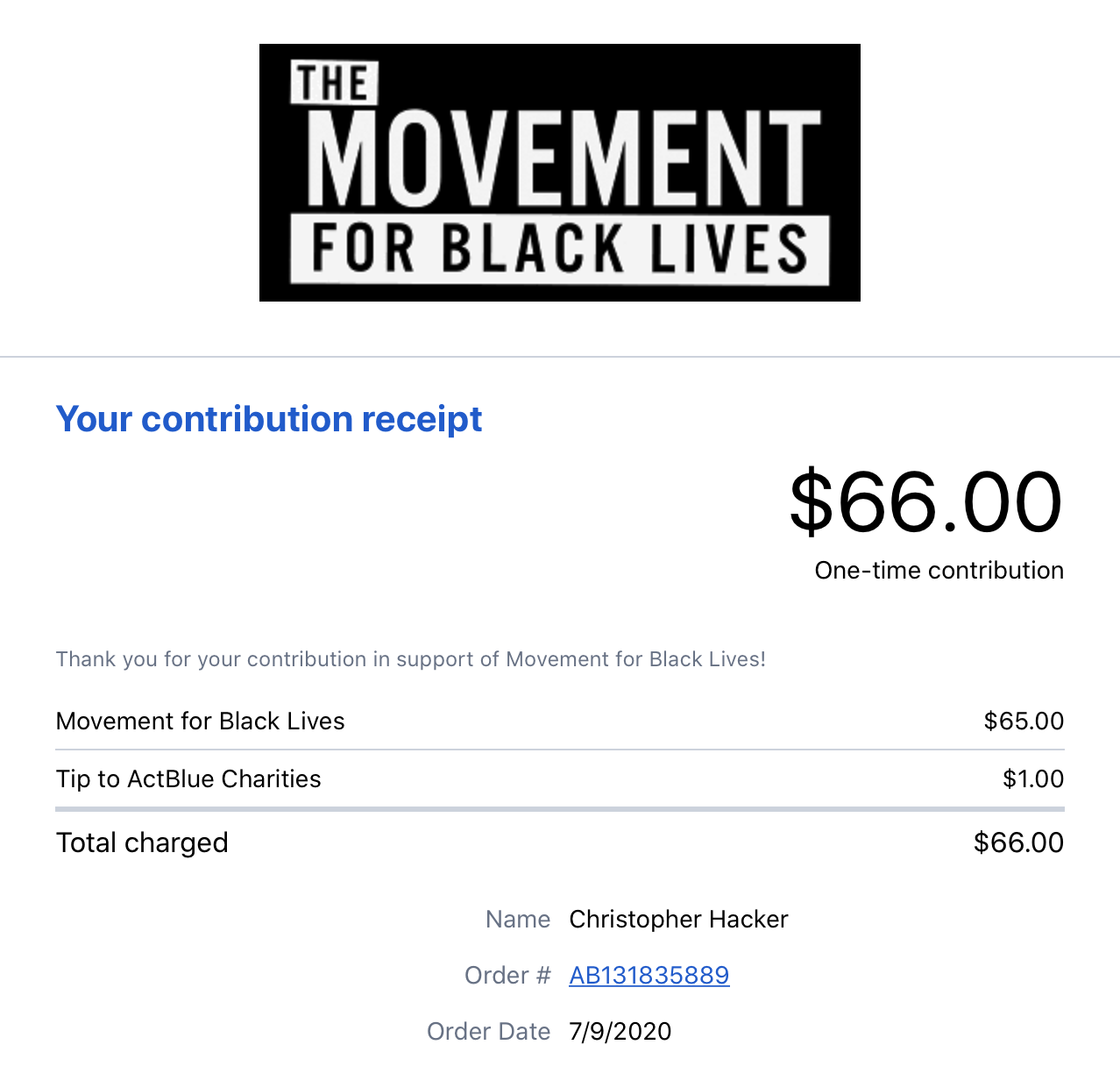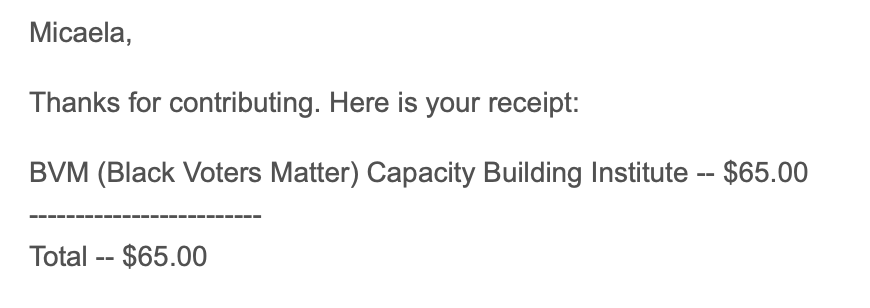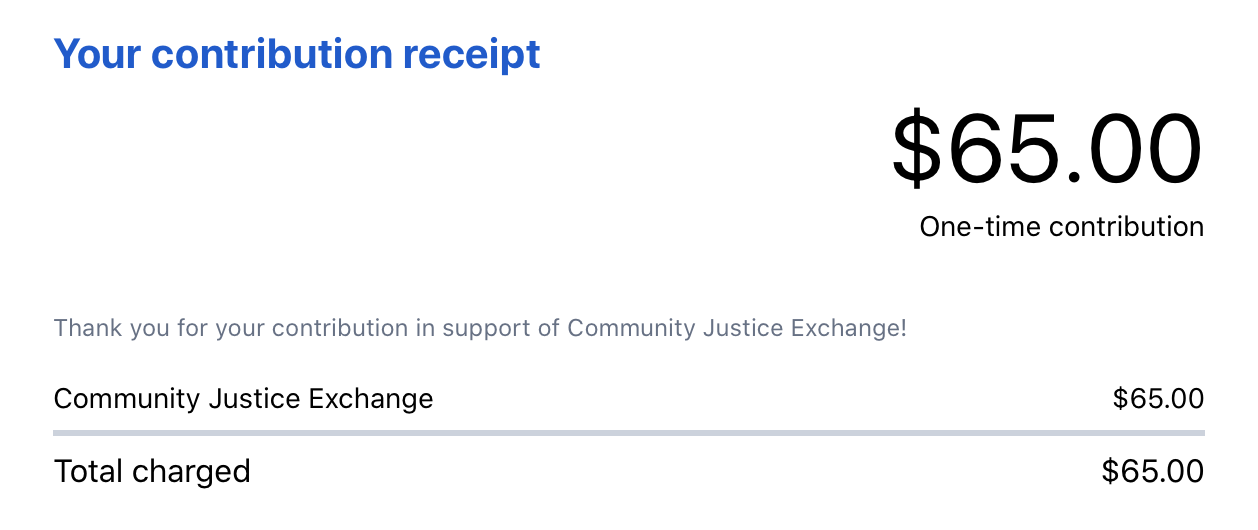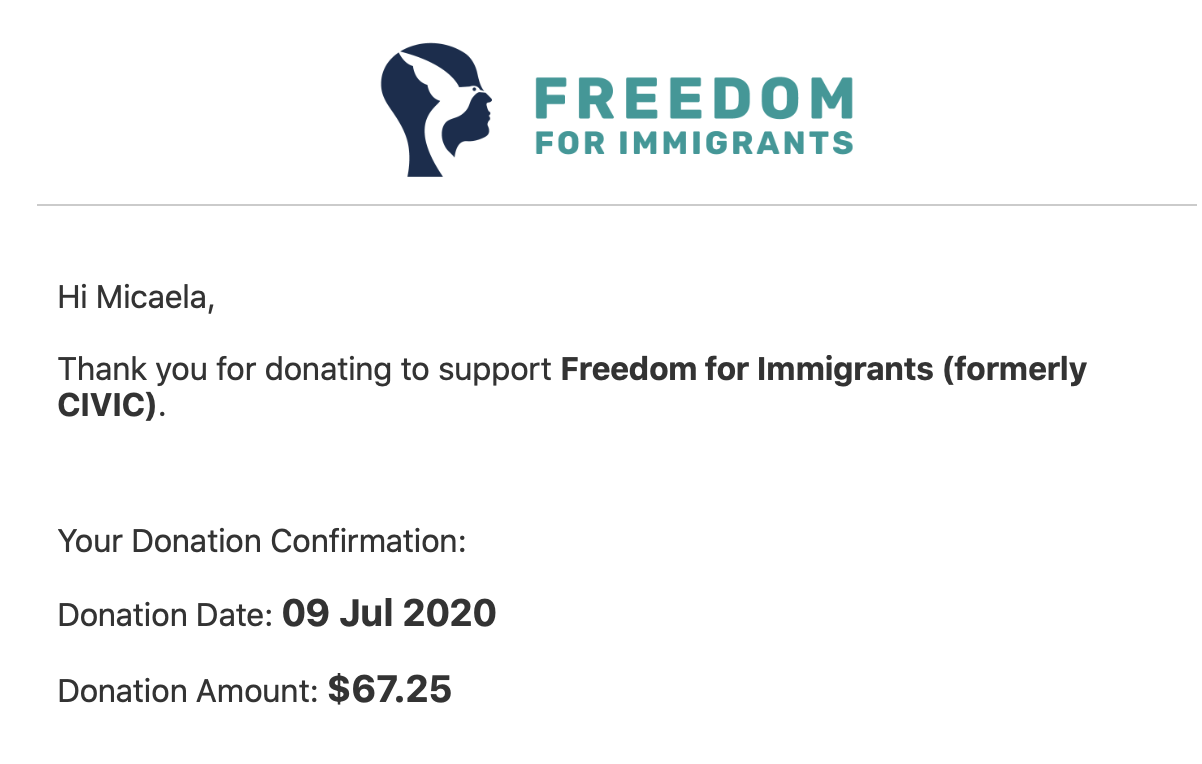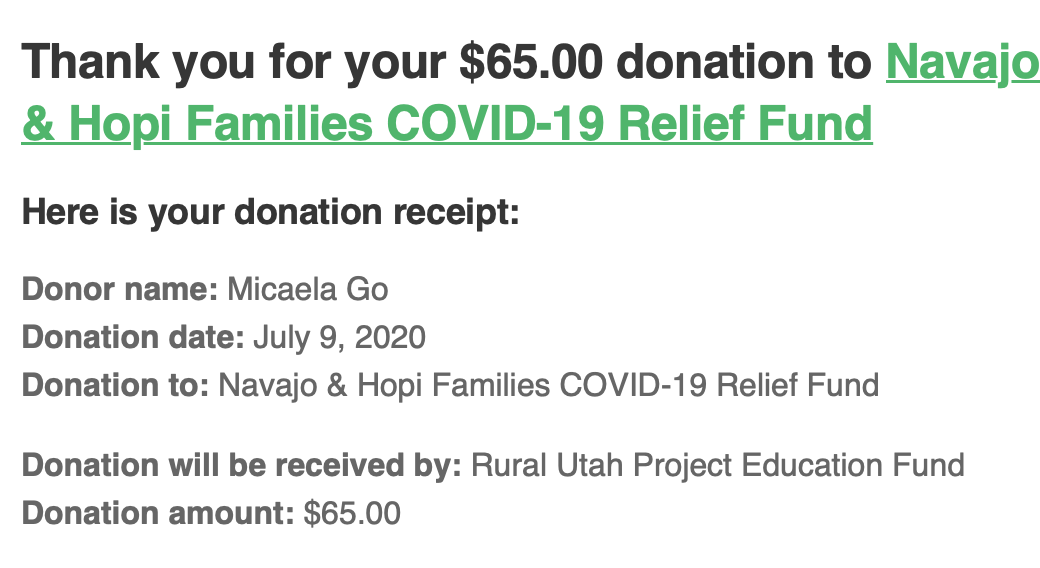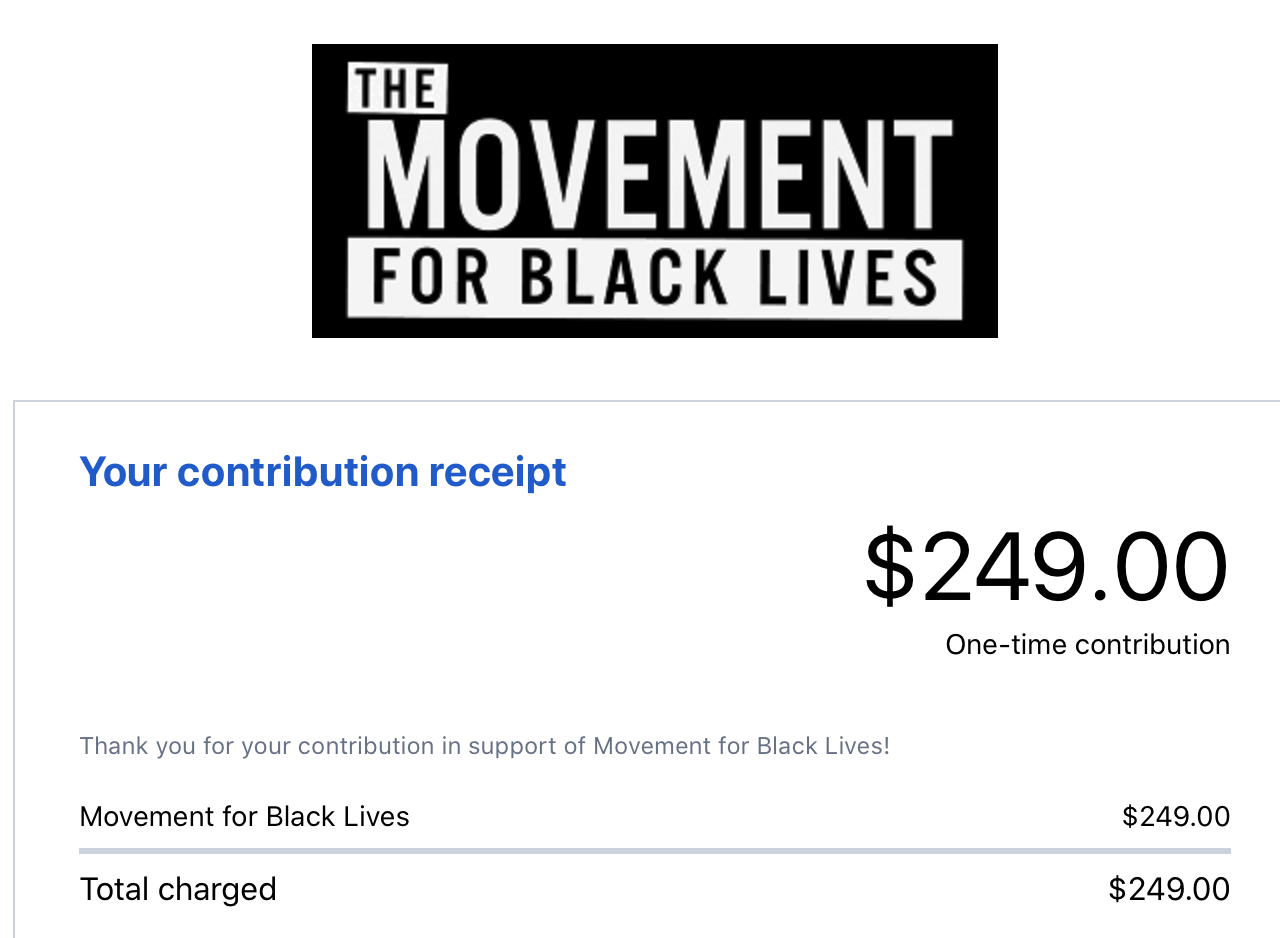Field Camera Portraits
100% of proceeds go to organizations helping the BIPOC and LGBTQ+ communities
We are offering film portraits using a large-format field camera in exchange for donations to organizations that support the BIPOC and LGBTQ+ communities. We hope that this will be a long-term and sustainable way to give back to the communities and causes we believe in.
We are requesting a minimum $200 contribution.
You can choose from one of the organizations below and email me a copy of your receipt in order to book your session, or, if you would like to contribute to an organization not listed below, you can submit the name, website, and description of the org in the message field in the form below for approval.
We are offering this for San Jose/South Bay, Peninsula, San Francisco, and the East Bay. If you live somewhere else, we have to charge a travel fee to make this feasible.
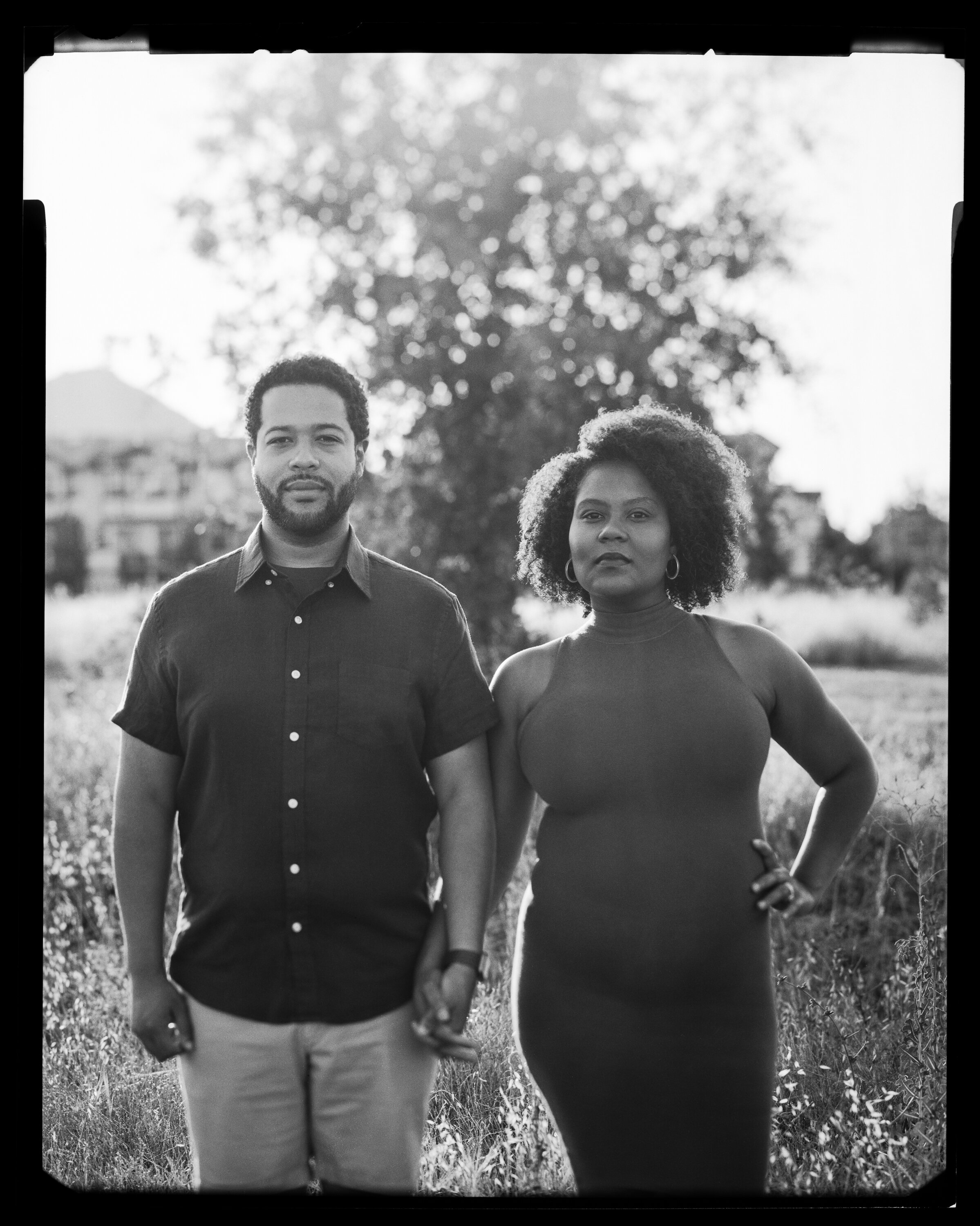
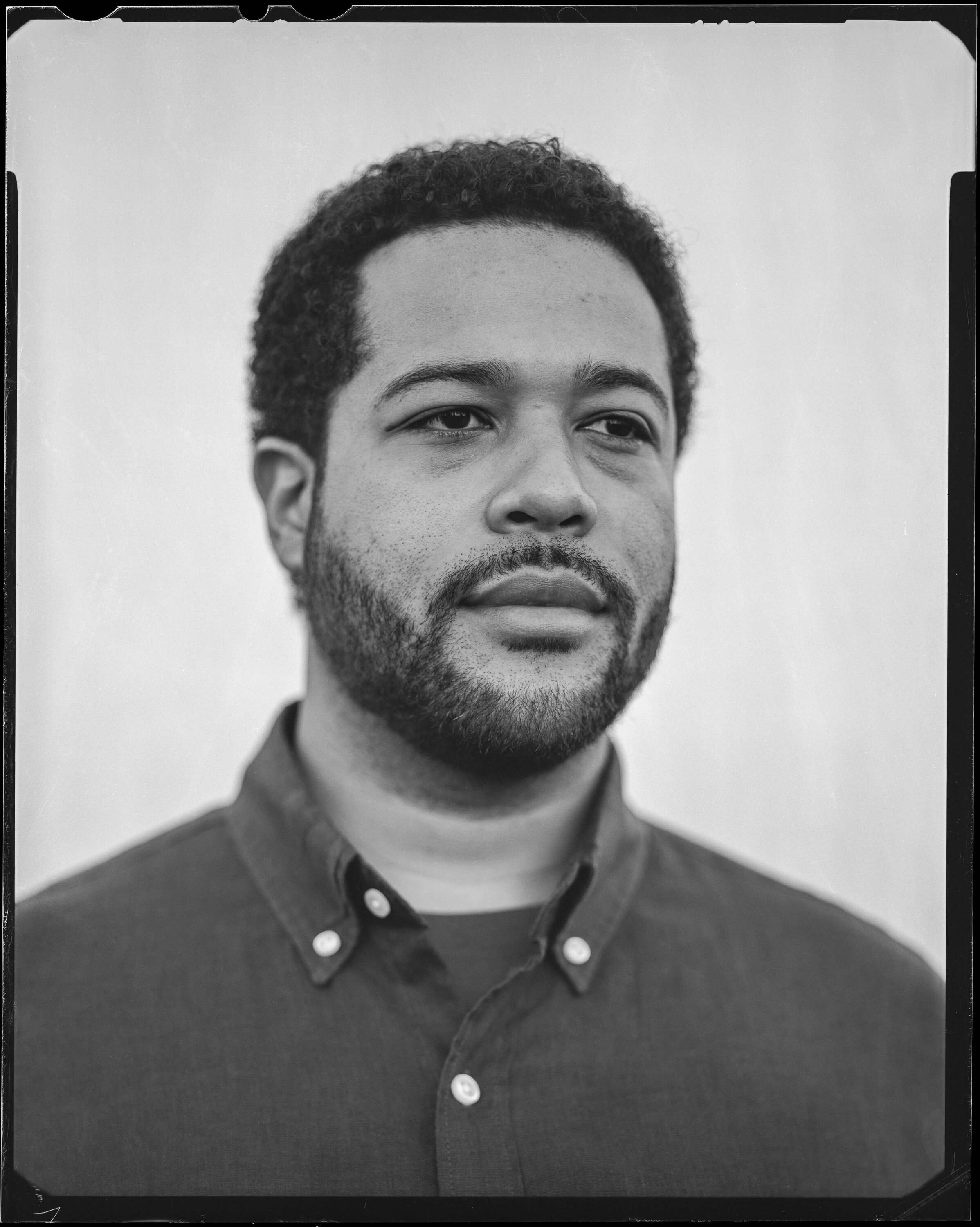
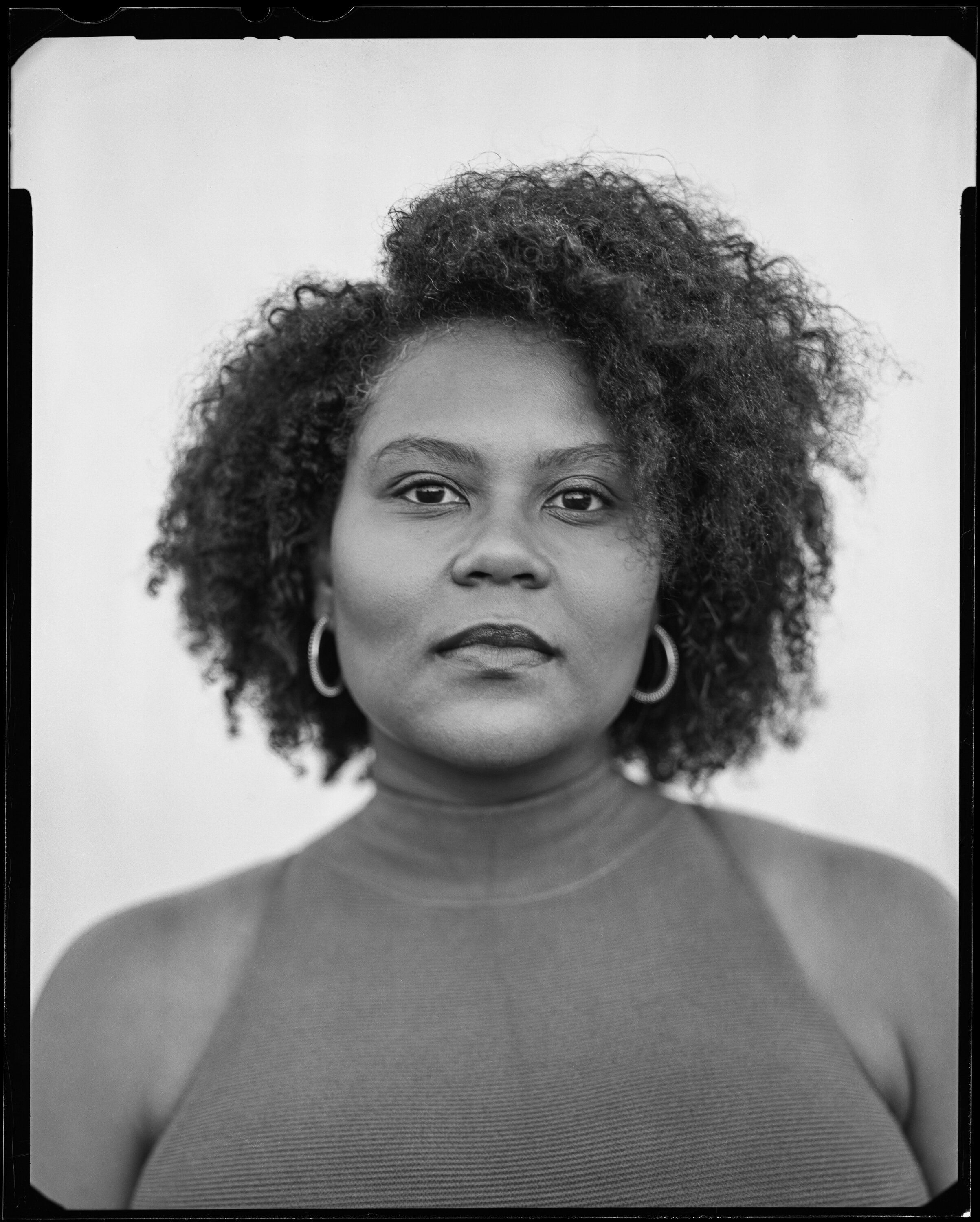
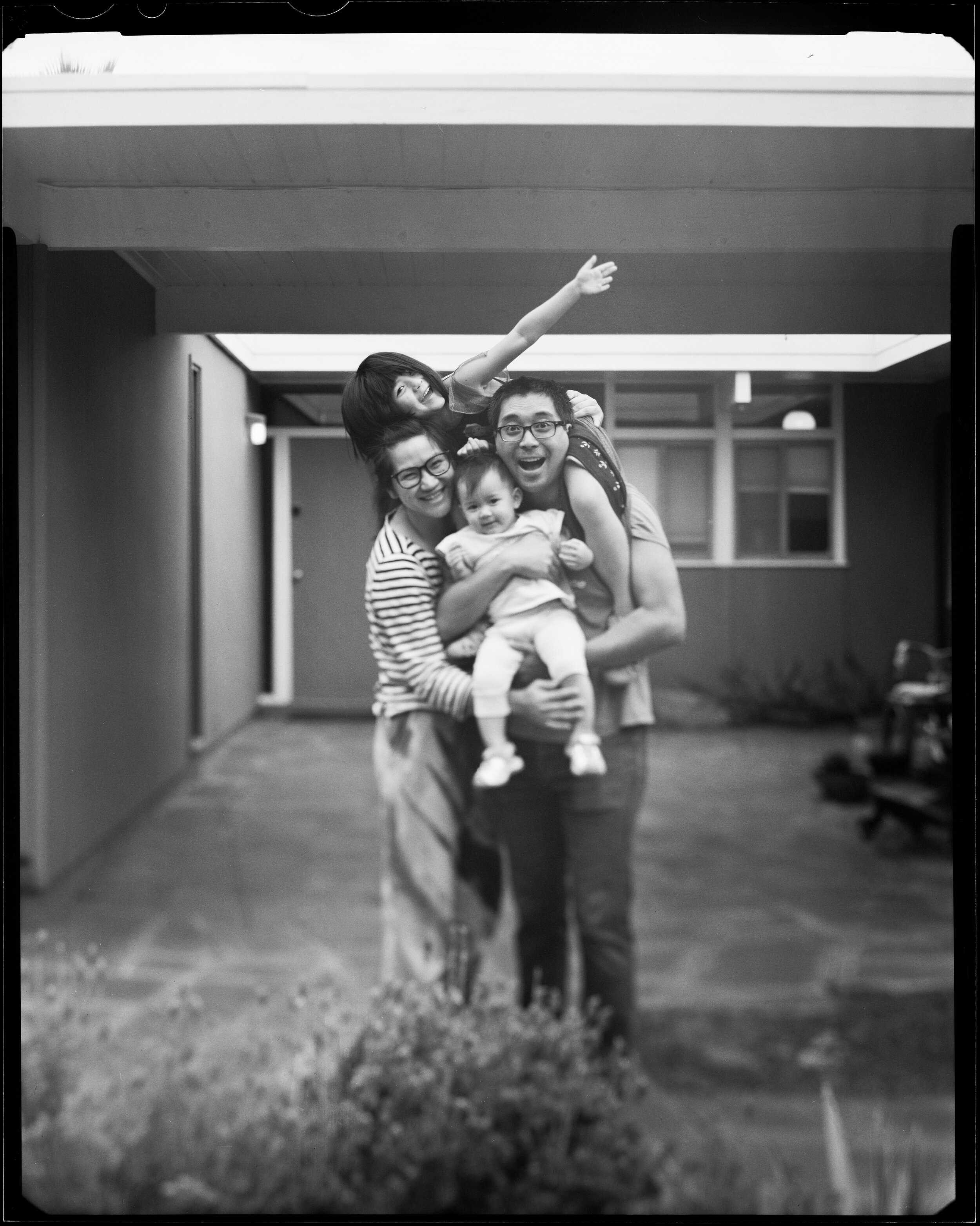
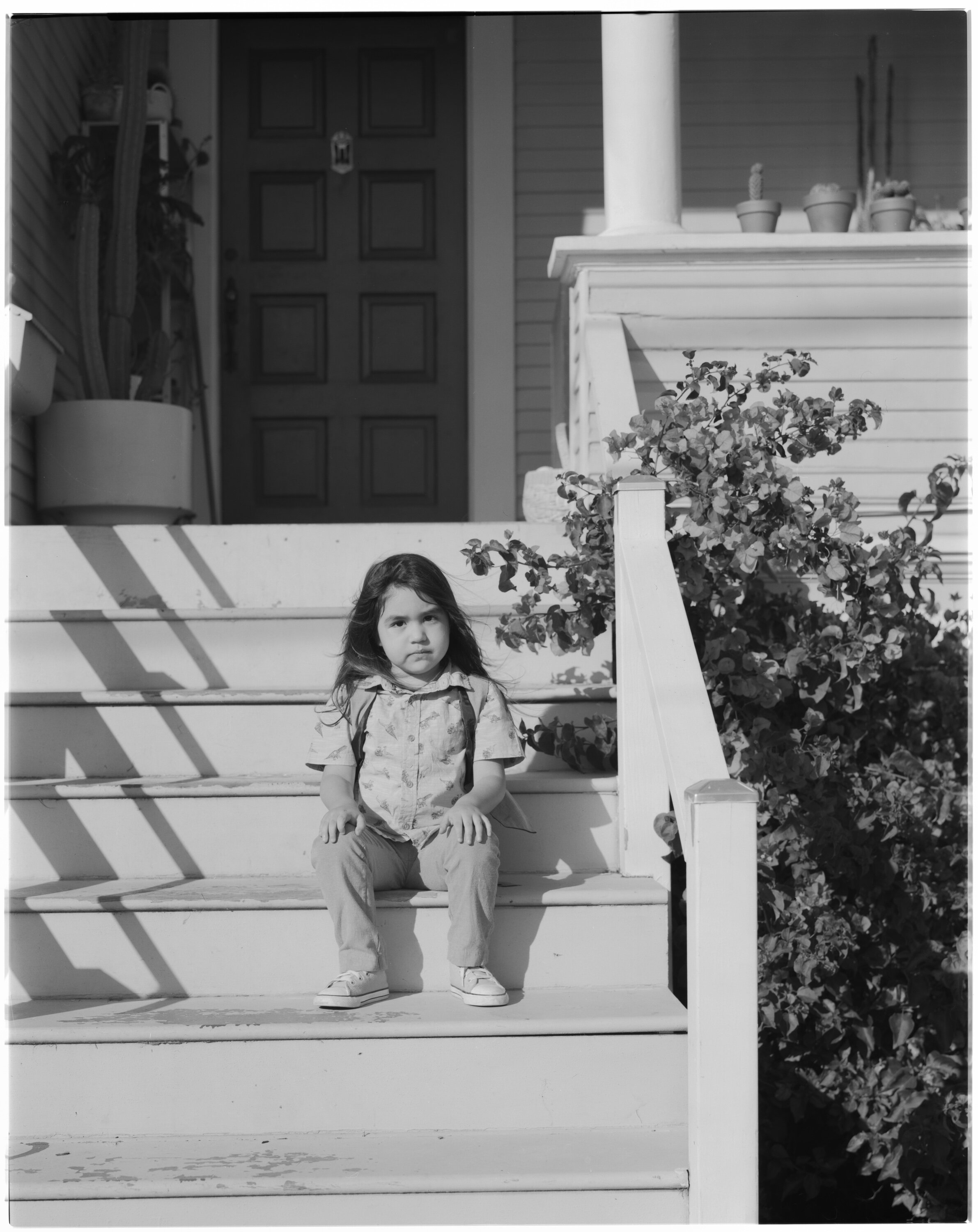
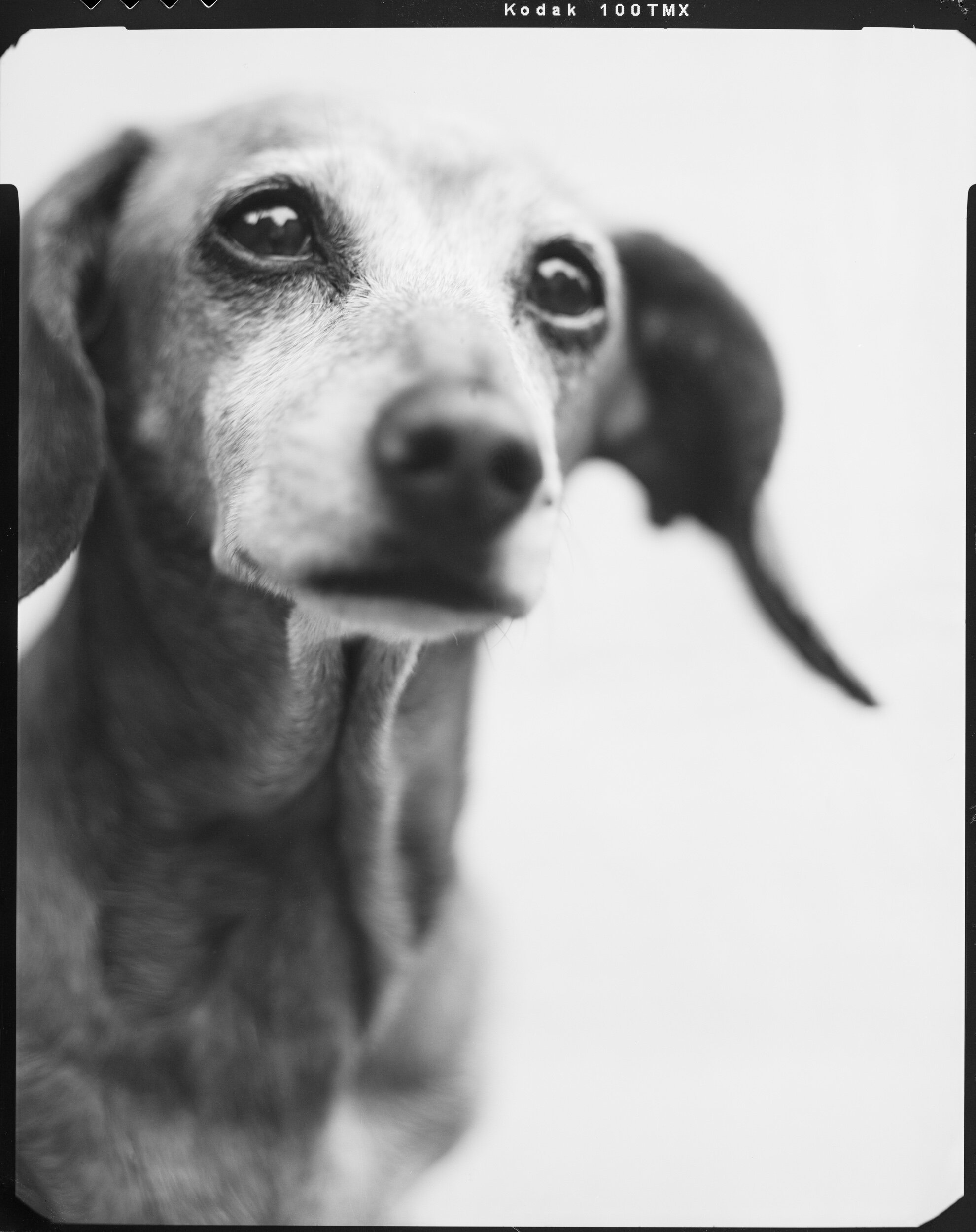
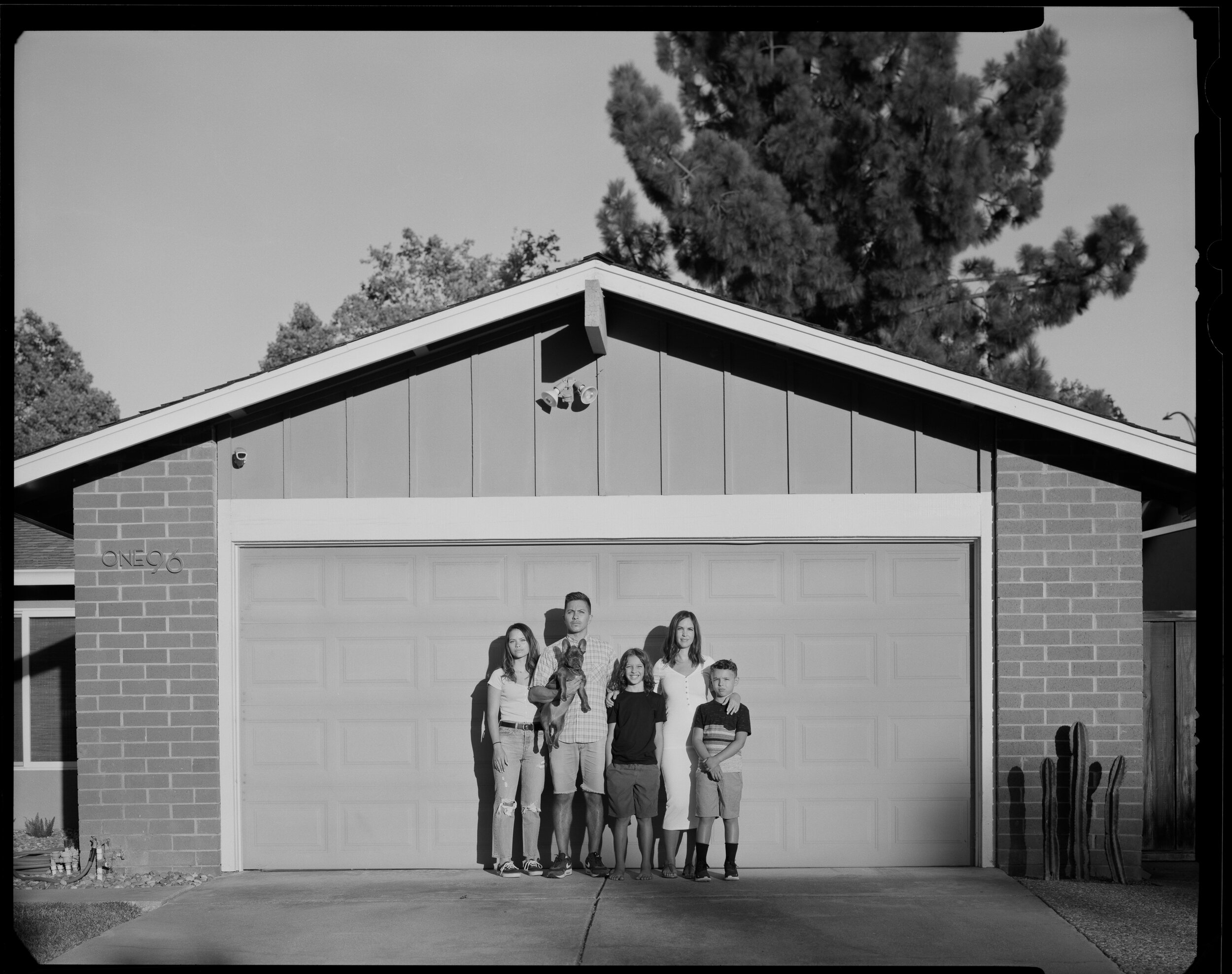
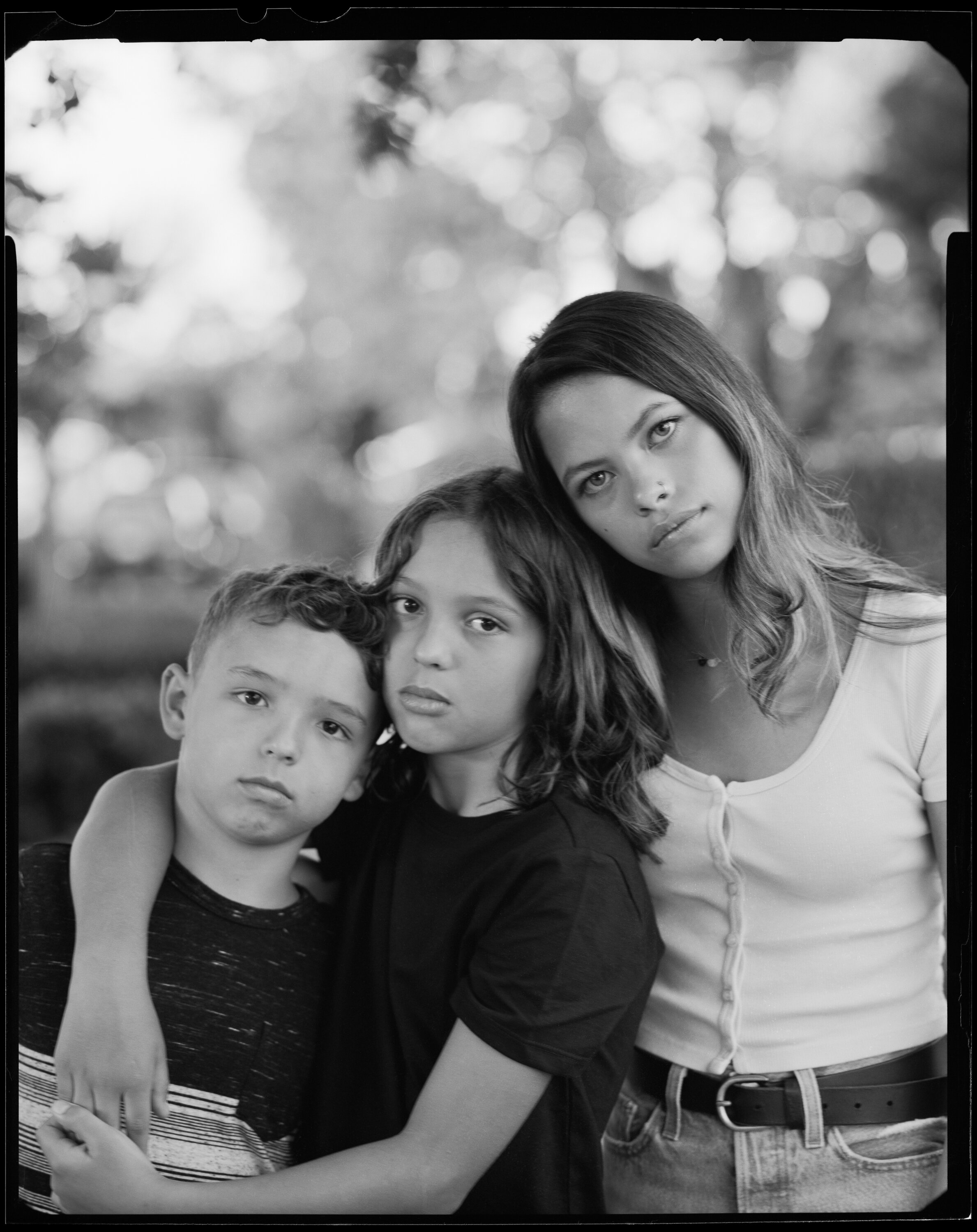
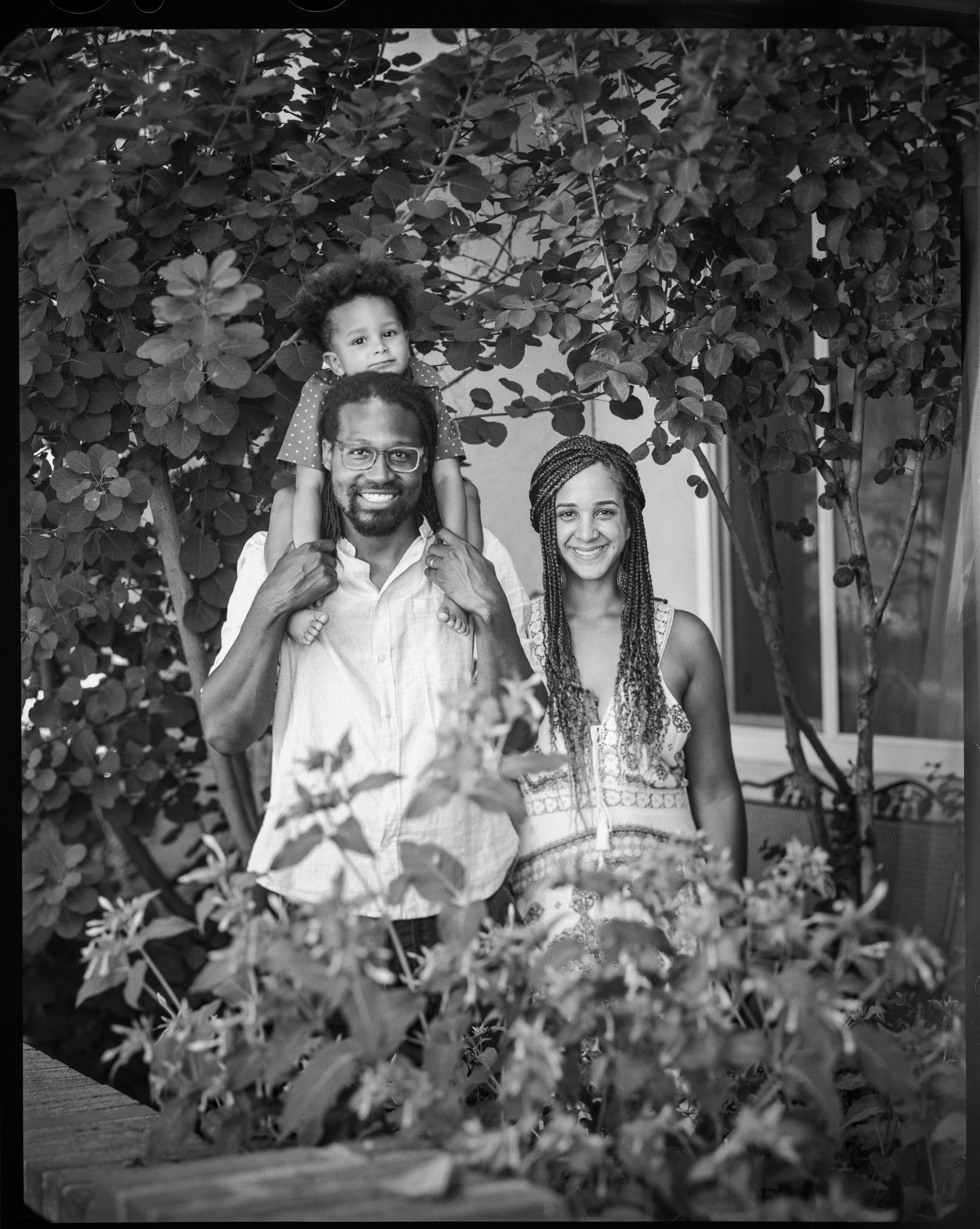
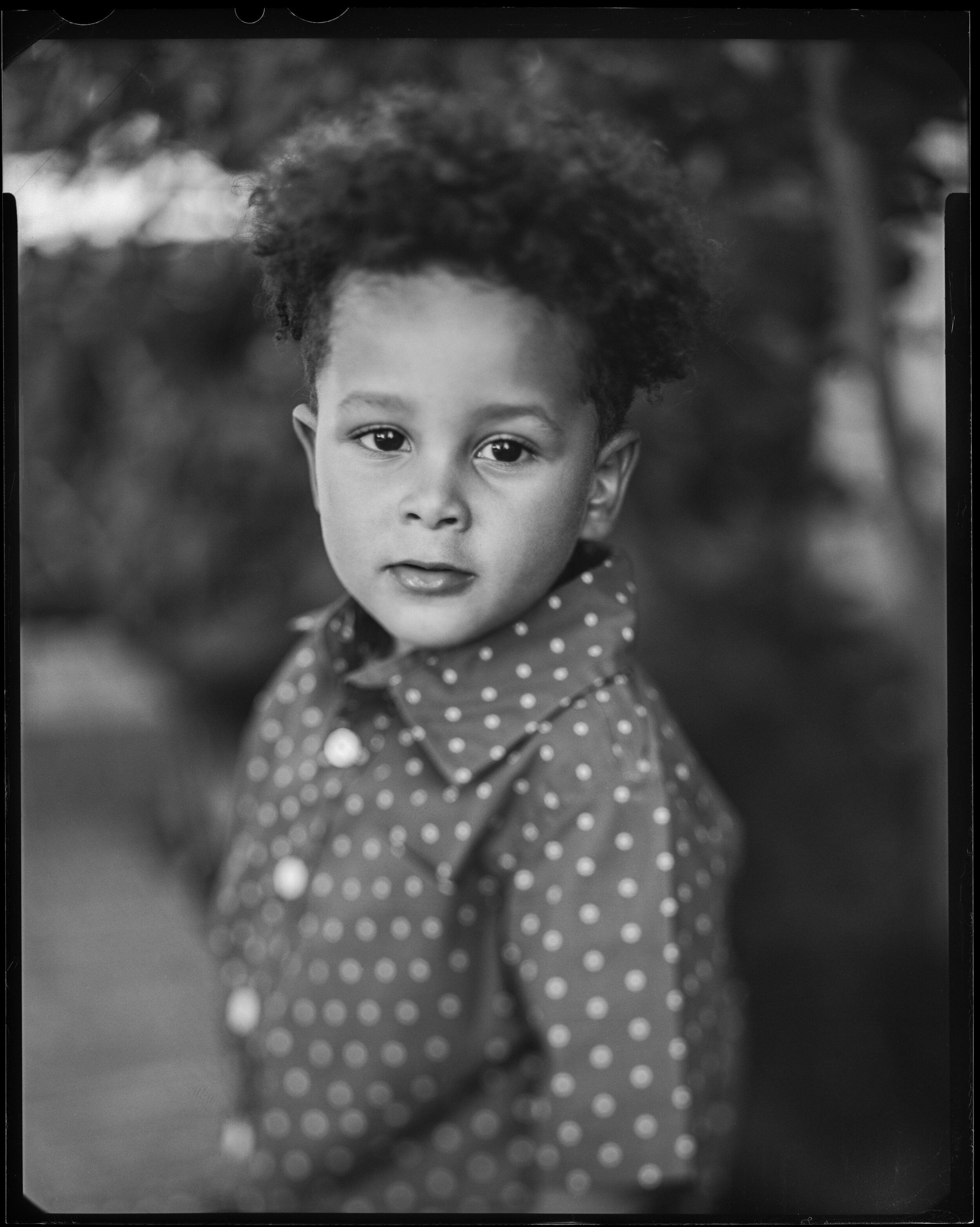
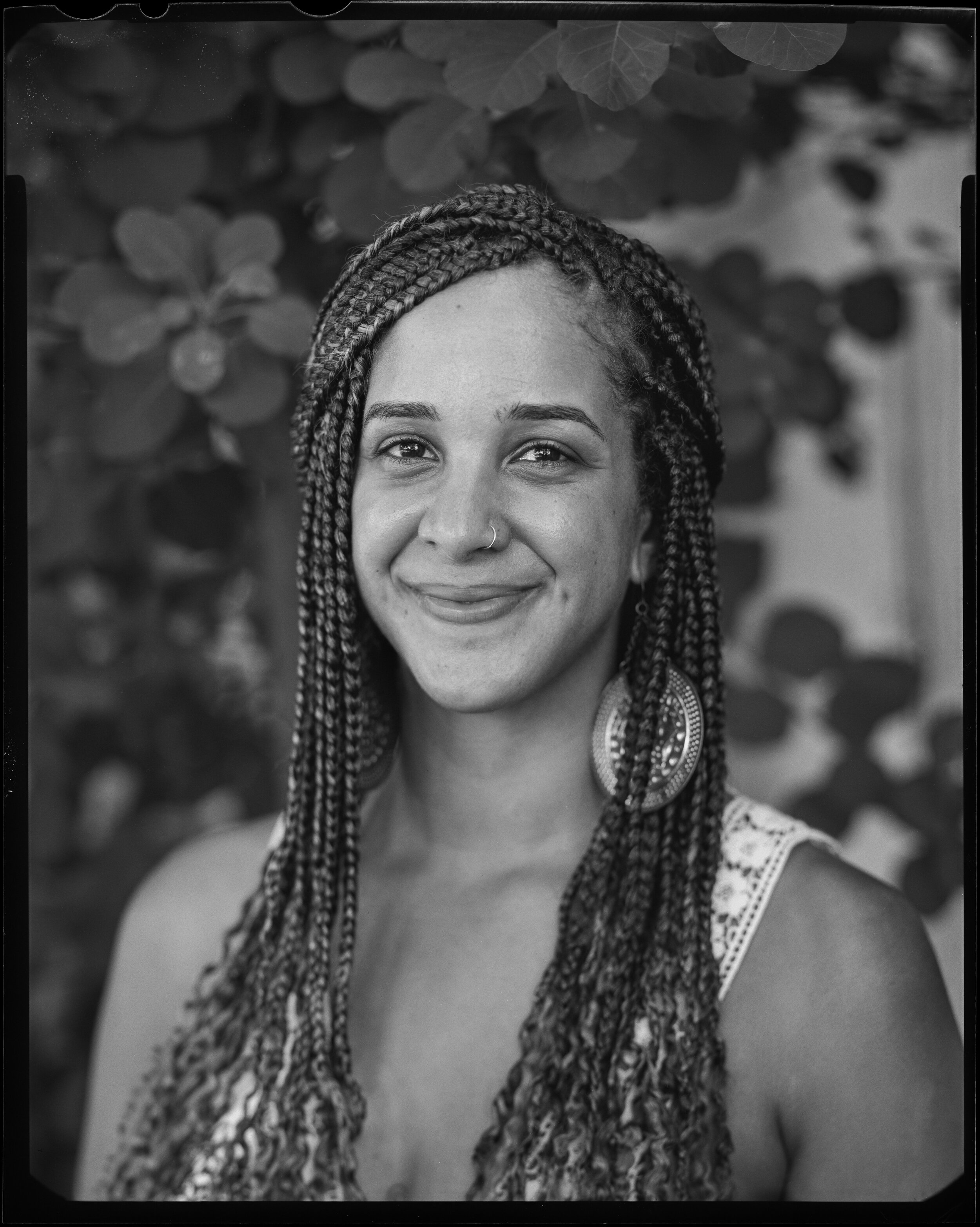
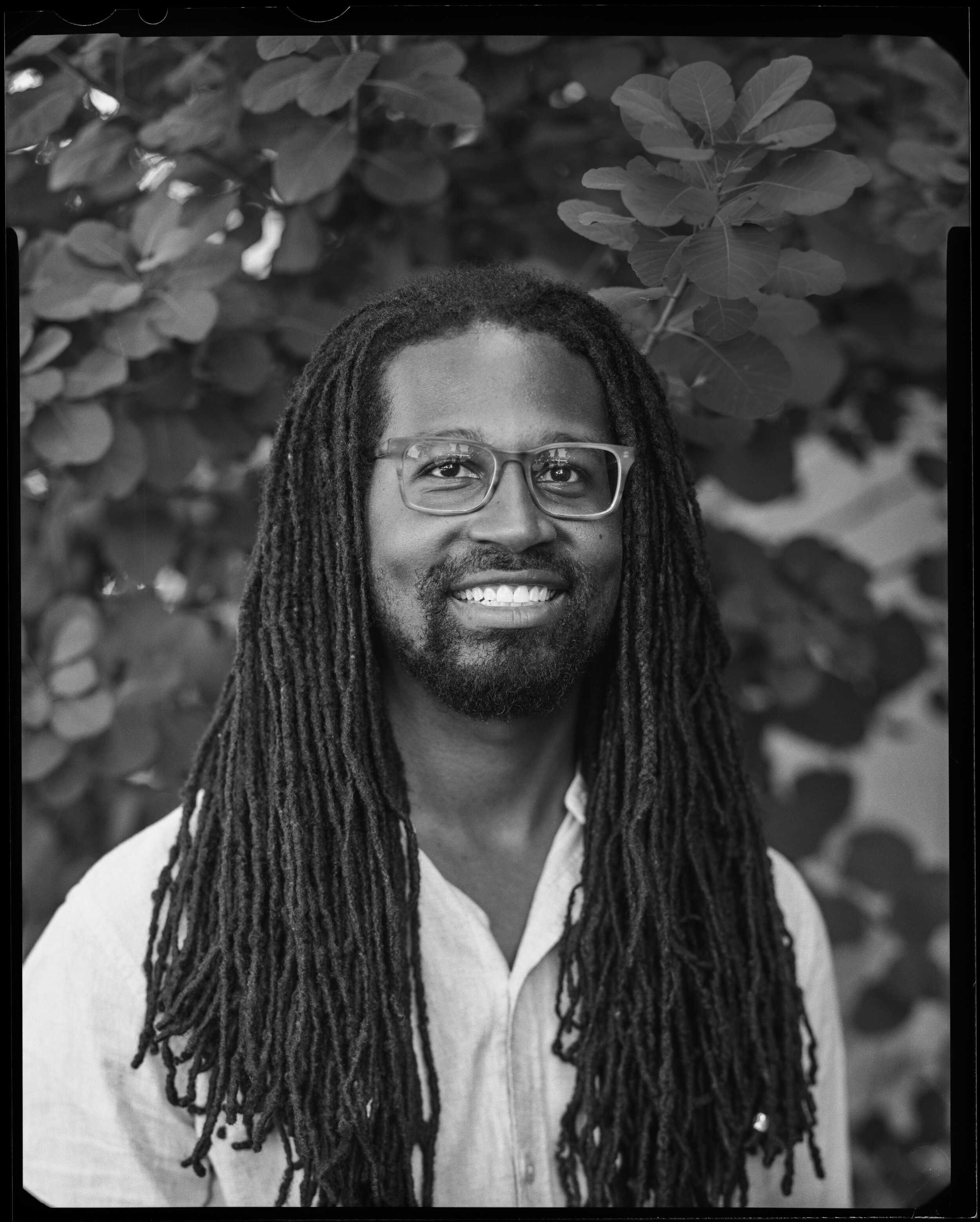
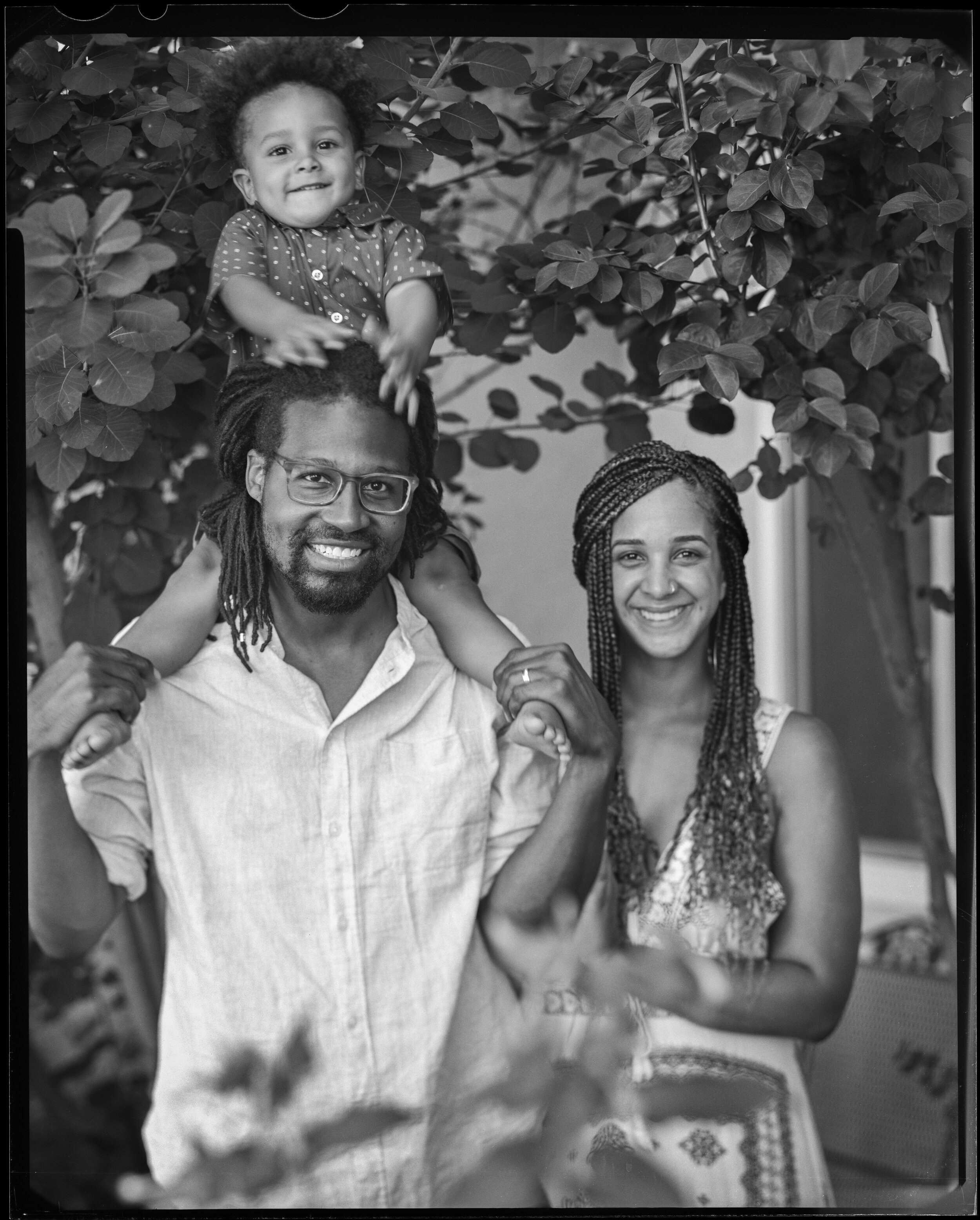
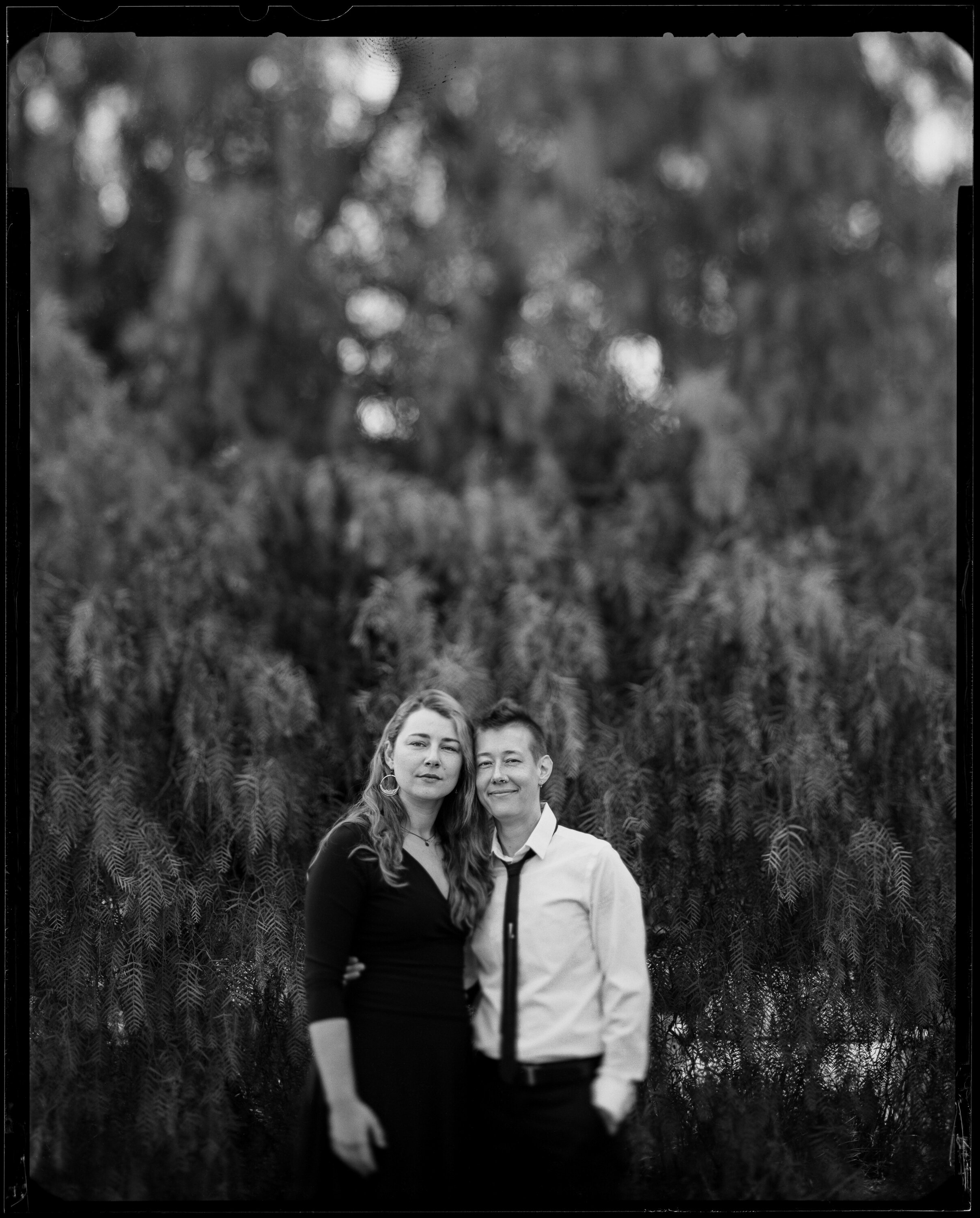
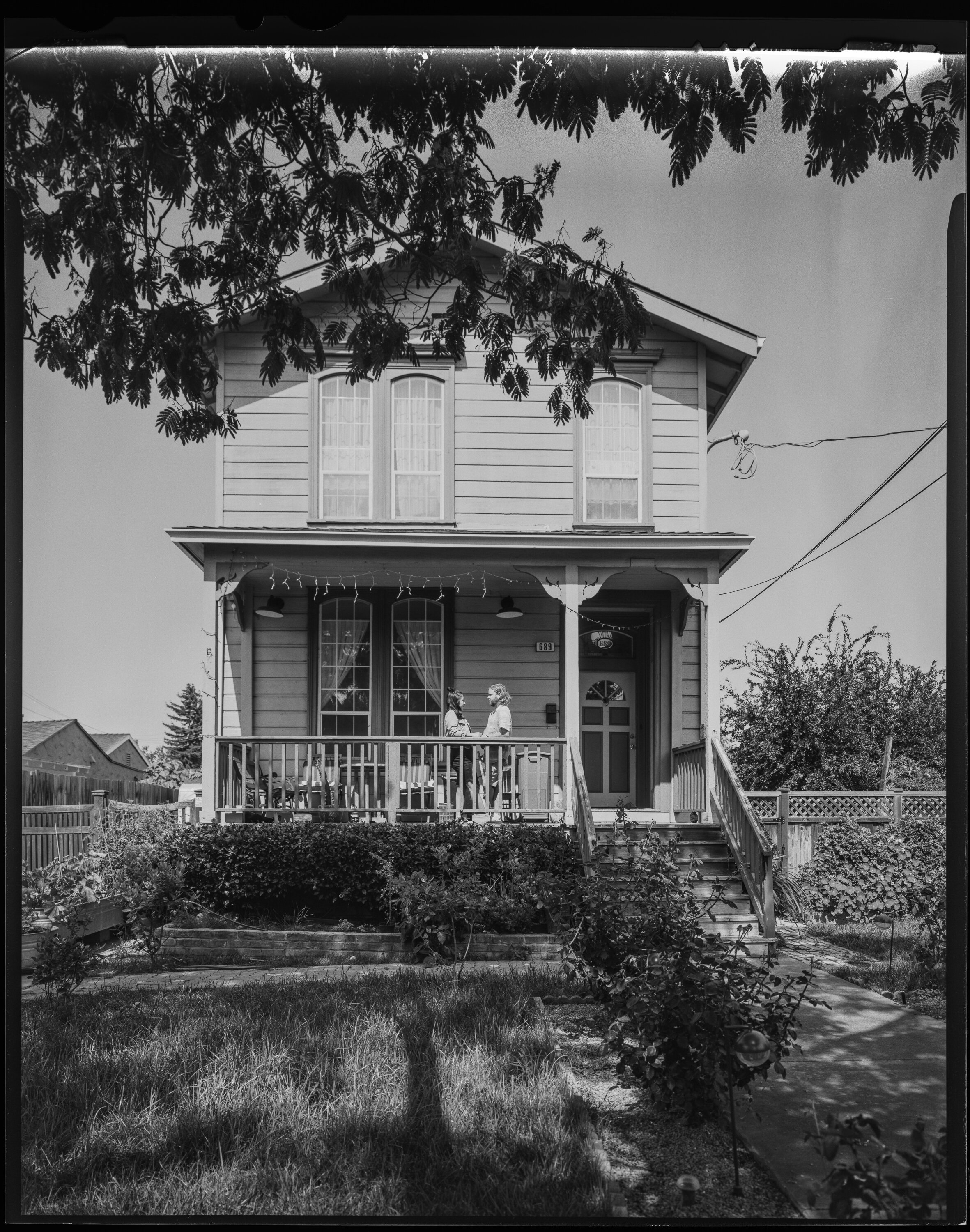
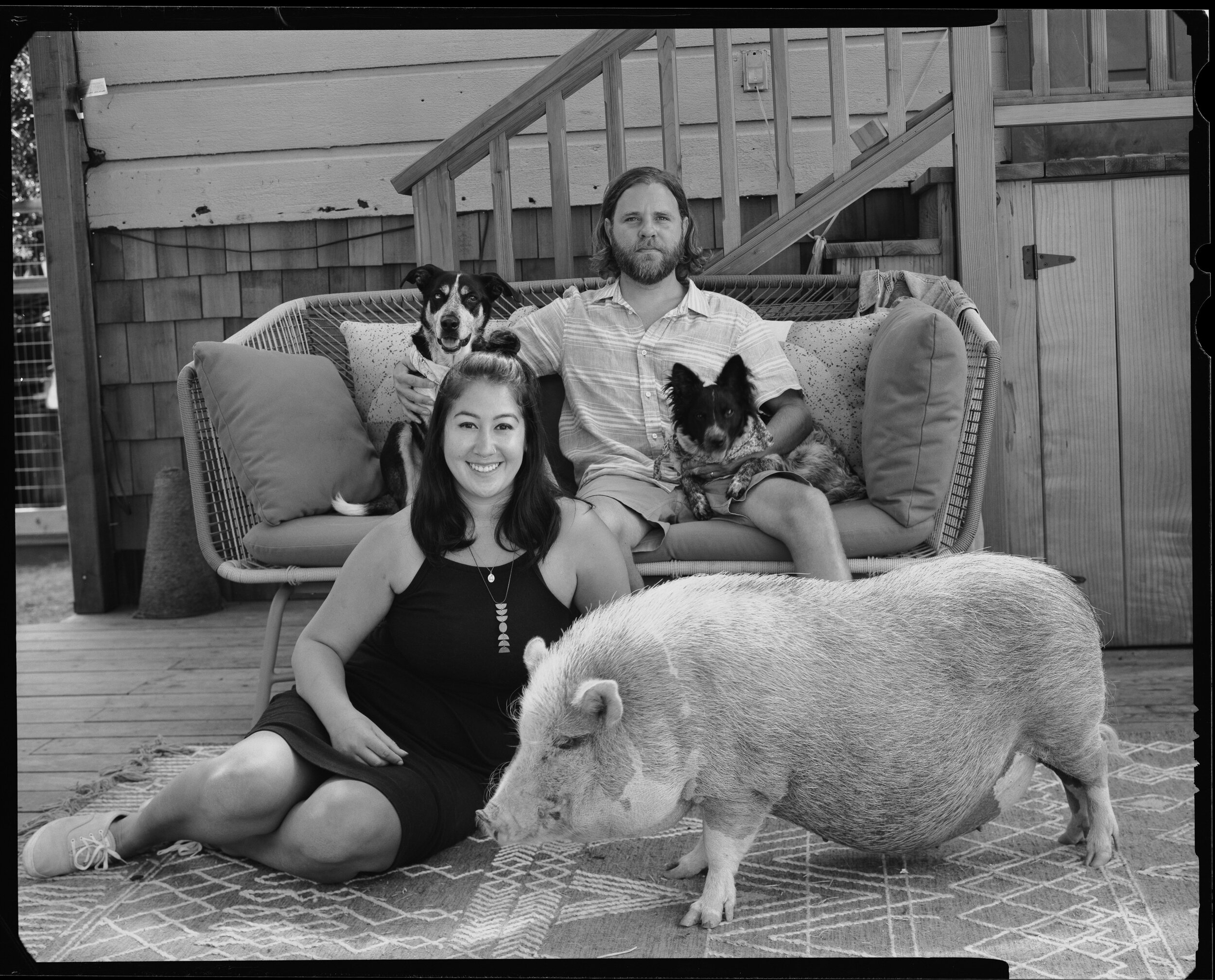
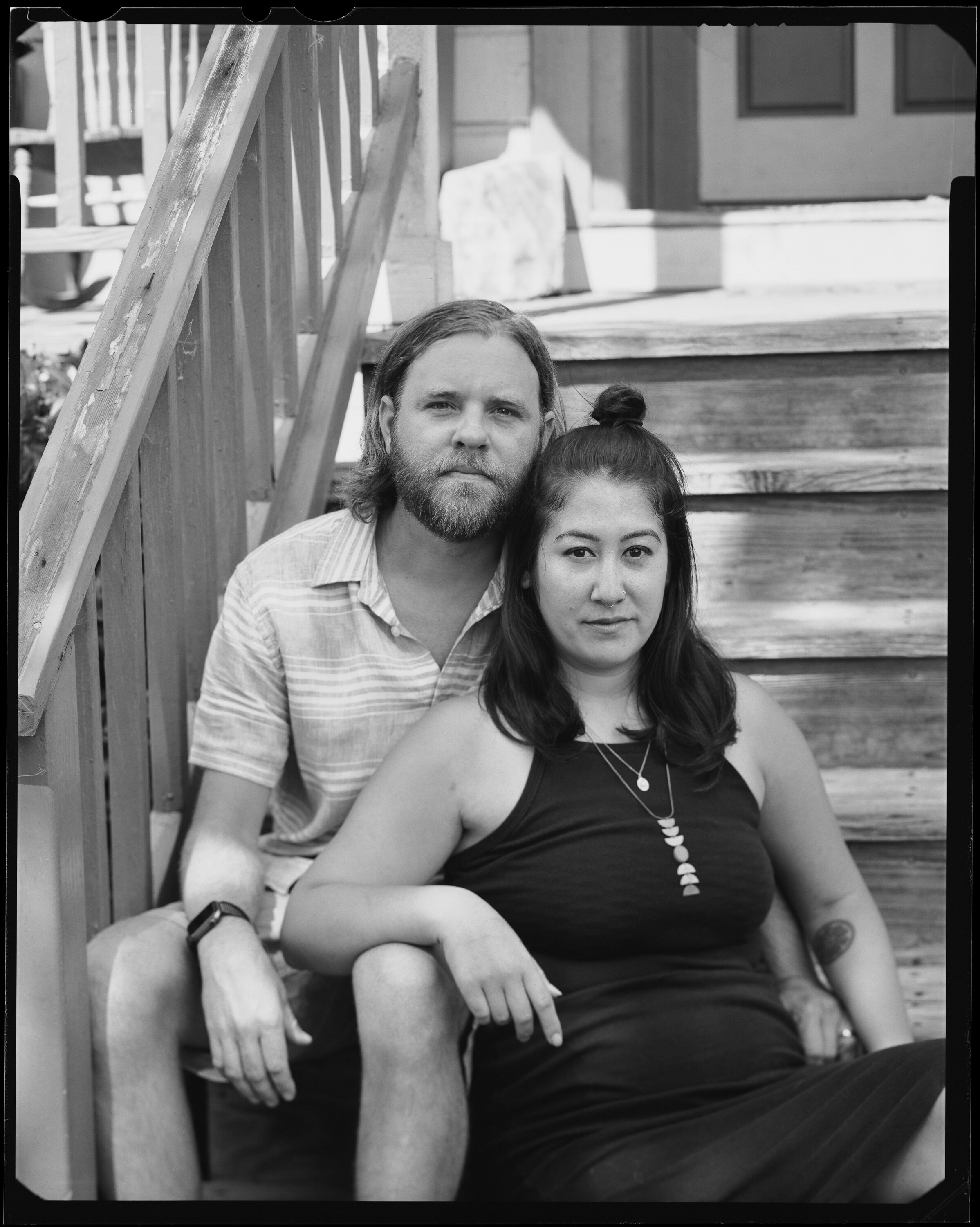
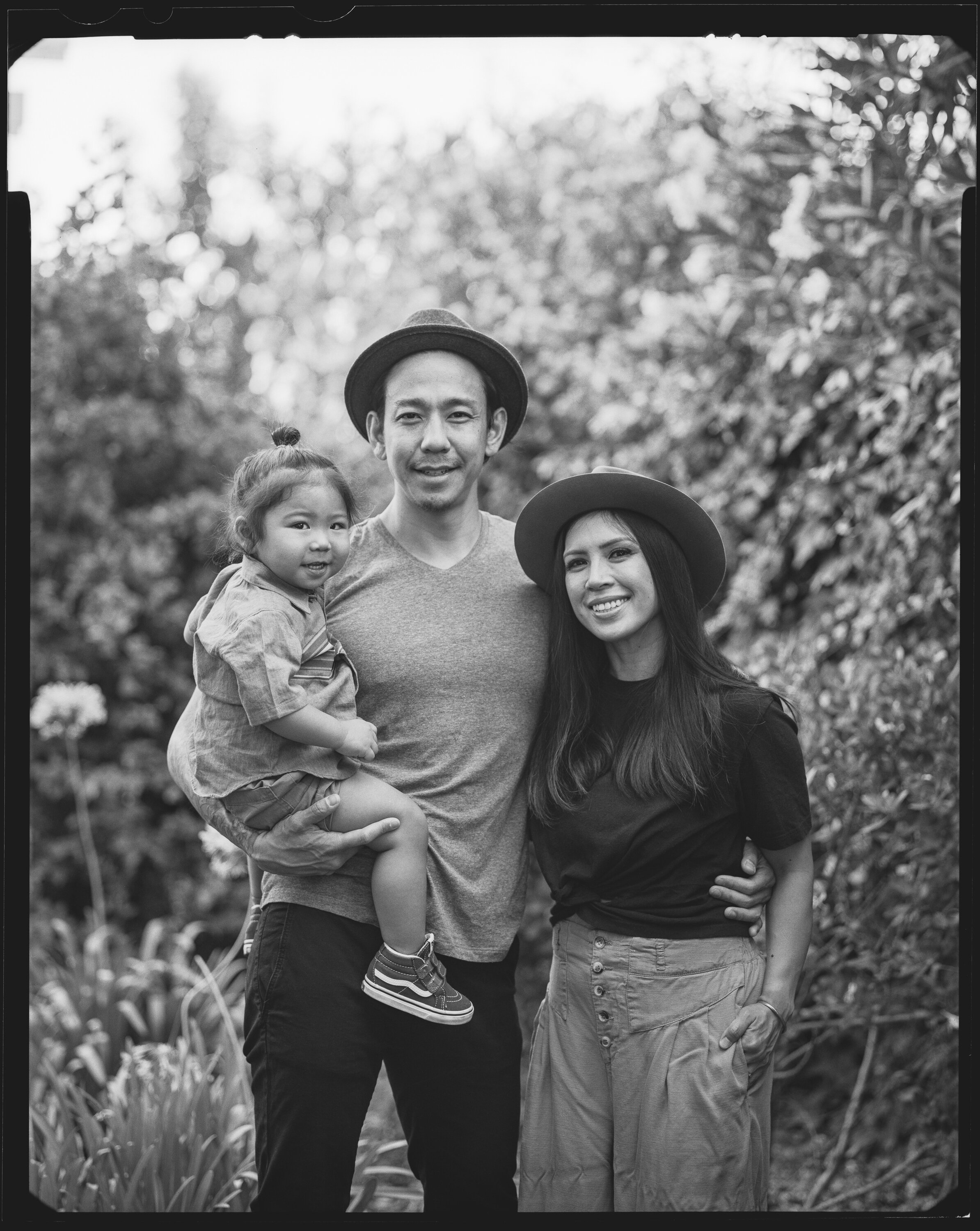
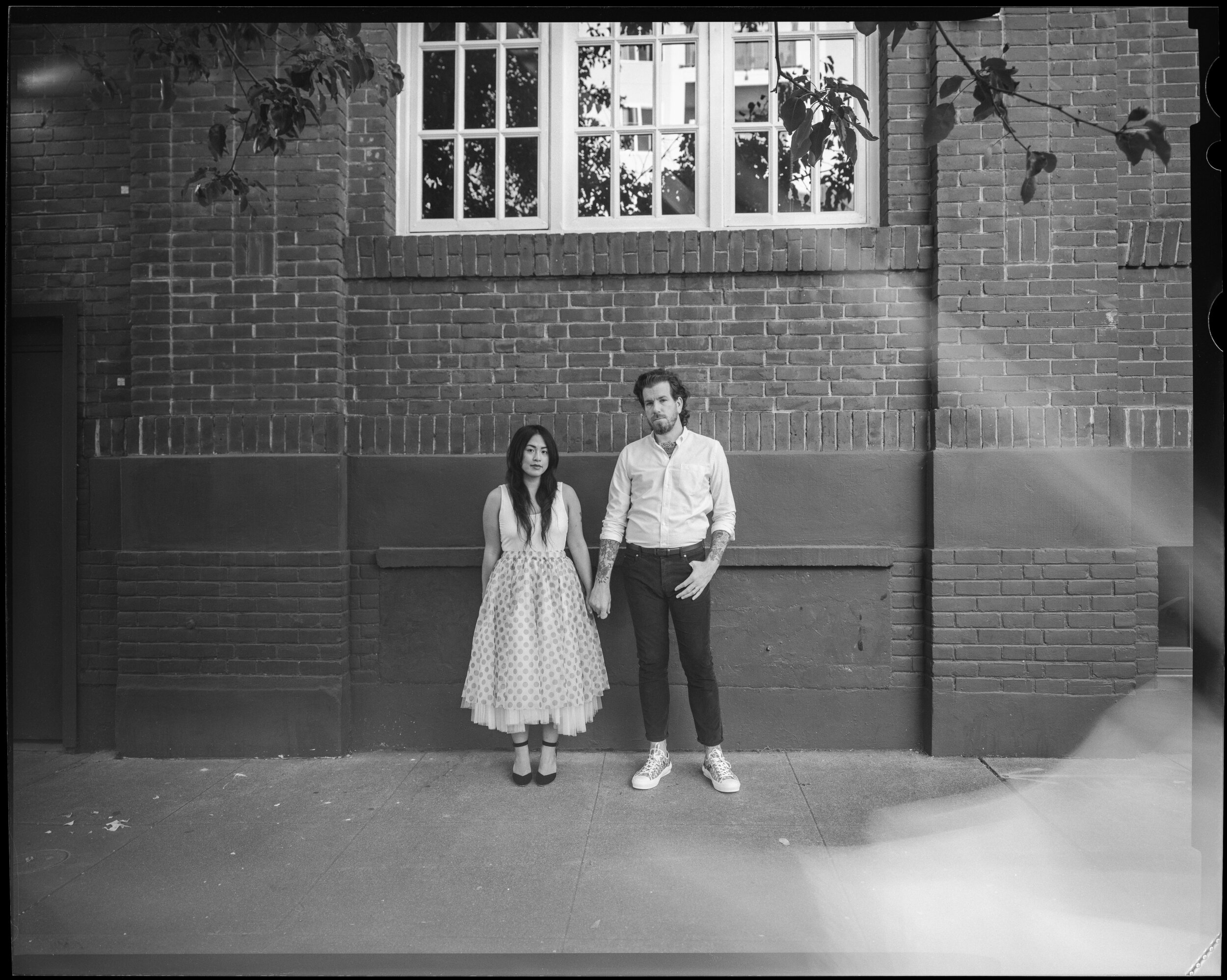
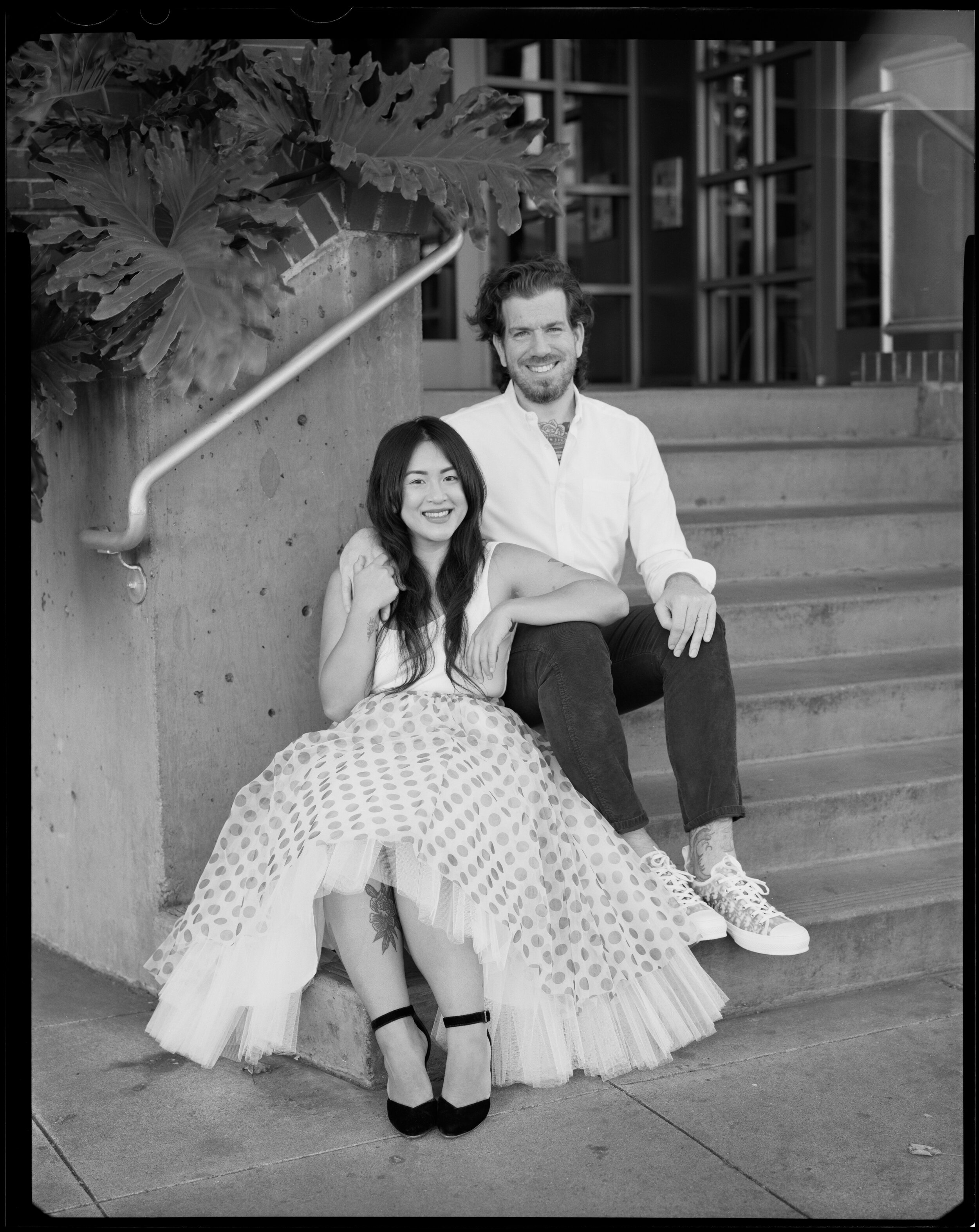
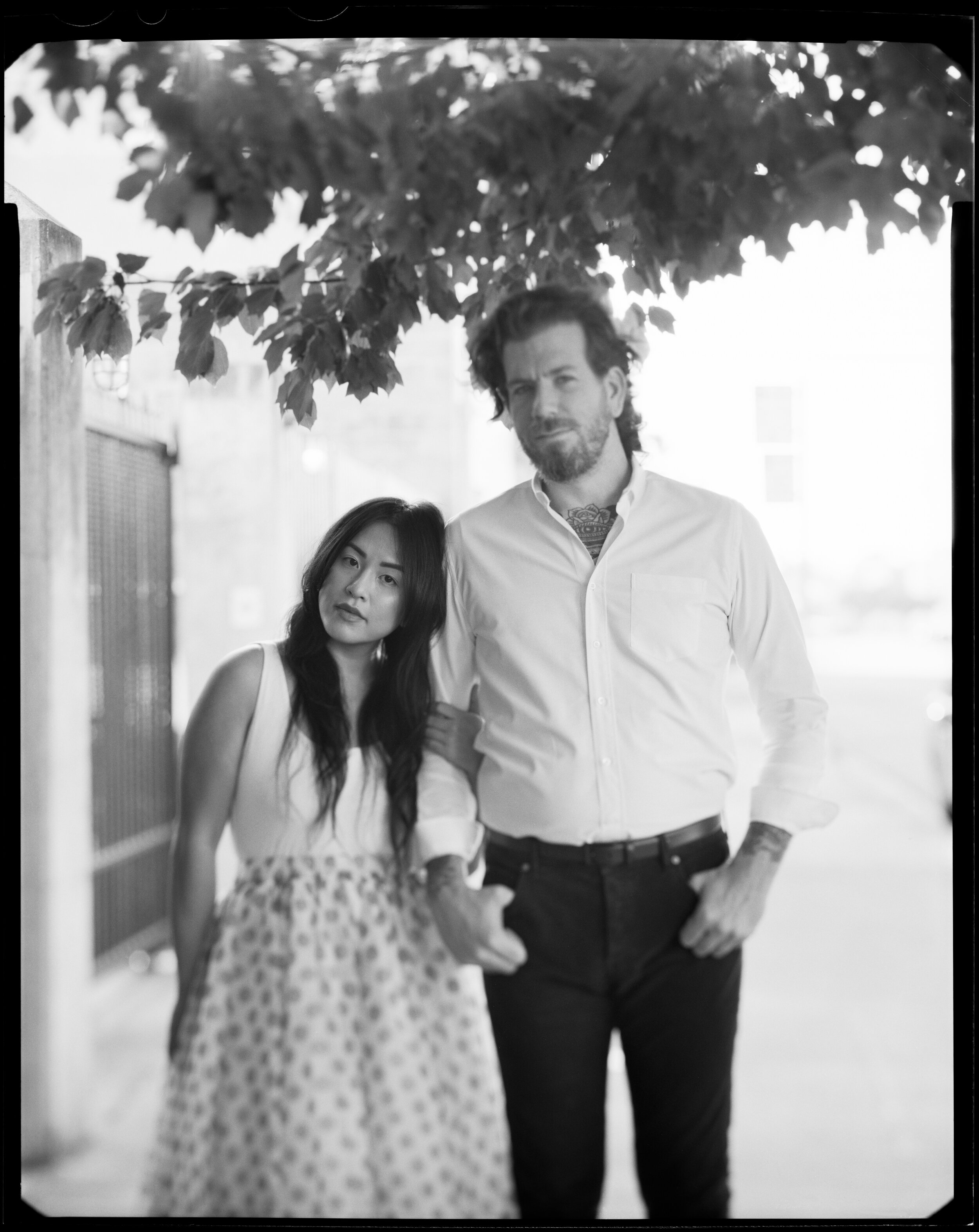
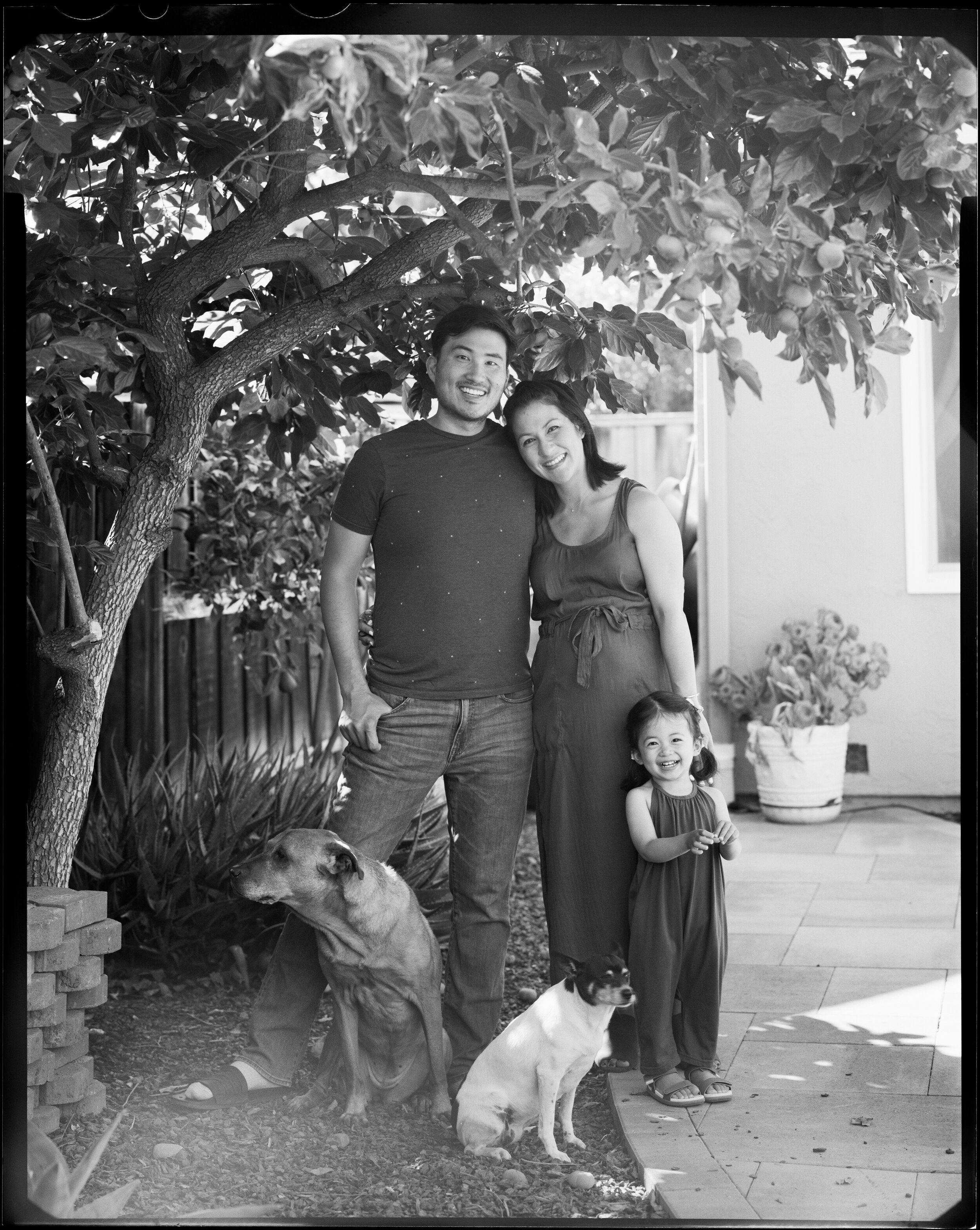
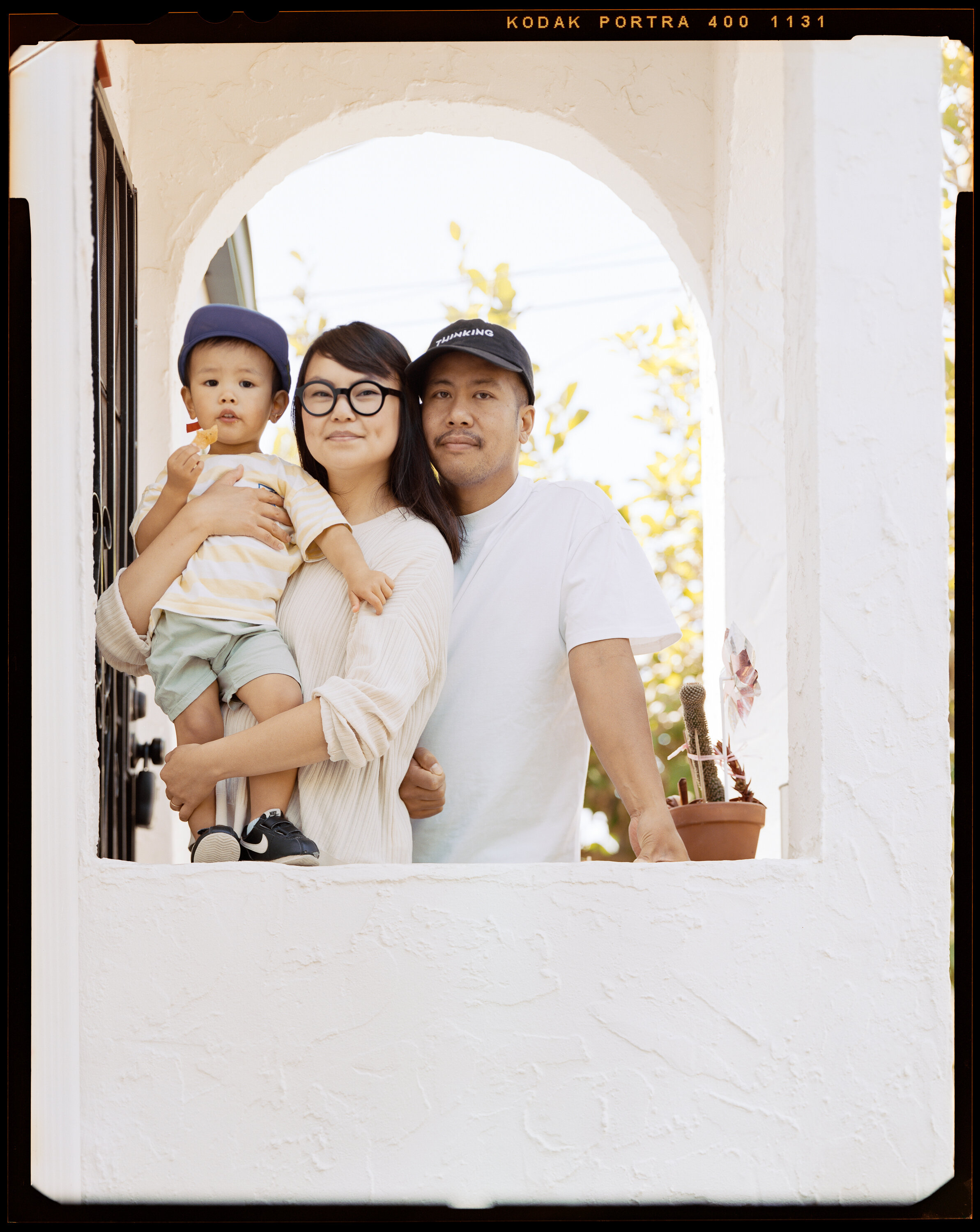
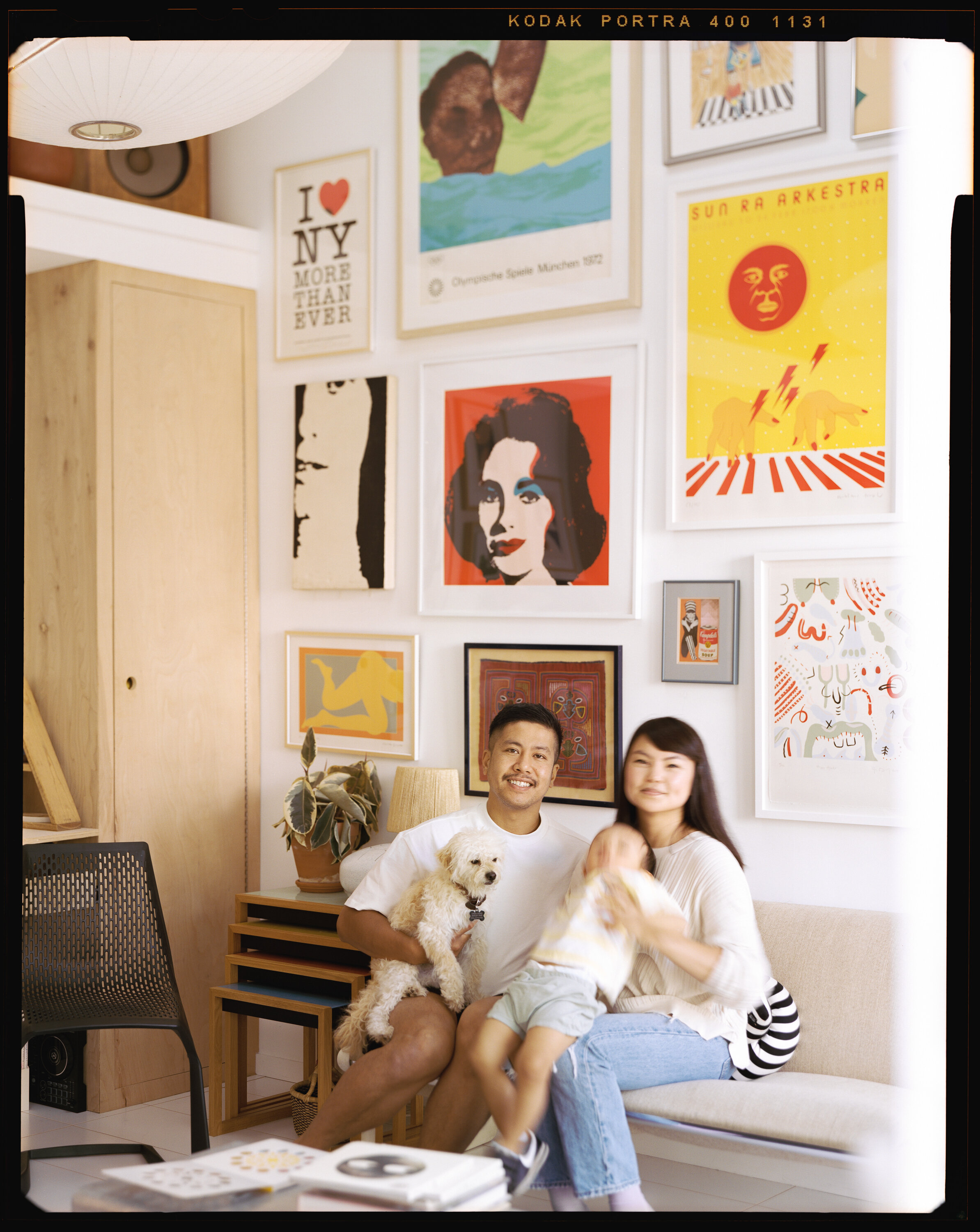
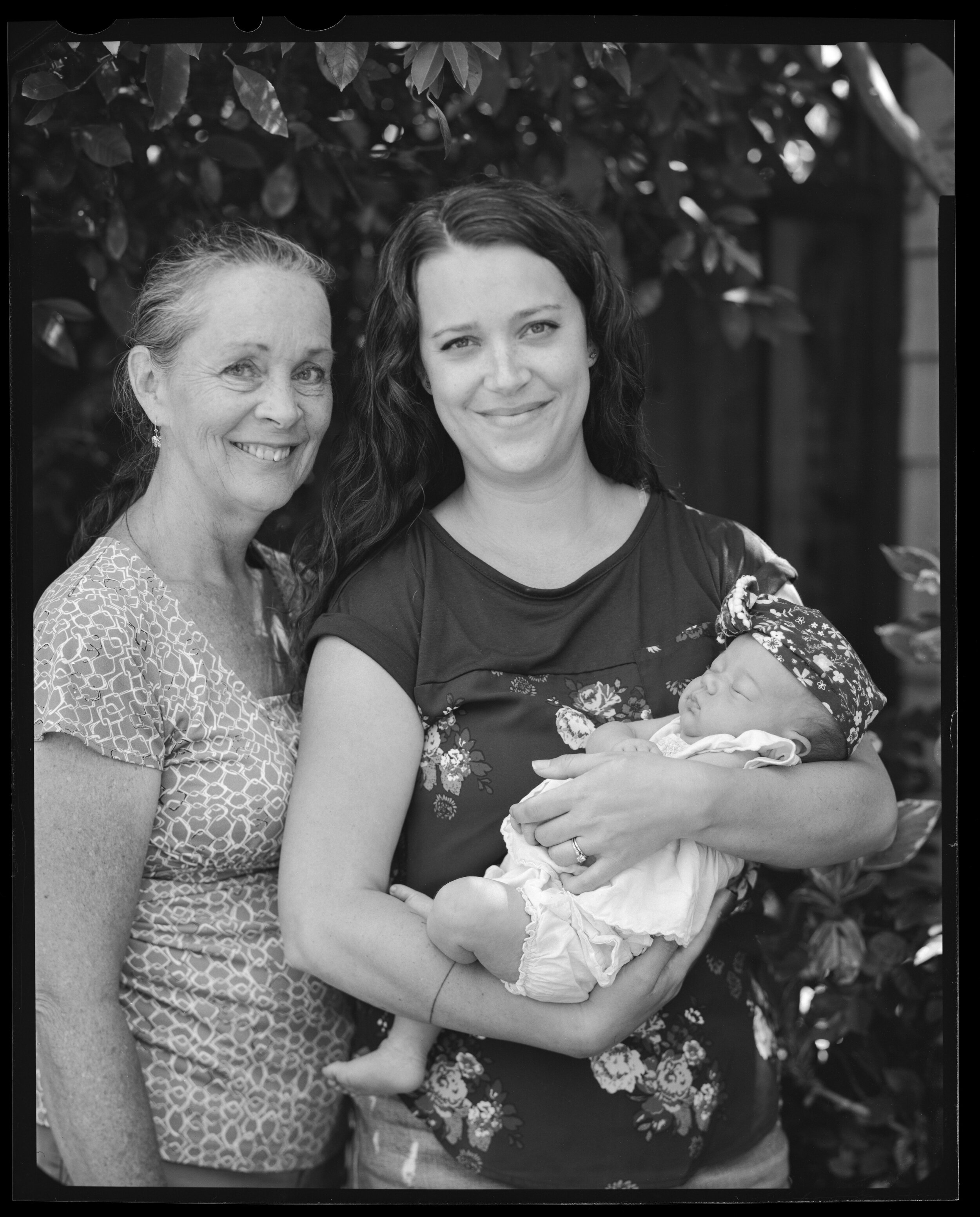
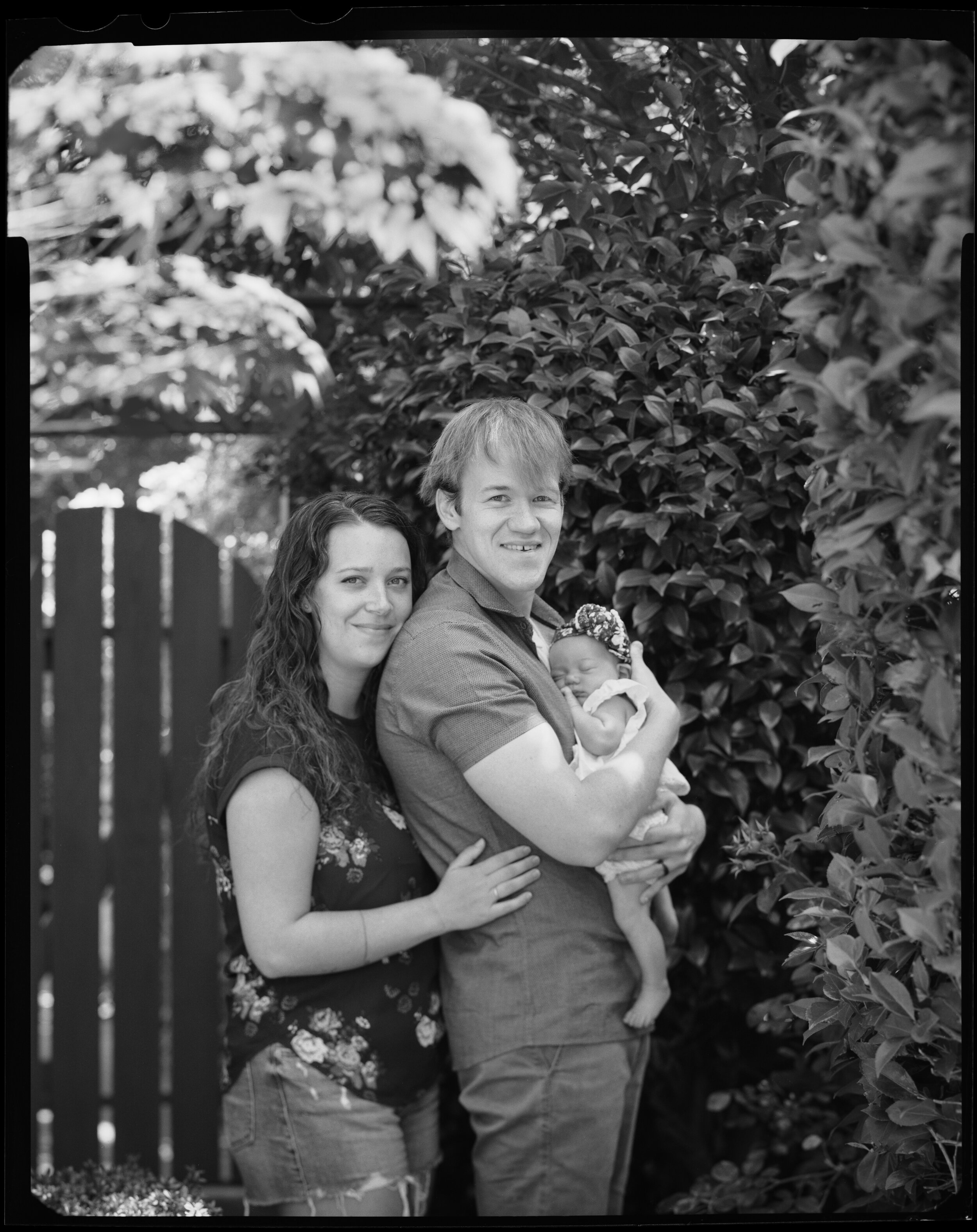
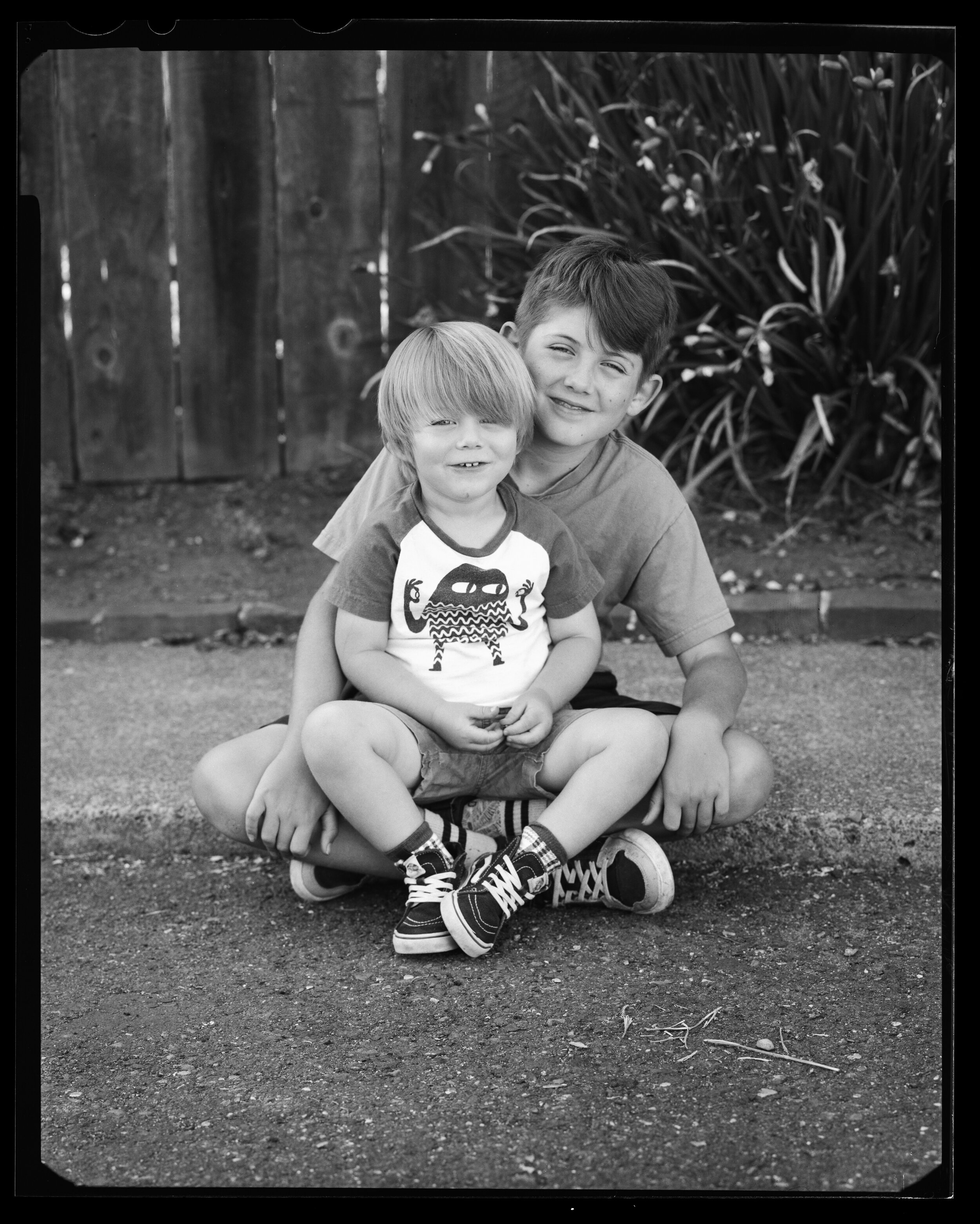
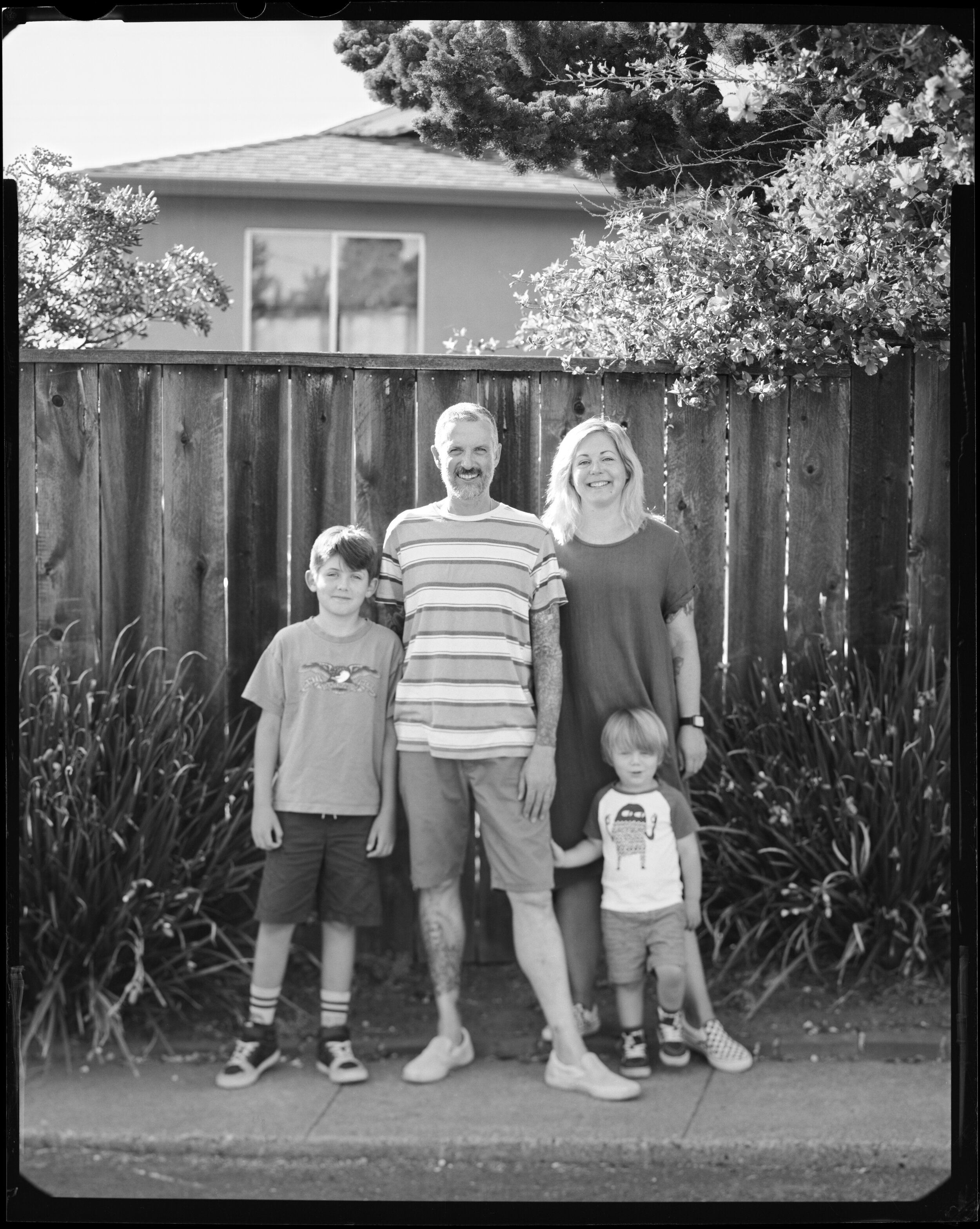
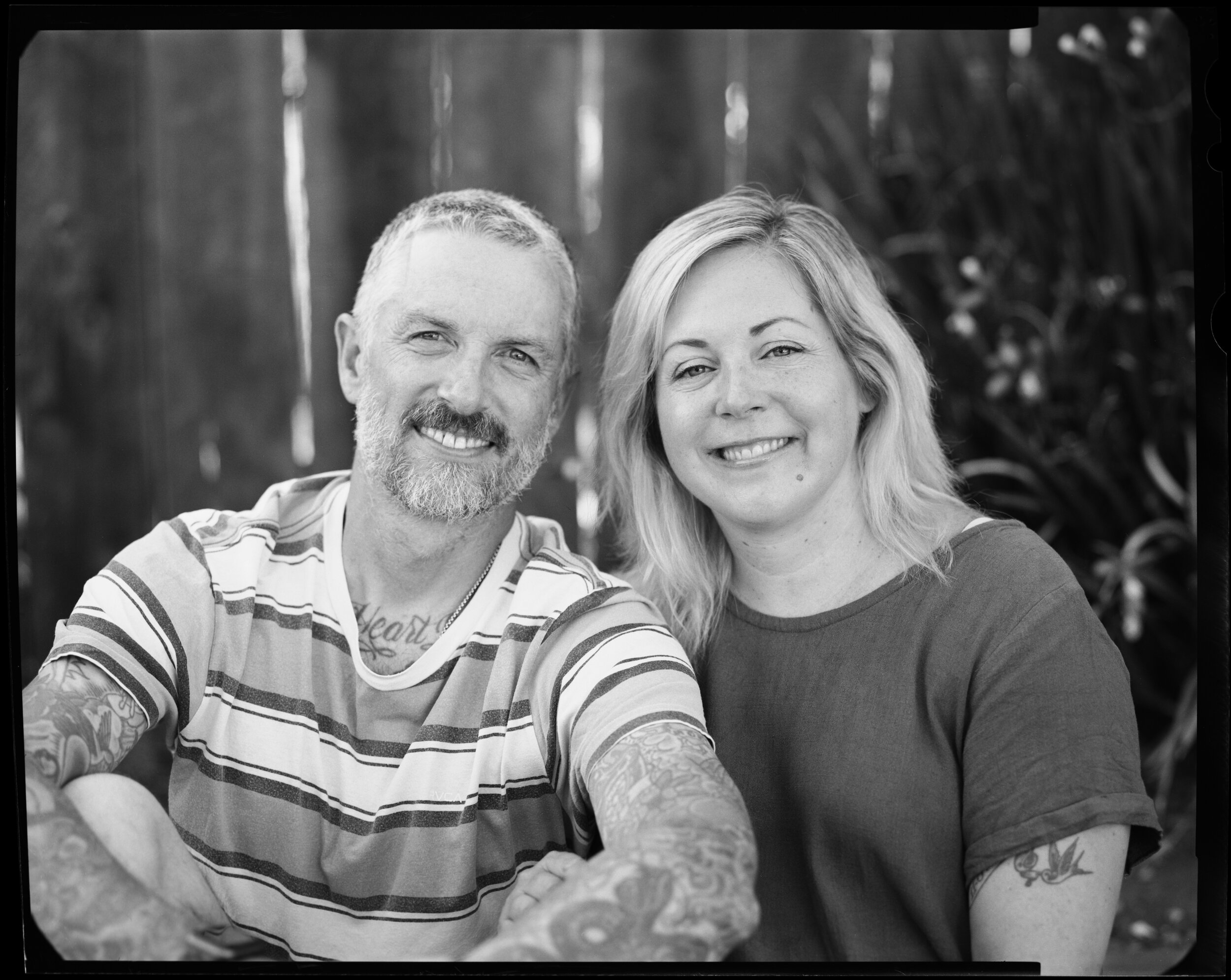
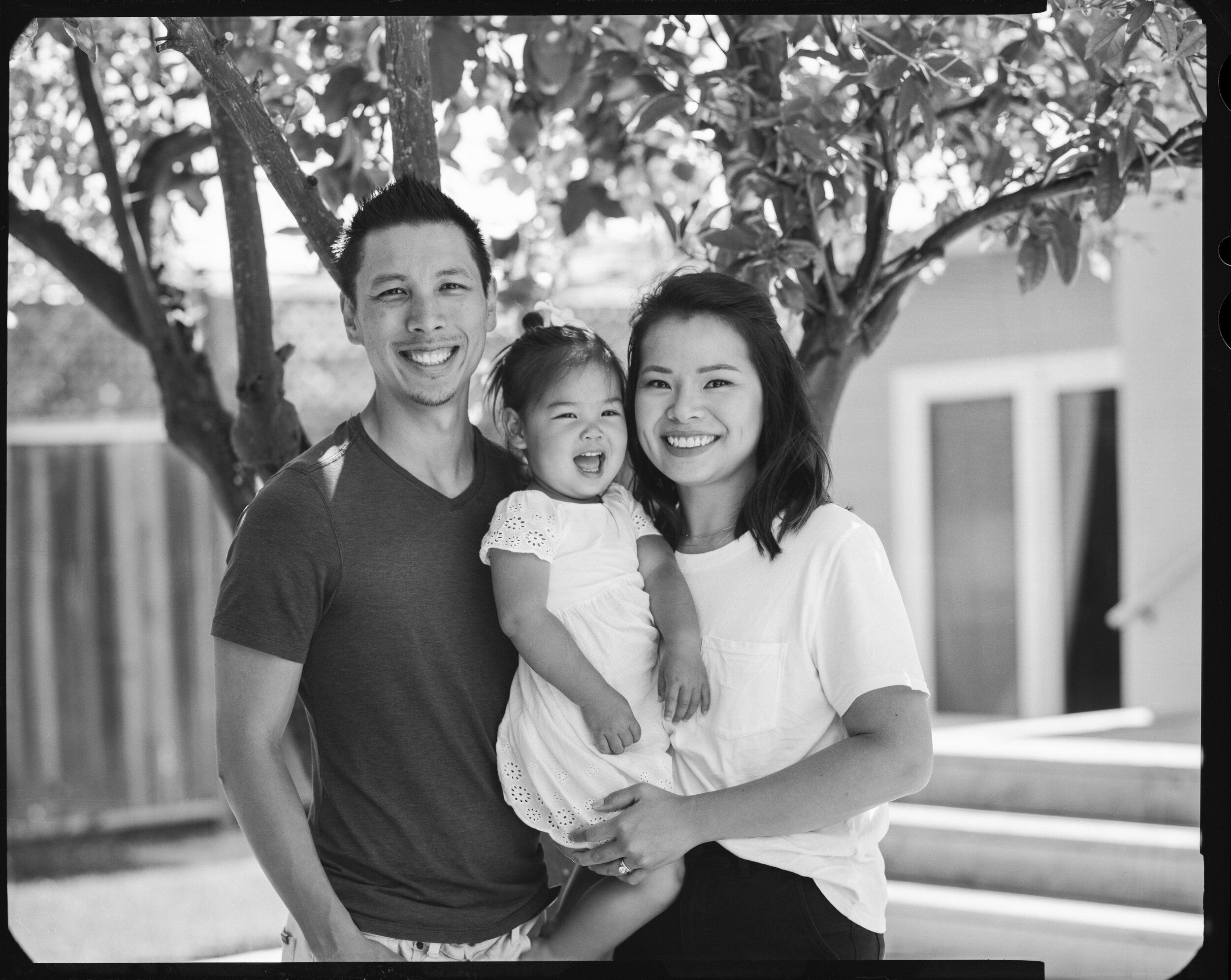
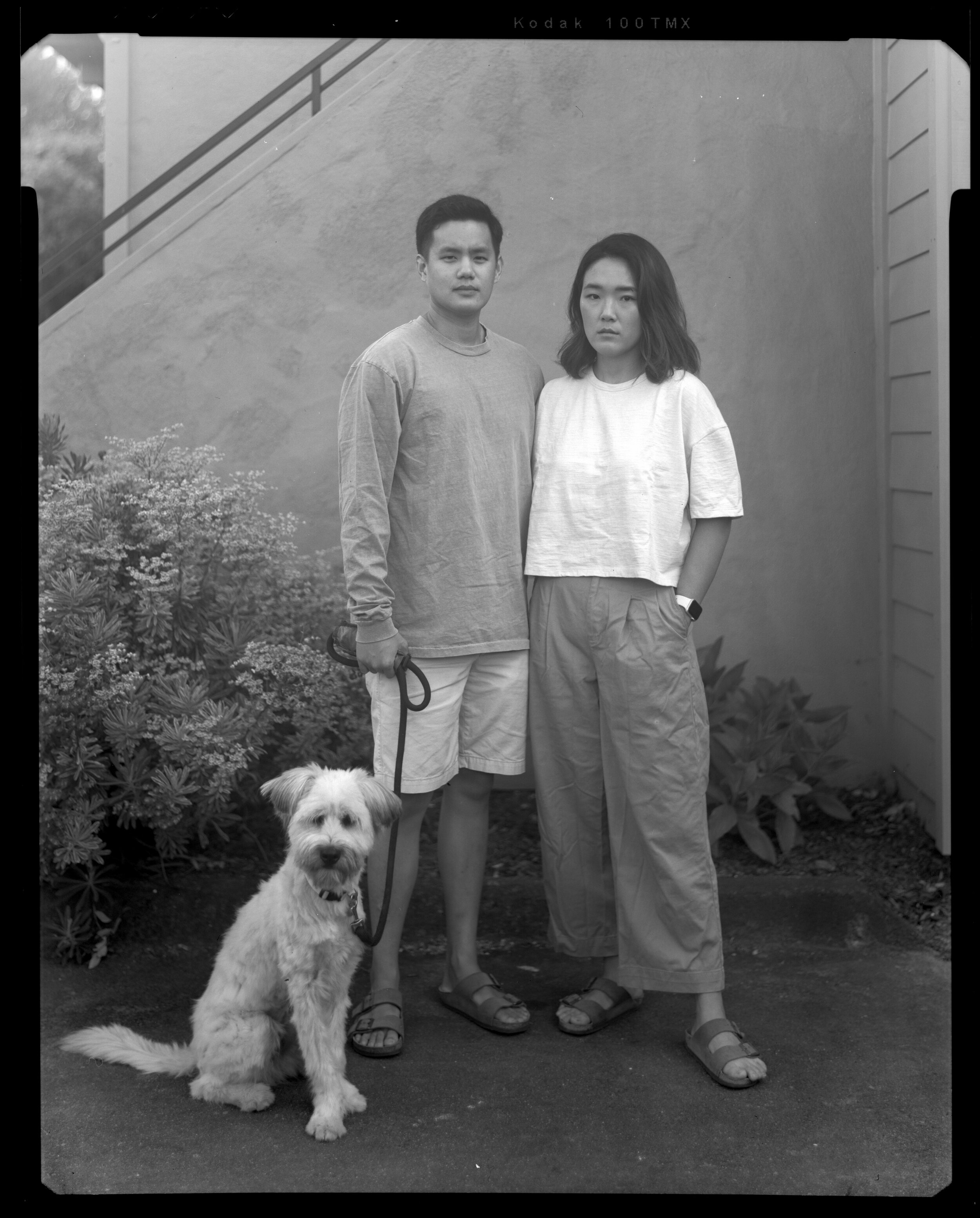
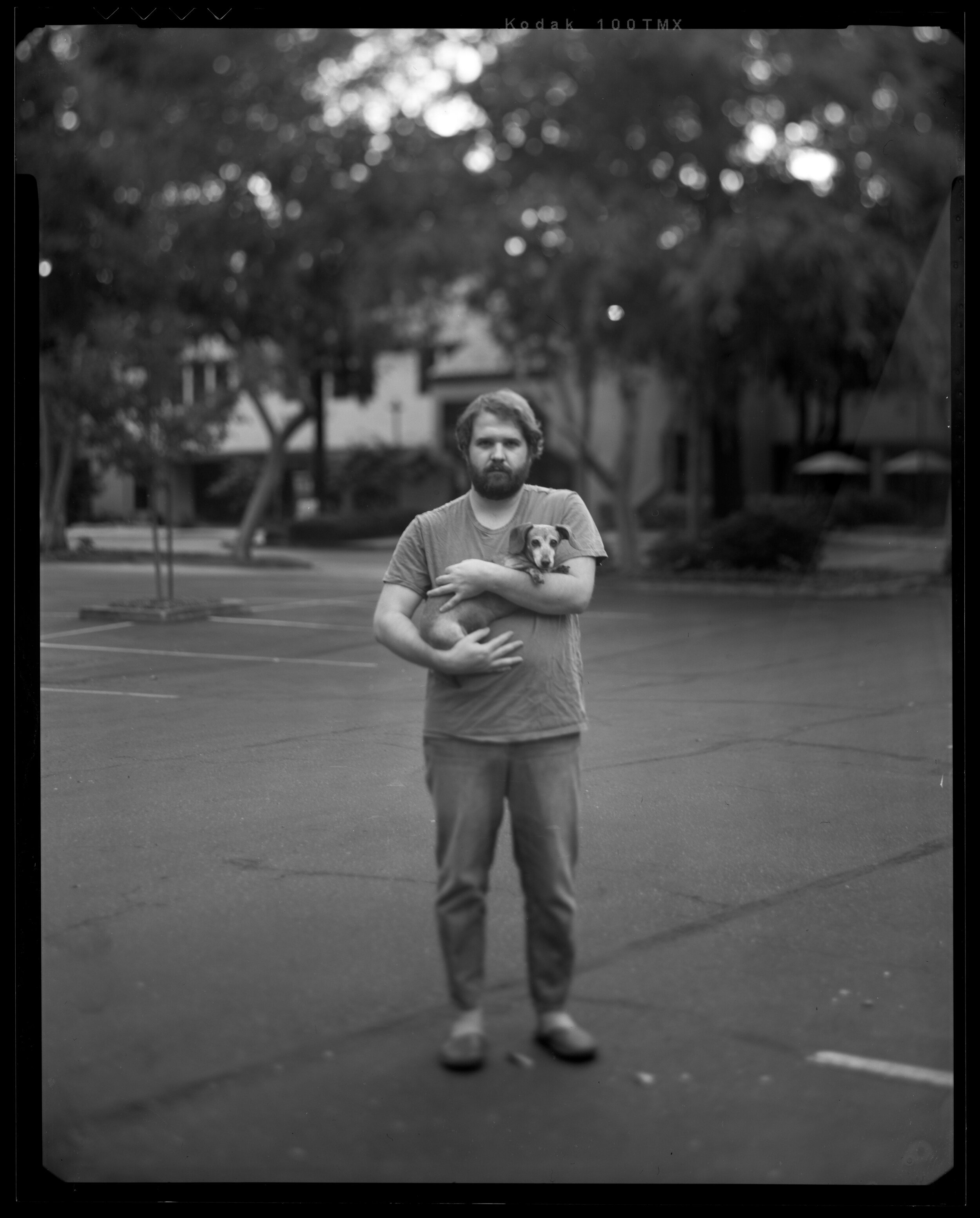
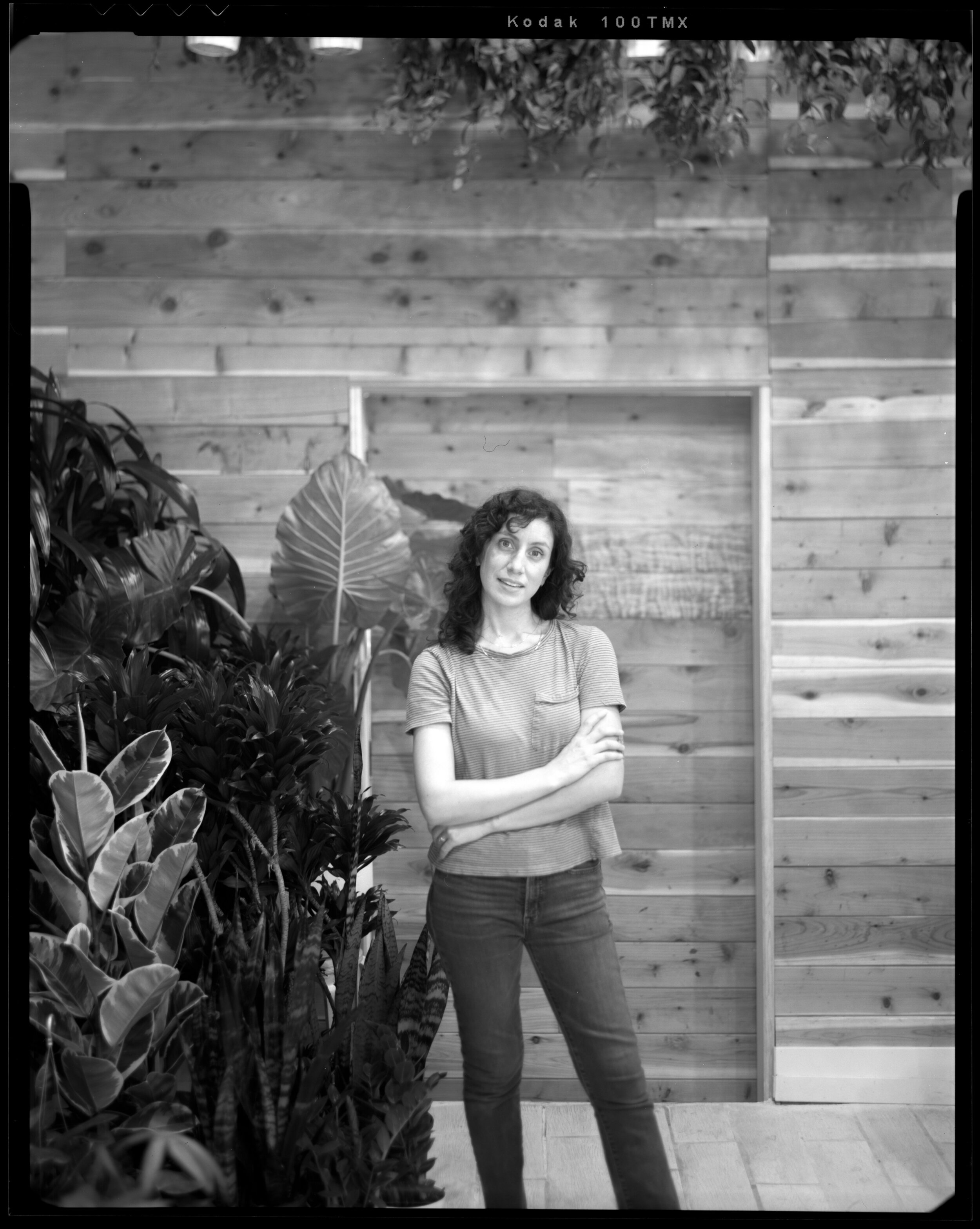
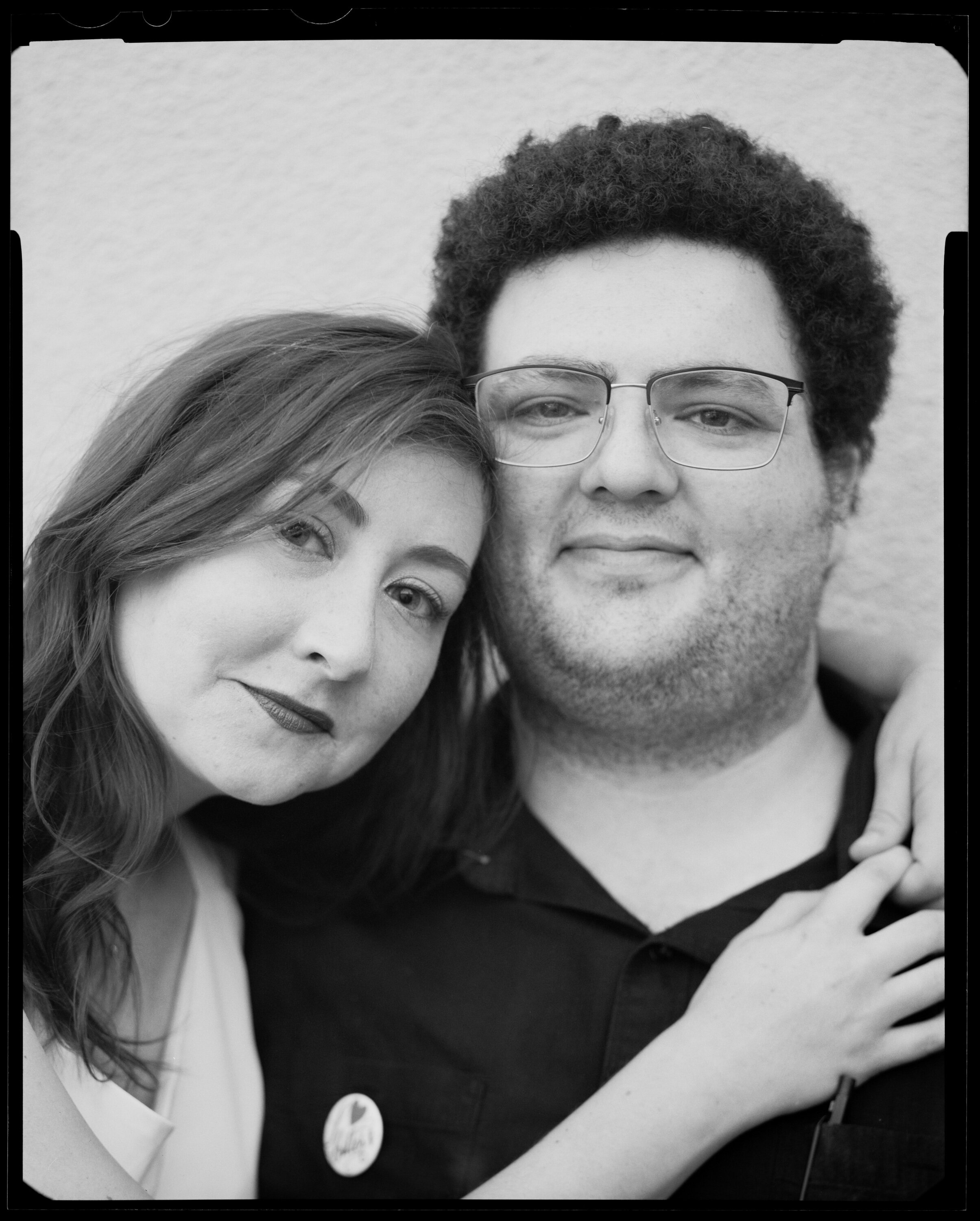
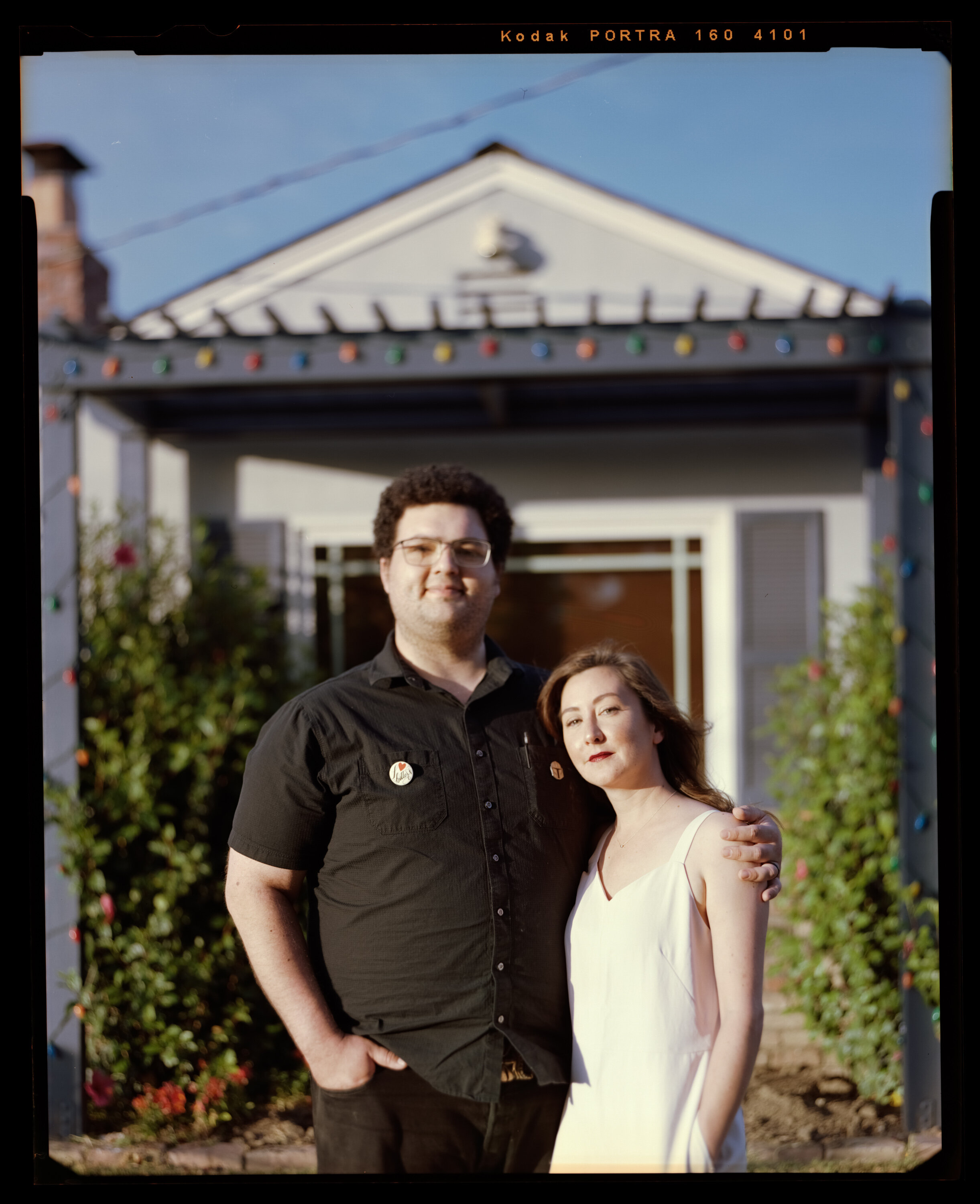
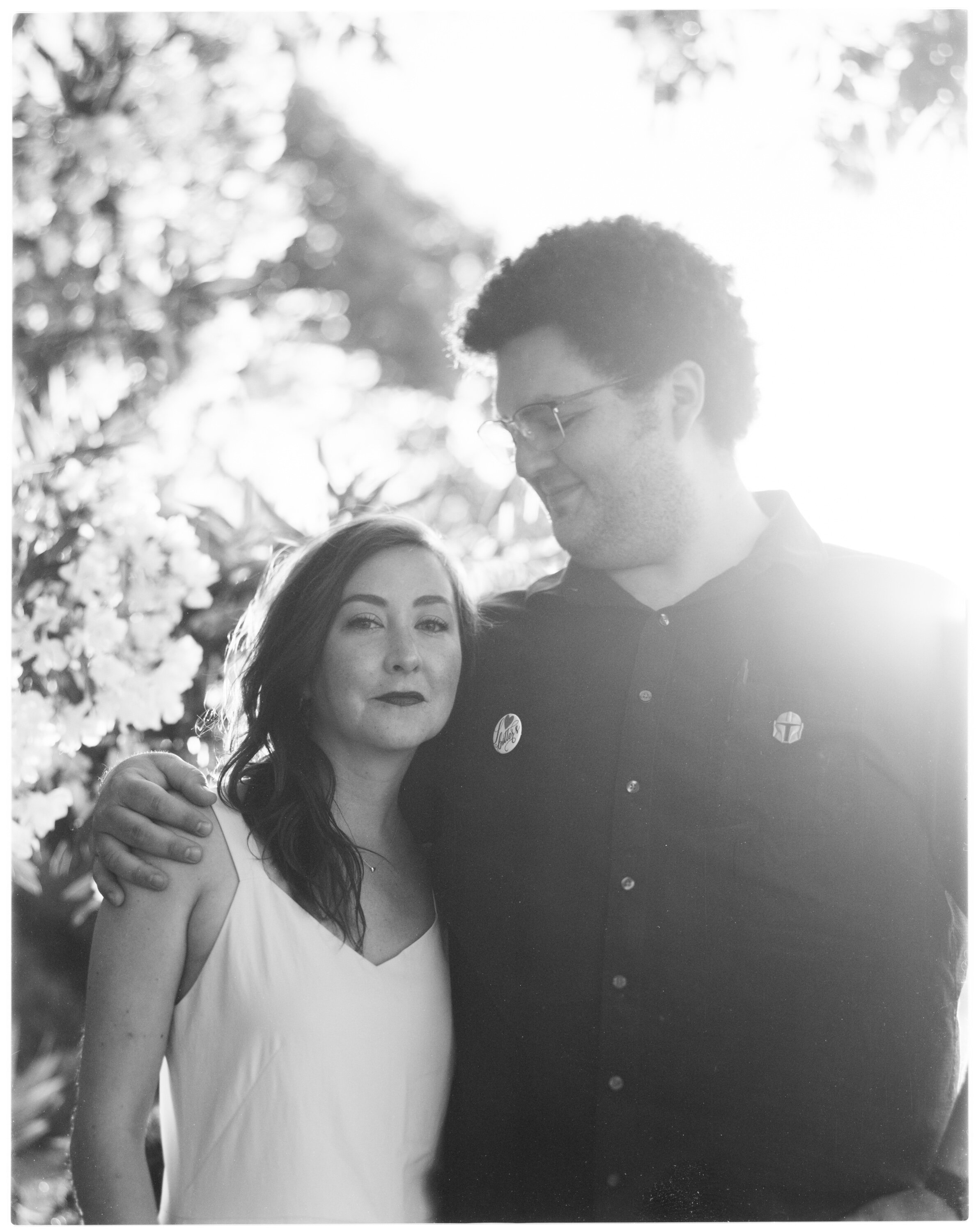
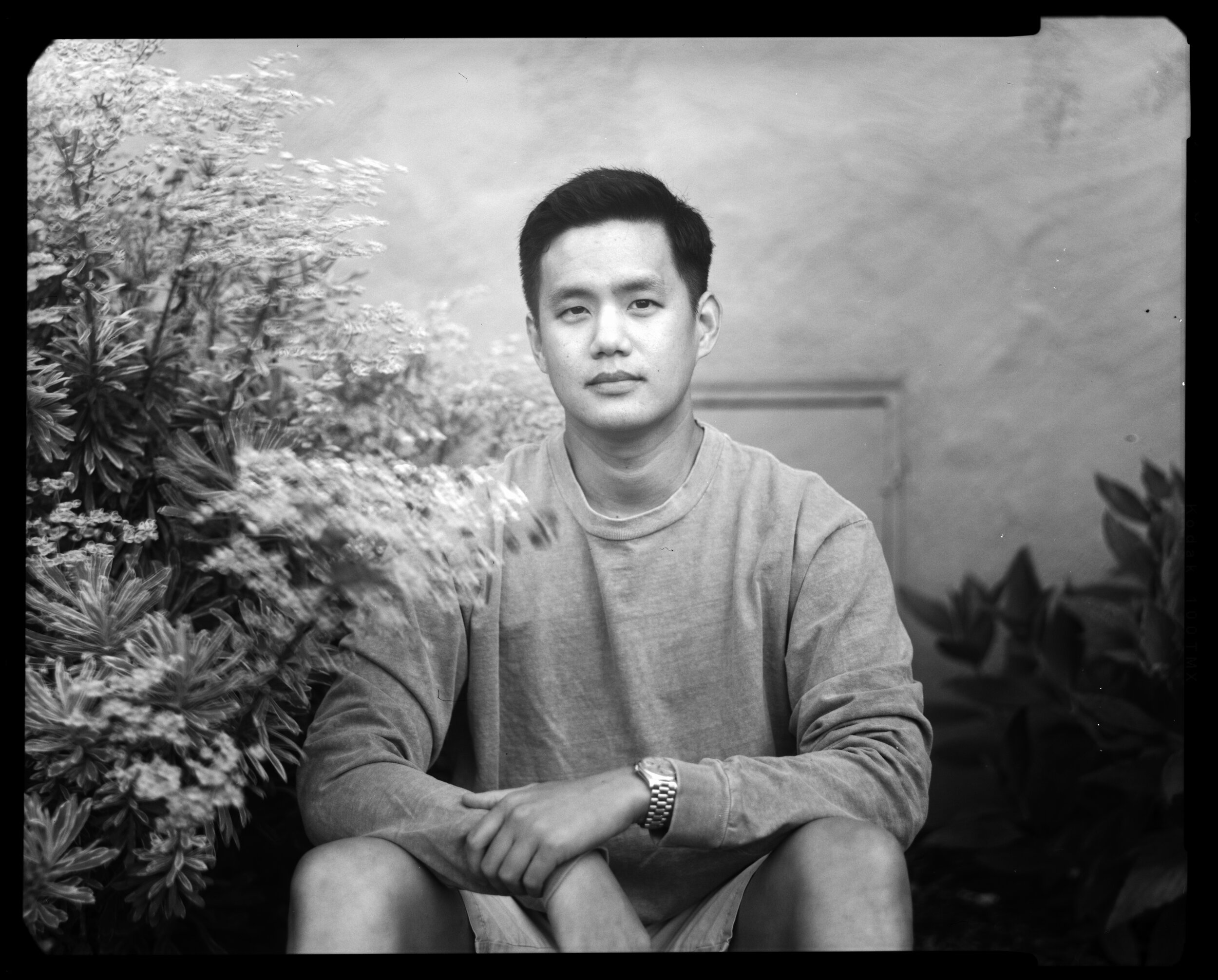
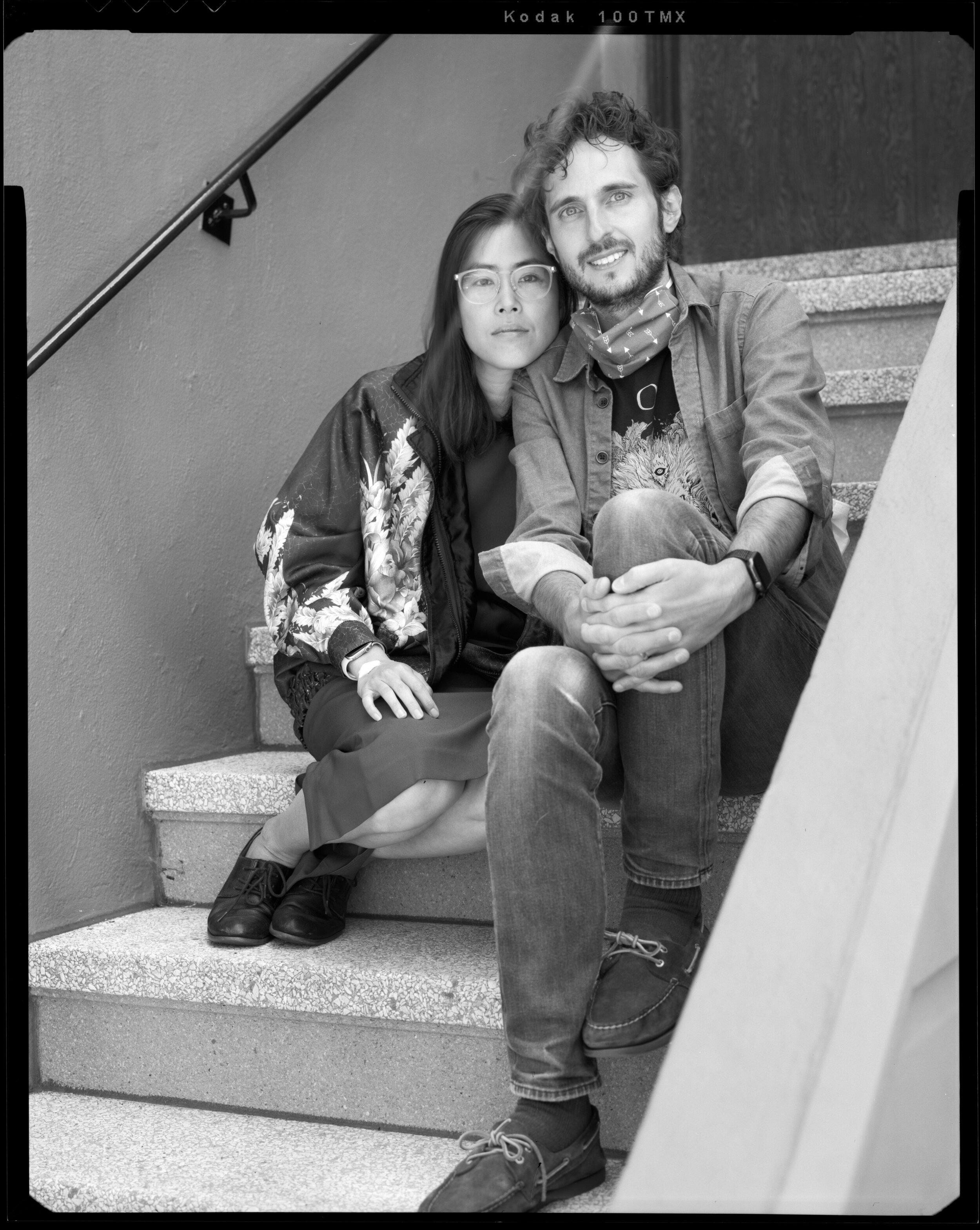
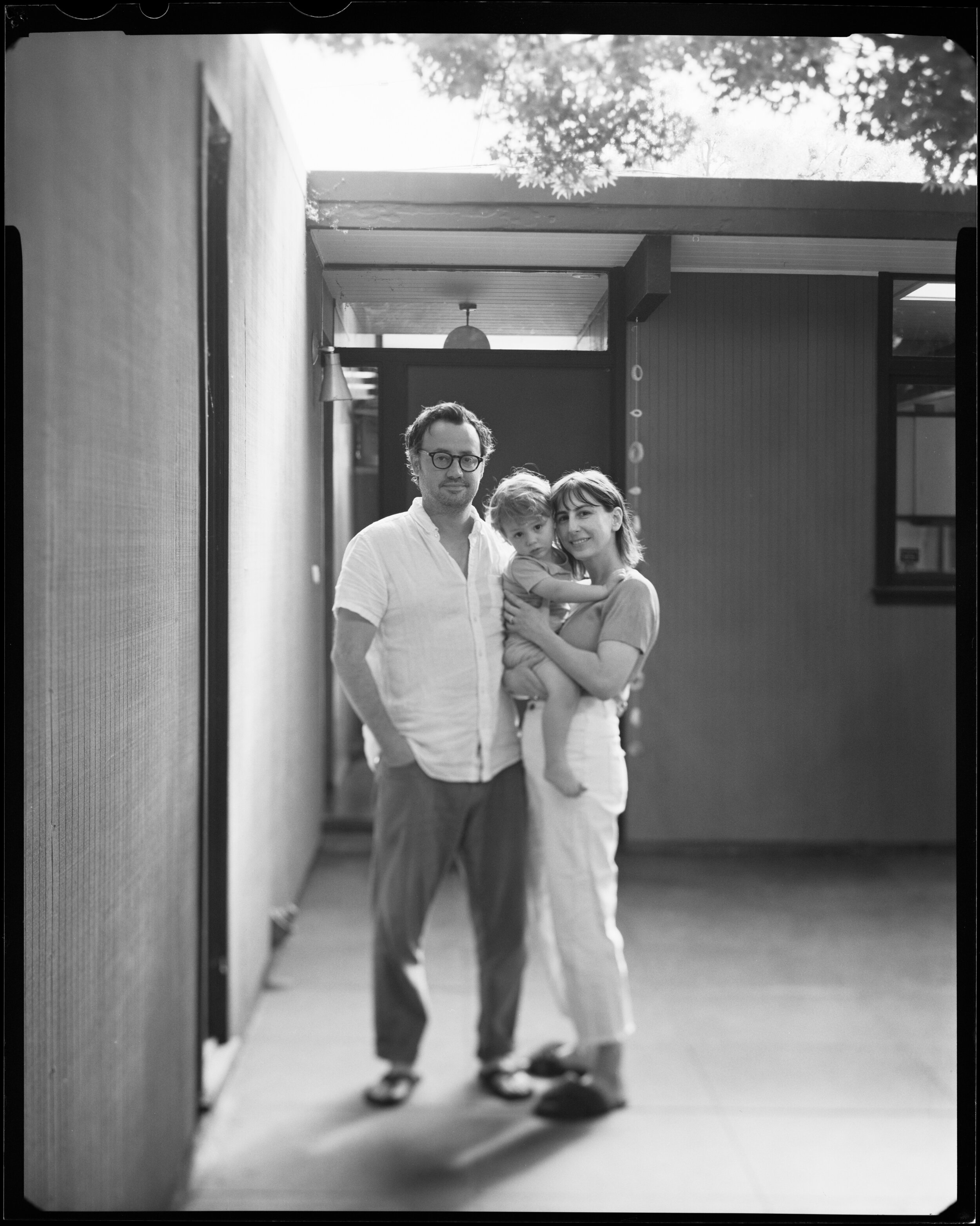
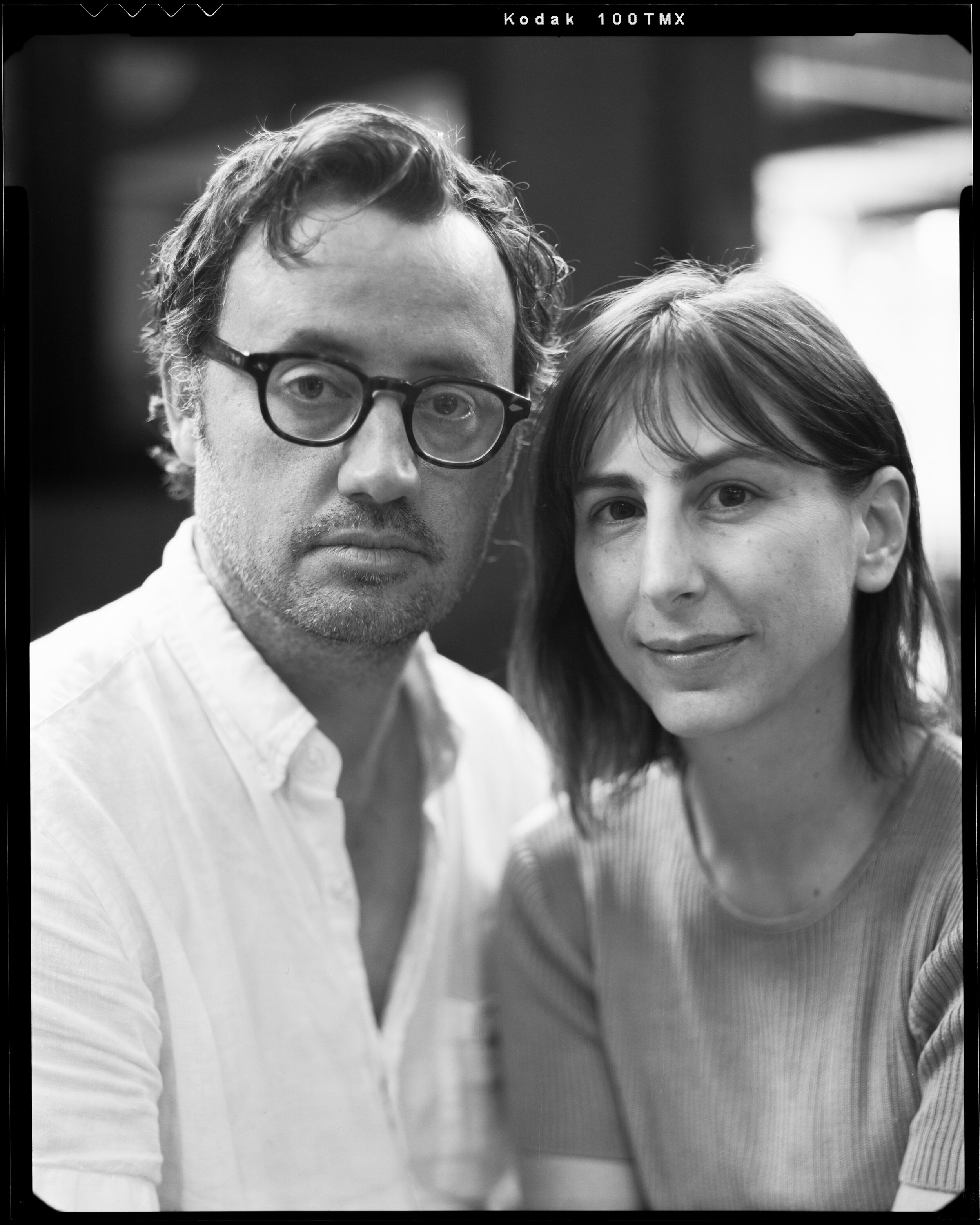
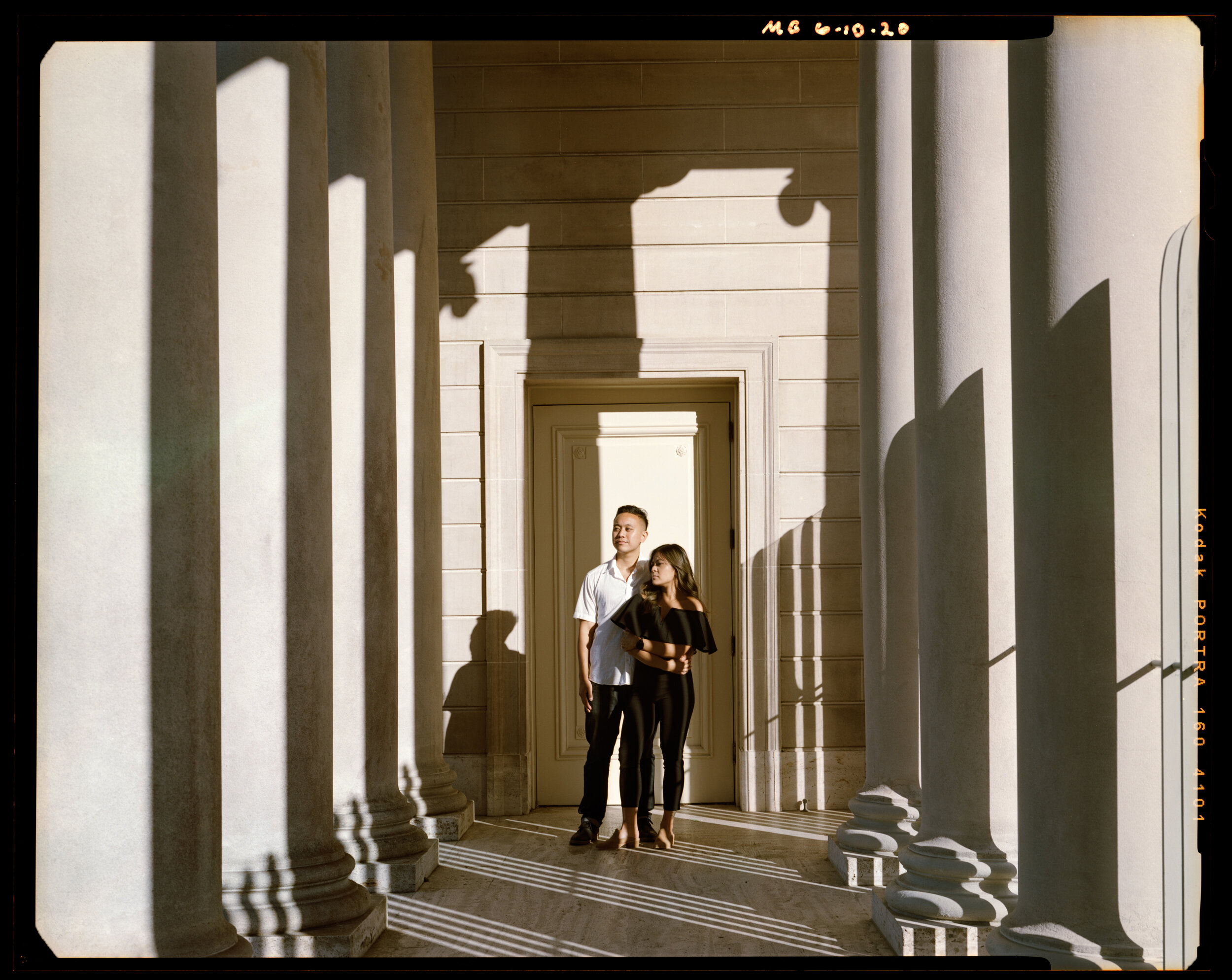
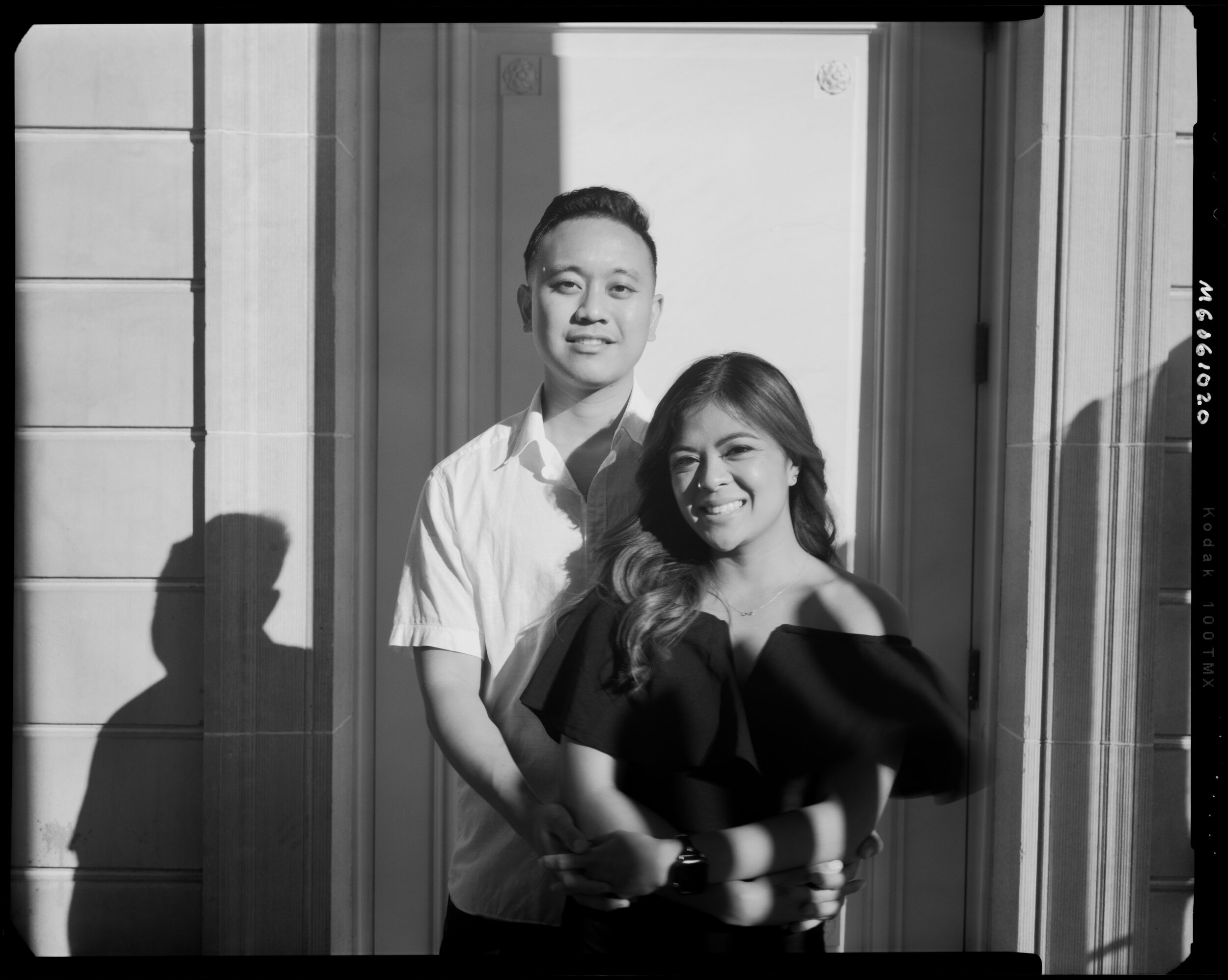
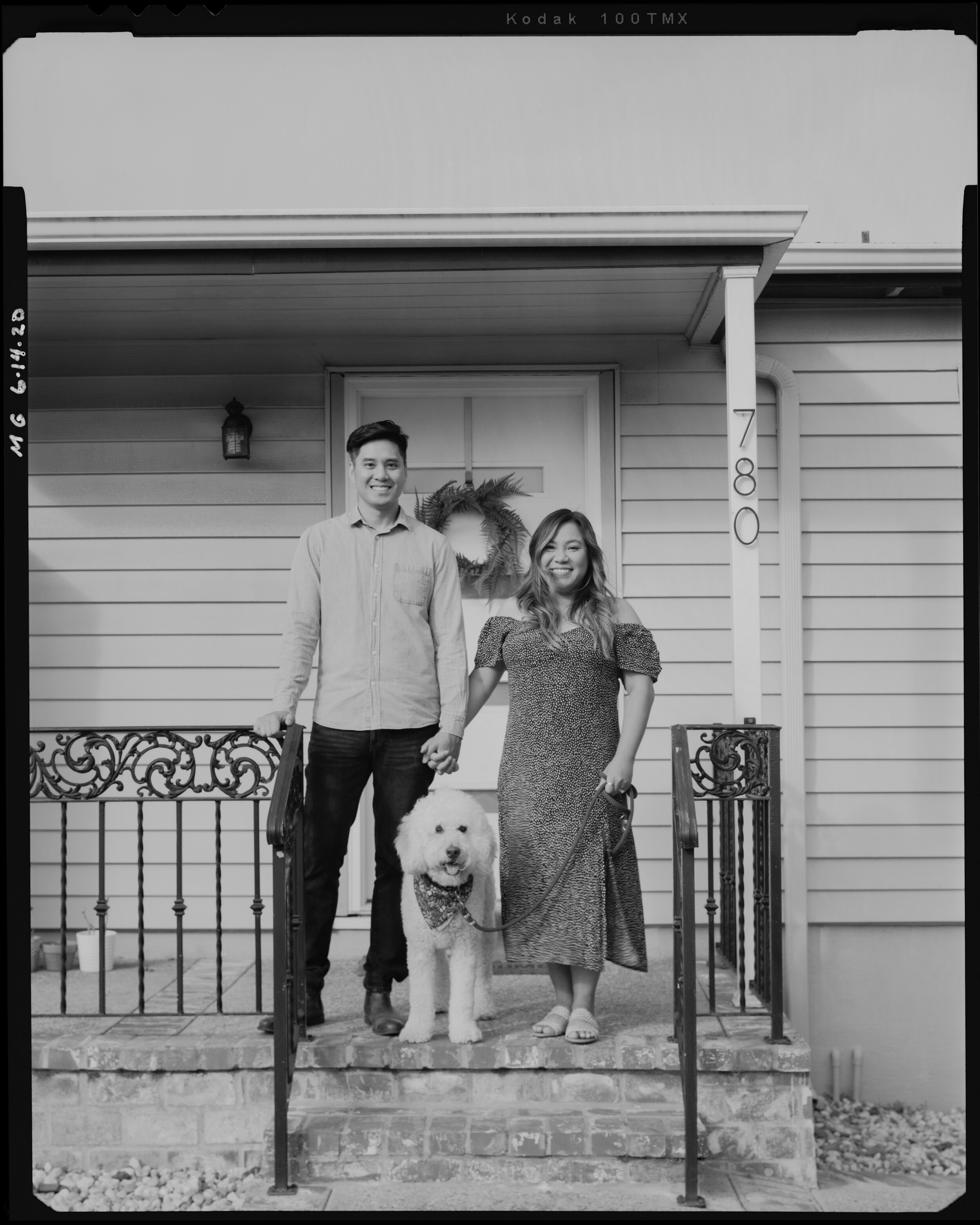
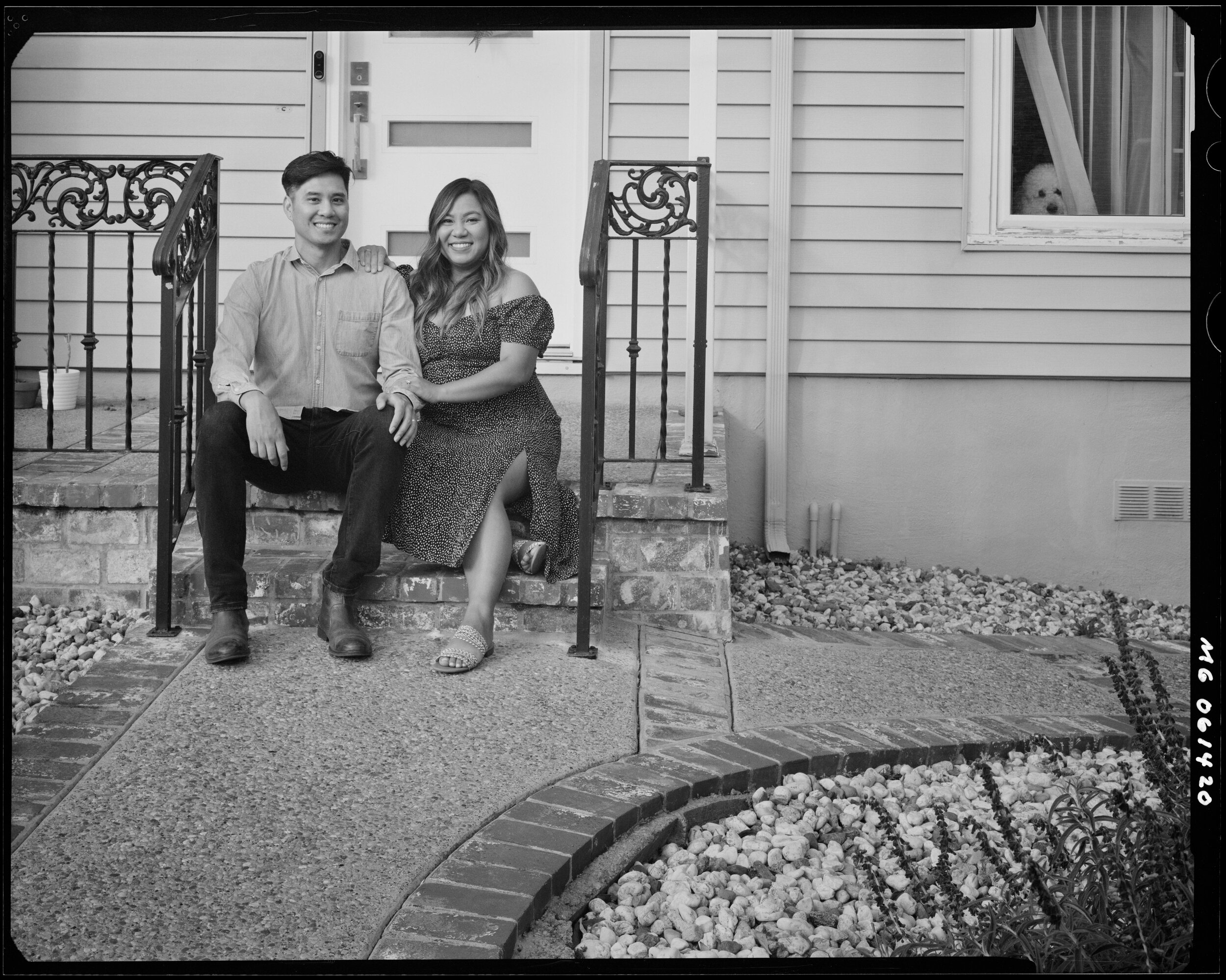
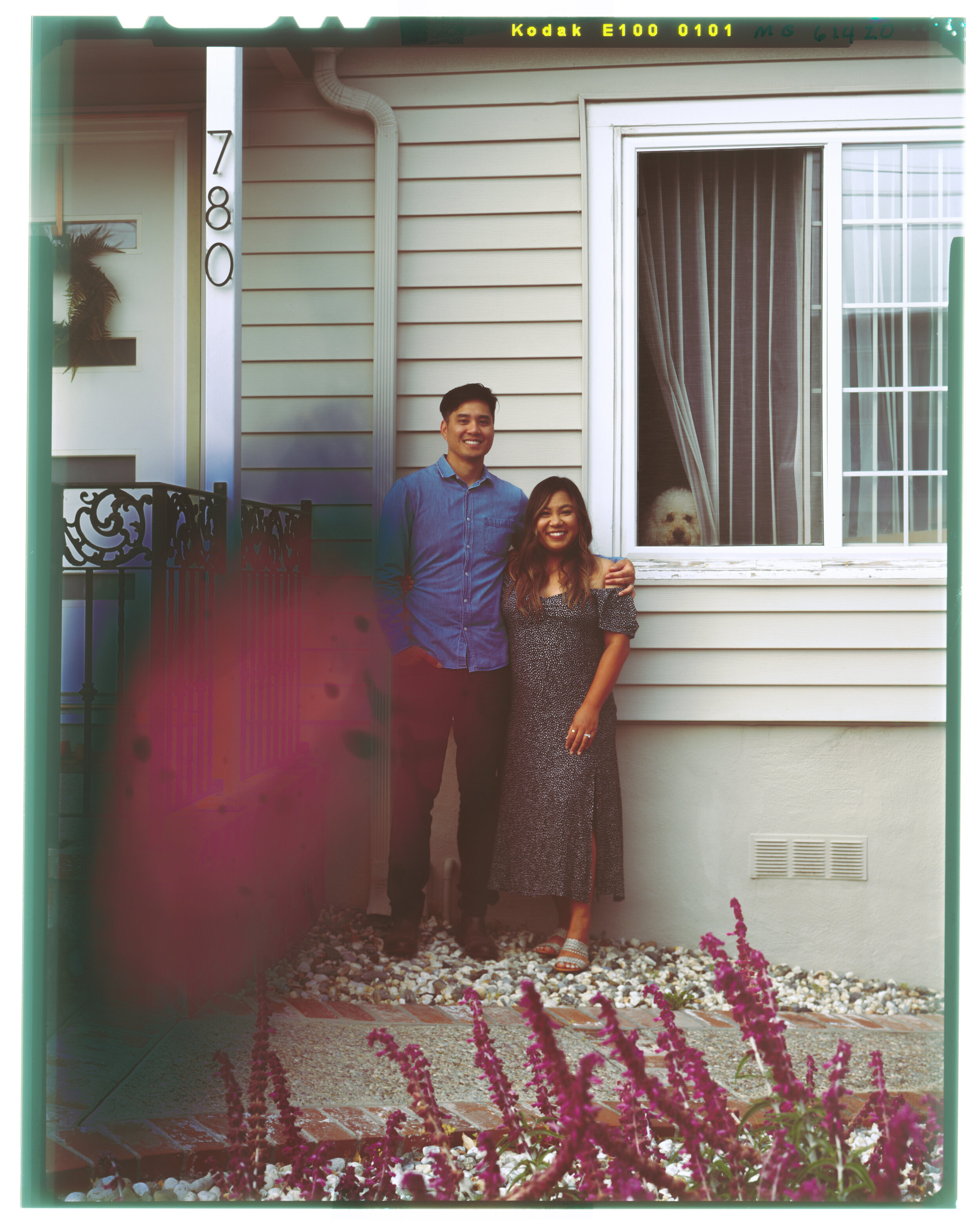
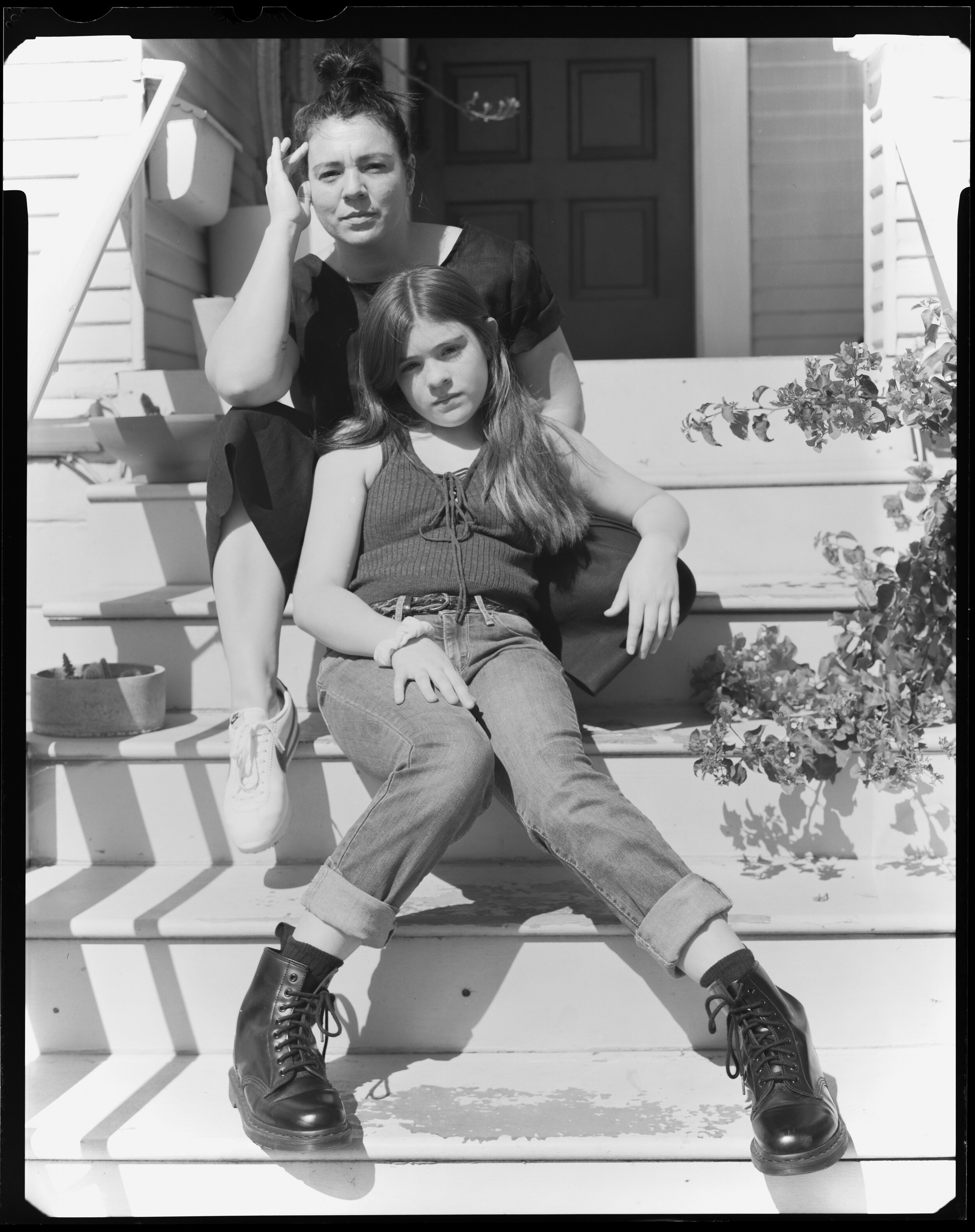
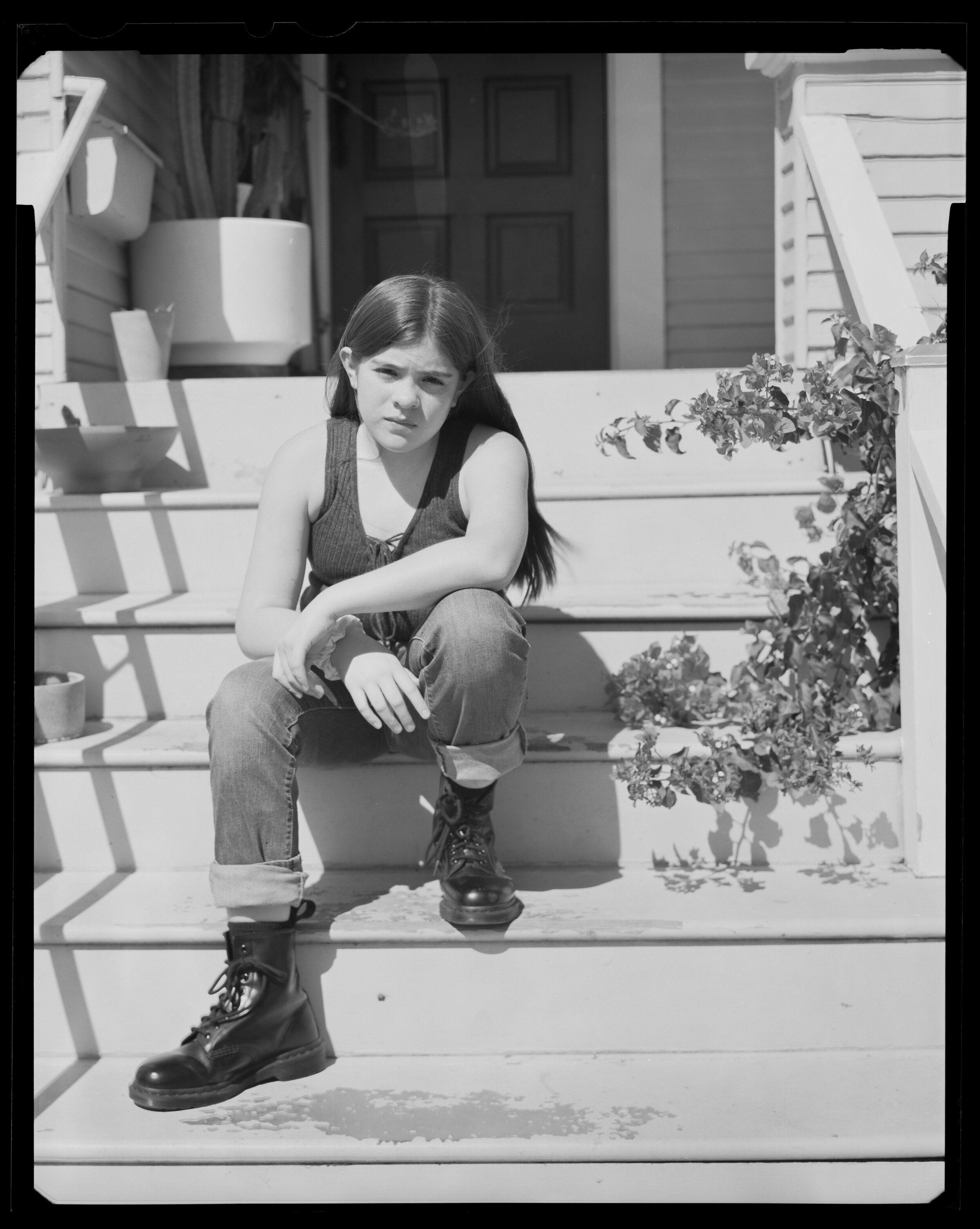
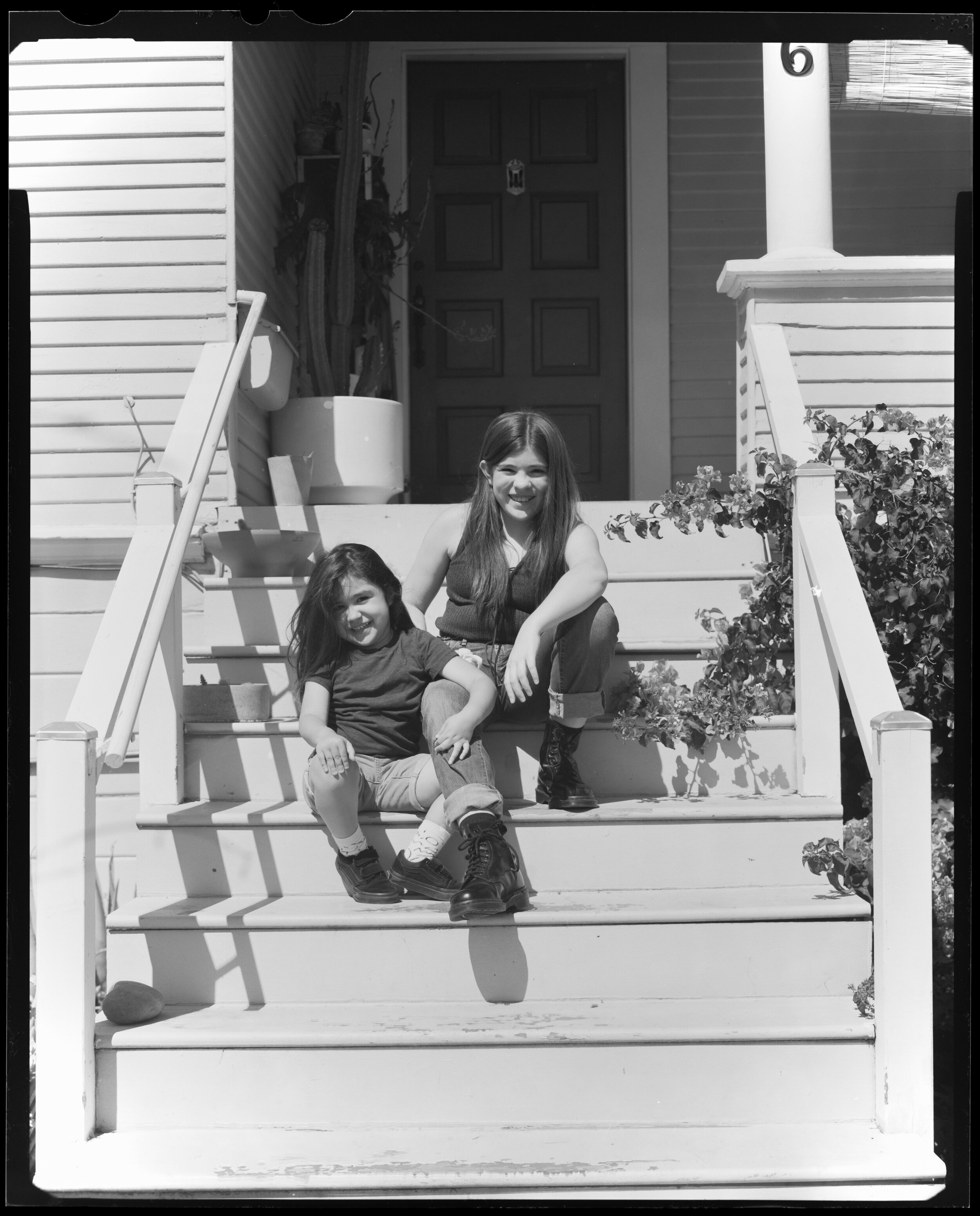
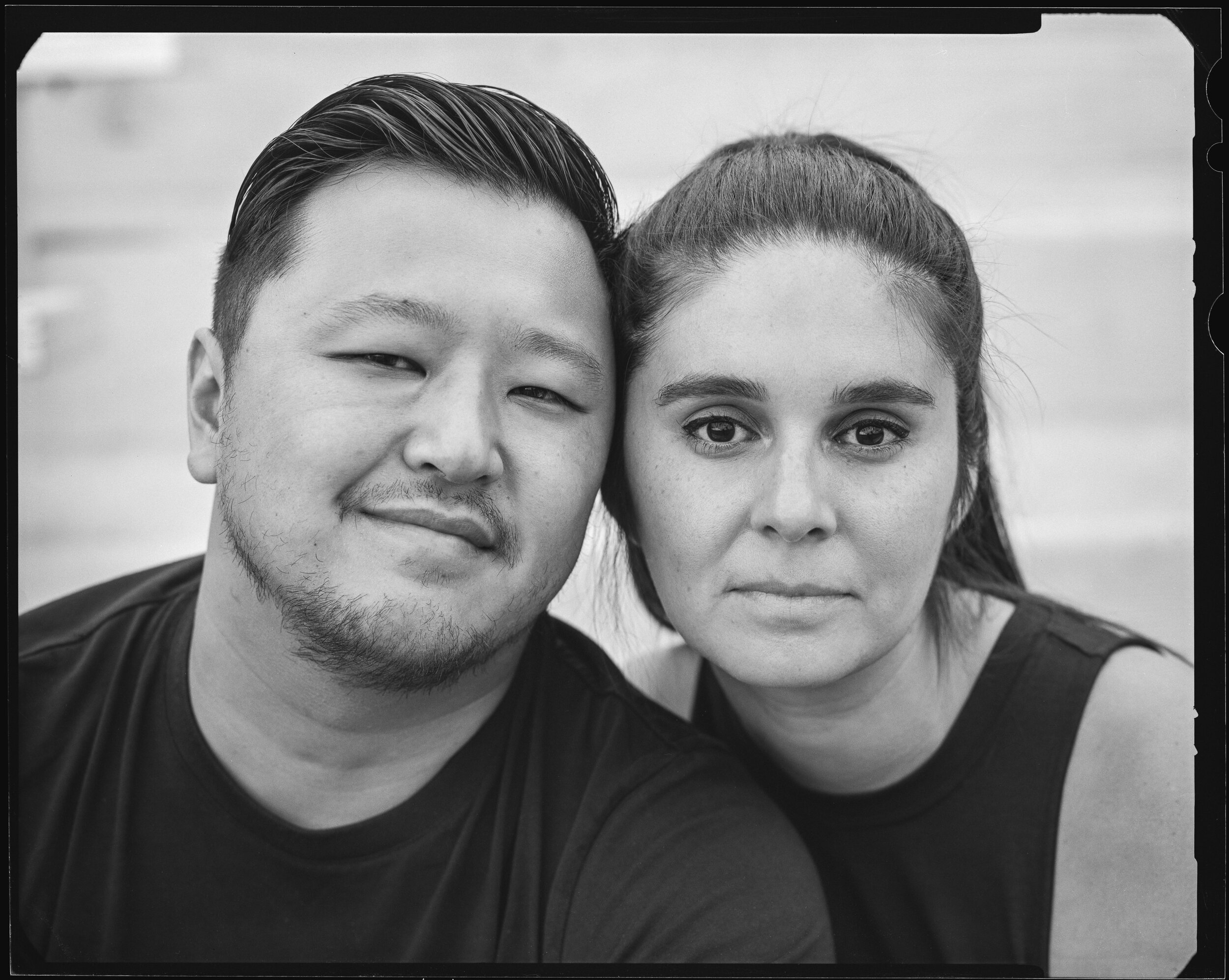
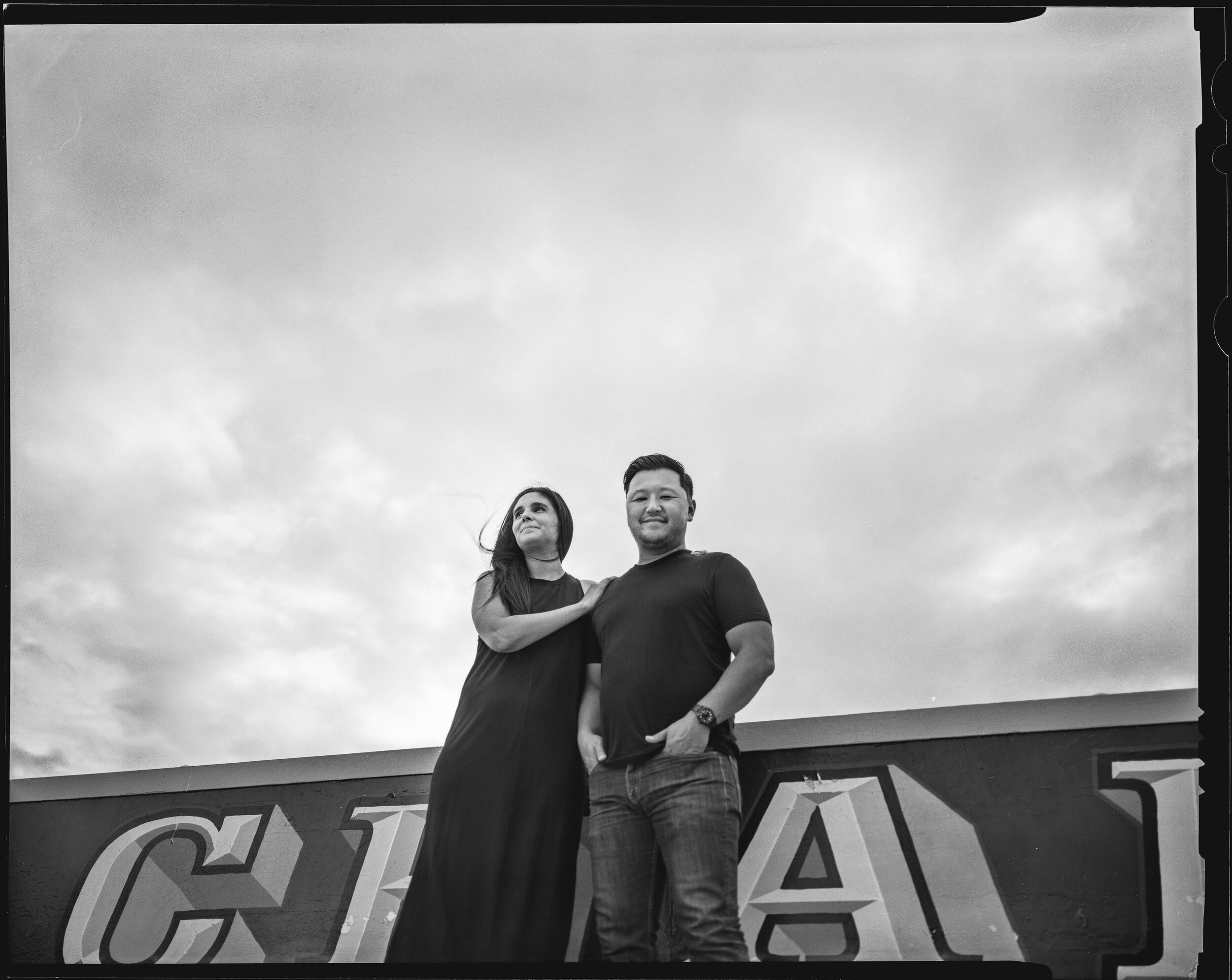
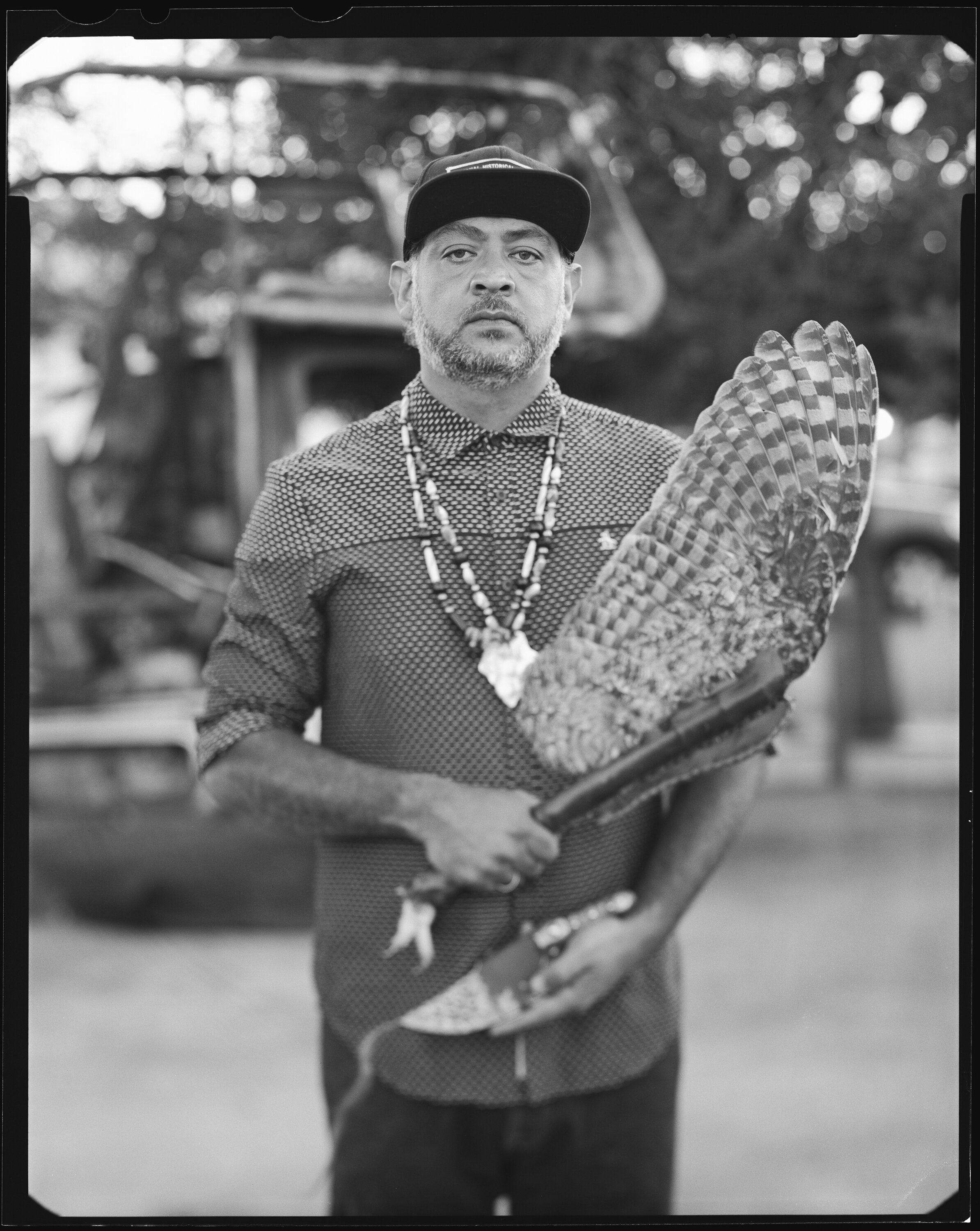
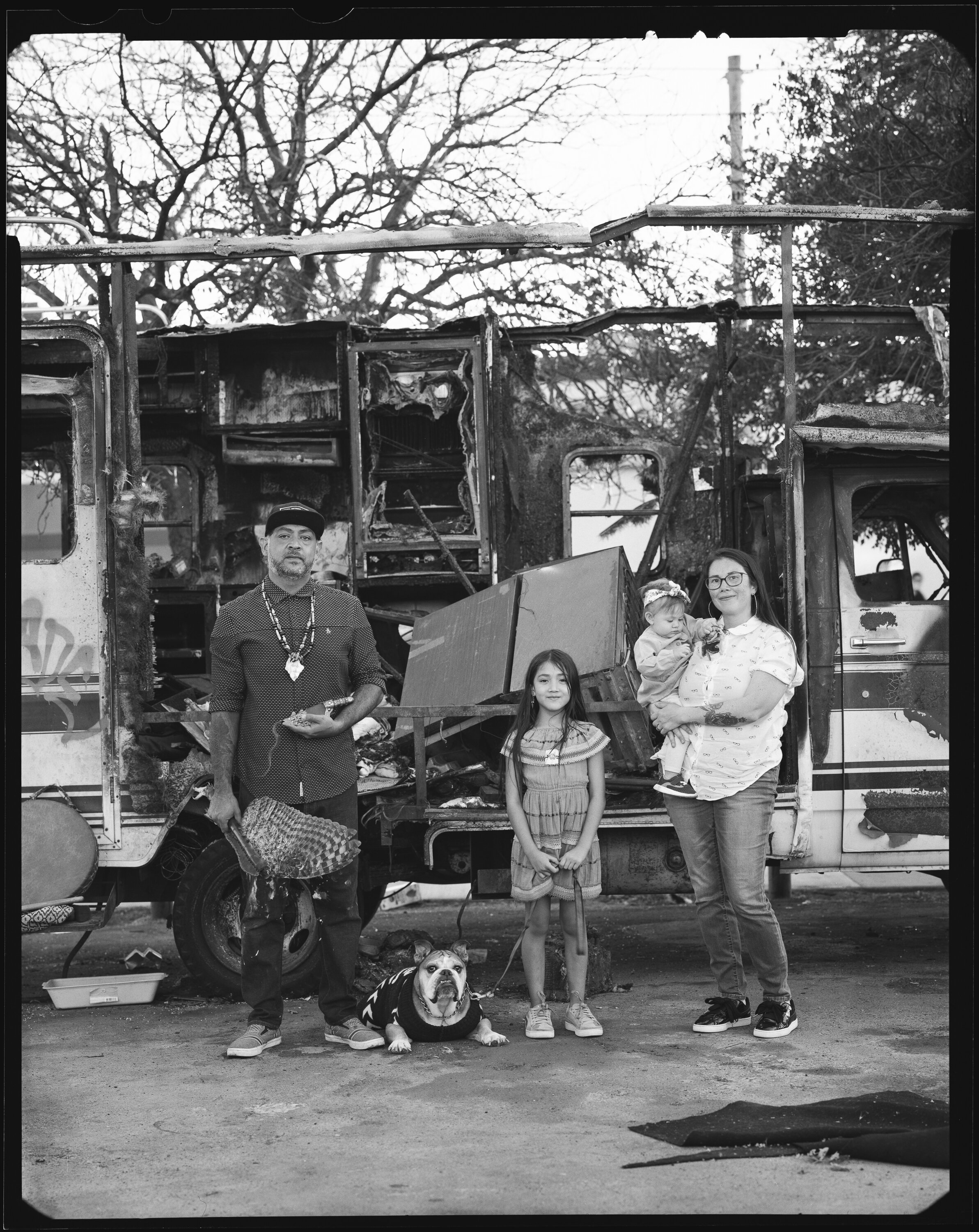
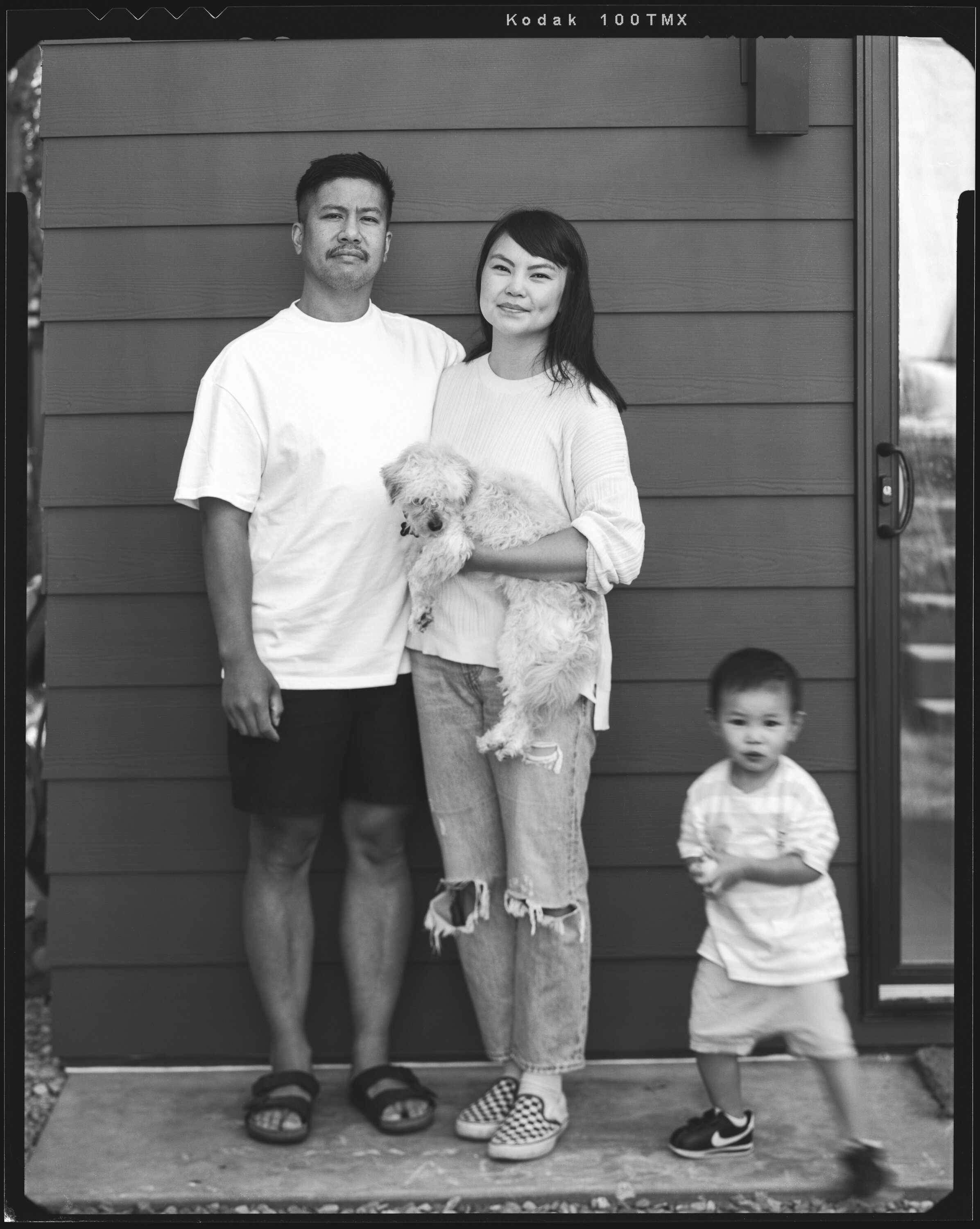
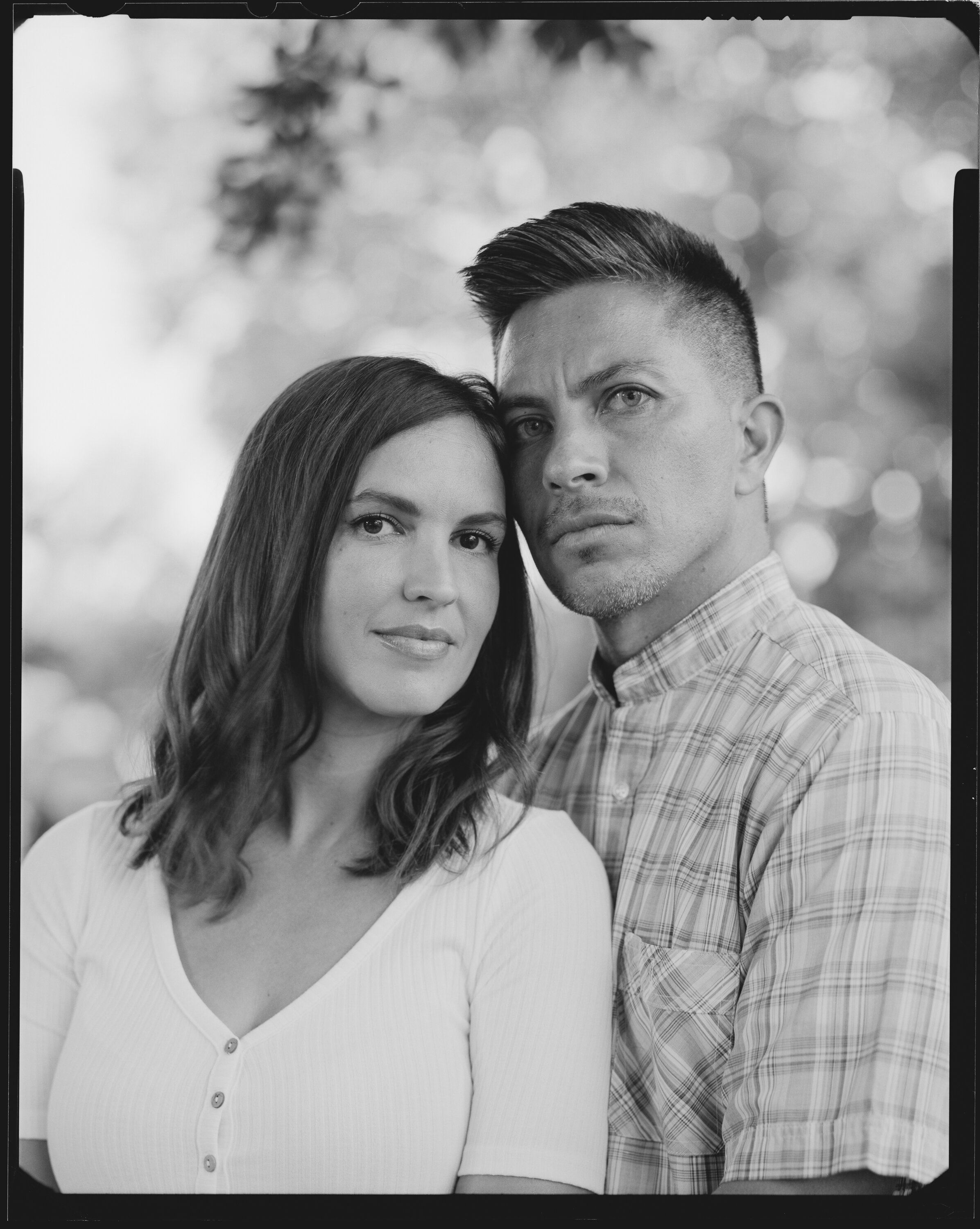
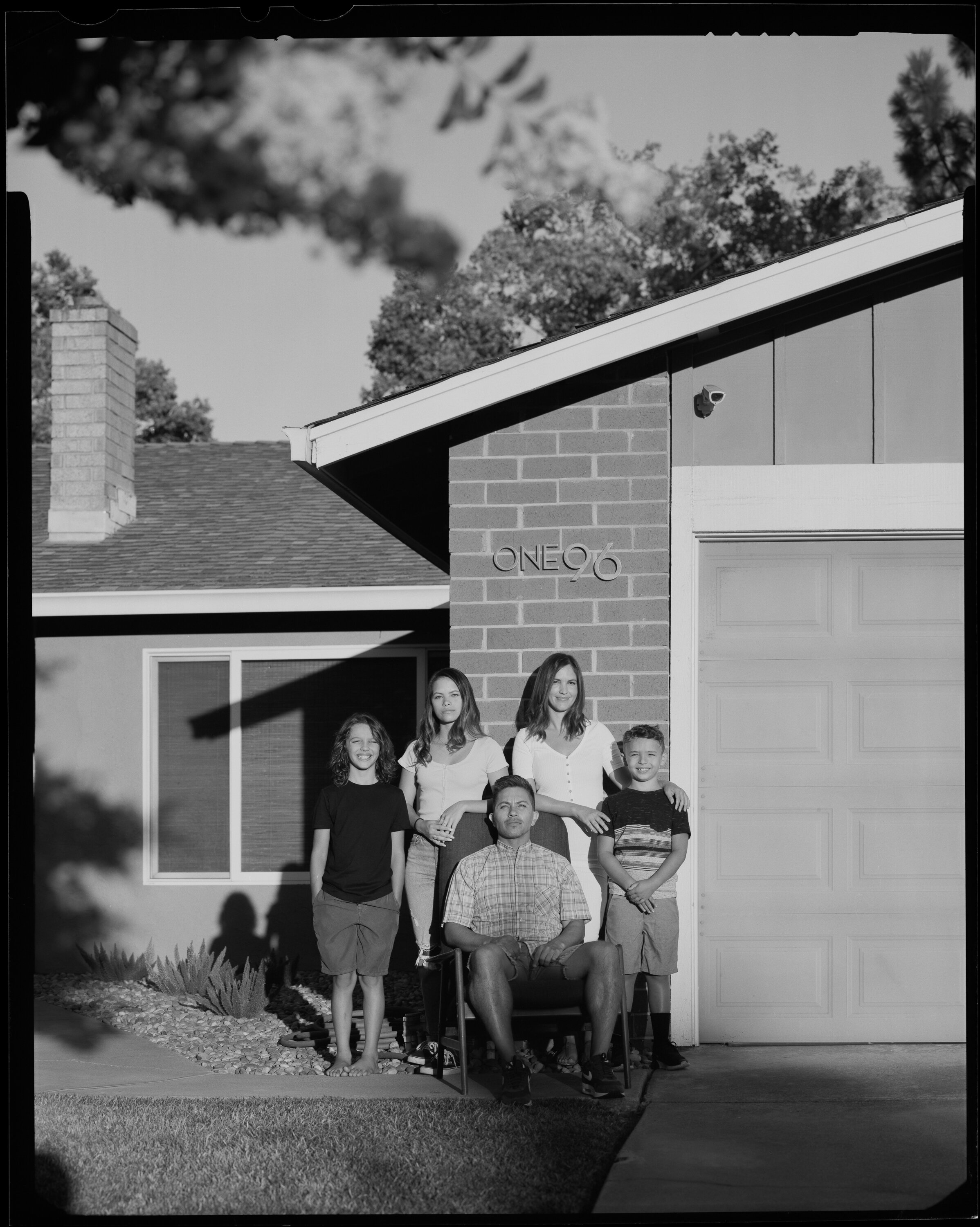
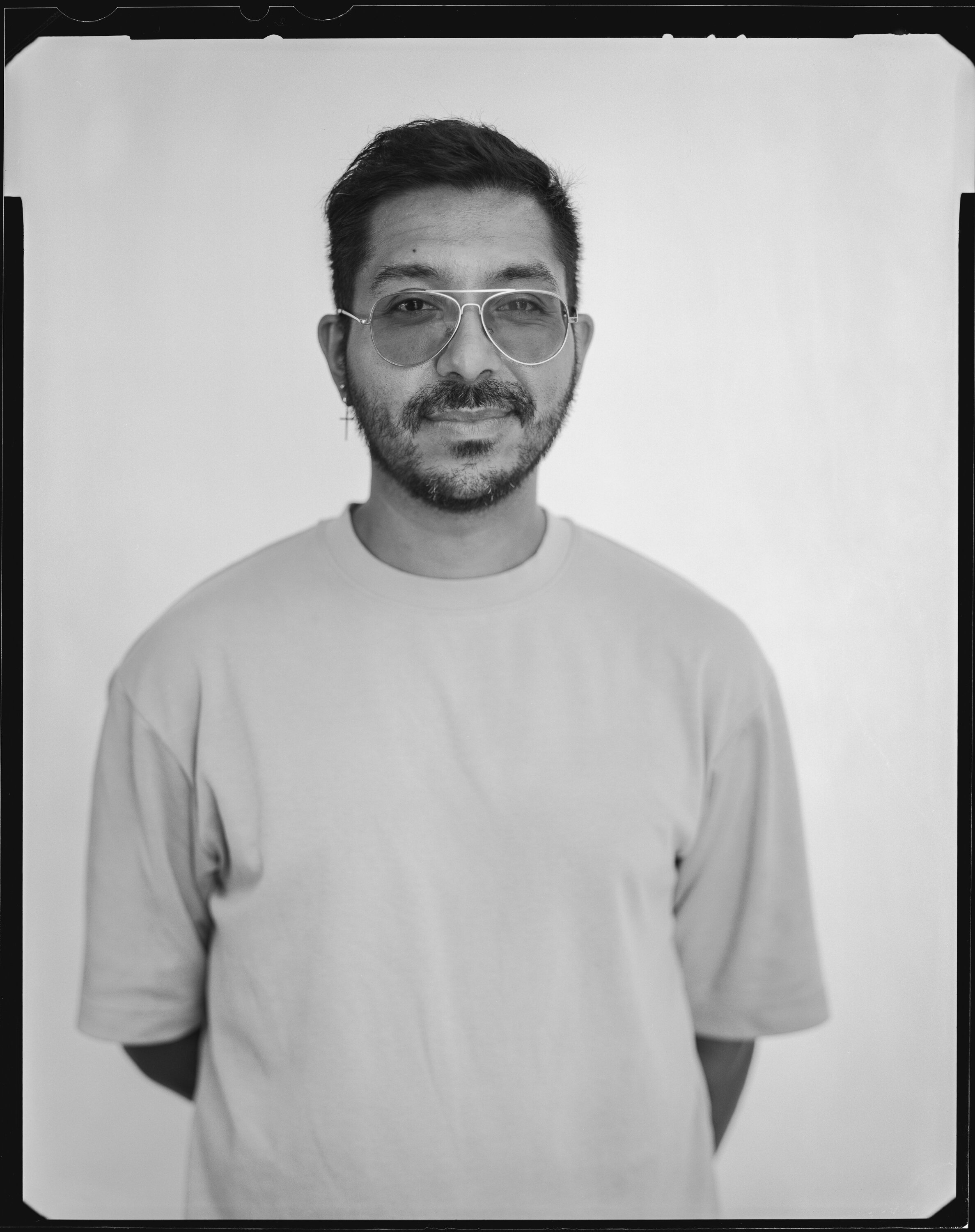
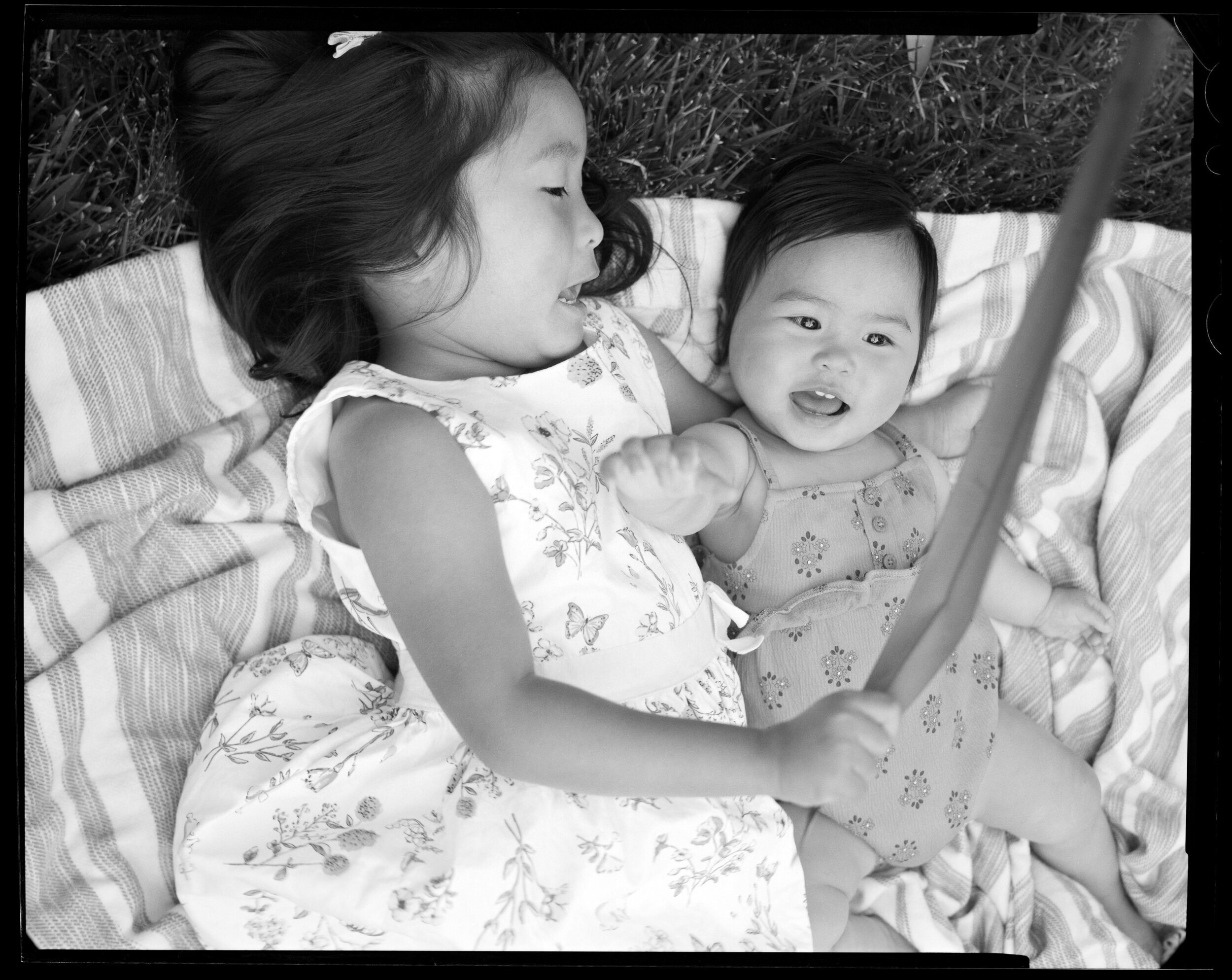
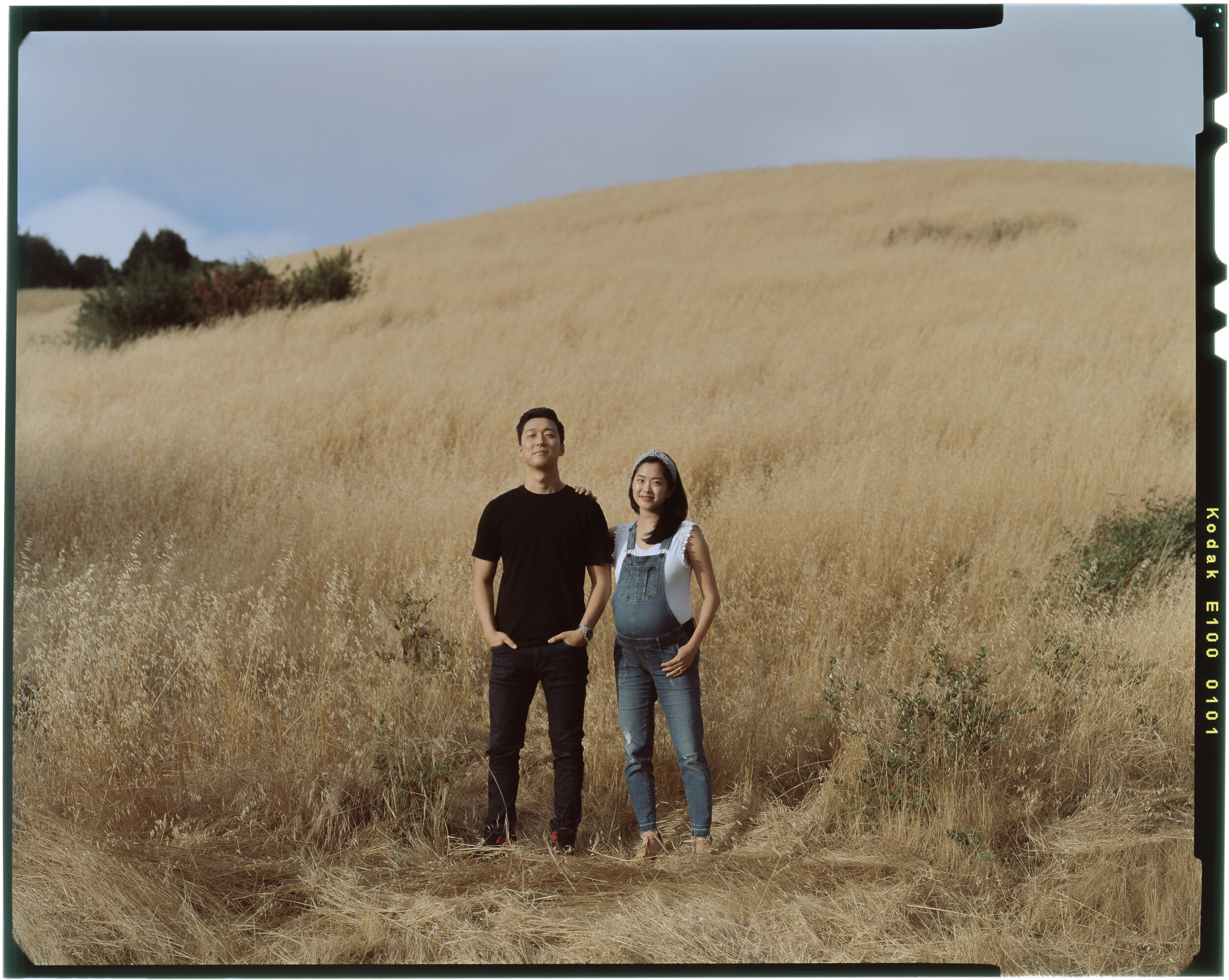
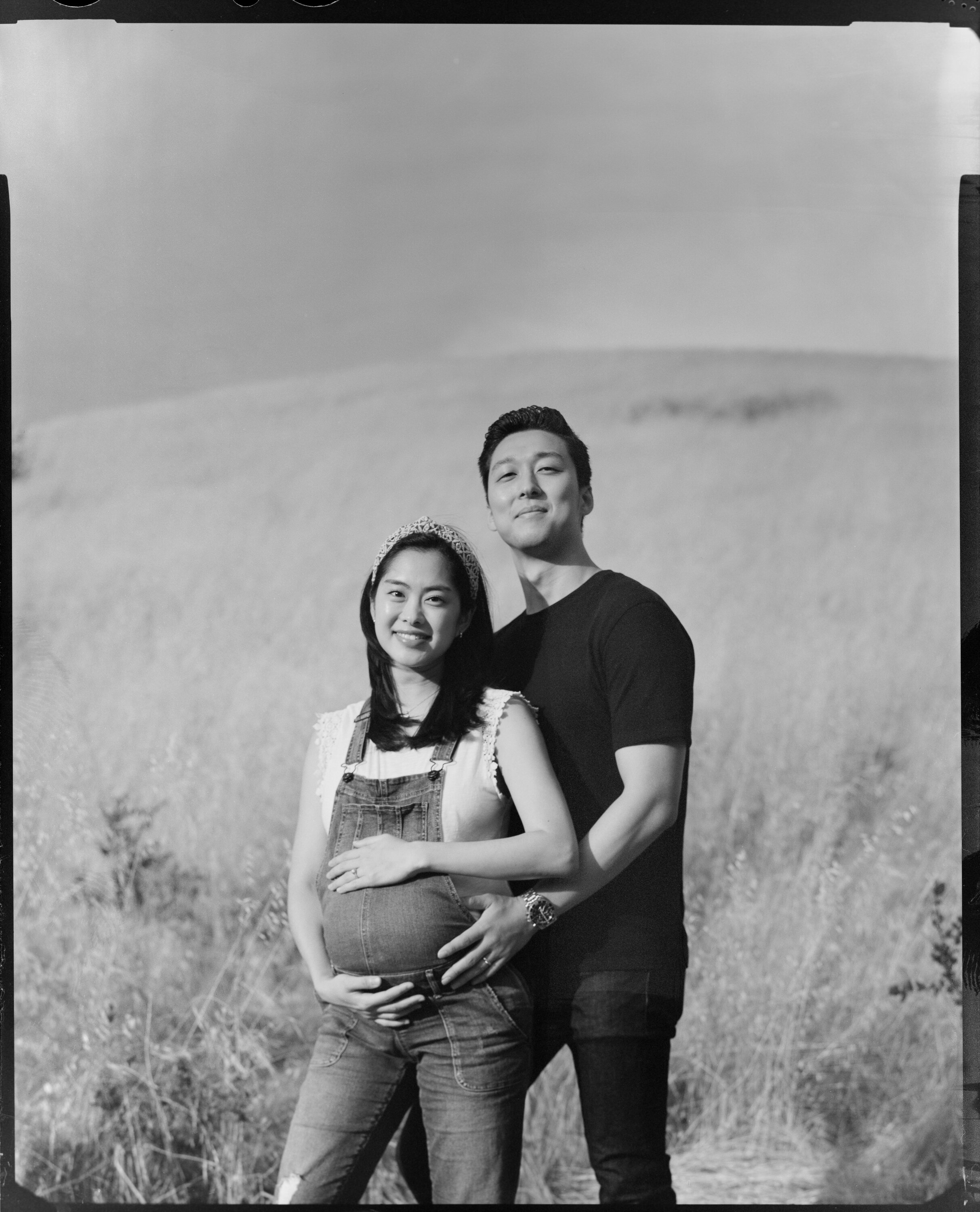
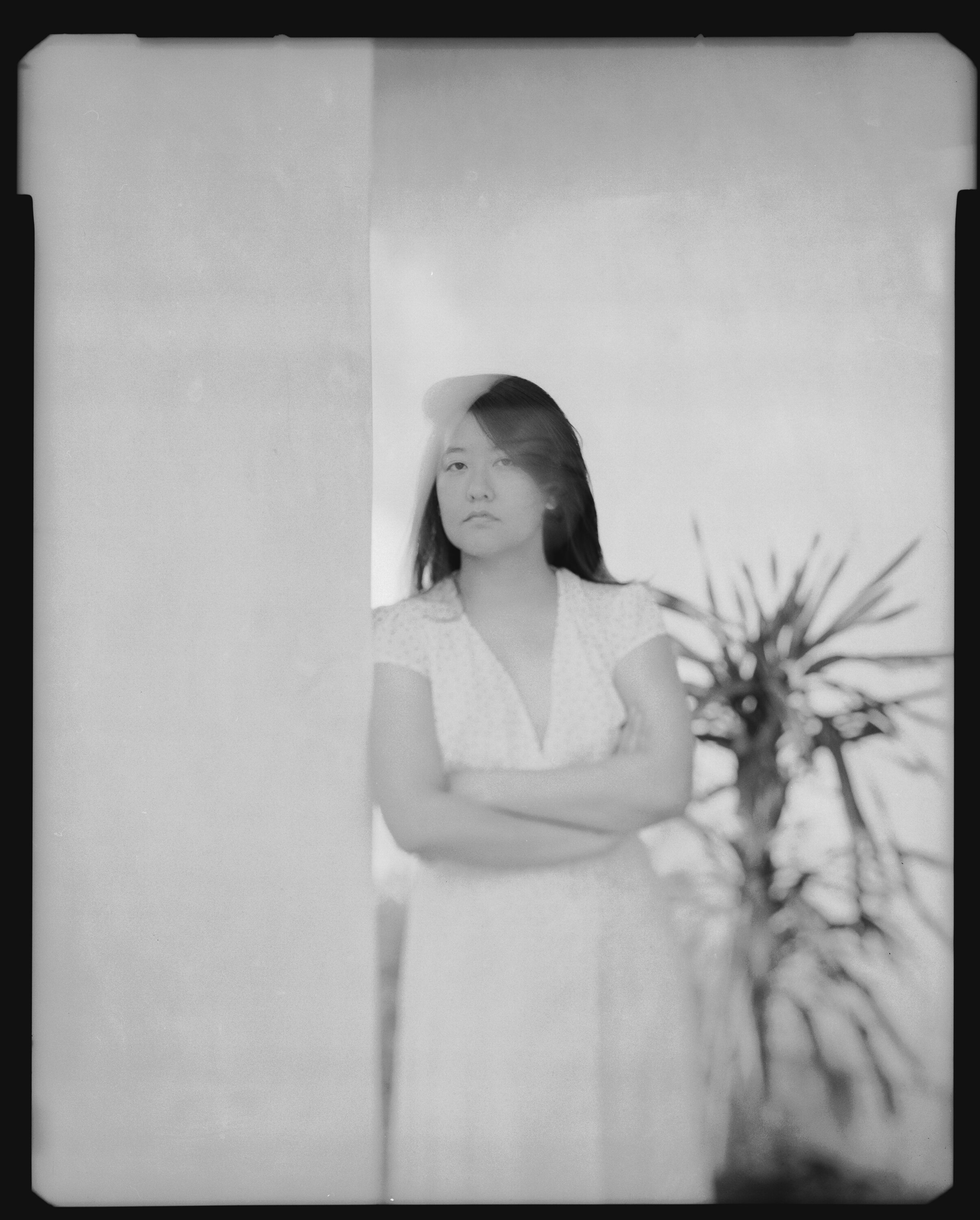
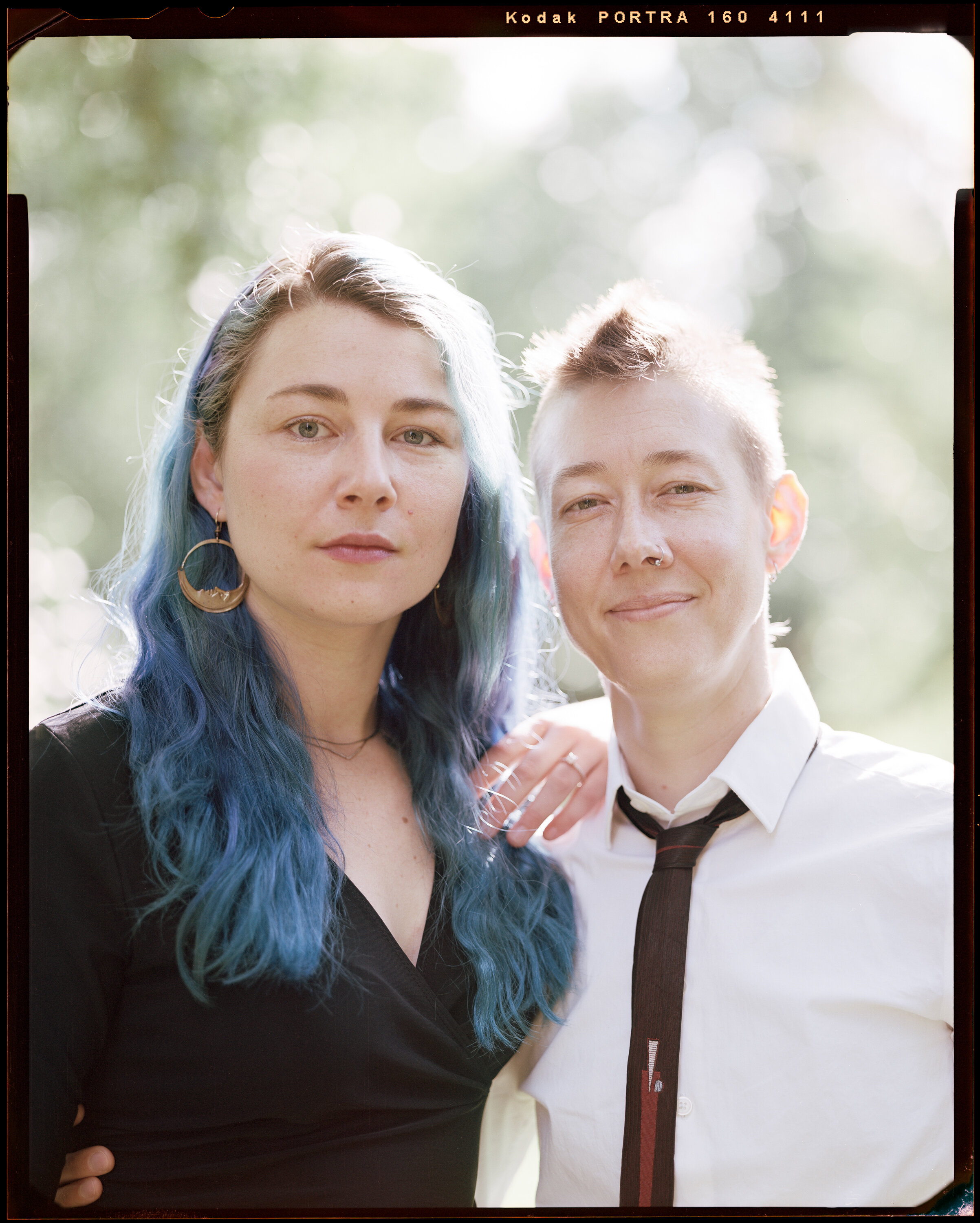
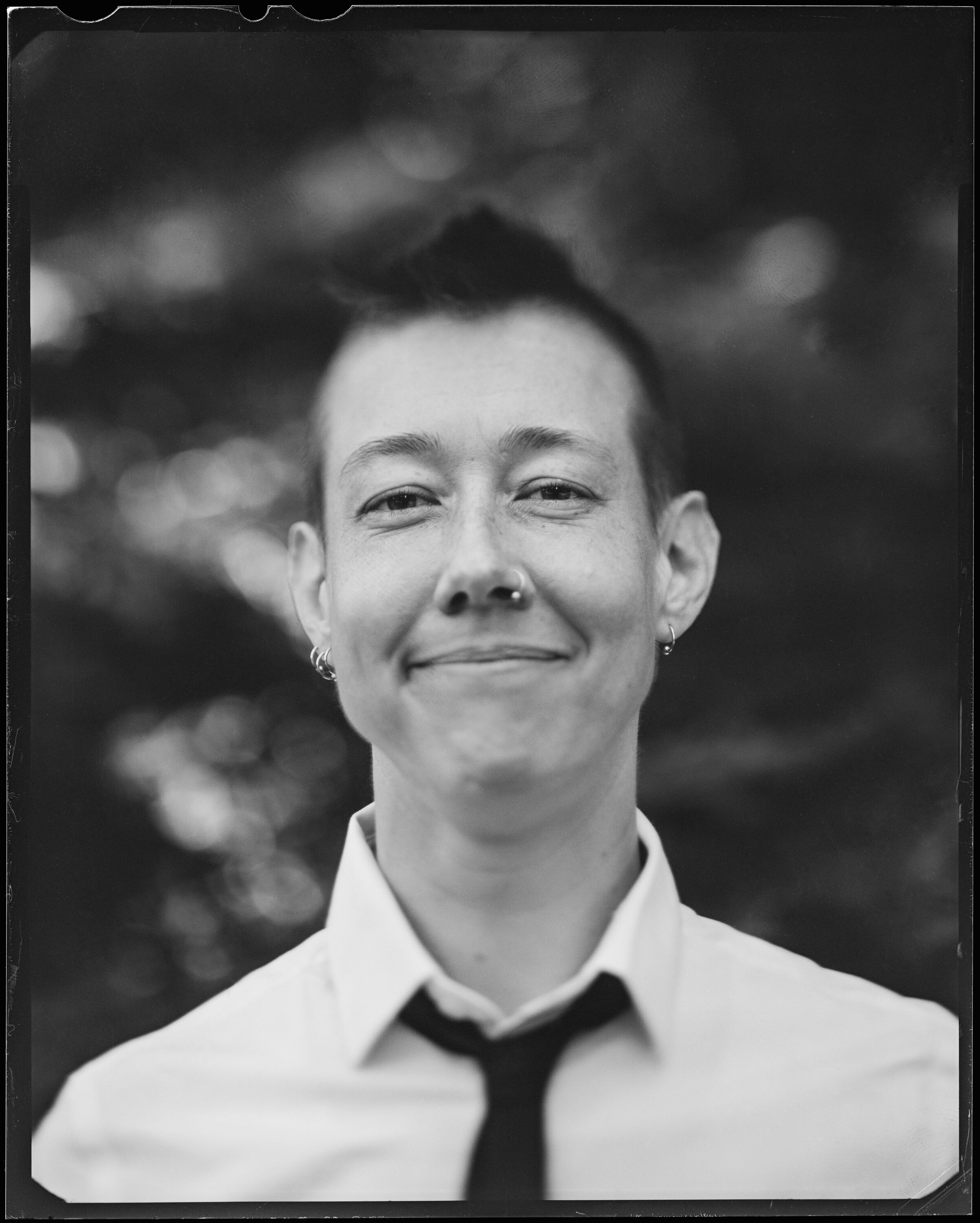
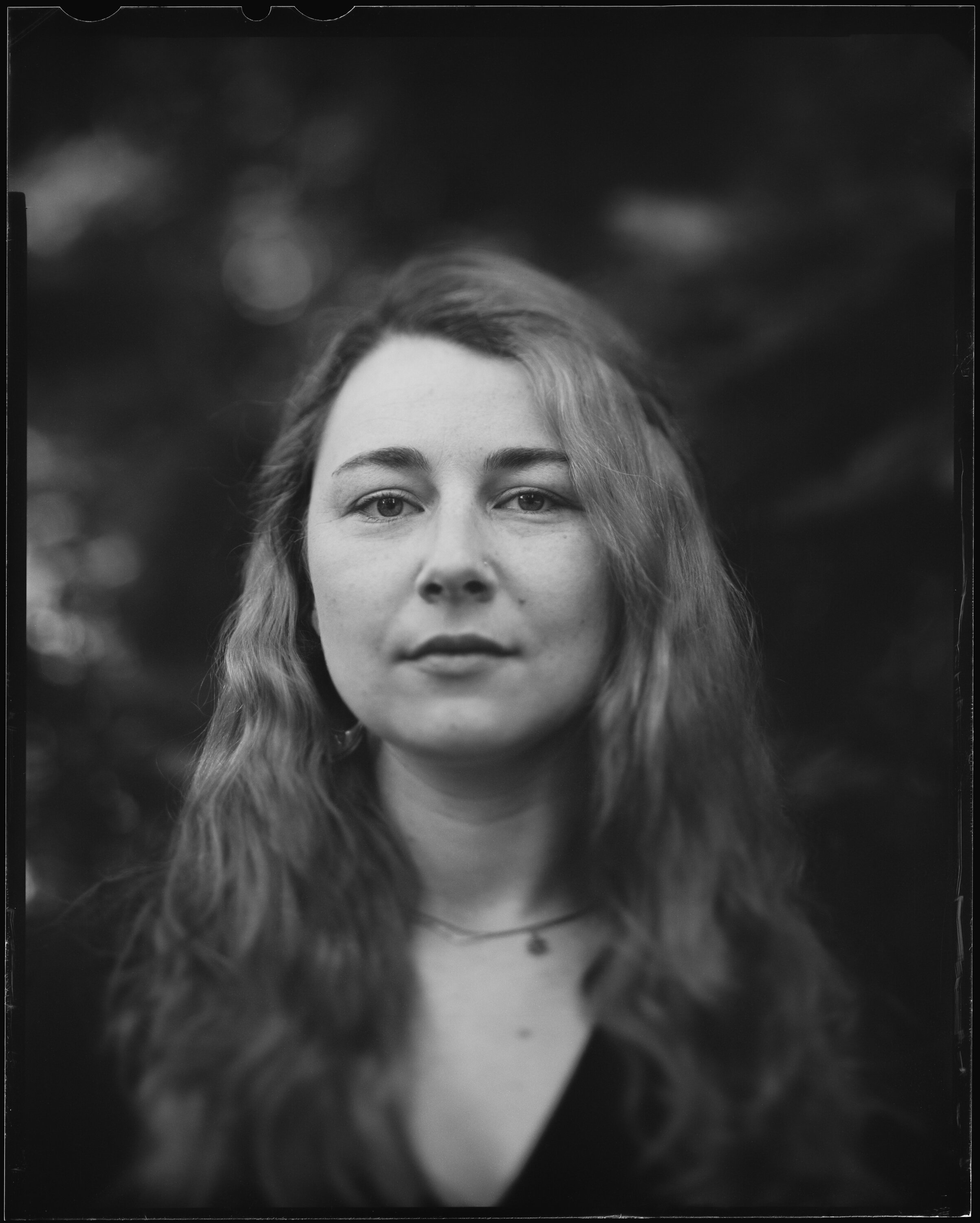
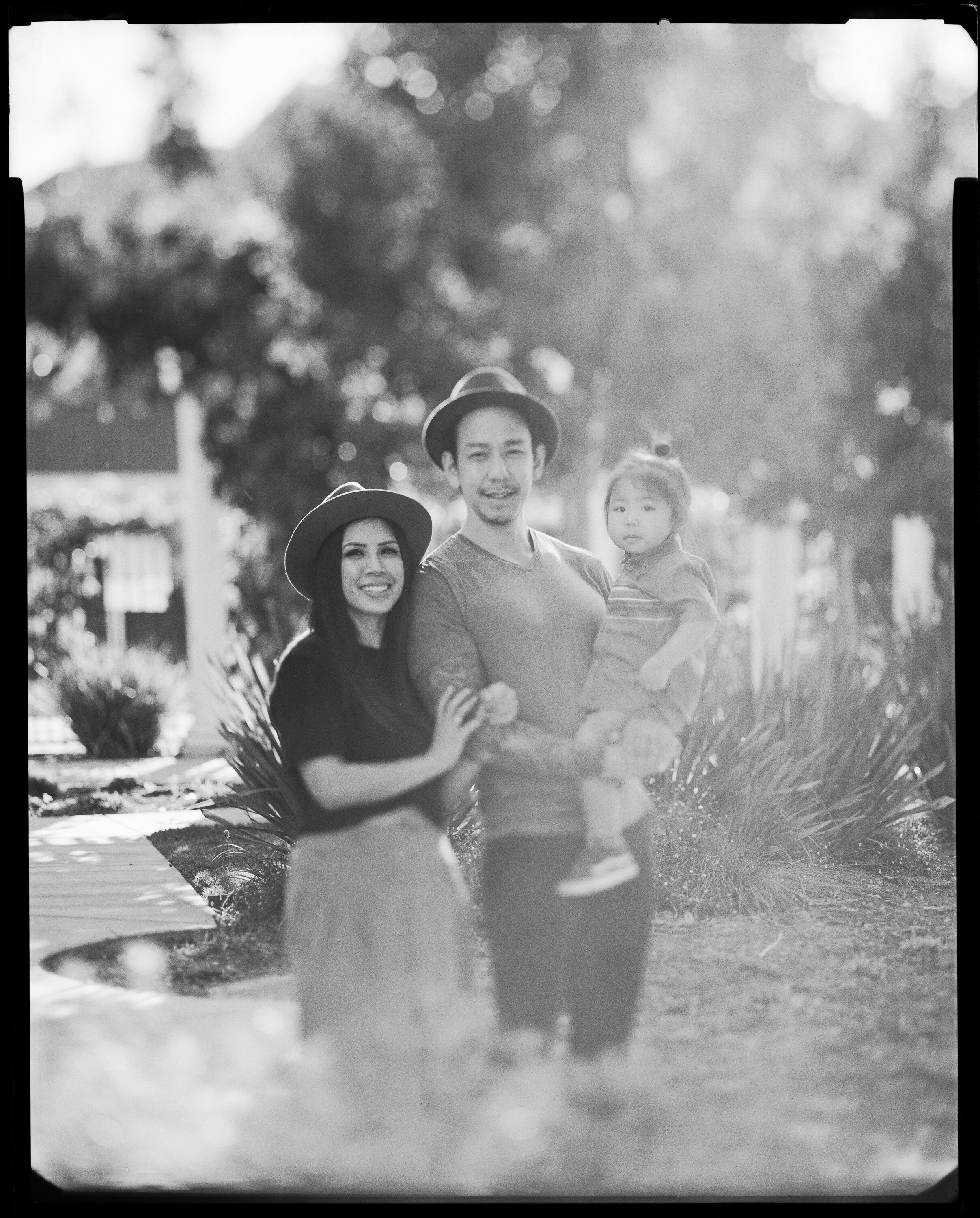
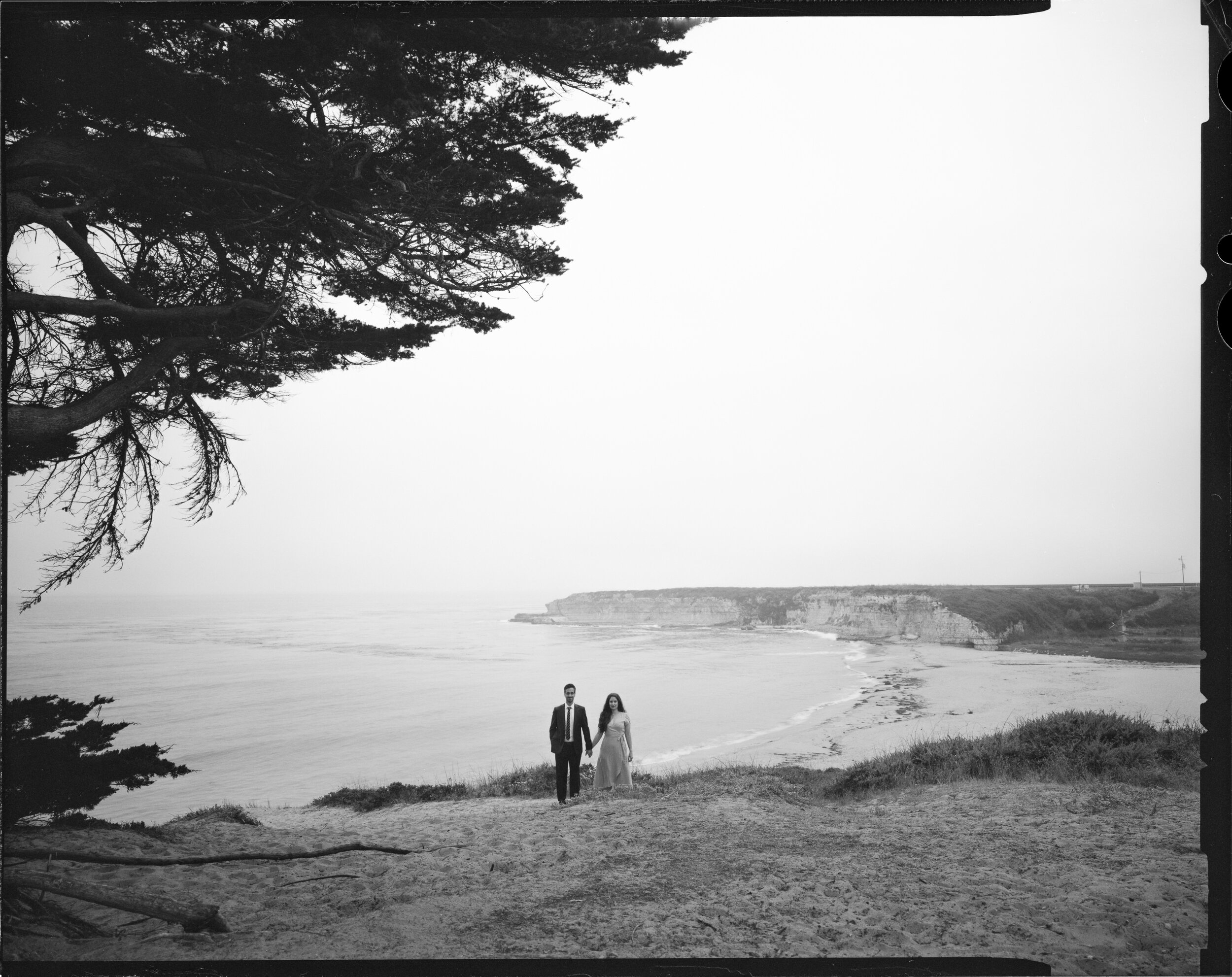
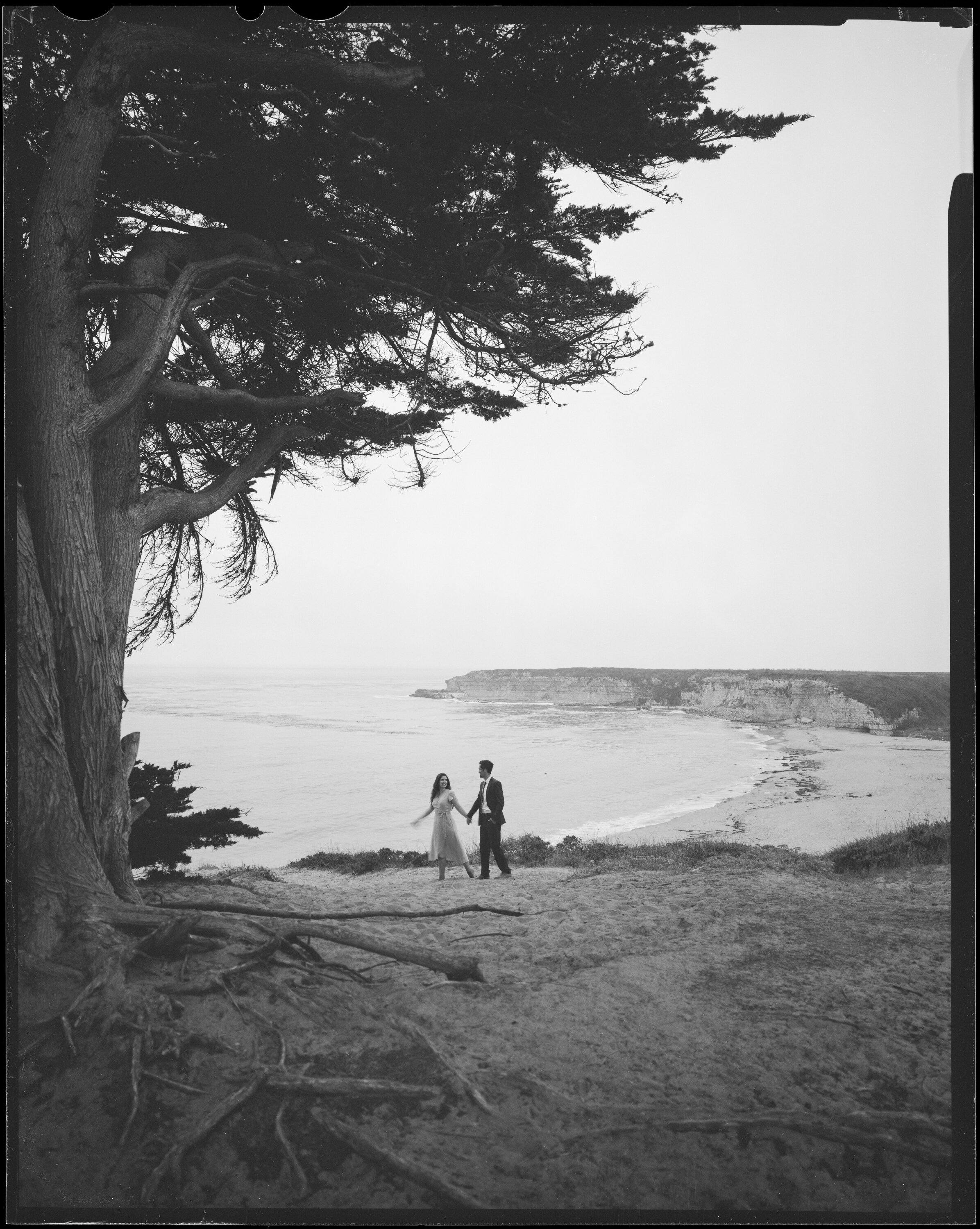
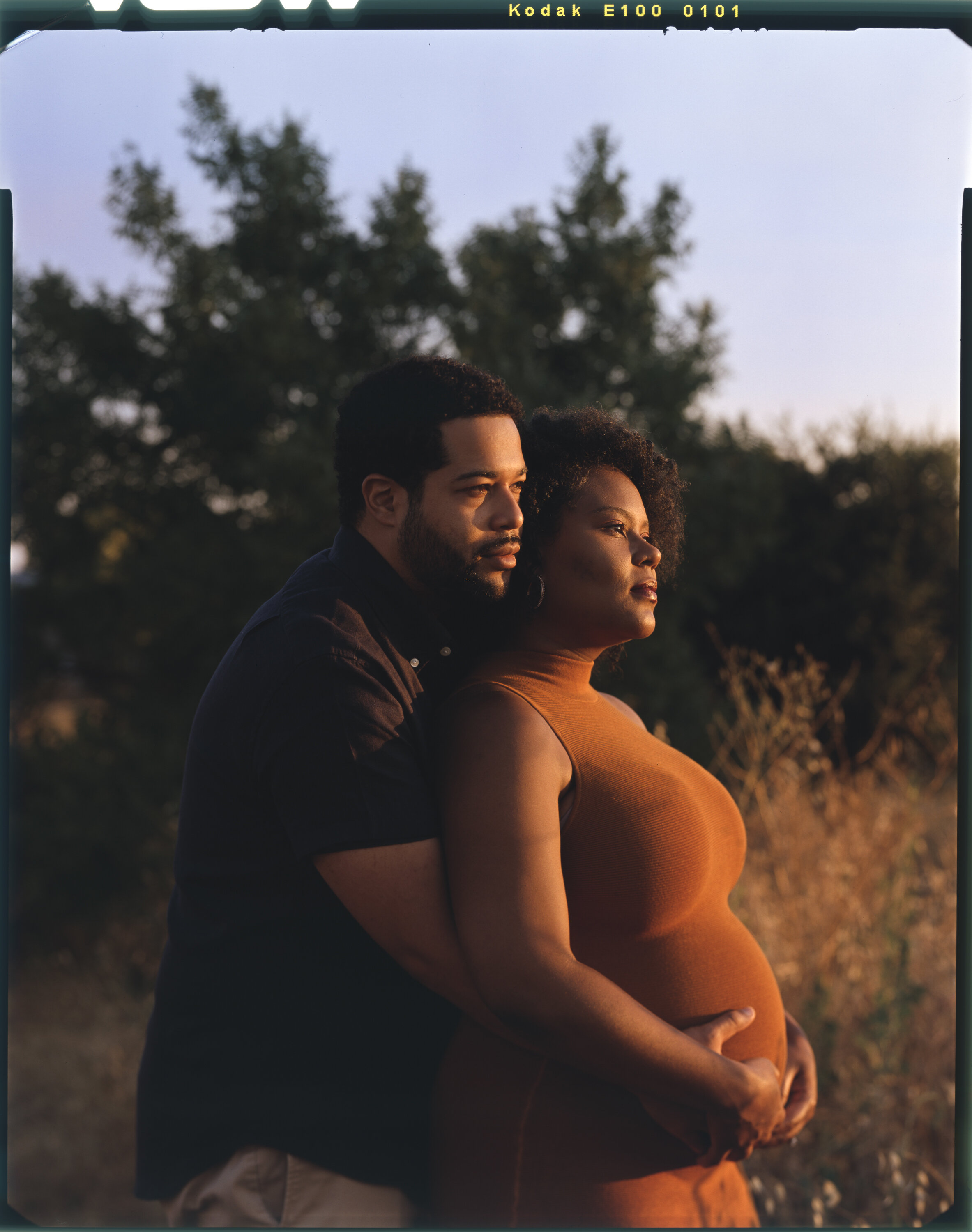
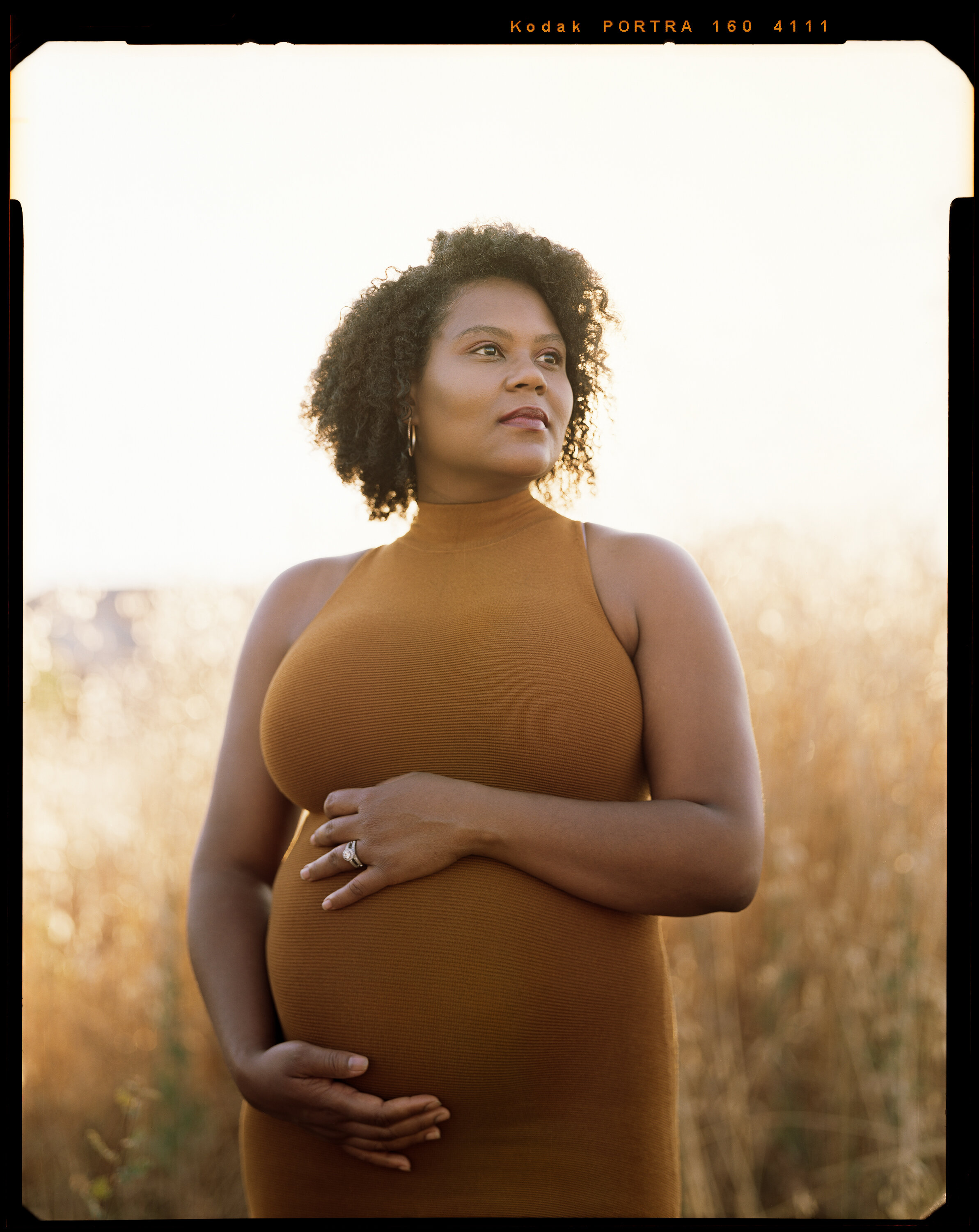
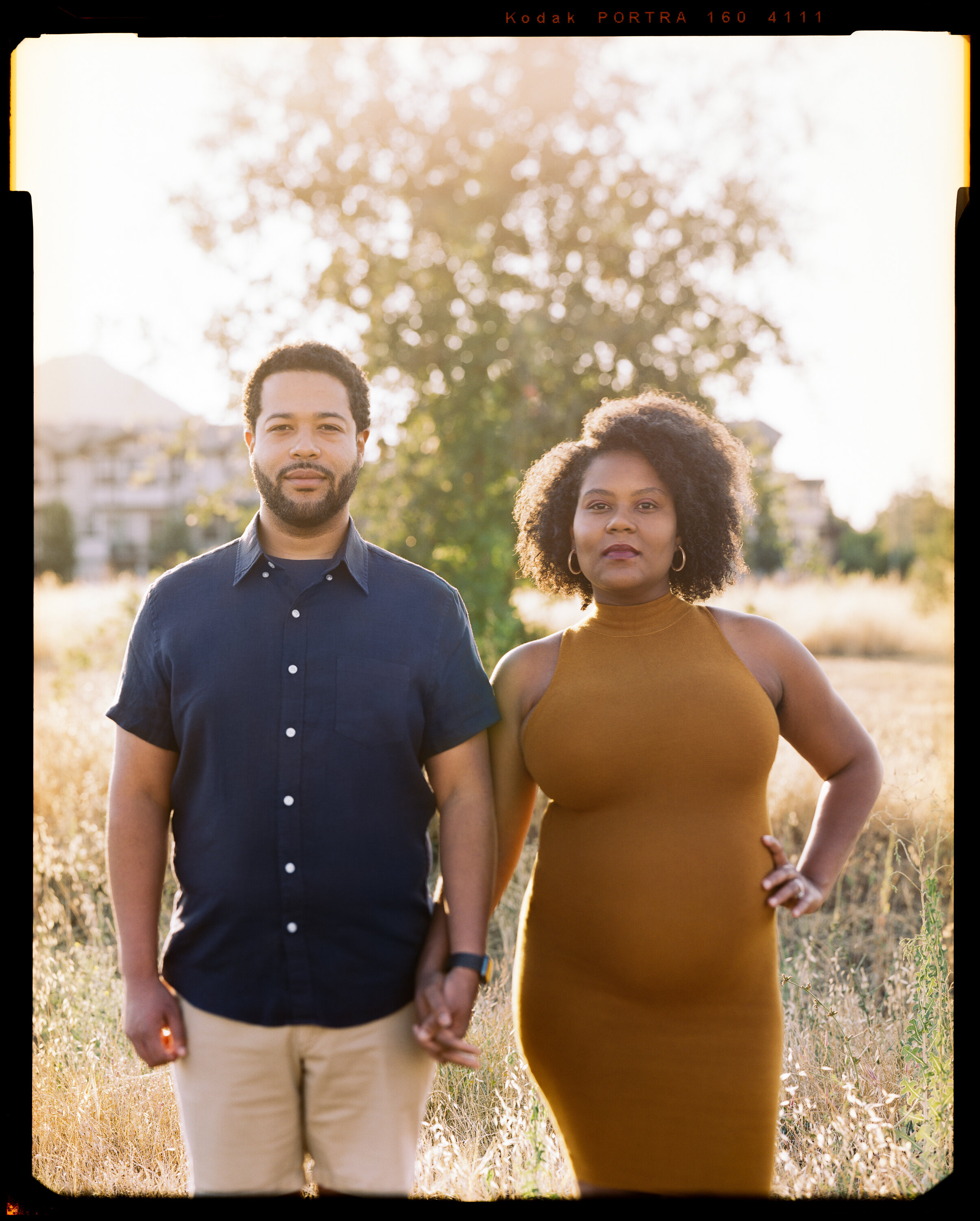
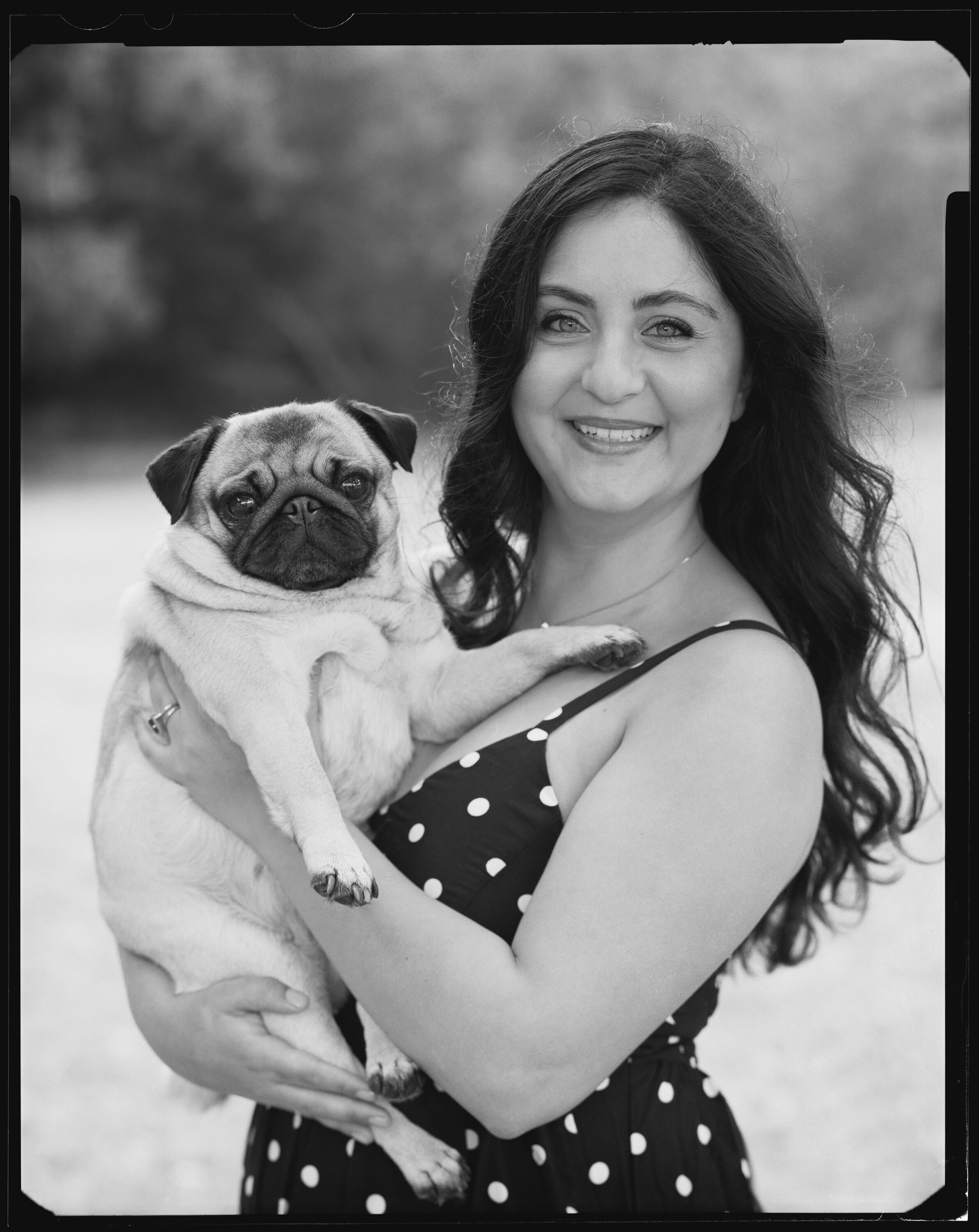
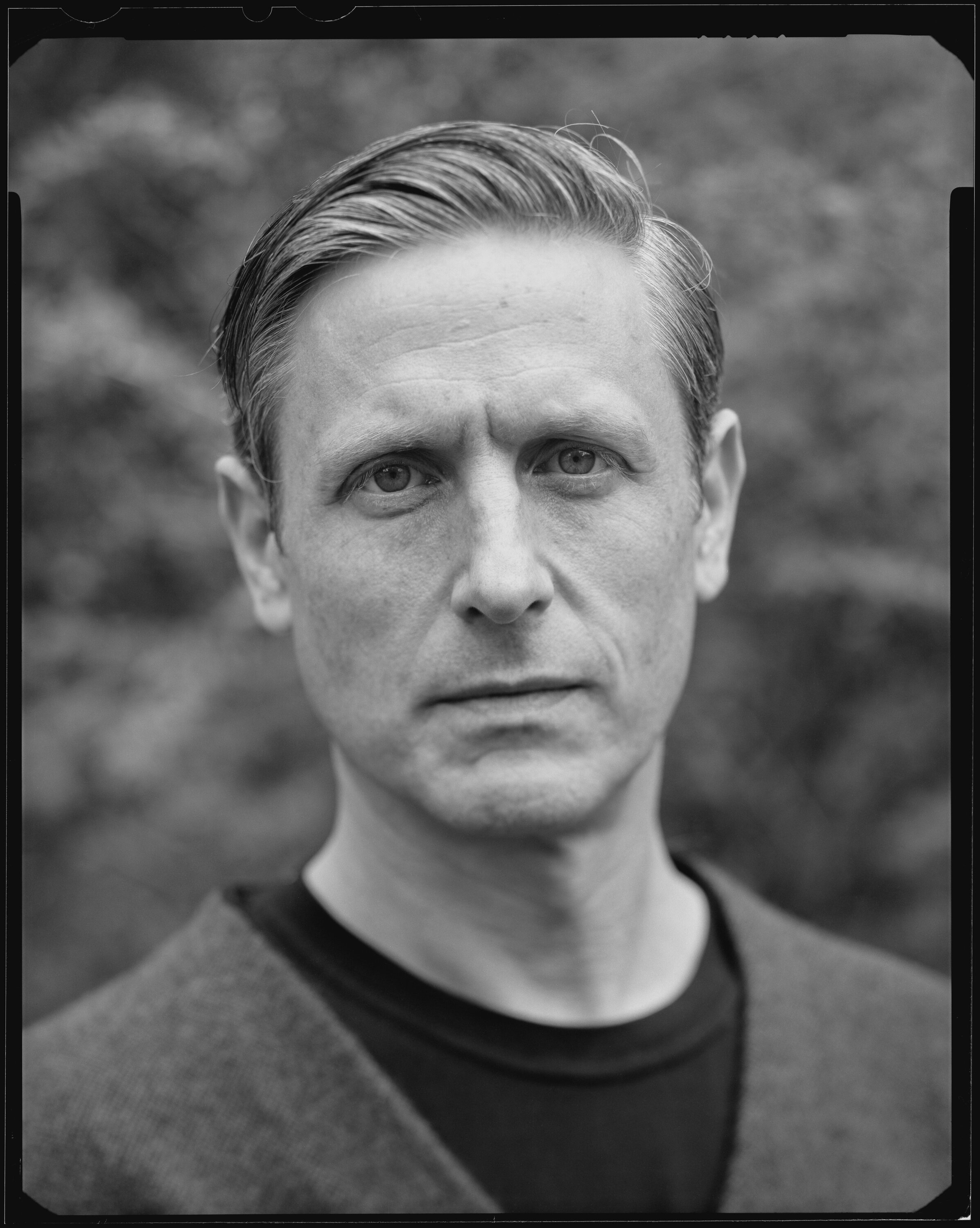
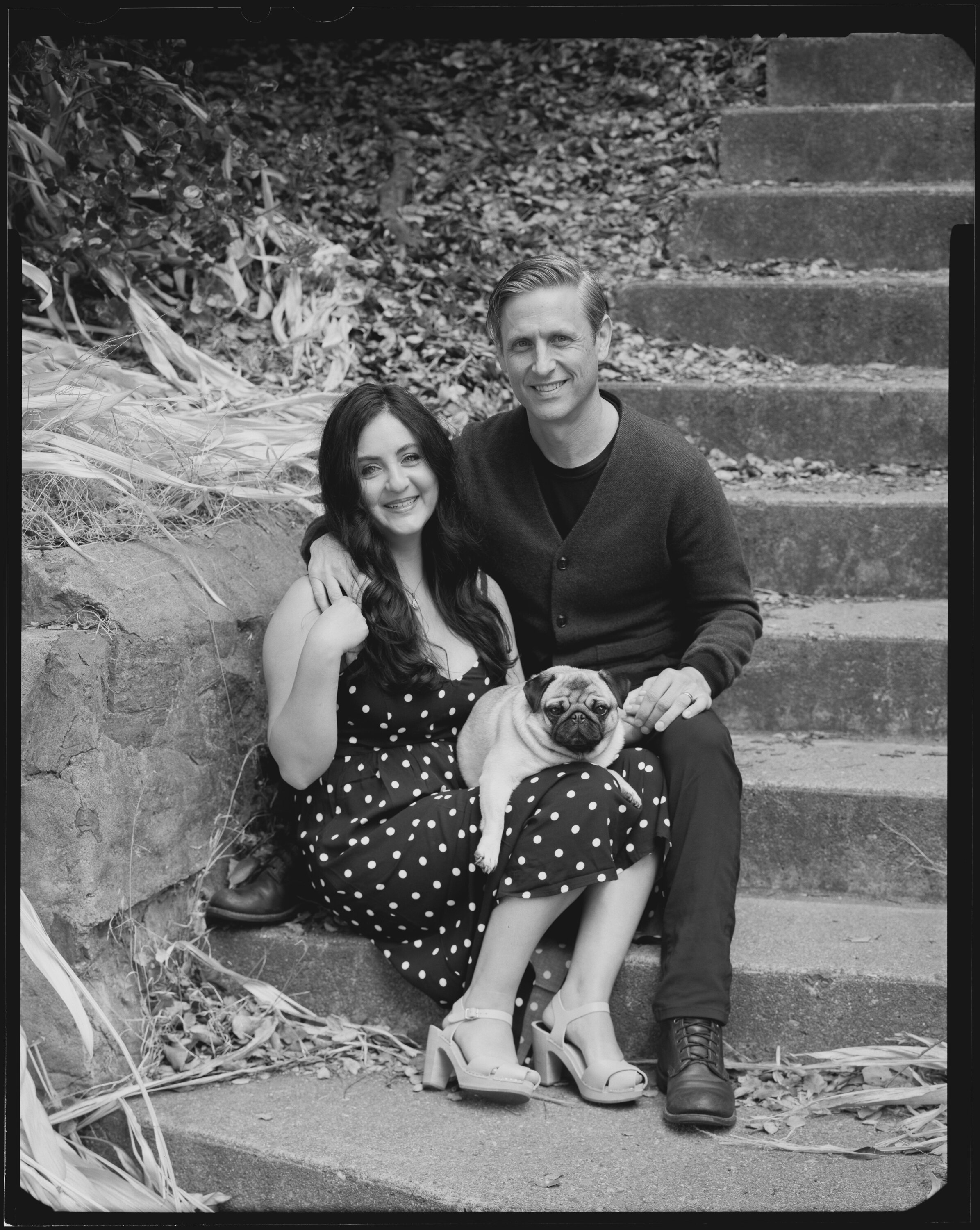
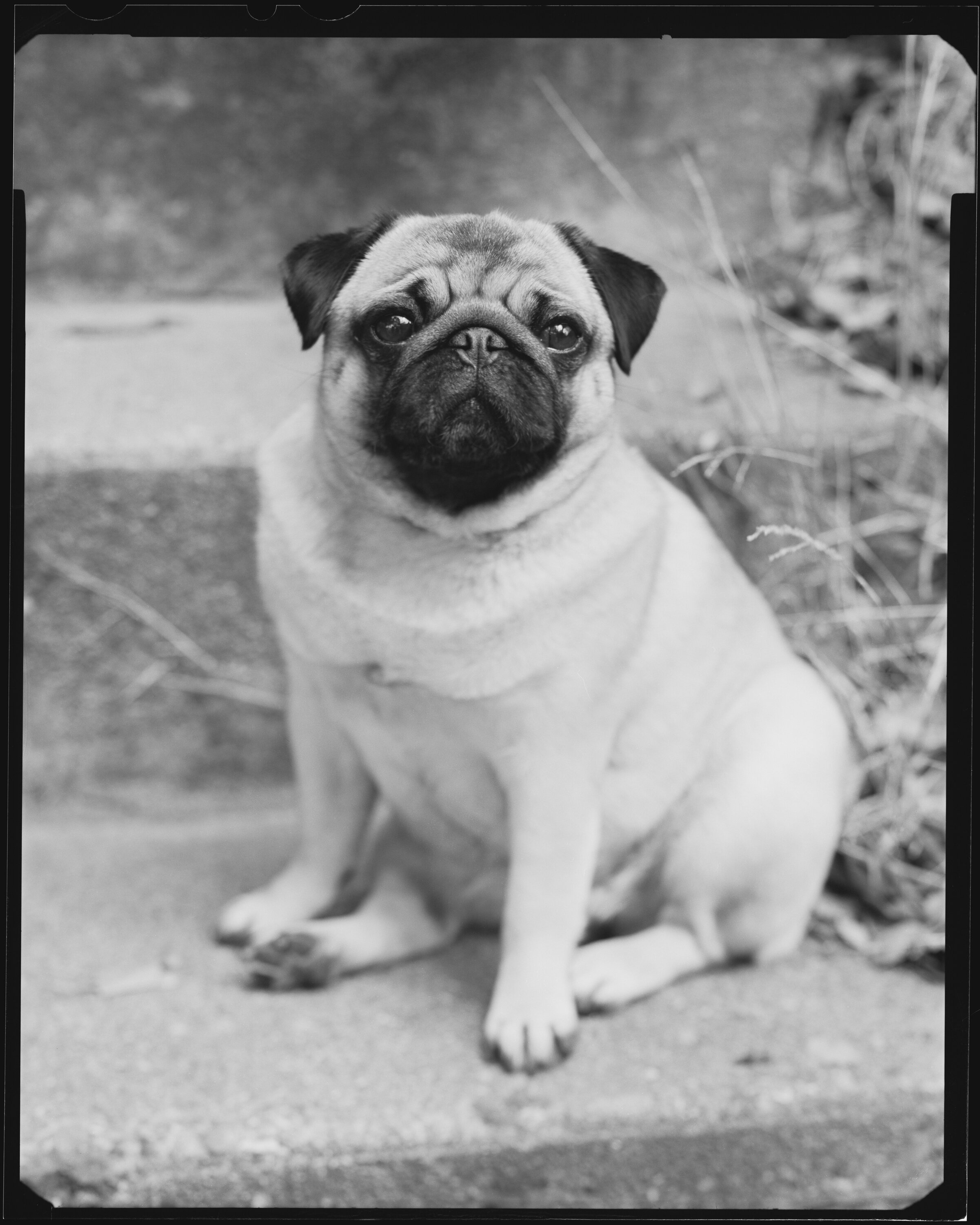
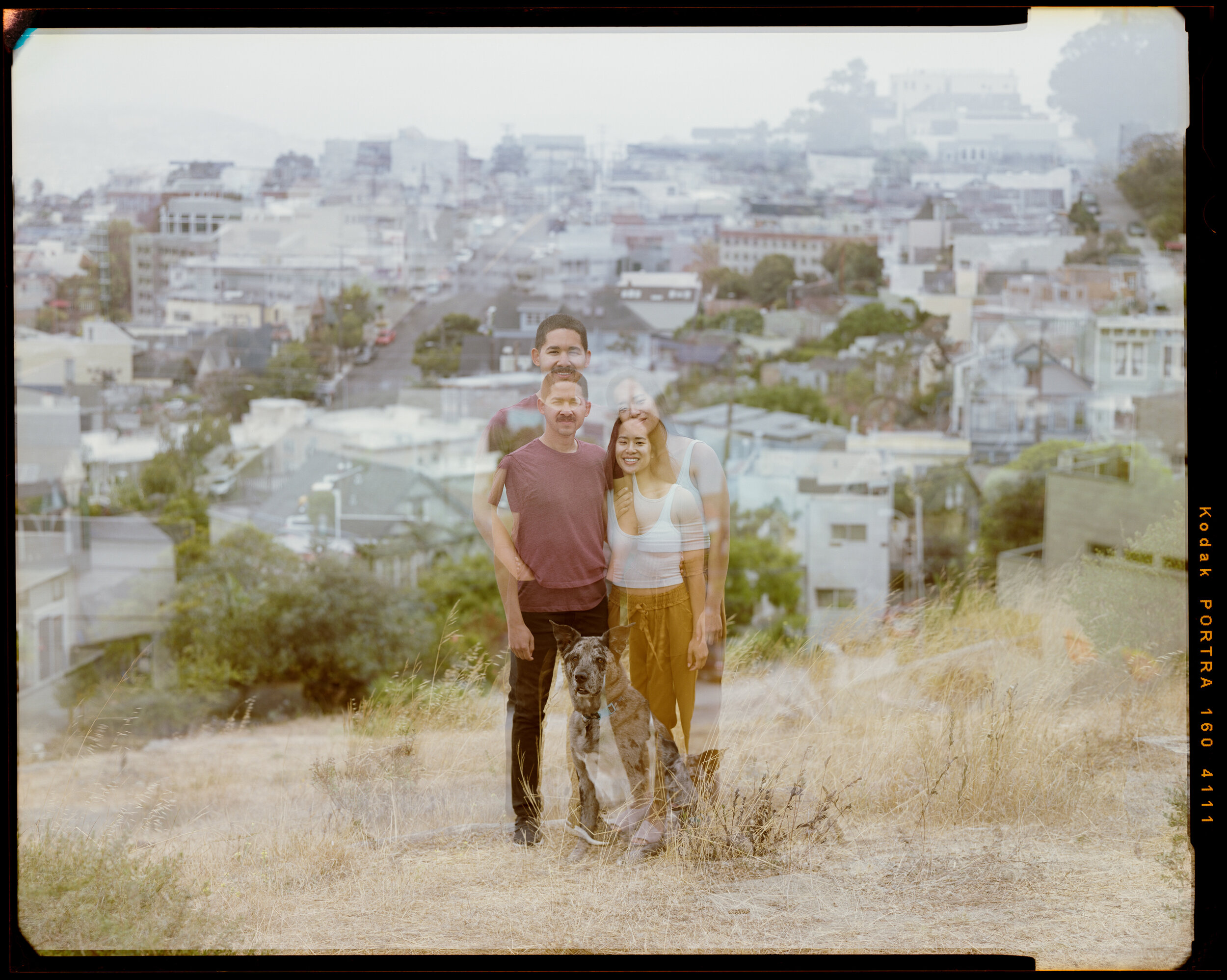
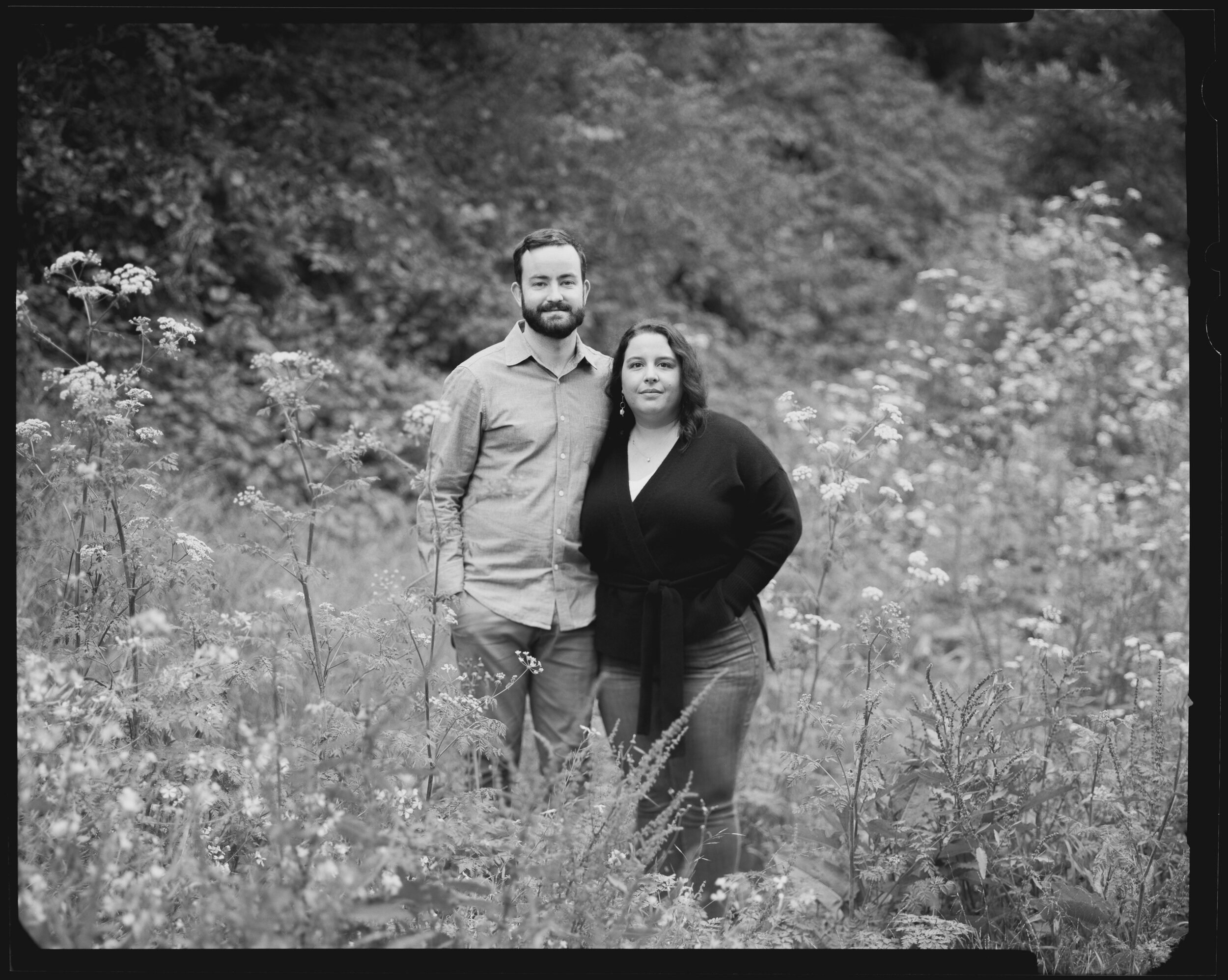
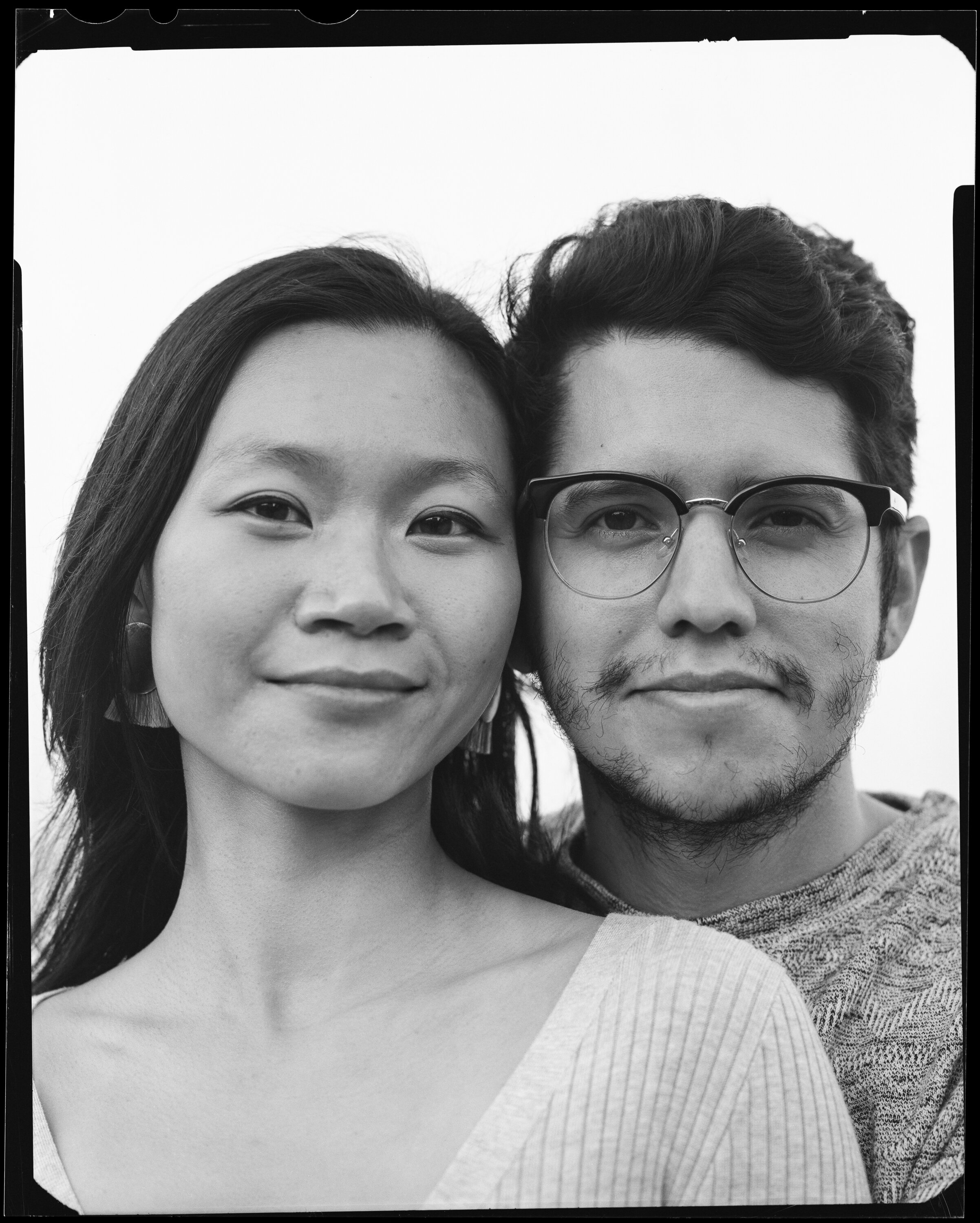
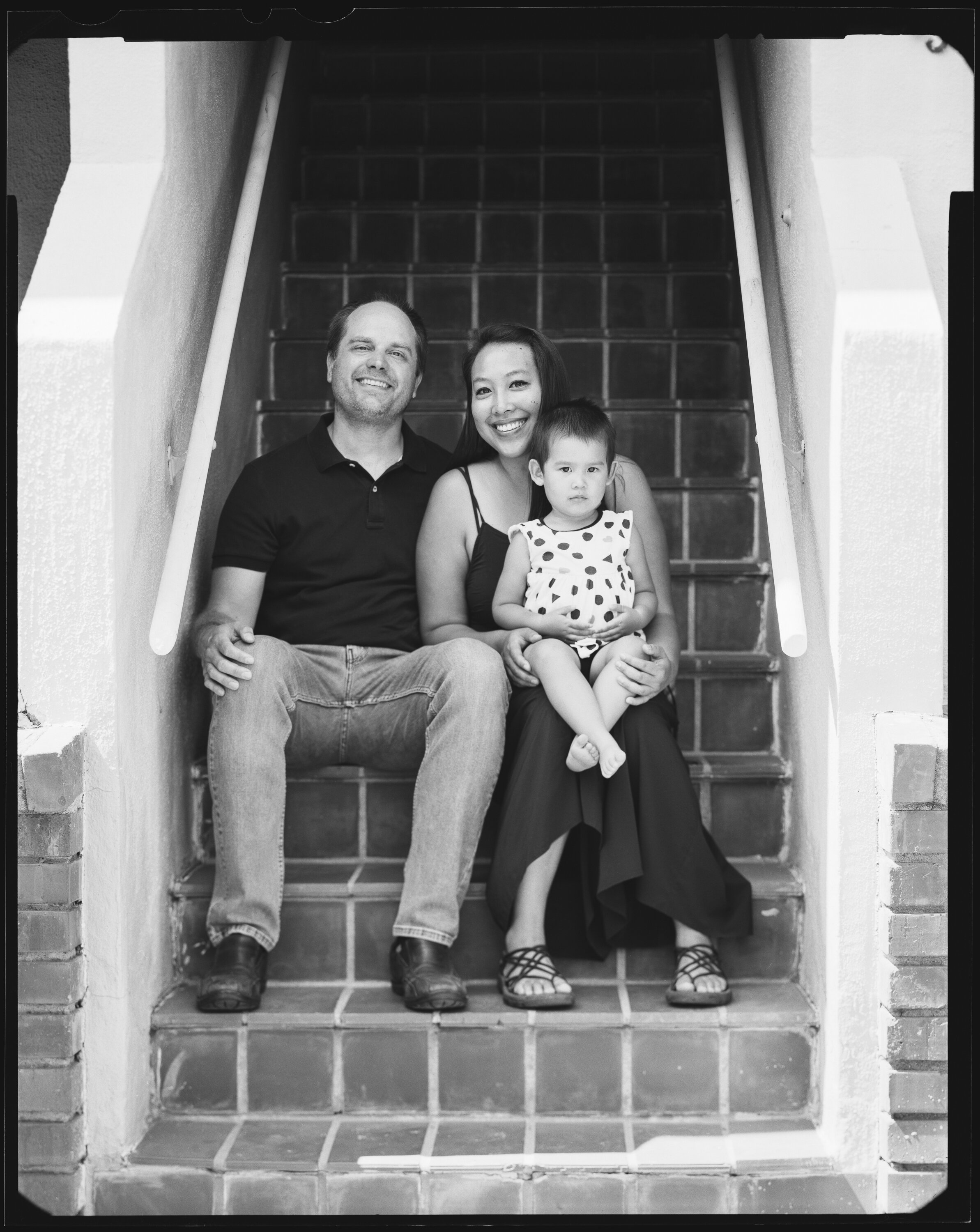
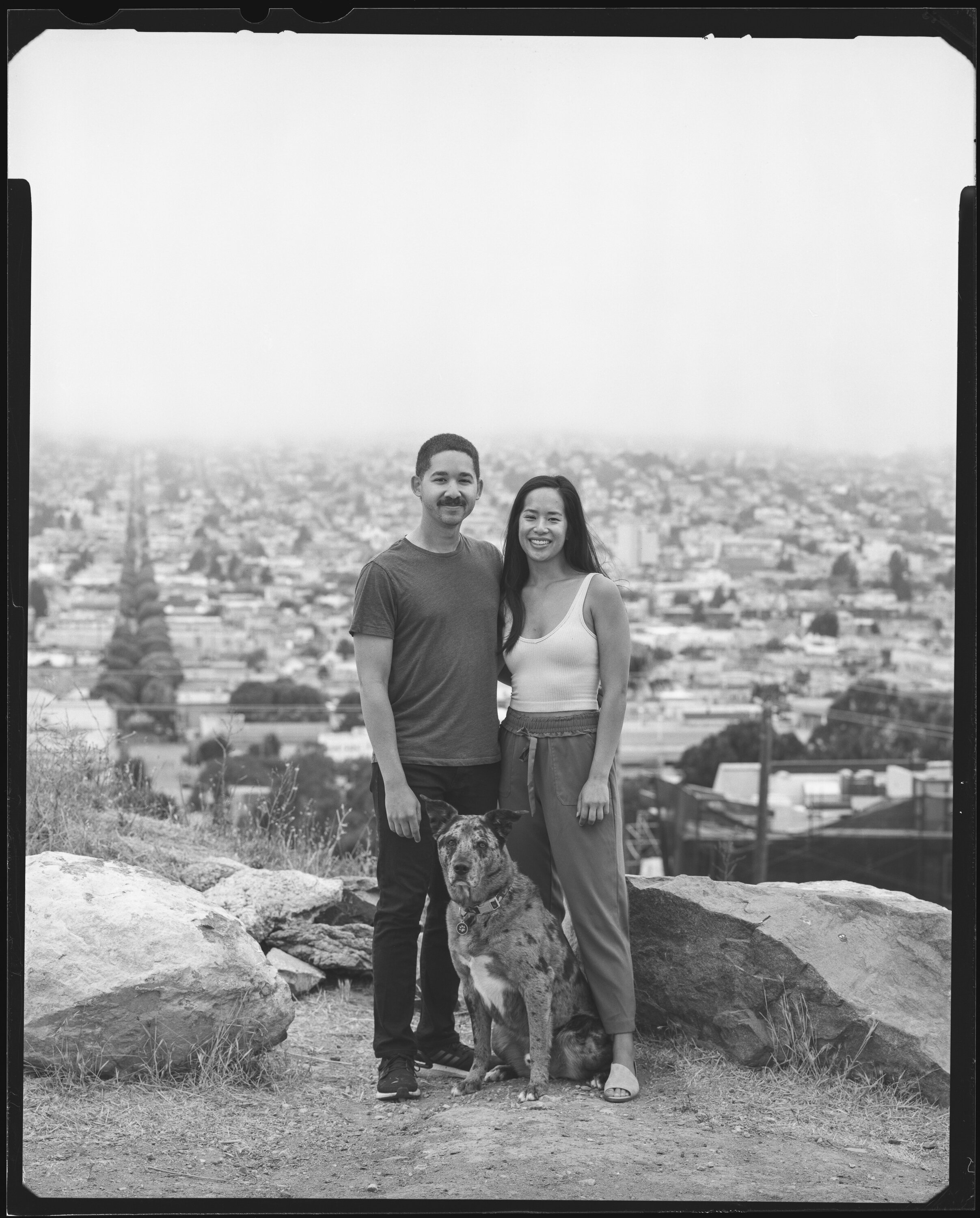
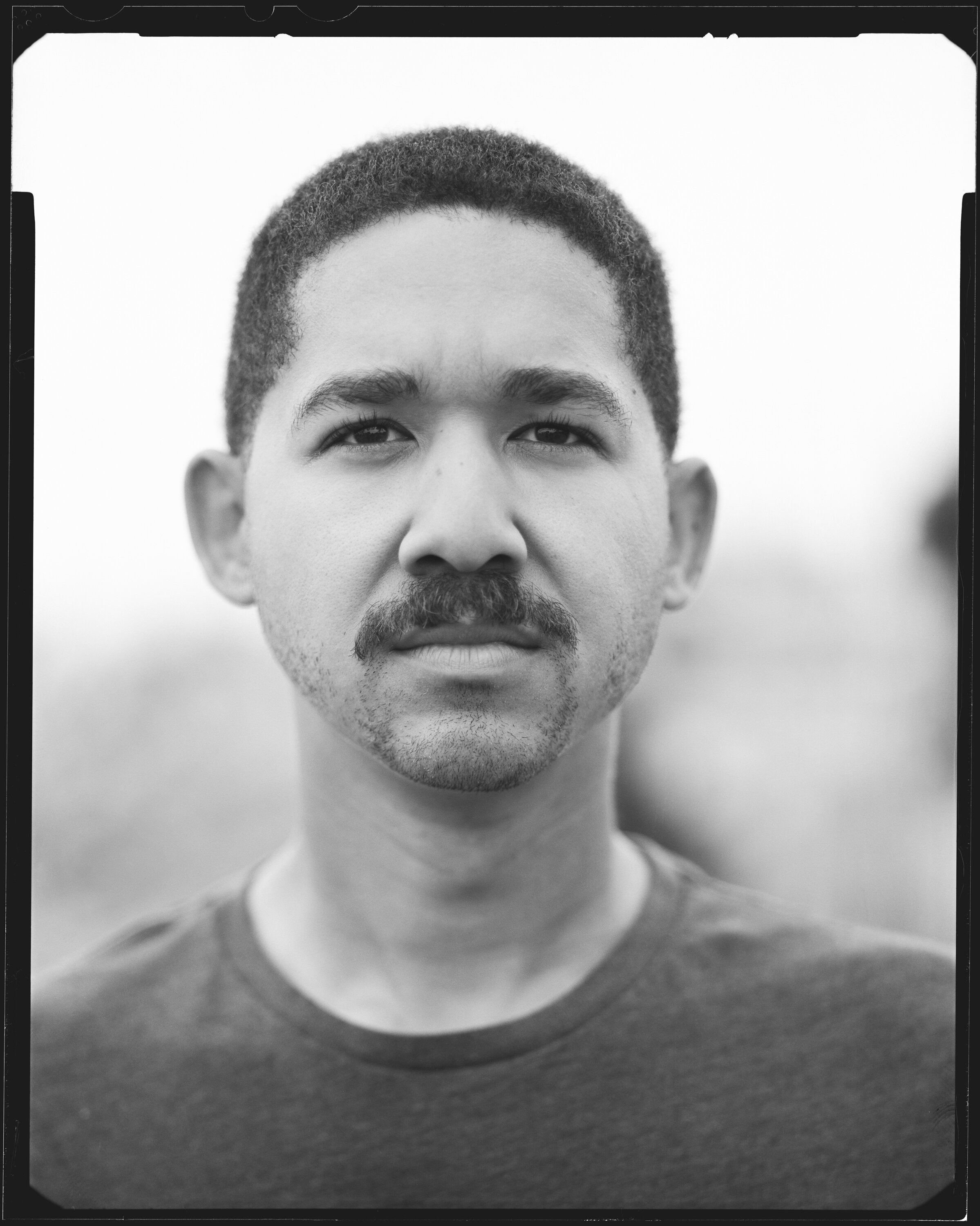
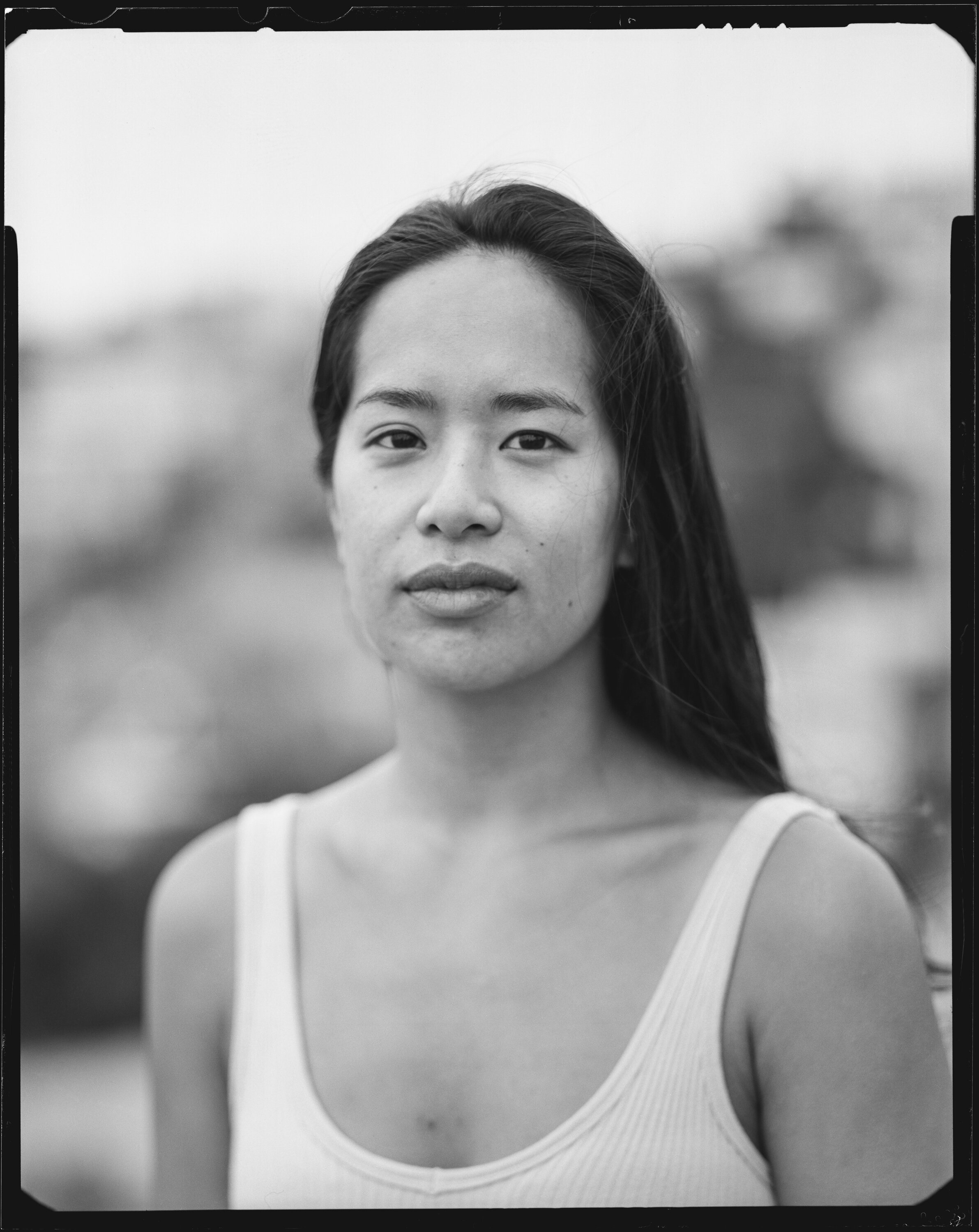
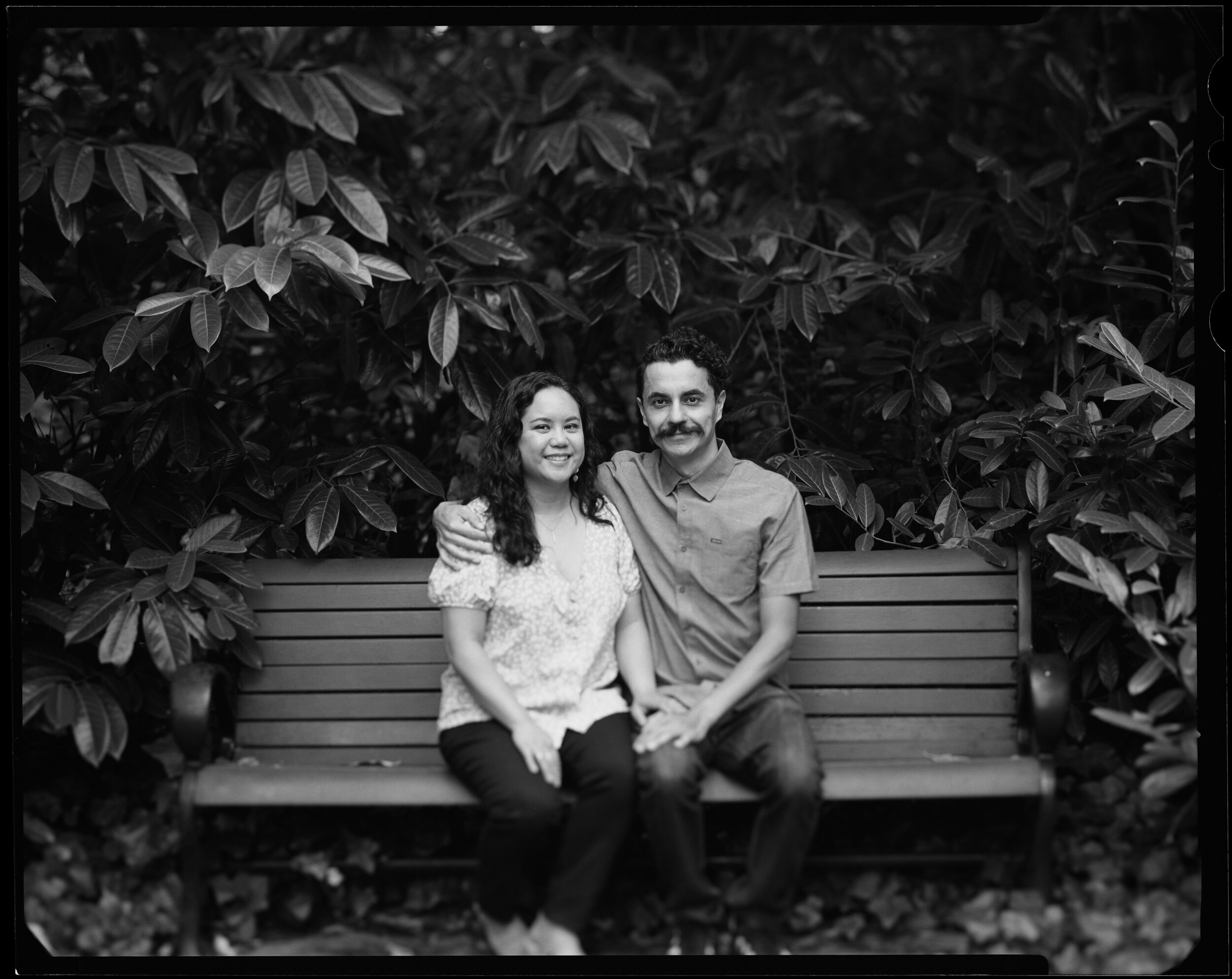
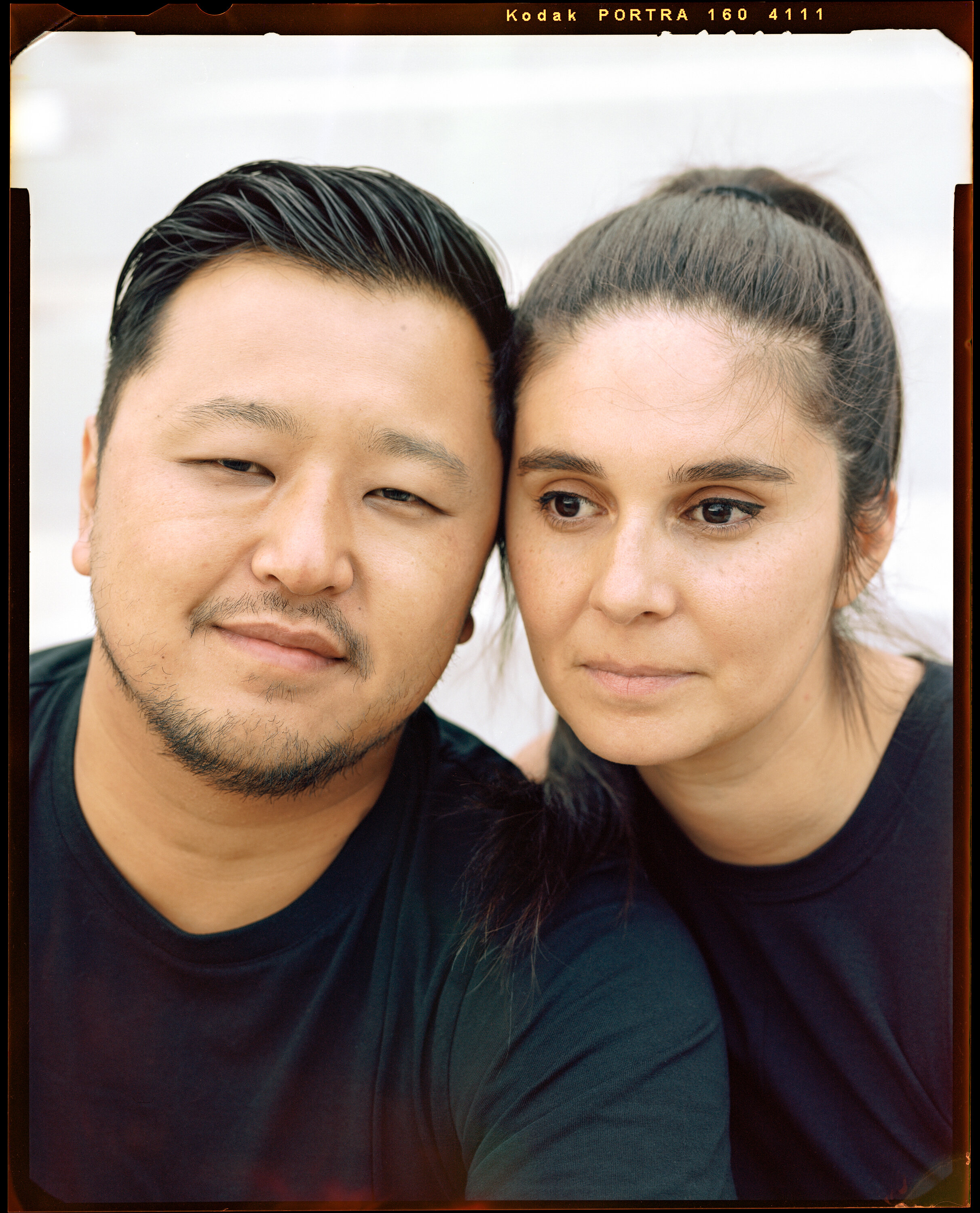
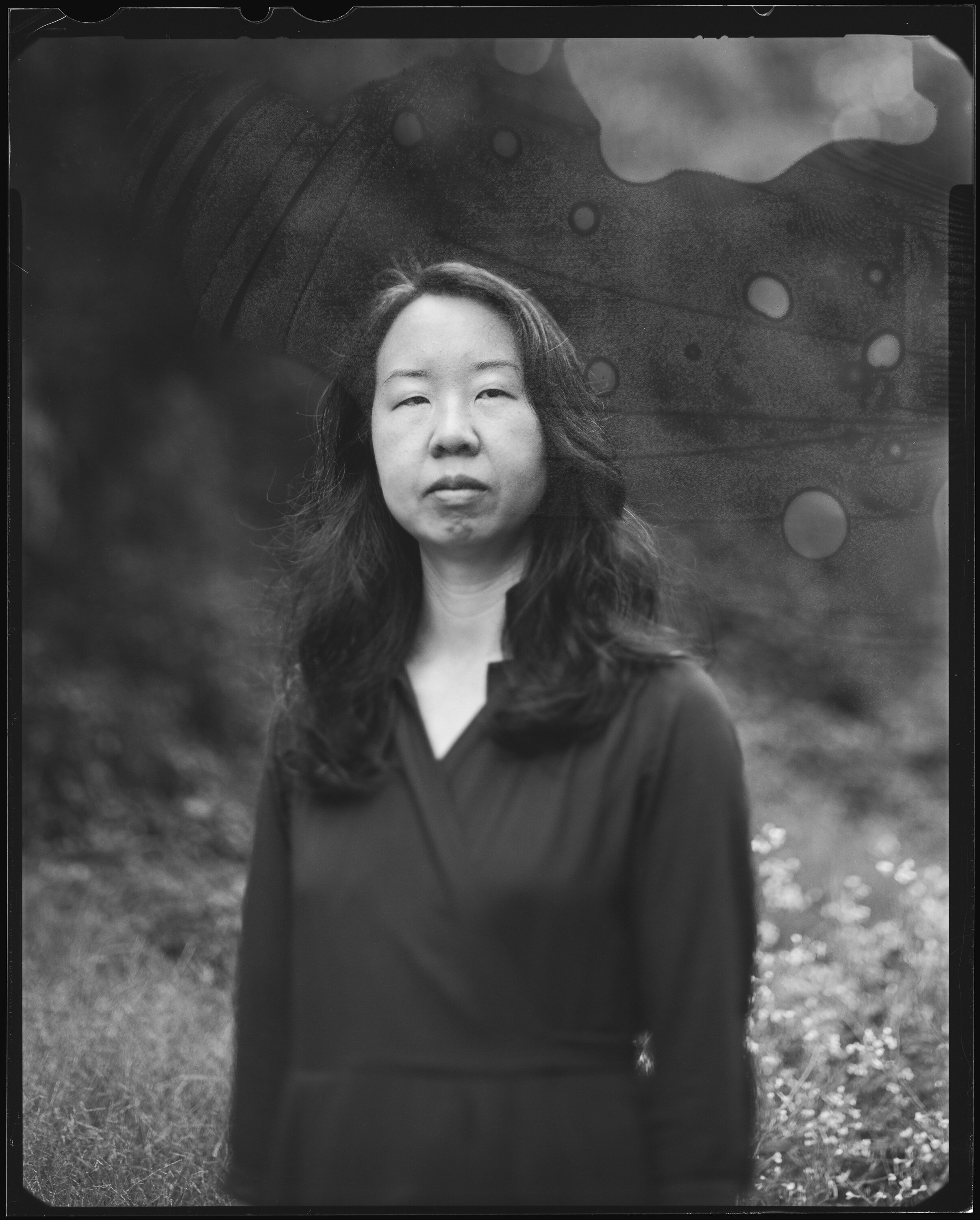
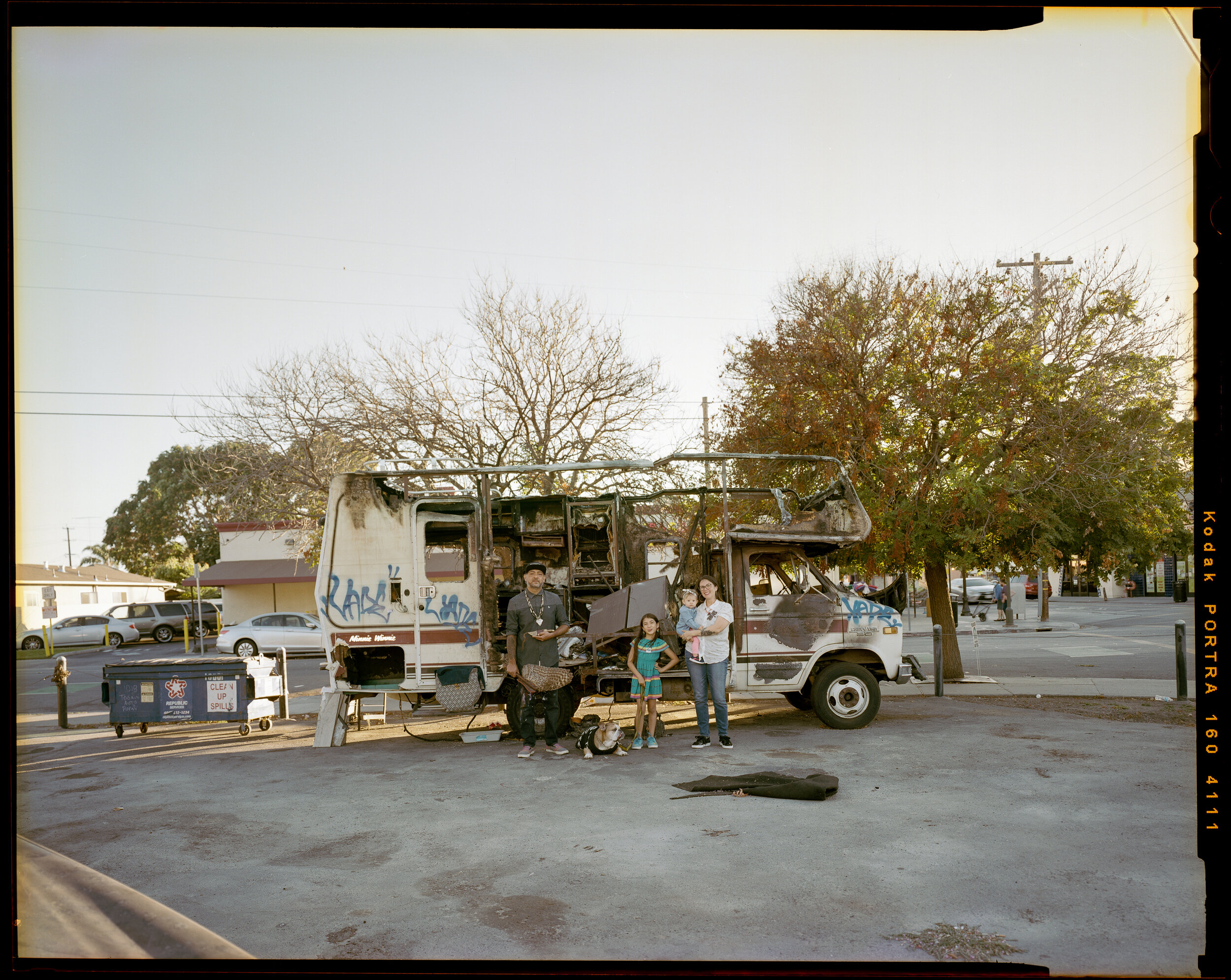
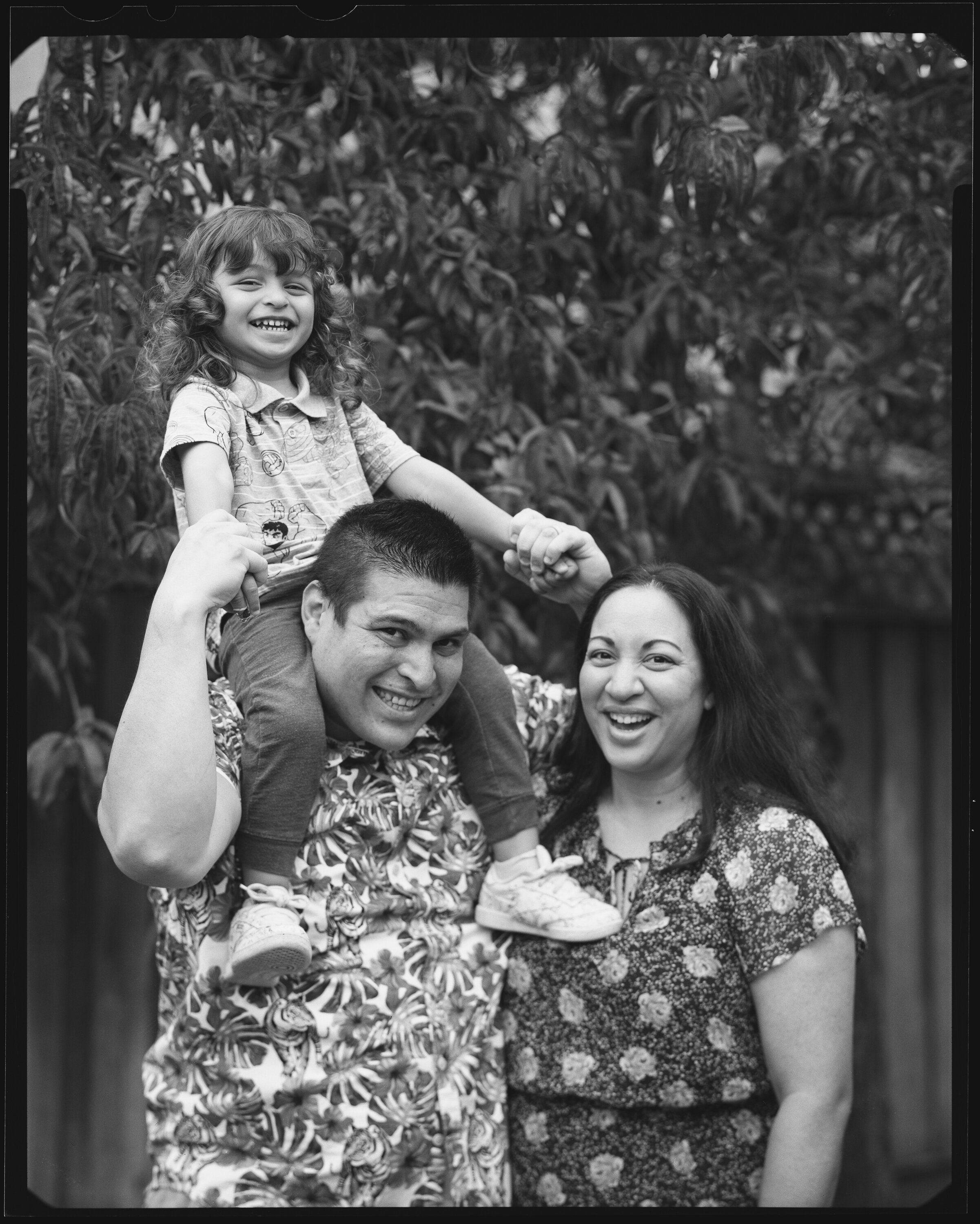
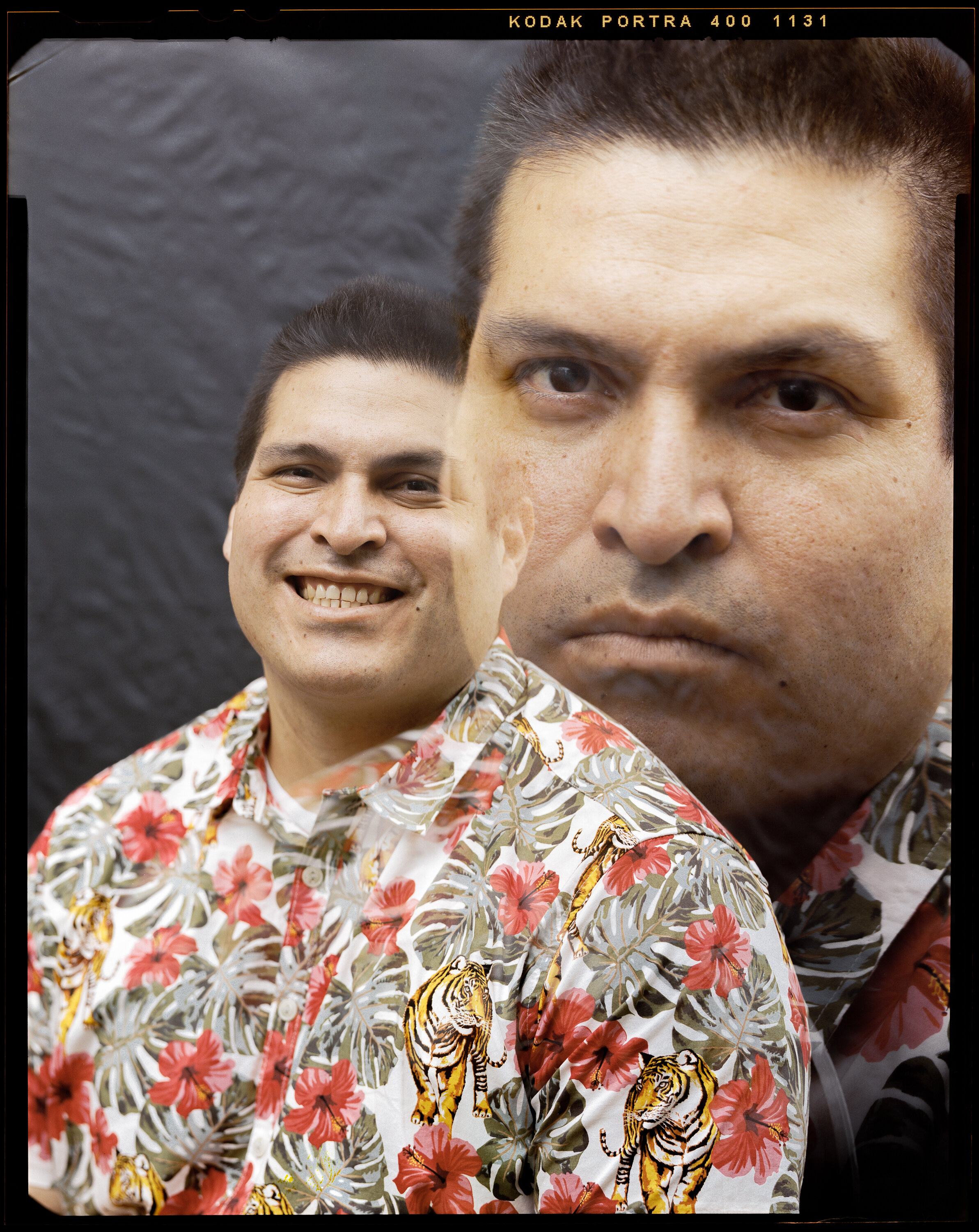
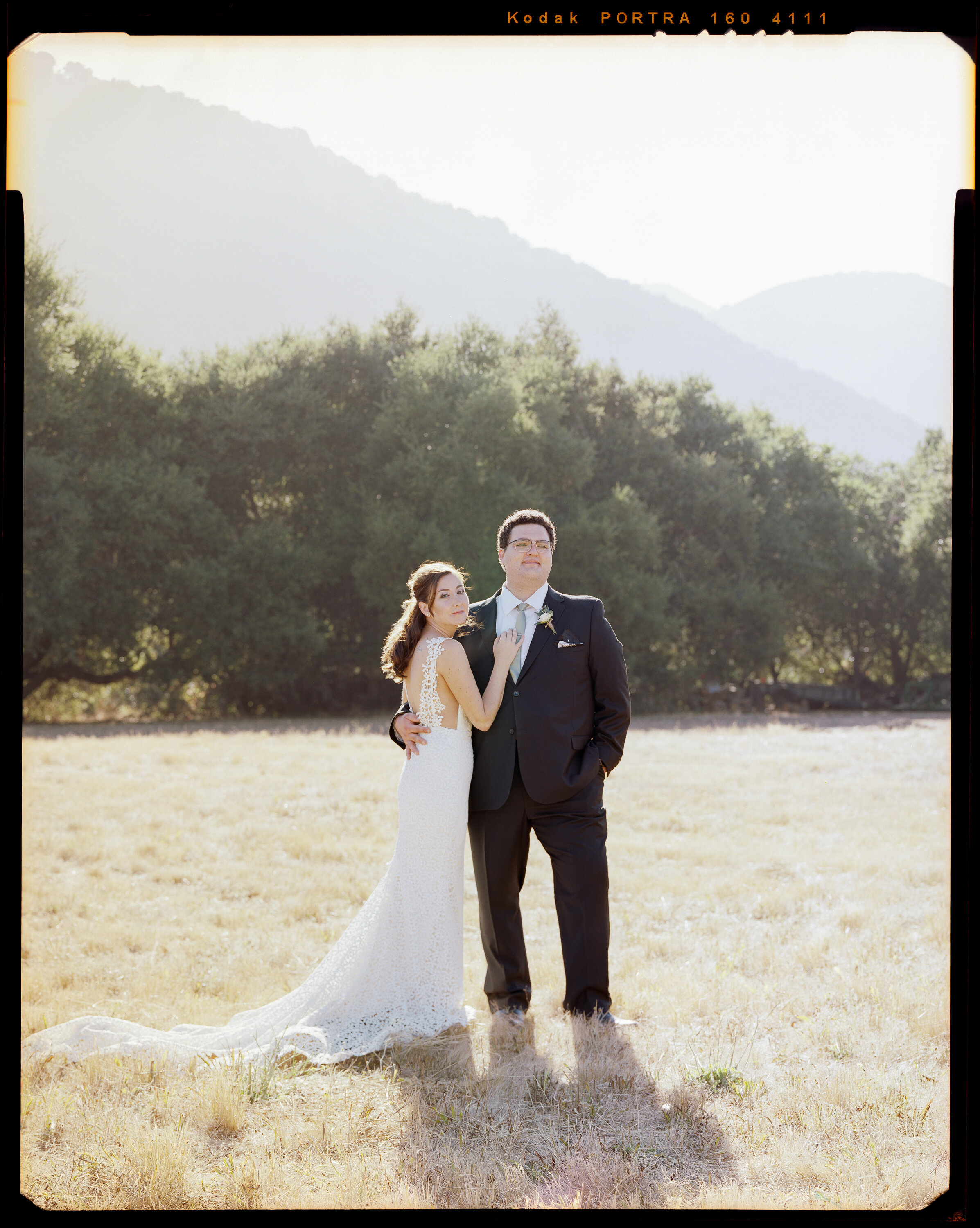
See more samples further down this page - click here.
It’s hard to know which organizations to invest in. We spent a lot of time researching ones that are both doing effective long-term work, as well as helping with immediate needs for important causes.
We recommend investing in one or more of these organizations:
Middle East Children’s Alliance
“The Middle East Children’s Alliance is a nonprofit organization working for the rights and the well-being of children in the Middle East. MECA supports dozens of community projects for Palestinian children and refugees from Syria.
Amidst the ongoing attack on Gaza, MECA team and partners are providing emergency assistance to families who have fled their homes to seek shelter with relatives as well as procuring emergency medical supplies for hospitals and clinics.”
“We advocate for policies to expand voting rights/access, including expanded early voting, resisting voter ID, re-entry restoration of rights and strengthening the Voting Rights Act. We also advocate for policies that intersect with race, gender, economic and other aspects of equity.”
“Transgender Law Center (TLC) is the largest national trans-led organization advocating self-determination for all people. Grounded in legal expertise and committed to racial justice, TLC employs a variety of community-driven strategies to keep transgender and gender nonconforming people alive, thriving, and fighting for liberation.”
Damayan Migrant Workers Association
“We organize low-wage Filipino workers to combat labor trafficking, promote human and worker’s rights, and develop social justice leaders. Damayan empowers low-wage workers to fight for their labor, health, gender, and immigrant rights. Established in 2002, our purpose is to build leadership at the grassroots level to eliminate labor trafficking, fight labor fraud and wage theft, and to demand fair labor standards to achieve economic and social justice.”
“The Marshall Project is a nonpartisan, nonprofit news organization that seeks to create and sustain a sense of national urgency about the U.S. criminal justice system.”
“The Movement for Black Lives is made up of over 150 organizations that coordinate actions, messages and campaigns.” Donations are distributed based on need, reaching many important but lesser-known local and regional organizations that otherwise struggle to fundraise.
Bay Area Immigration Bond Fund
“Our mission is to empower immigrants who are detained in the San Francisco Bay Area to fight their immigration cases while remaining with their families and in the communities within which they live. “
“The Trevor Project is the leading national organization providing crisis intervention and suicide prevention services to lesbian, gay, bisexual, transgender, queer & questioning (LGBTQ) young people under 25.”
“With every donation, RIP uses its precise data analytics to pinpoint the medical debt of those most in need of relief: households whose incomes are less than four times the federal poverty level guideline or with medical debt representing at least 5% of gross income.”
National Network of Abortion Funds
“The National Network of Abortion Funds builds power with members to remove financial and logistical barriers to abortion access by centering people who have abortions and organizing at the intersections of racial, economic, and reproductive justice.”
We ask that you do not donate to Shaun King or to the Black Lives Matter Global Network, as there are suspicions of fraud surrounding both. The Movement for Black Lives distributes donations to local/regional Black Lives Matter organizations, among others - donate there instead.
We also ask that you do not donate to Campaign Zero, whose purpose is to push for specific police reforms that have already proven ineffective and that don’t go far enough to create the fundamental changes needed in policing and criminal justice.
Request a Session
Minimum $200 contribution
3 black and white field camera portraits, varying poses/setups
Minimum $300 contribution
3 black and white field camera portraits, plus a roll of color film (at least 5 photos)
Things to keep in mind:
Not sure if you’re interested in a regular session instead?
Read about the differences between a regular session and a field camera session here.
You can ask me general questions here.
We prefer to do Field Camera Sessions outdoors. Please let us know if you would like an indoor location.
Session times are usually around sunrise or sunset. This could be as early as 7am and as late as 6pm depending on the time of year. We’re flexible though.
So far we have done 60+ sessions and have raised over $12,000!
These are some of the receipts from pooled donations we made at the beginning of offering these sessions:
This spreadsheet is always up to date with the donation totals:
Why are you doing this?
My particular art and photography skills have little practical use in ending police brutality and dismantling systemic racism, and I want to do more.
Donating is one of the best ways - in particular for non-black allies - to support this cause. We’ve reached a critical stage as a society and donations help enable immediate, effective change in this important moment.
But I know that there are many hurdles that prevent people from donating. My photography business has been heavily impacted by the COVID-19 pandemic and I don’t personally have lots of money to donate, so my aim is to provide something that lowers the hurdles to donation for others and encourages those in my client and friend network to donate if they haven’t already (and I’m sure many of you have). These sessions also can be done safely during a pandemic.
The goal is not only to raise awareness and money for these important causes but also creating a lasting work of art for you as our thank you for helping us make an impact.
Our Wista 4x5 view camera. Looks like it was made in the 1890s but it was actually made in the 1990s.
Field Camera Portraits
Compared to digital photography, large format film photography with a view camera is a hands-on, physical art-form; it’s like the difference between digital illustration and oil painting.
There is a characteristic depth and feel to these older art forms that can’t be produced purely digitally. The medium itself, and the human touch, is part of the art - and in this case, that includes developing the film by hand by ourselves. It’s well-understood science, but there’s still something magical about light-sensitive silver on film revealing an image. Small imperfections are inevitable, and like in painting, add to the inimitable character and charm of the photograph. It’s an exciting creative avenue to explore.
It’s a slow, deliberate process, which we don’t usually have time for with the fast pace of modern life. The type of camera we use - a type of view camera called a field camera (because of its relative portability) - has not fundamentally changed in design and operation since the mid-1800s. You may be familiar with them from period TV and movies, where the photographer goes under a cloth attached to a big boxy camera on a tripod.
What to Expect
These sessions are different from a standard session mainly in that not only are we shooting on film, but we are taking just a few carefully composed shots. Each one may require you, the subject, to be as still as possible.
We will be outside of your home, at a safe distance, and we will be wearing masks.
It can take several minutes to set up each shot so plan on being very patient while we fine tune the settings of the camera for you :)
After we hand-develop and then scan the negatives from your session (which may take a week or so), you can expect to receive at least 2-3 photographs (often more) in a web gallery where you can download high-resolution jpgs, or order prints directly.
Hanging up a freshly developed negative to dry.. on a sock drying rack… over our kitchen sink…
The process
